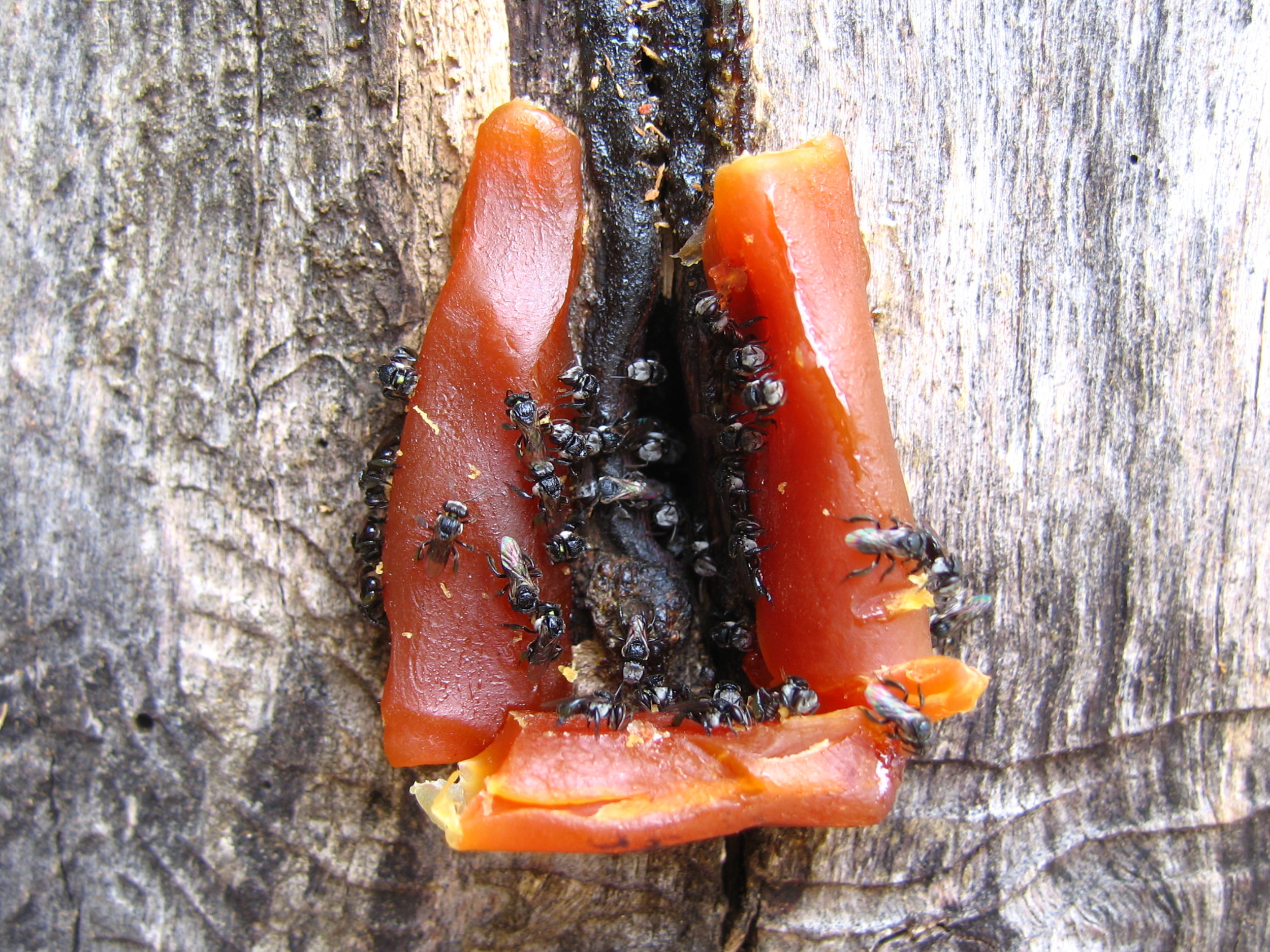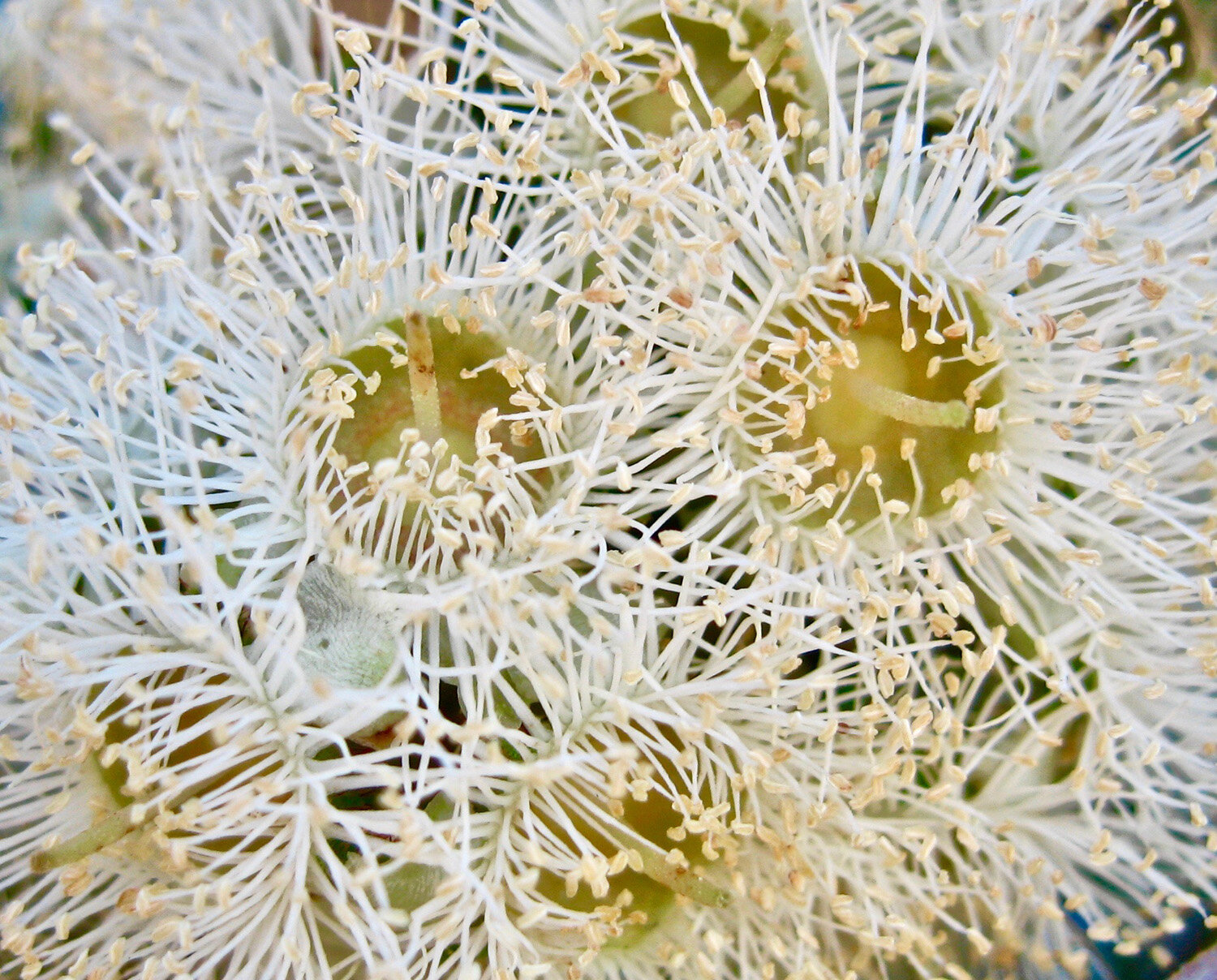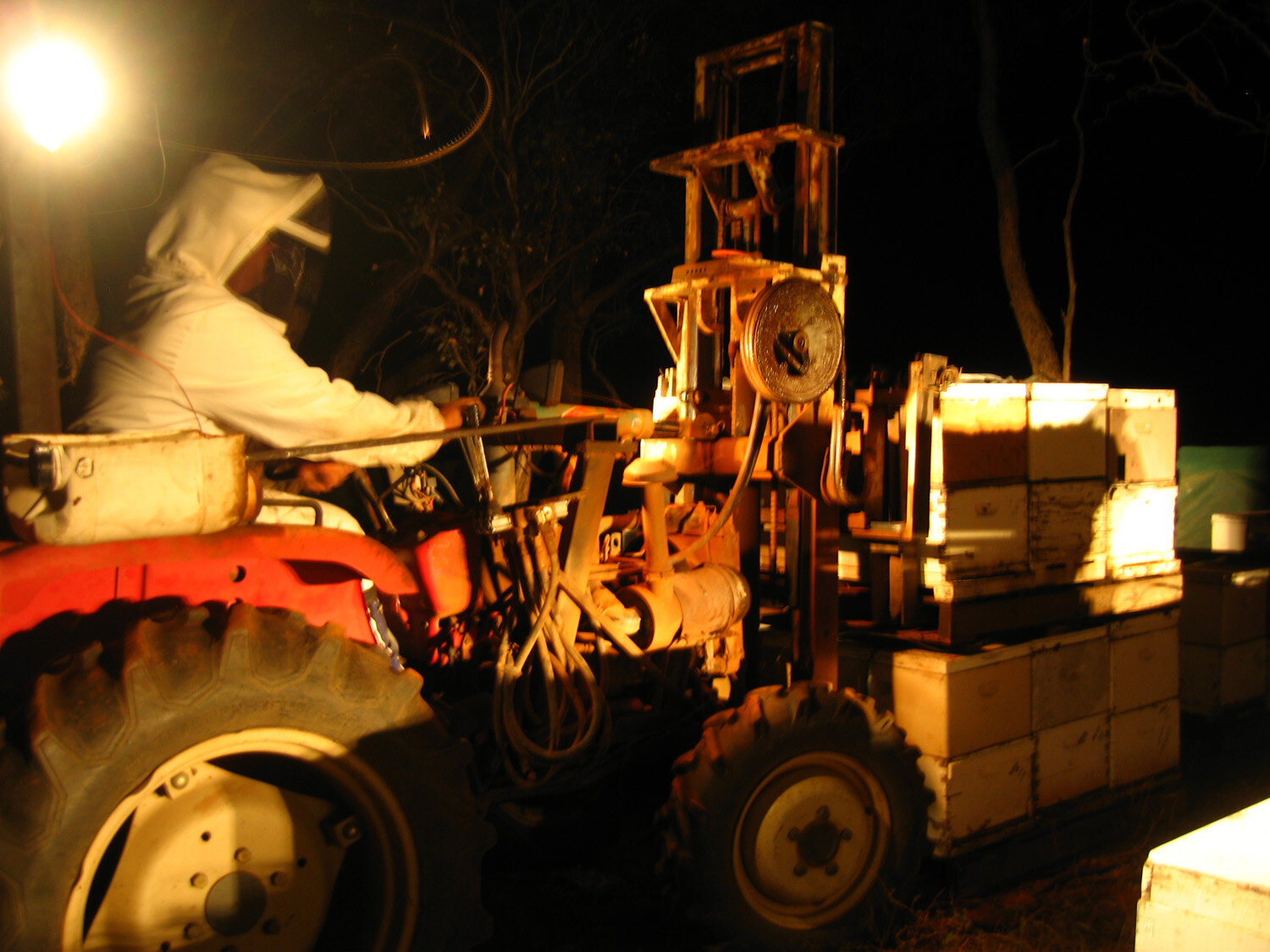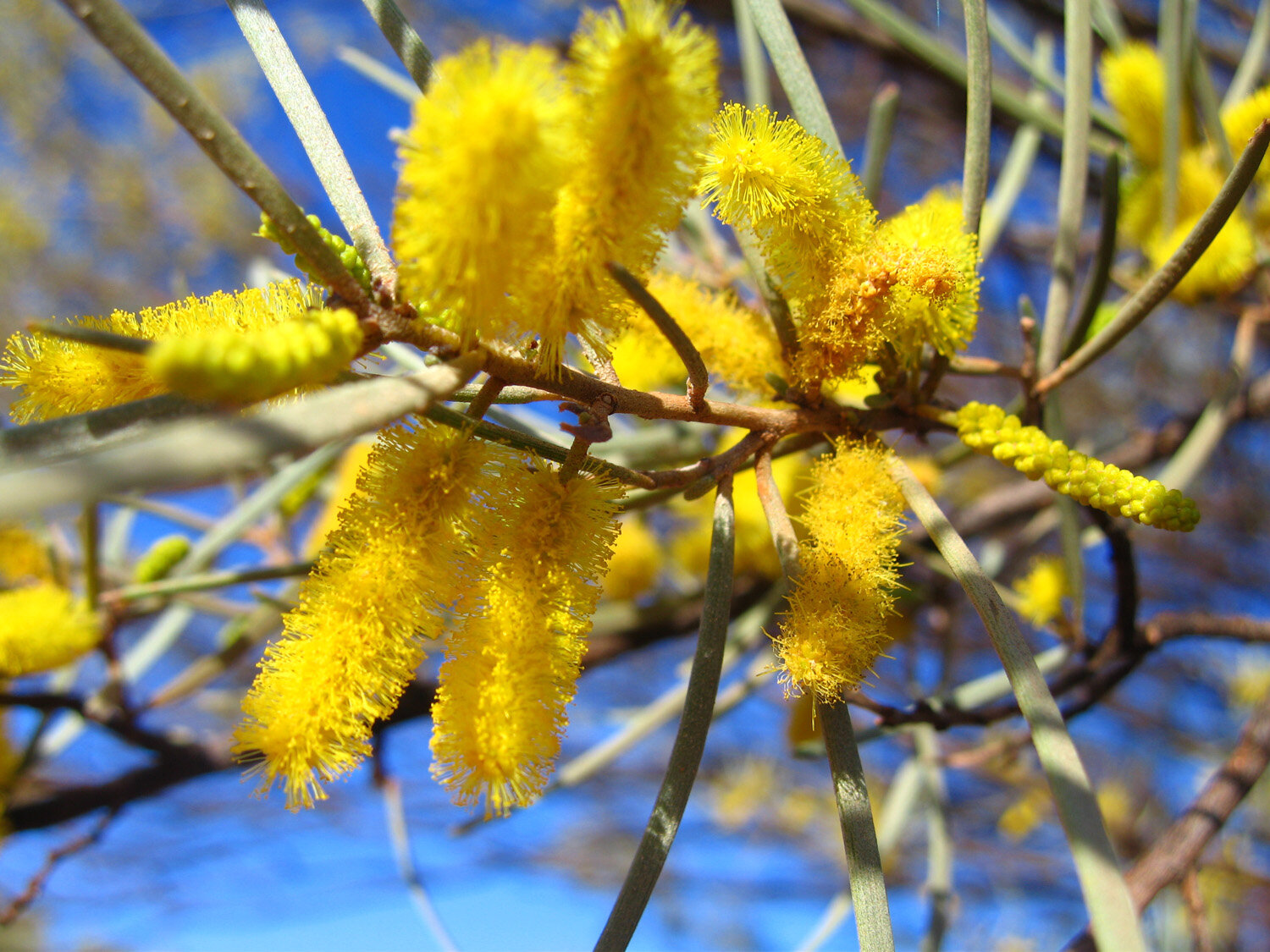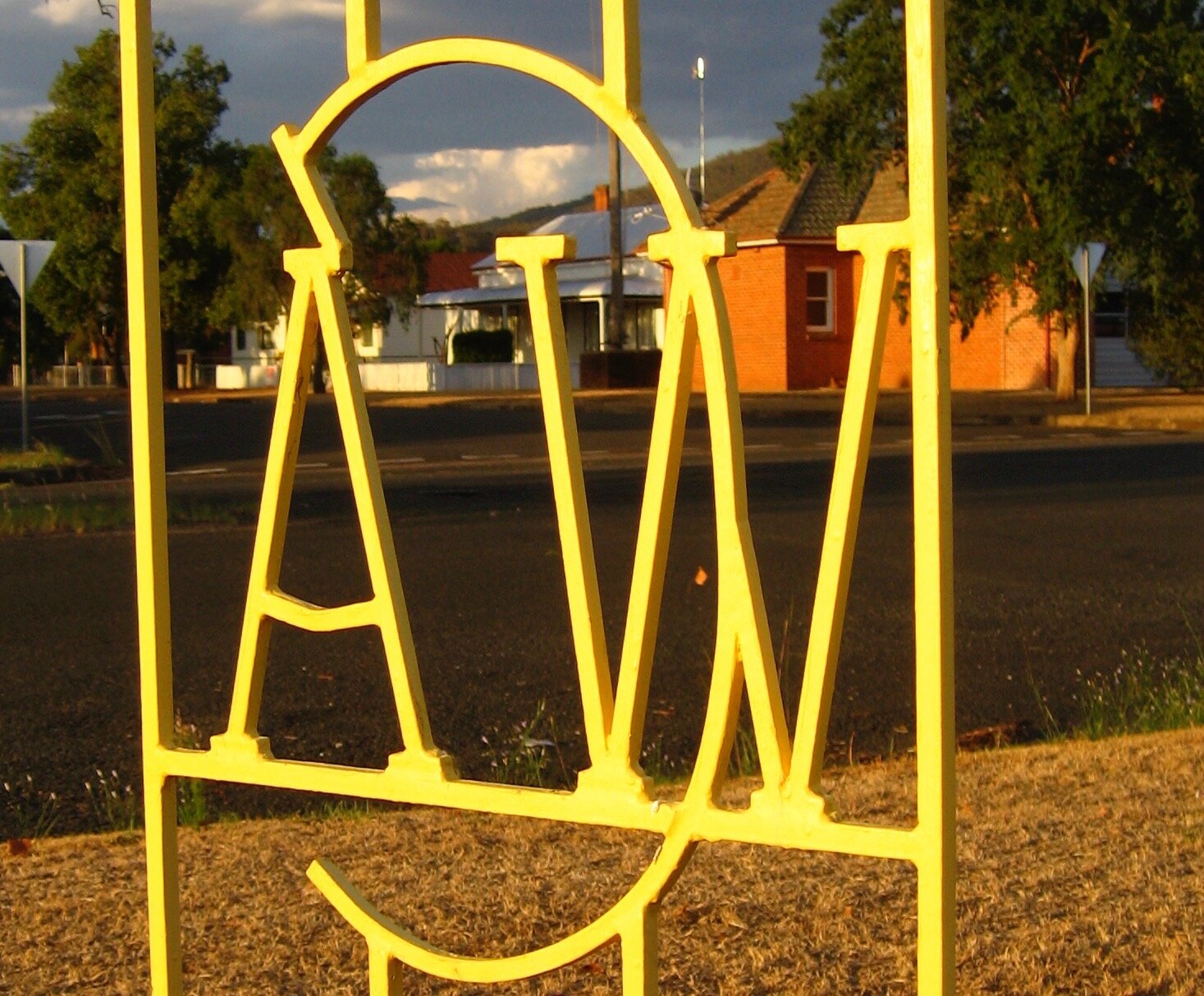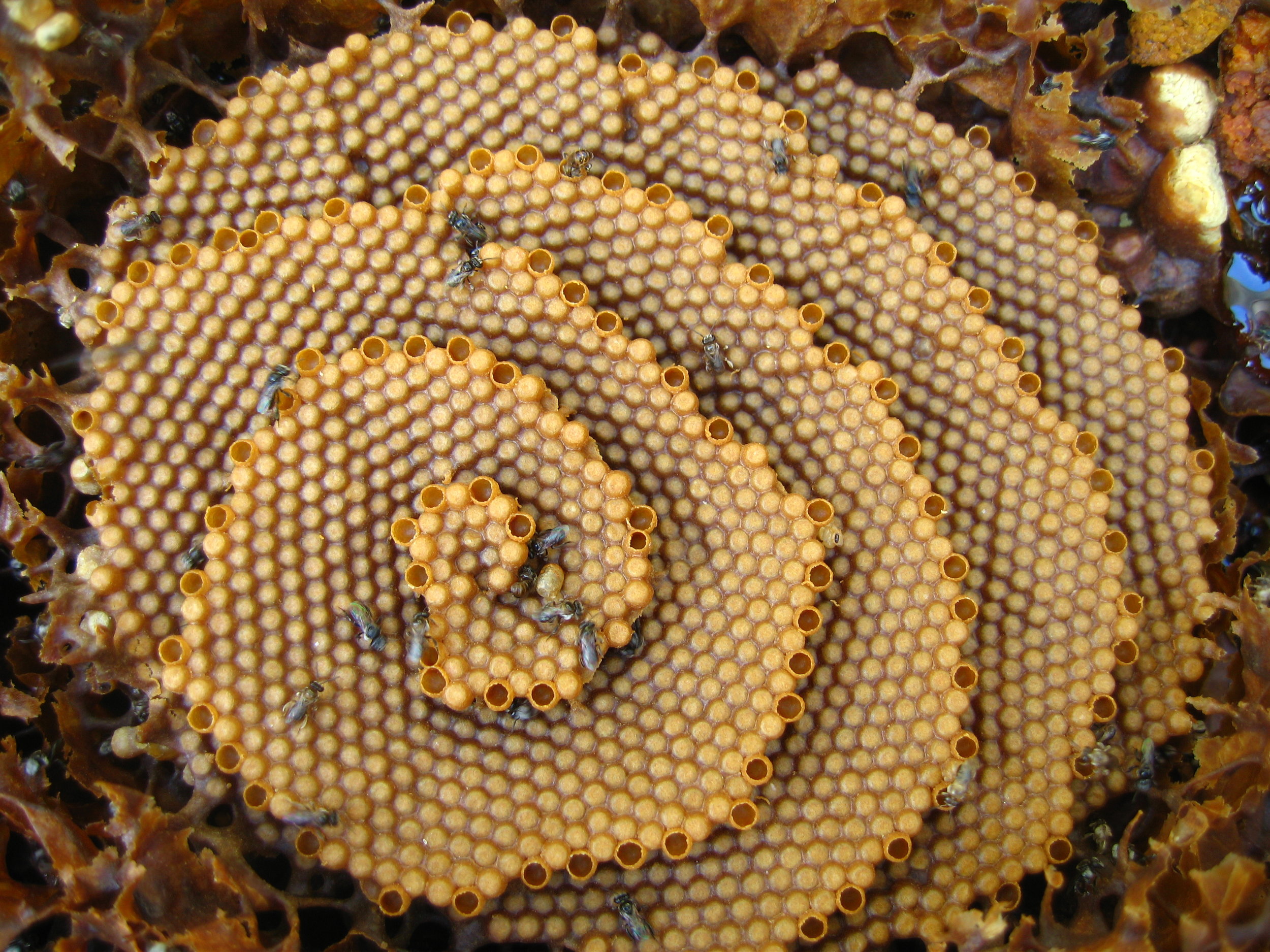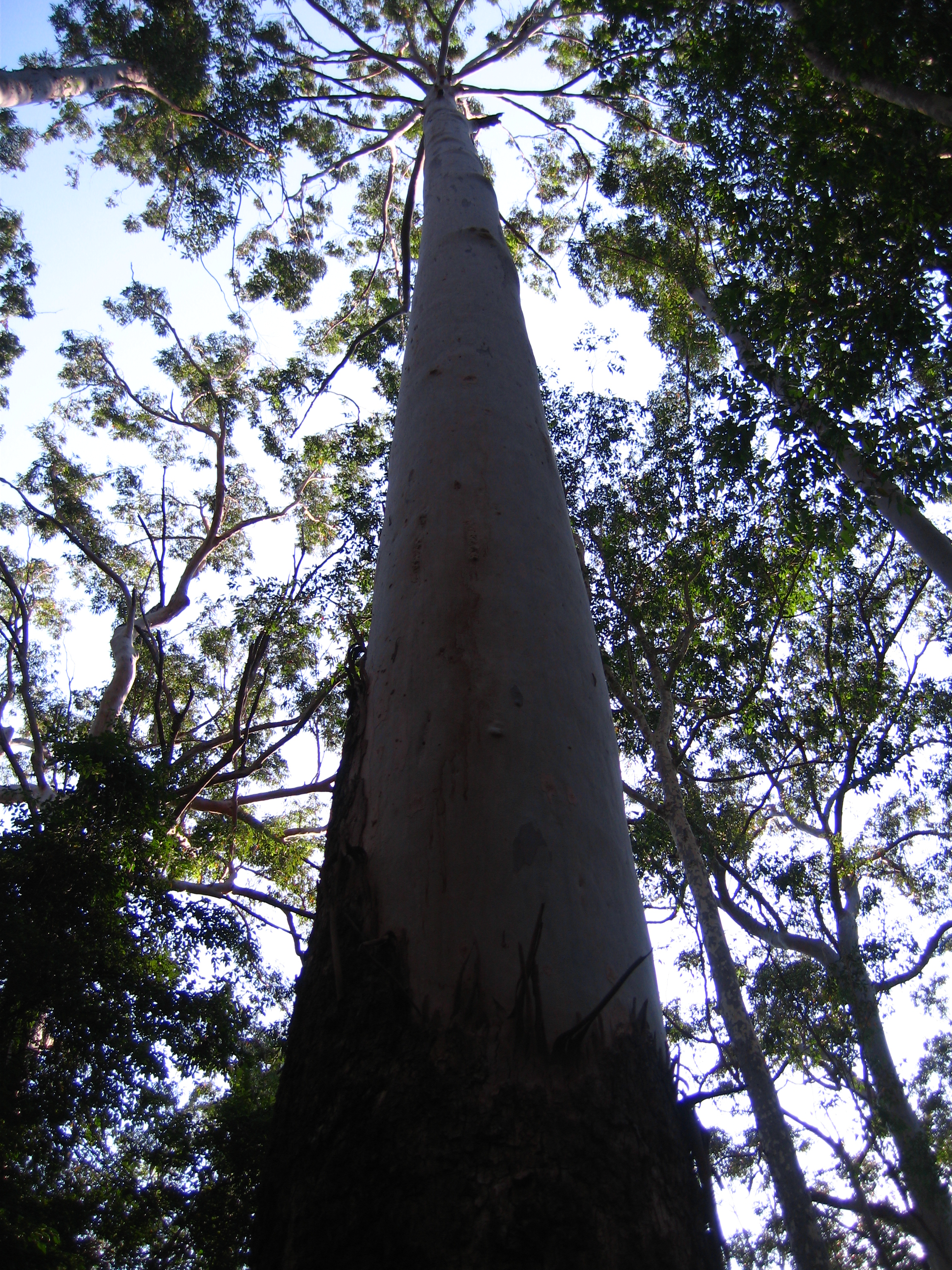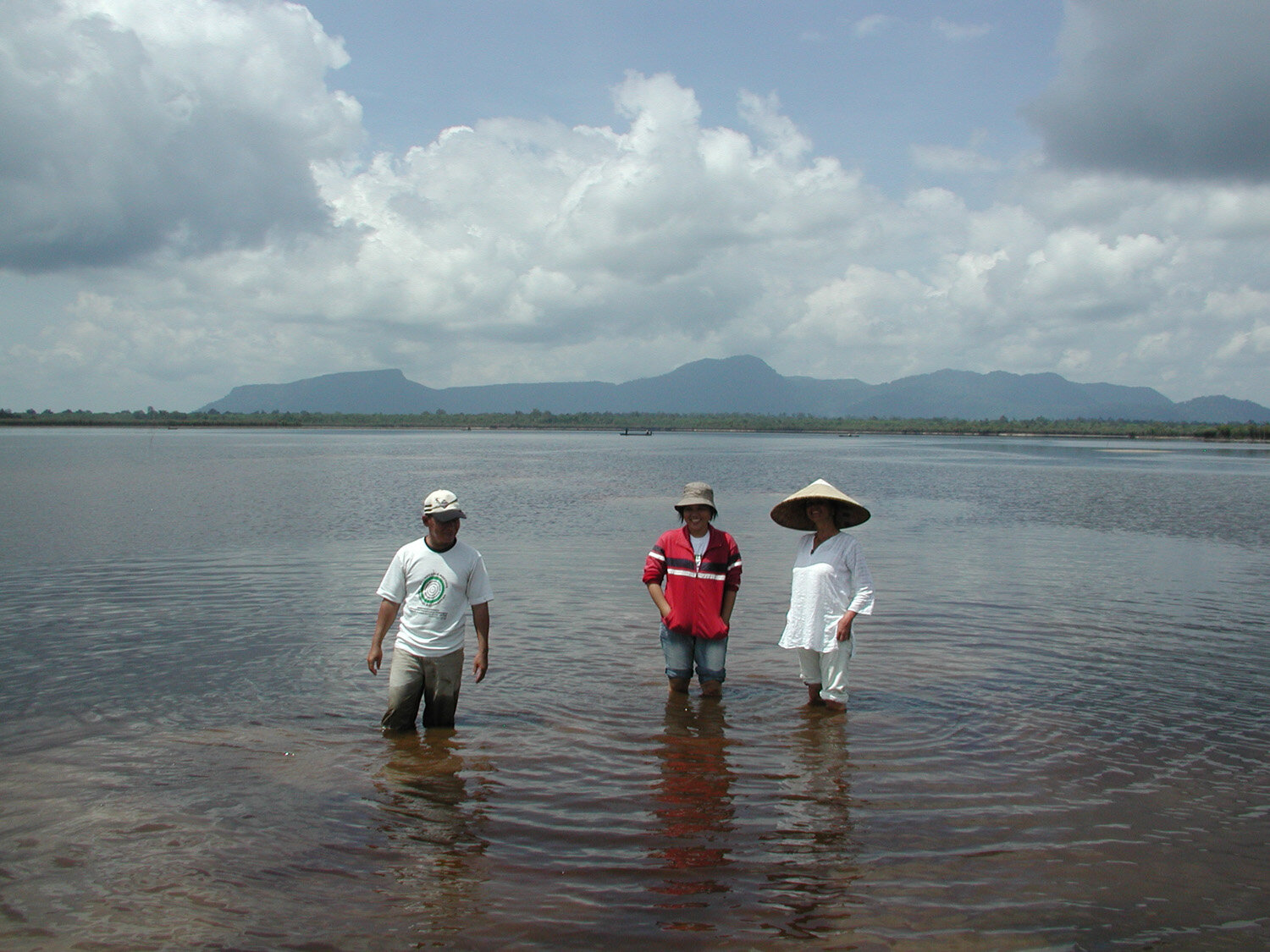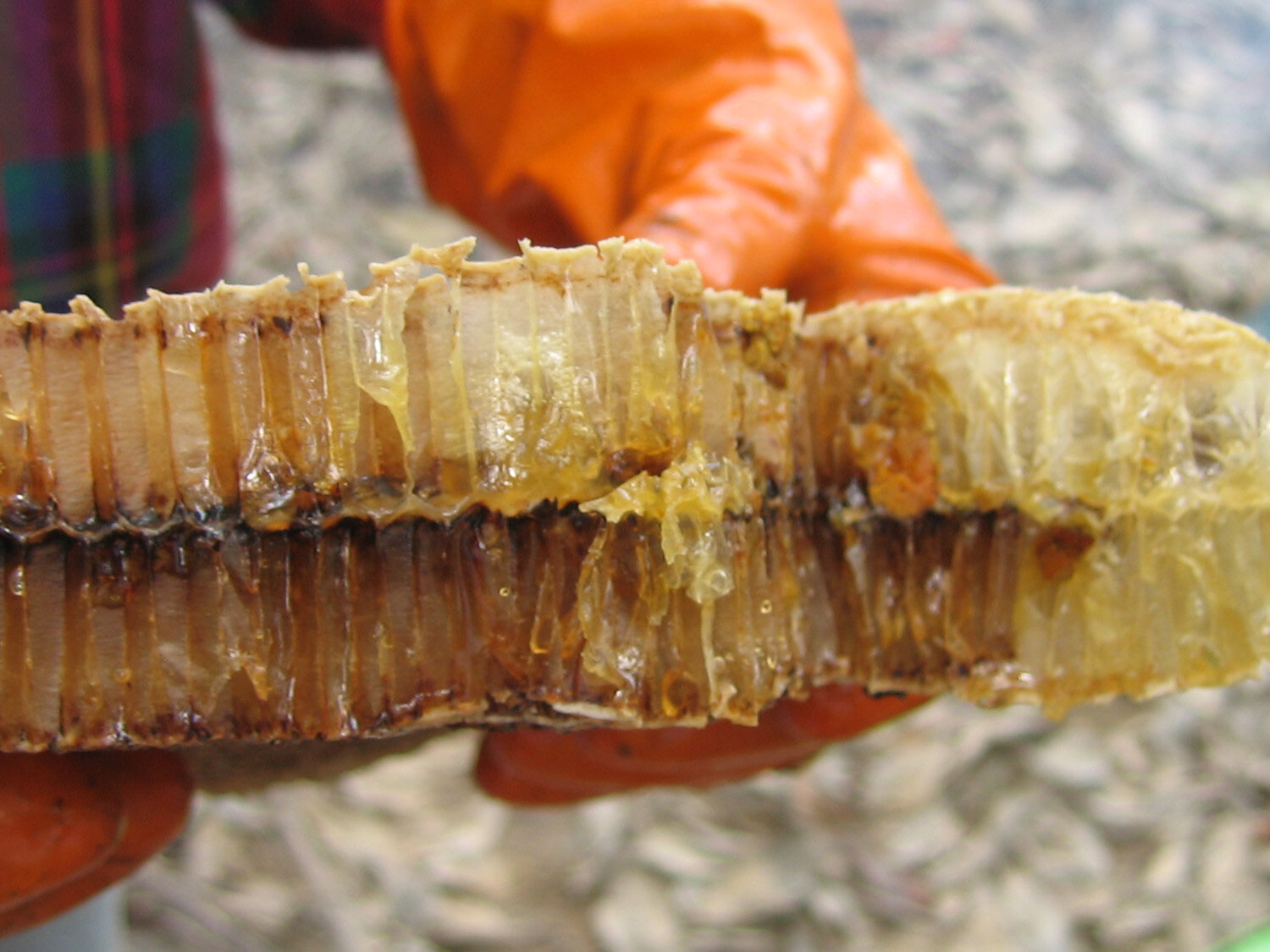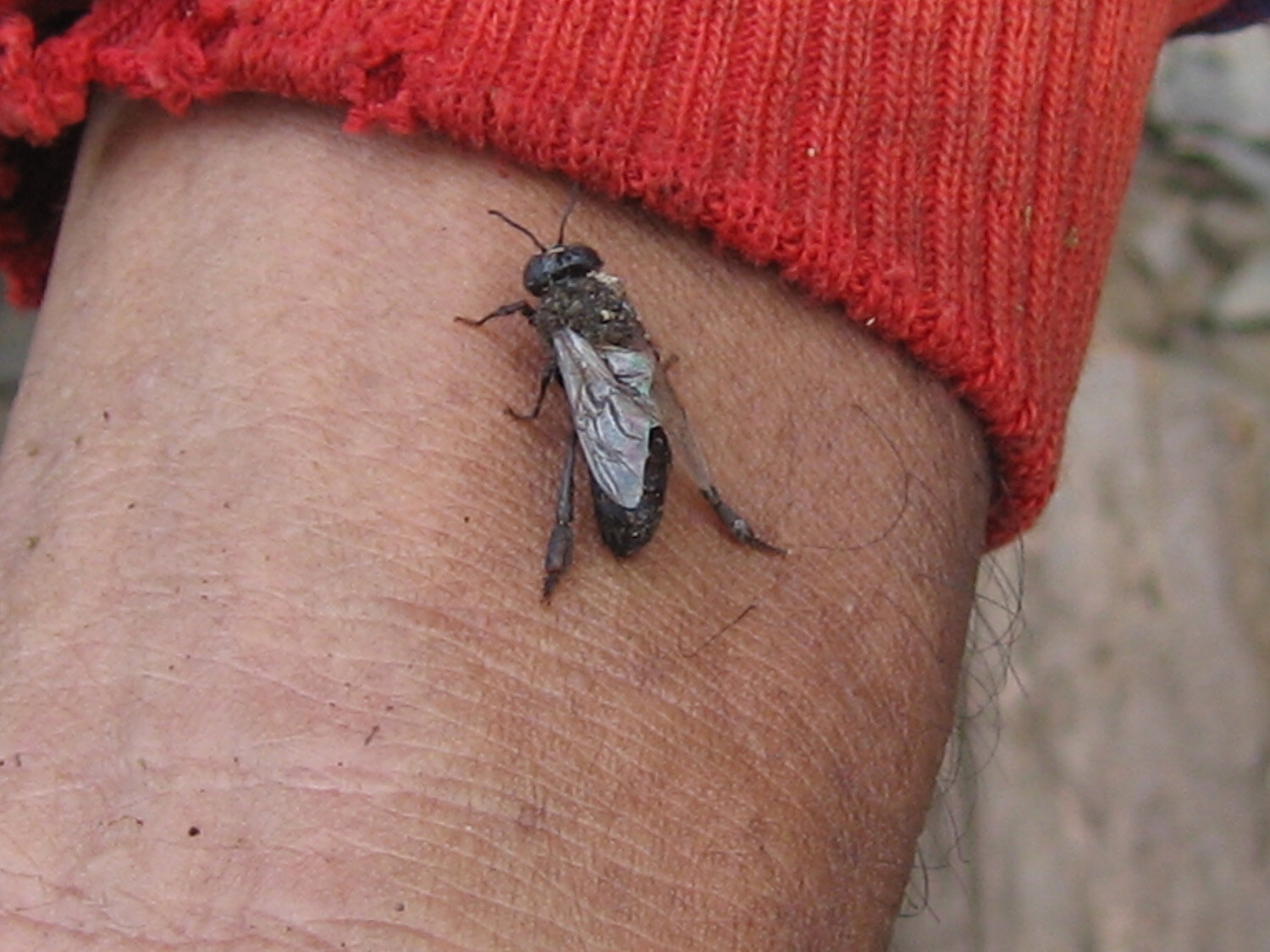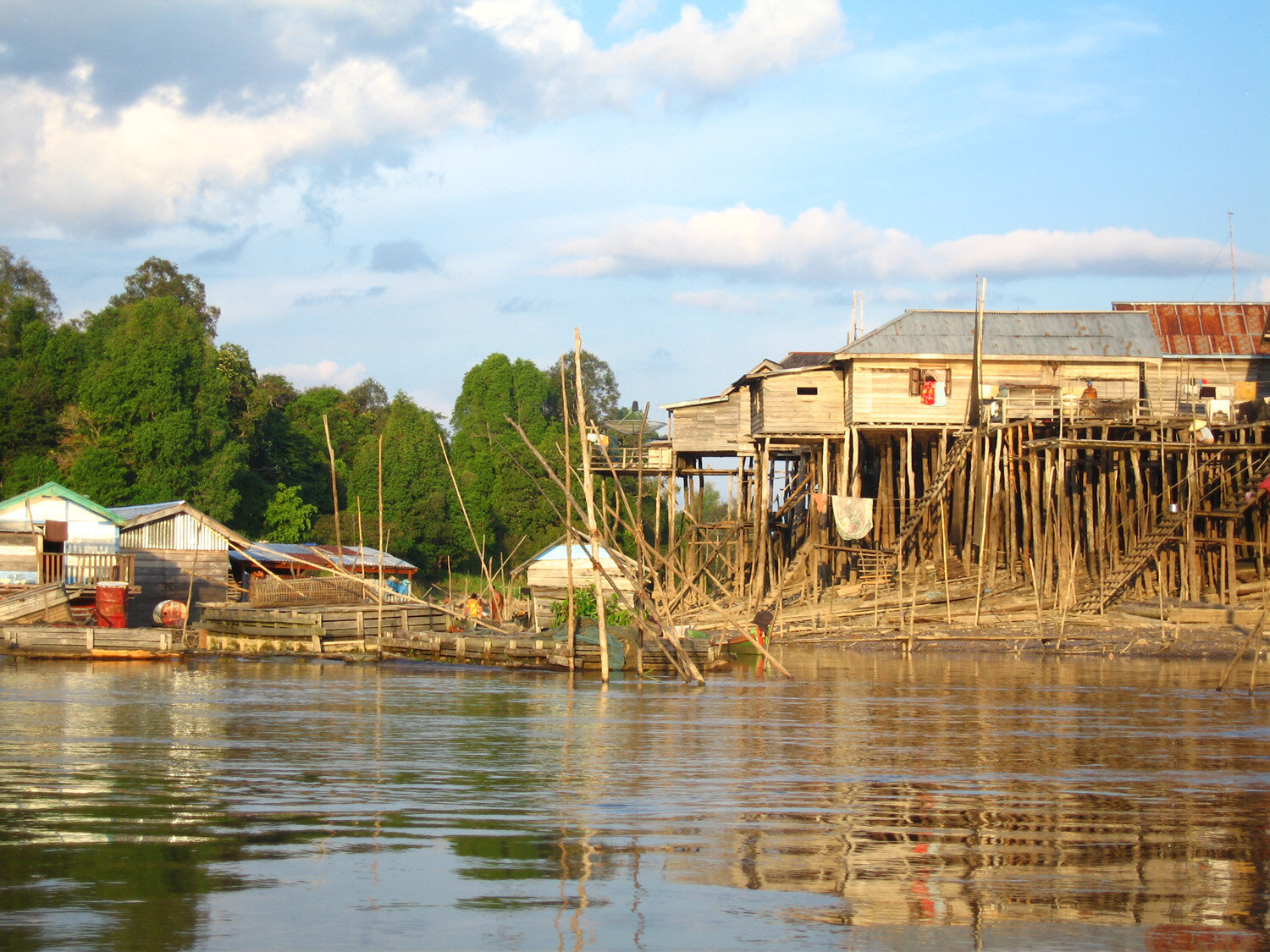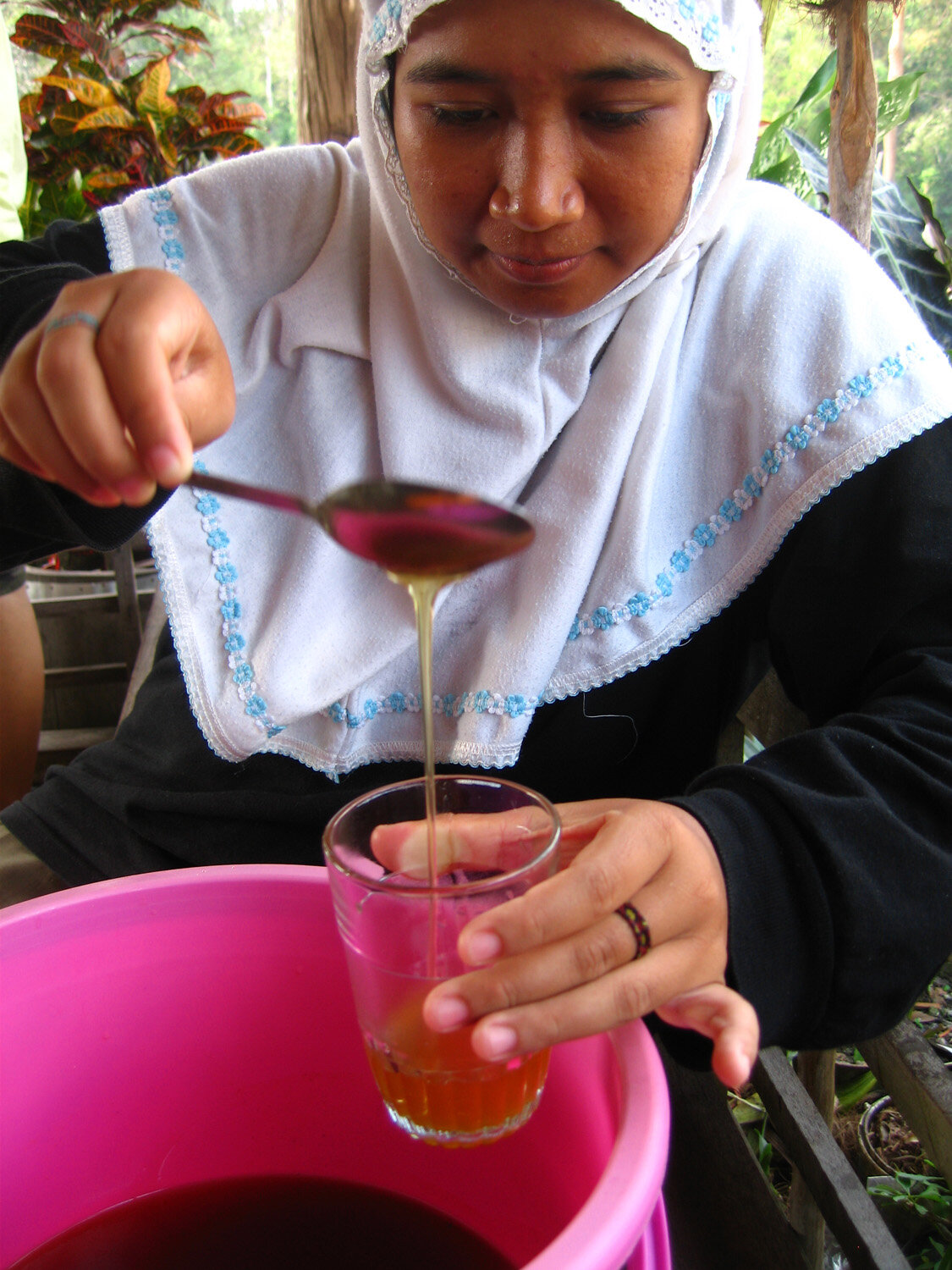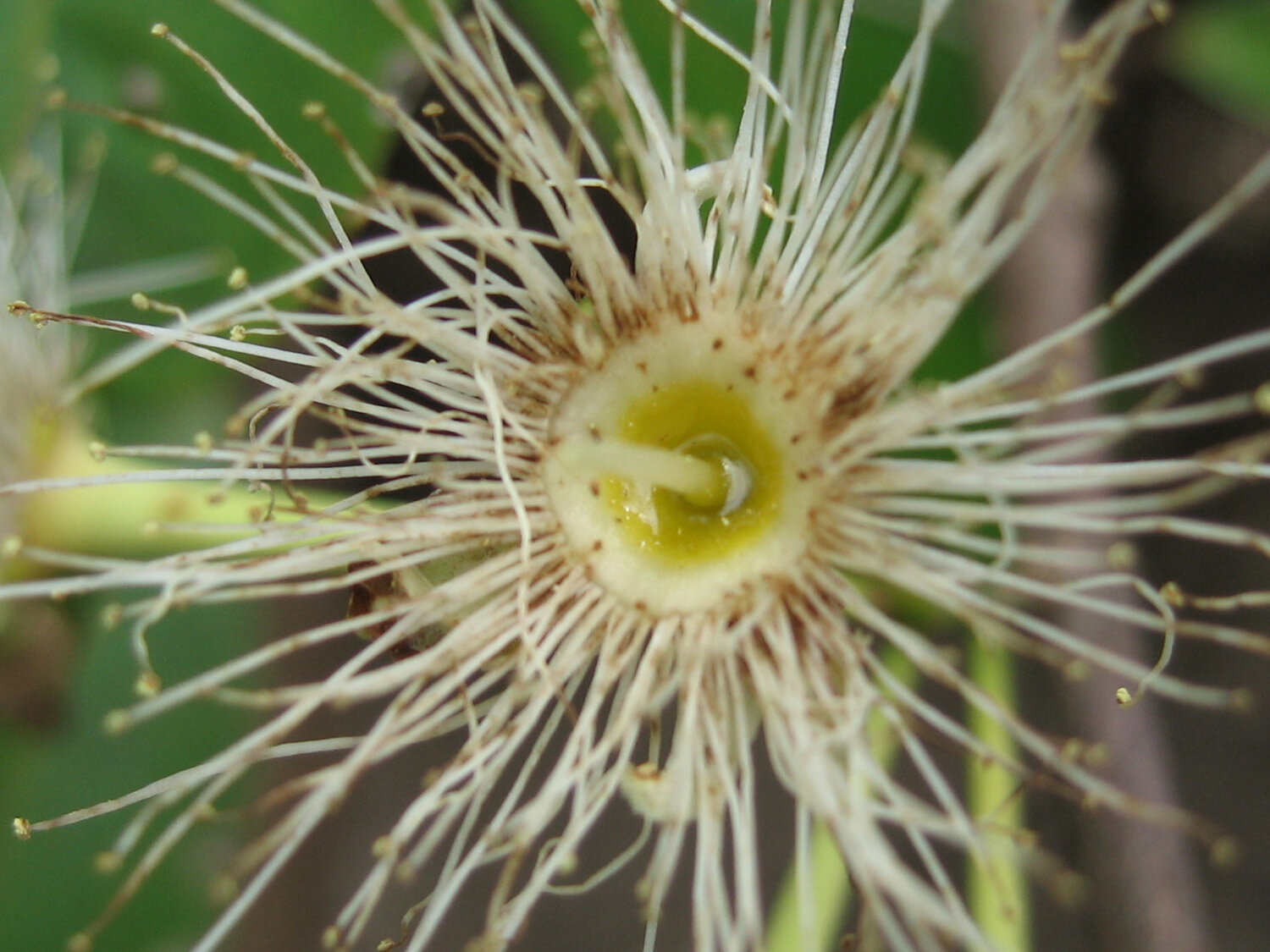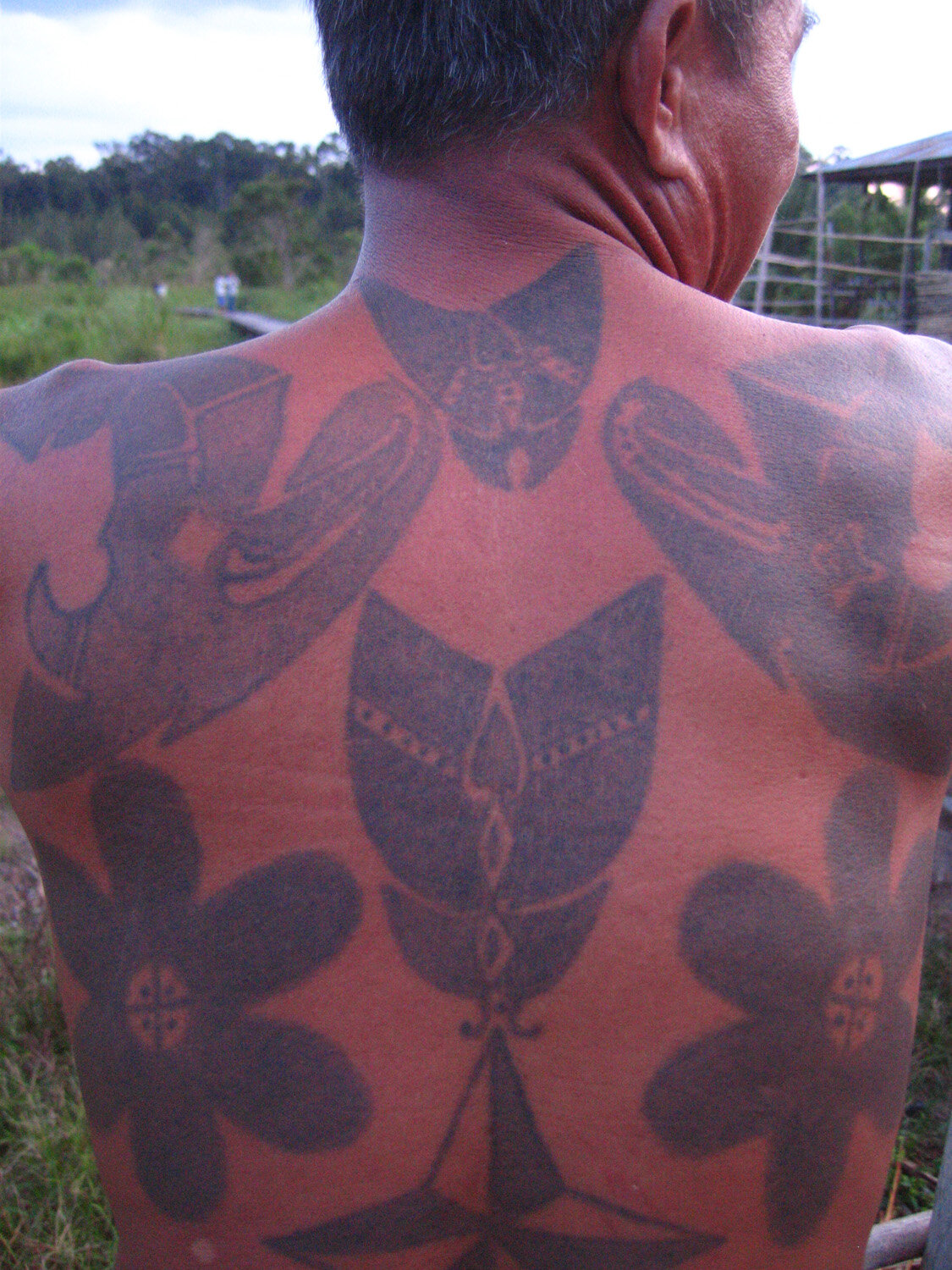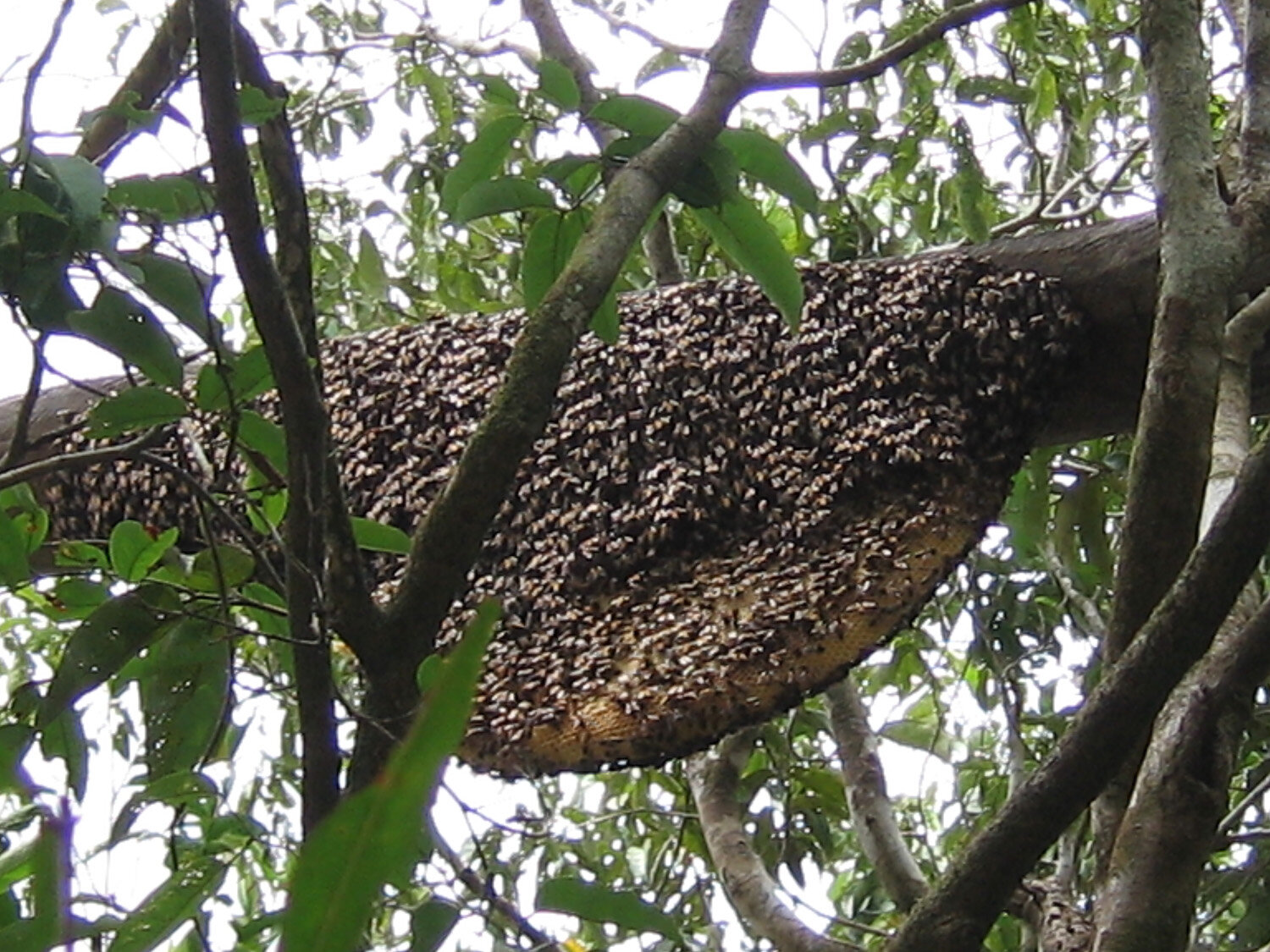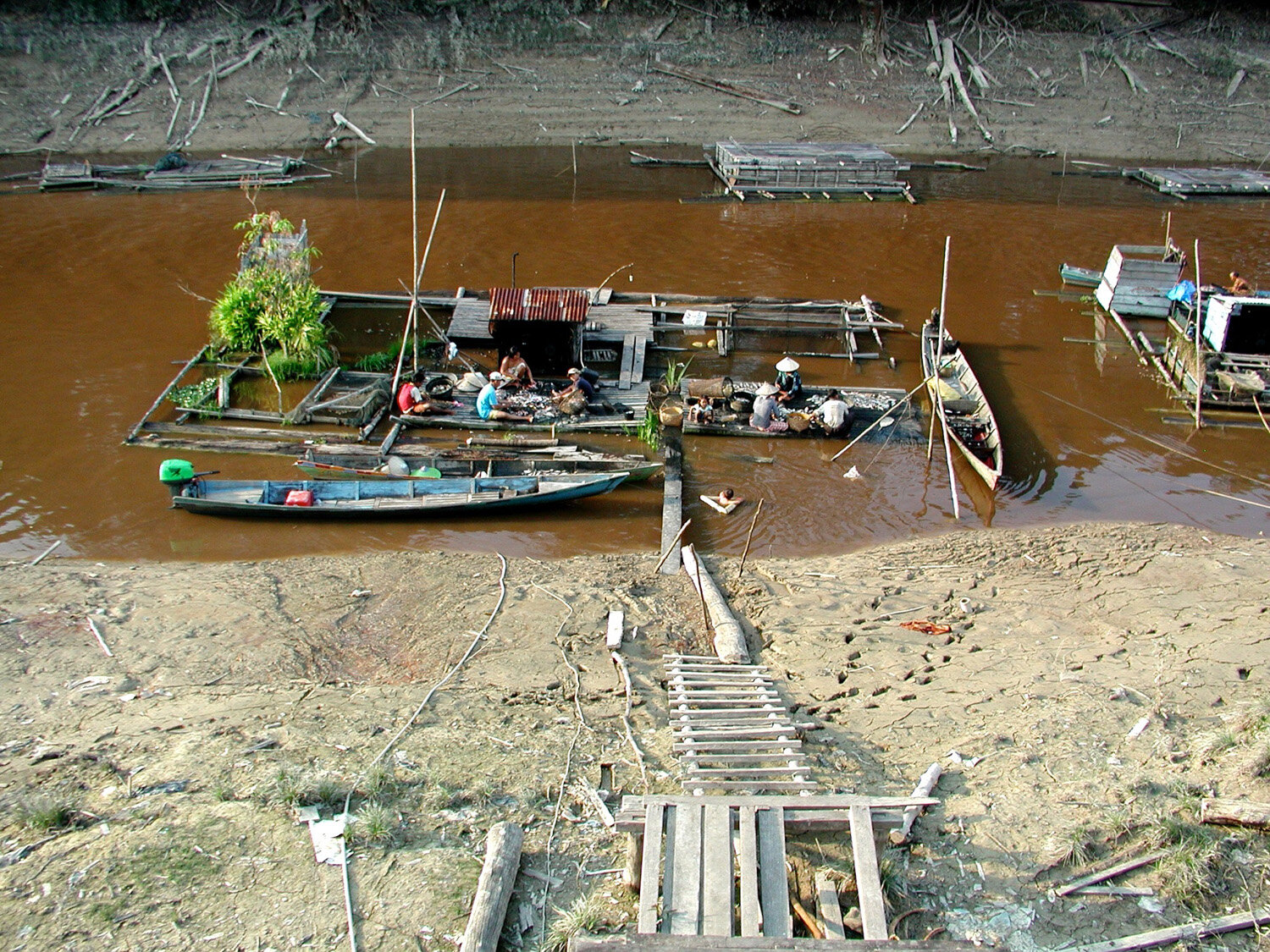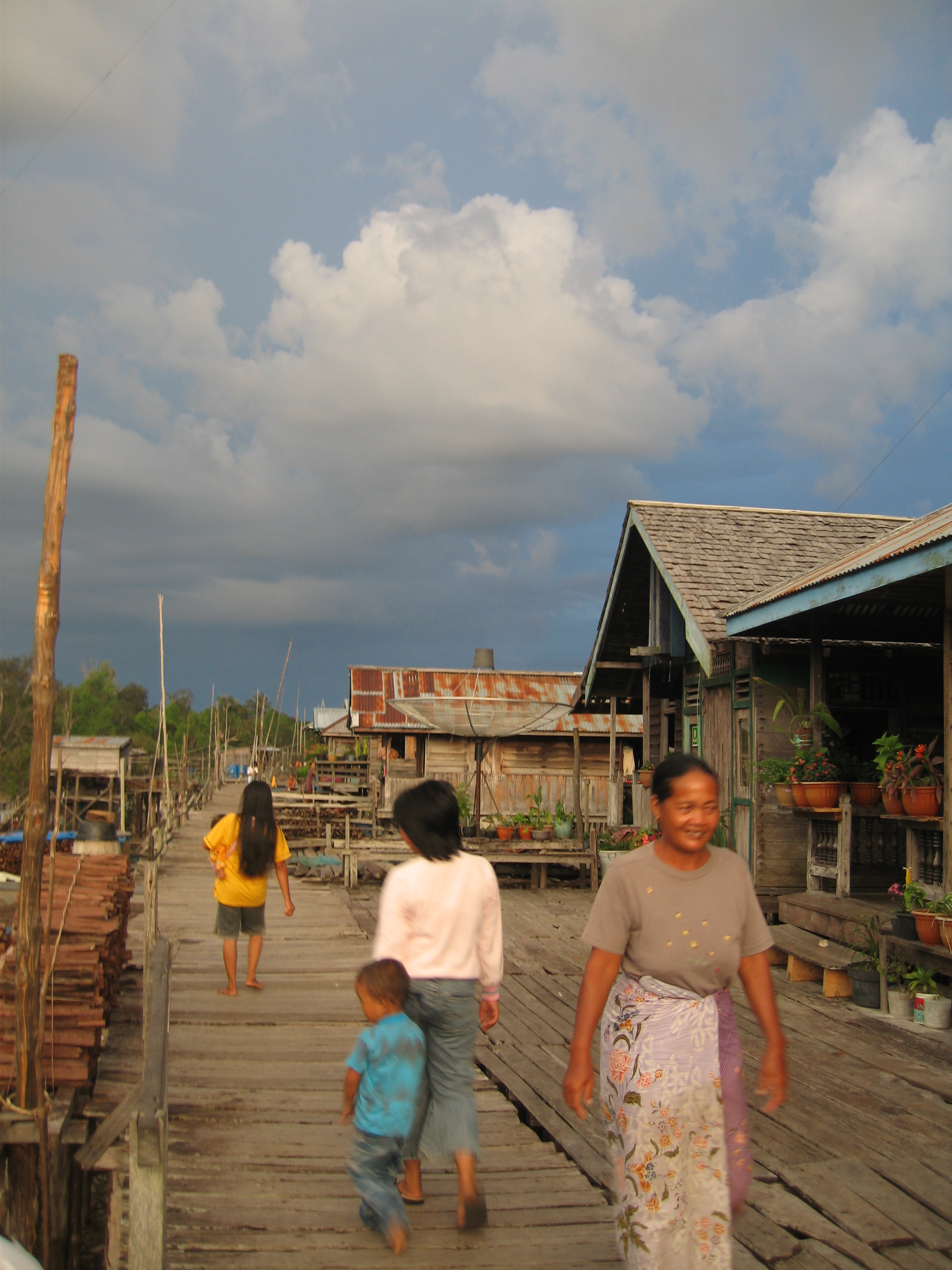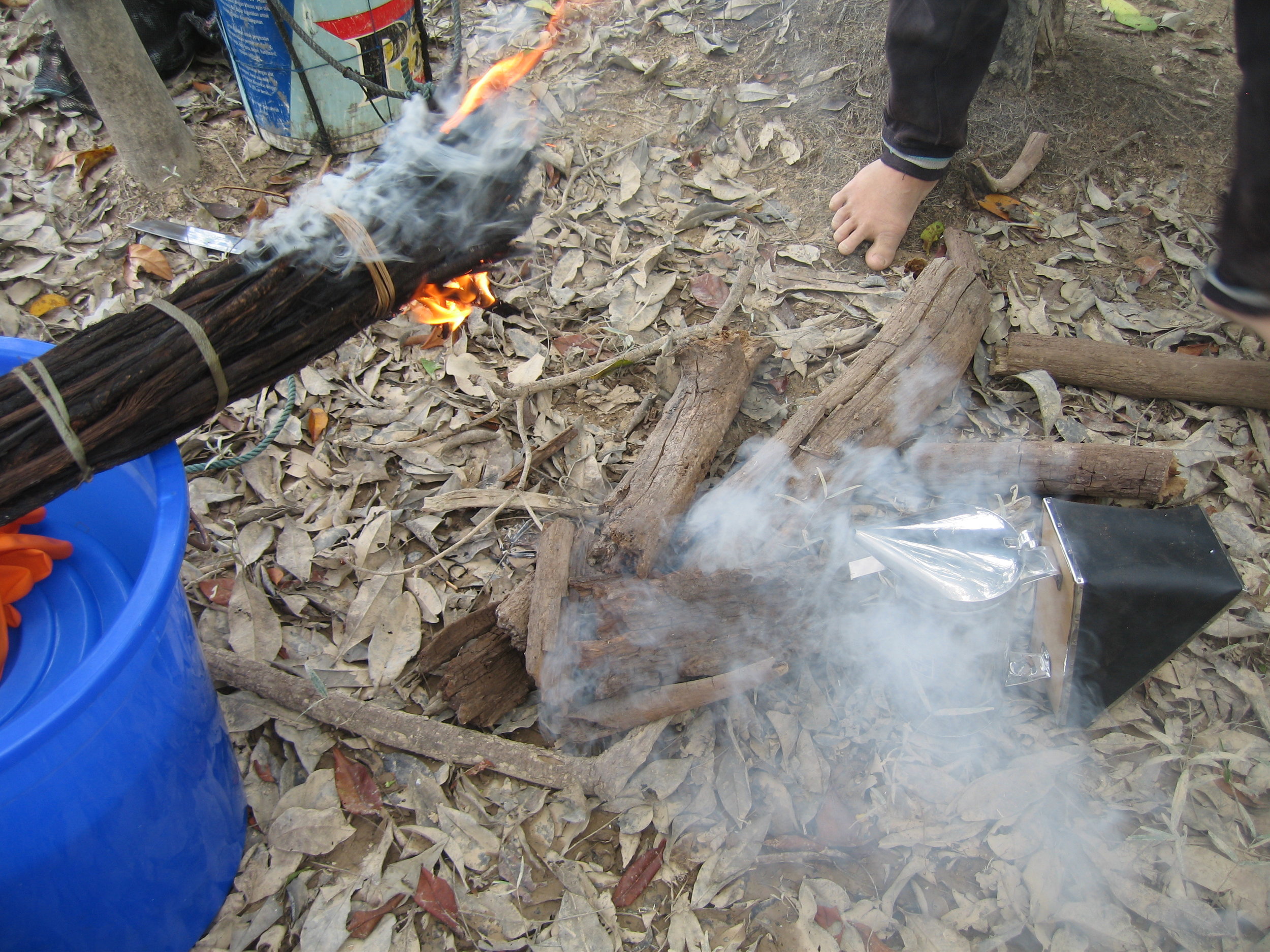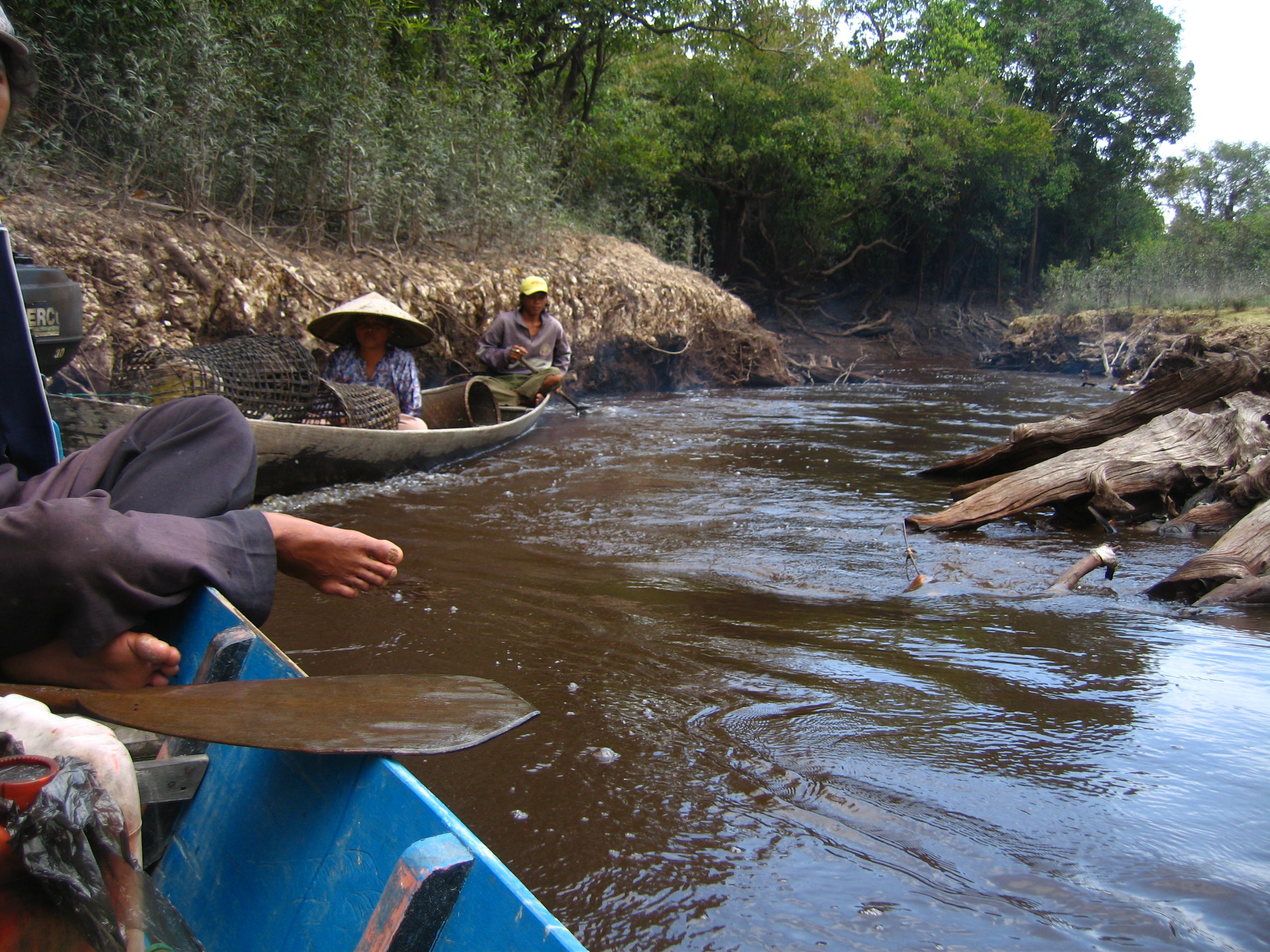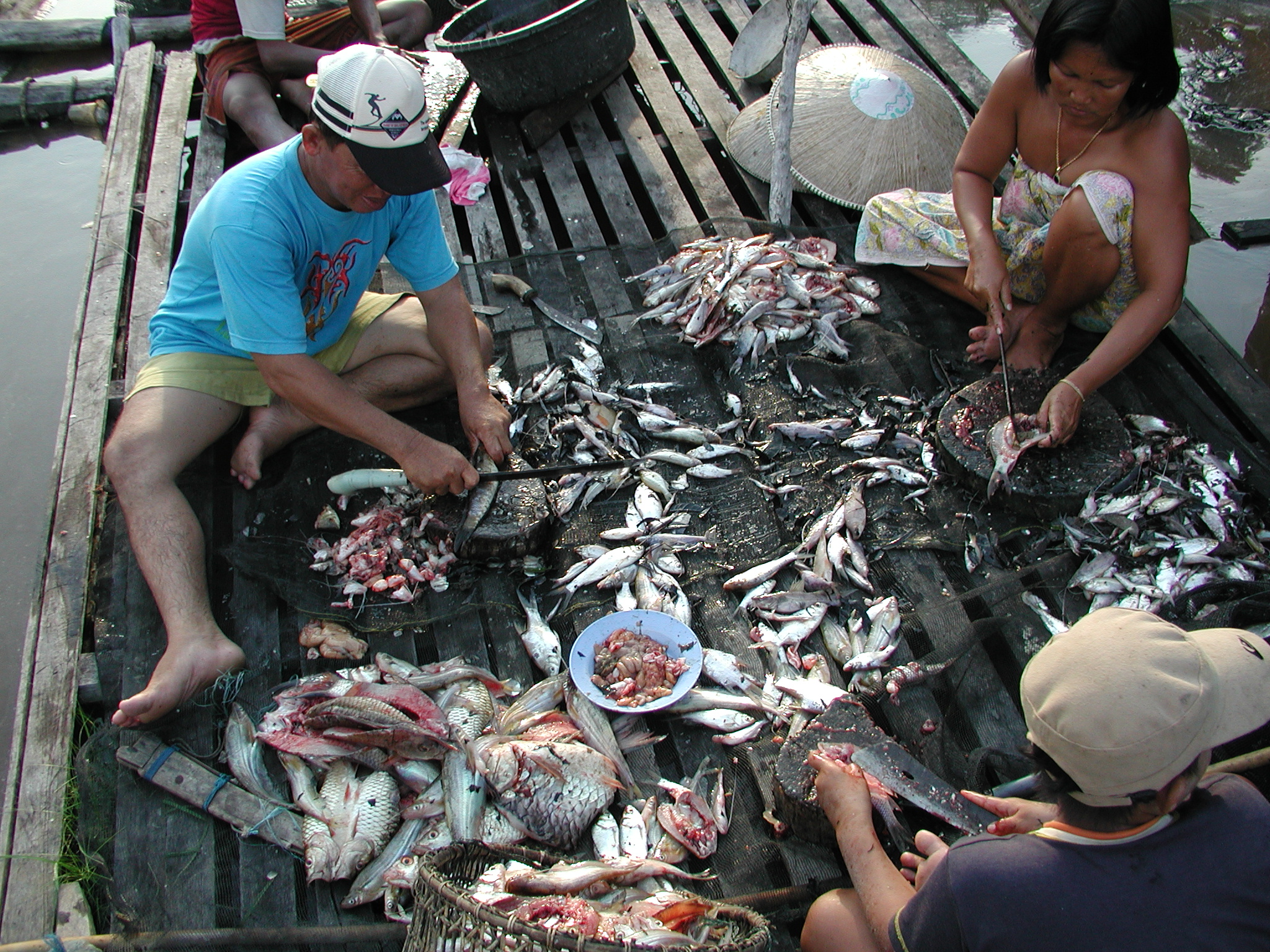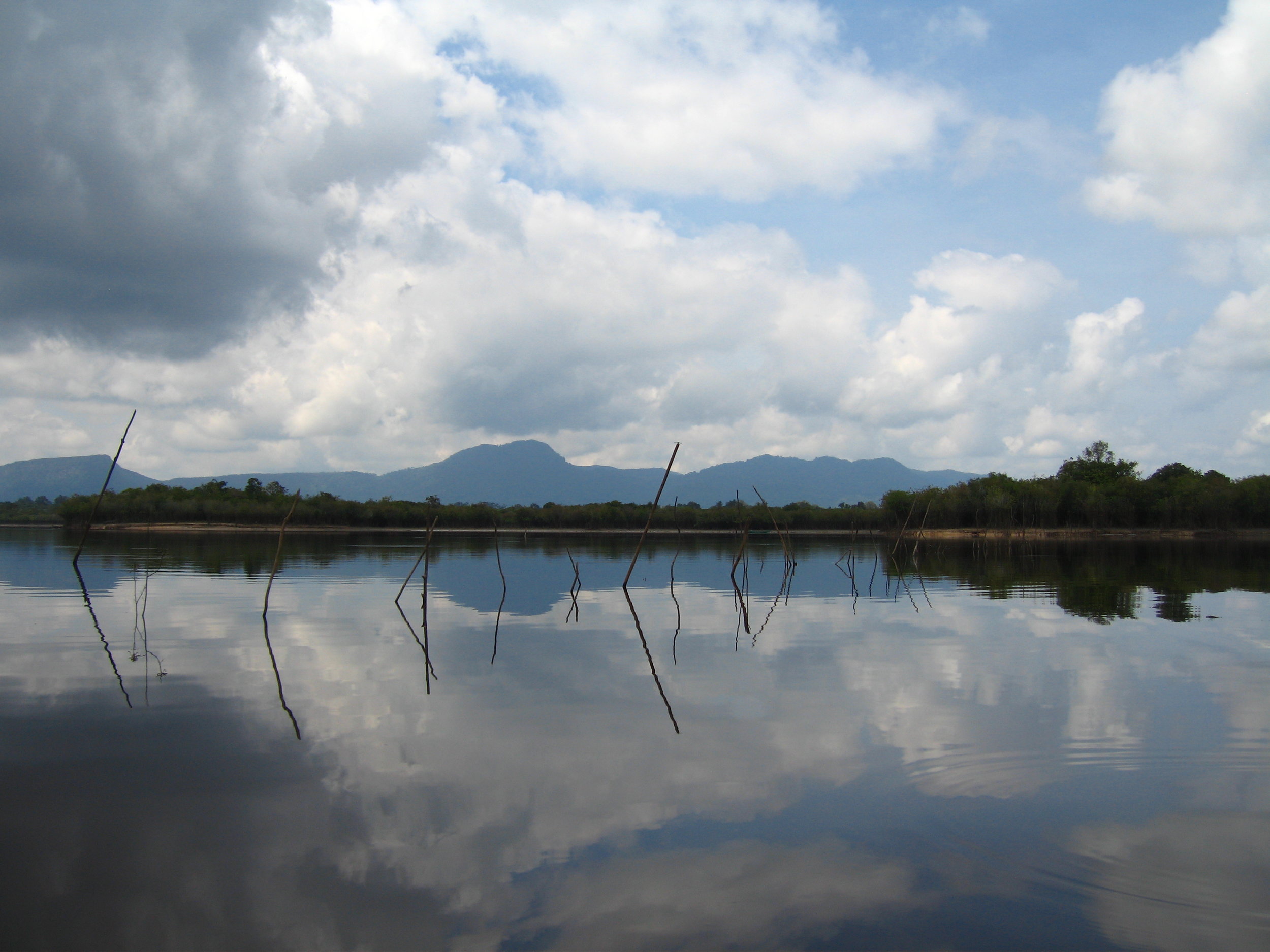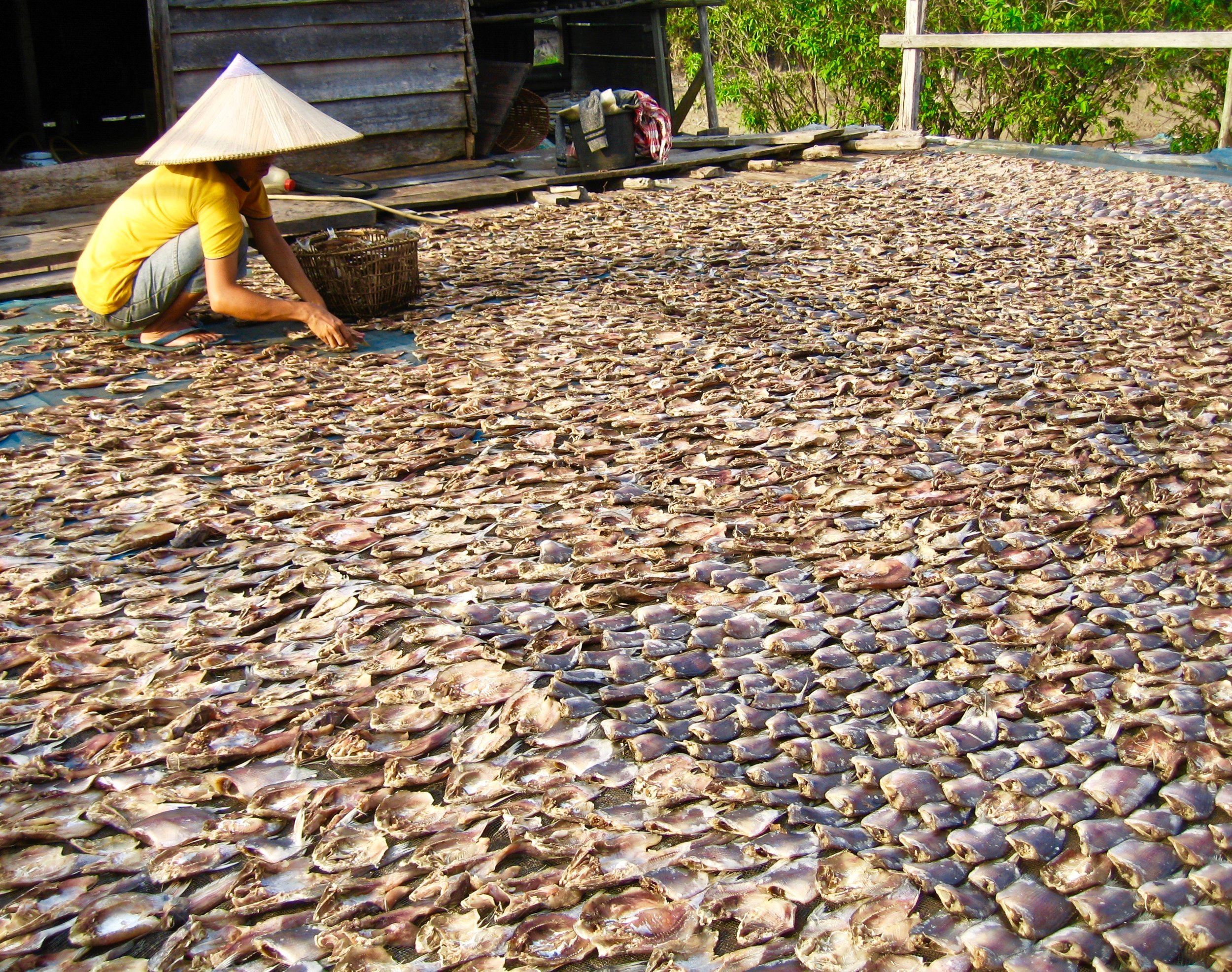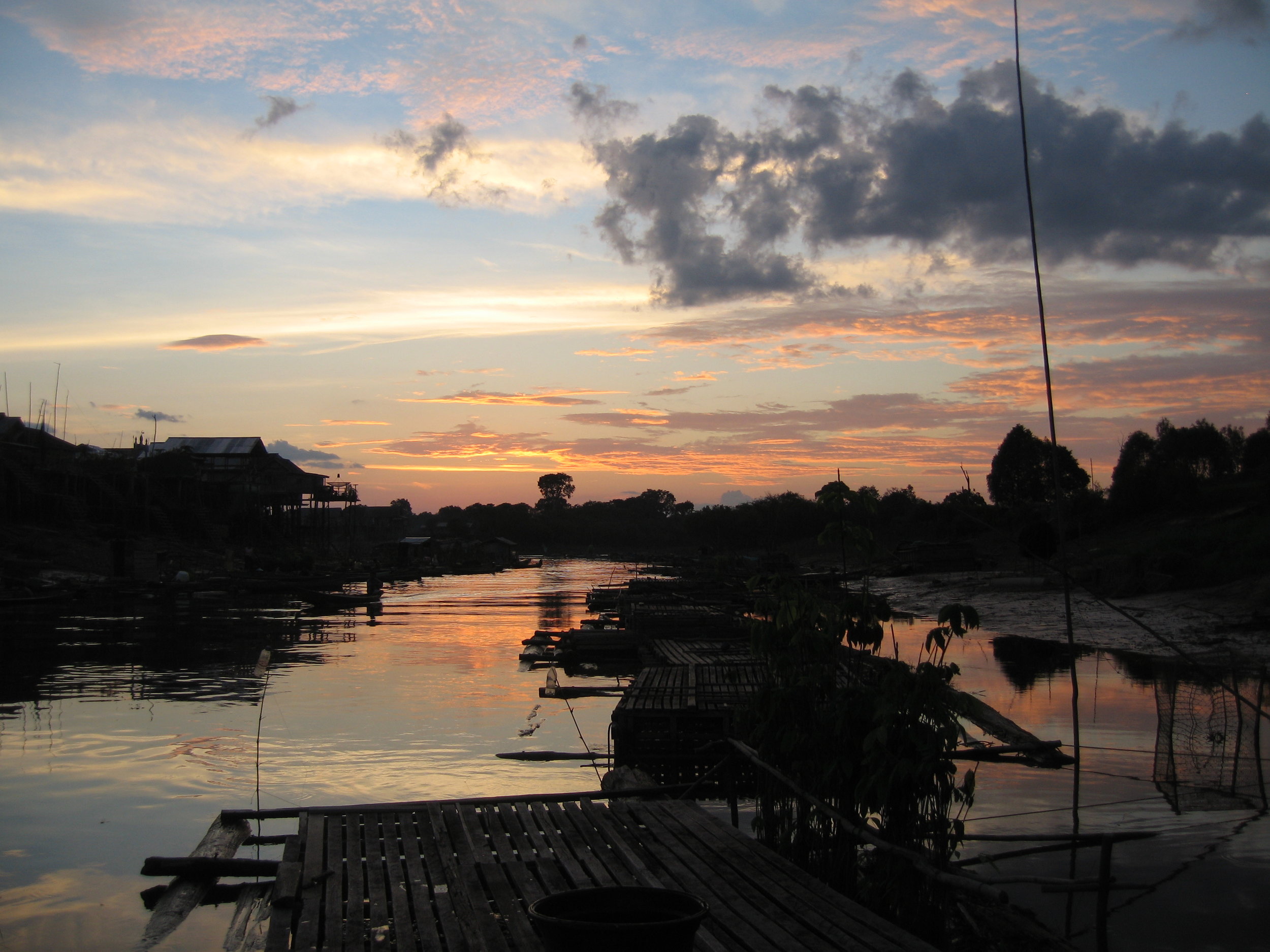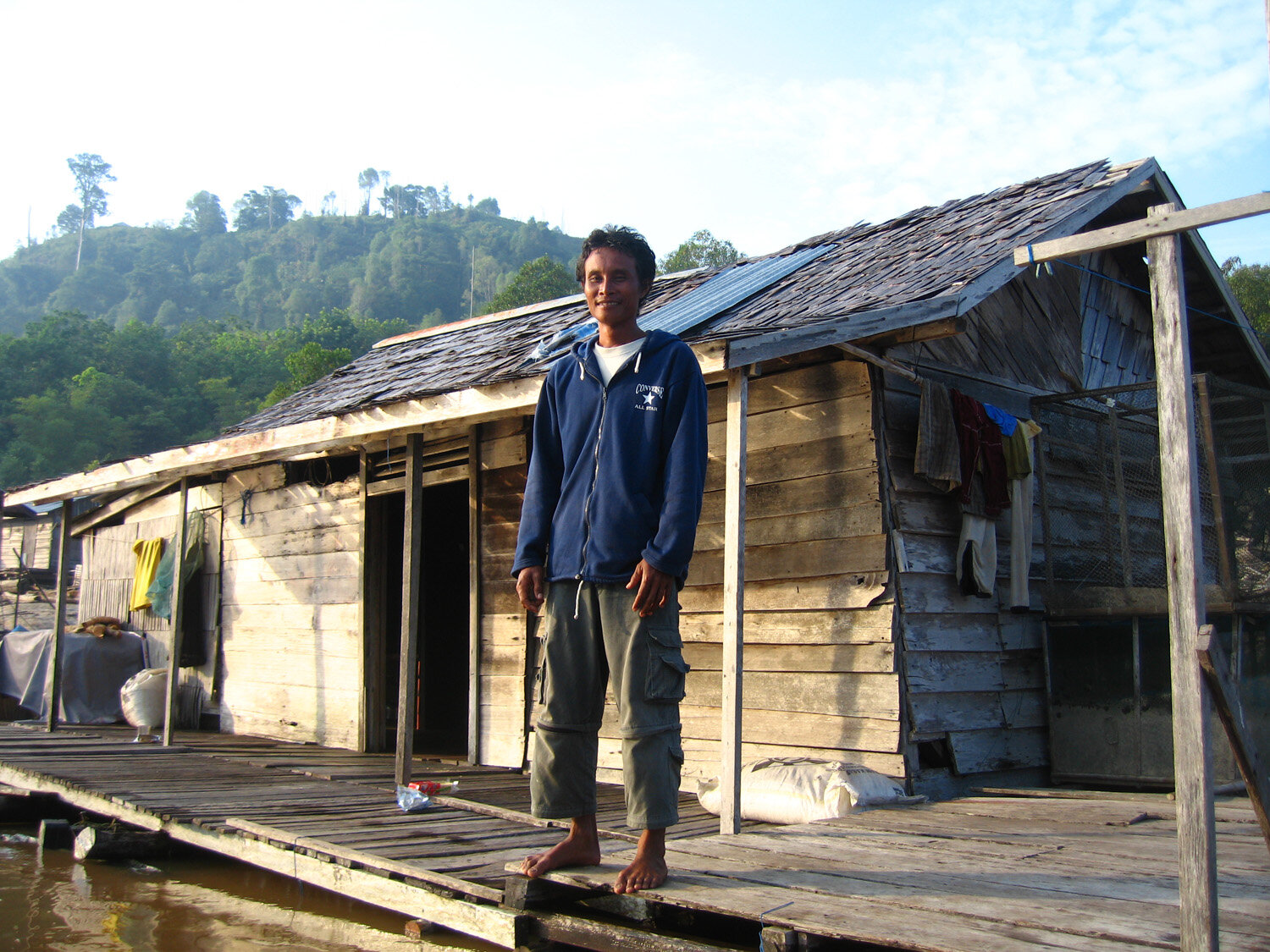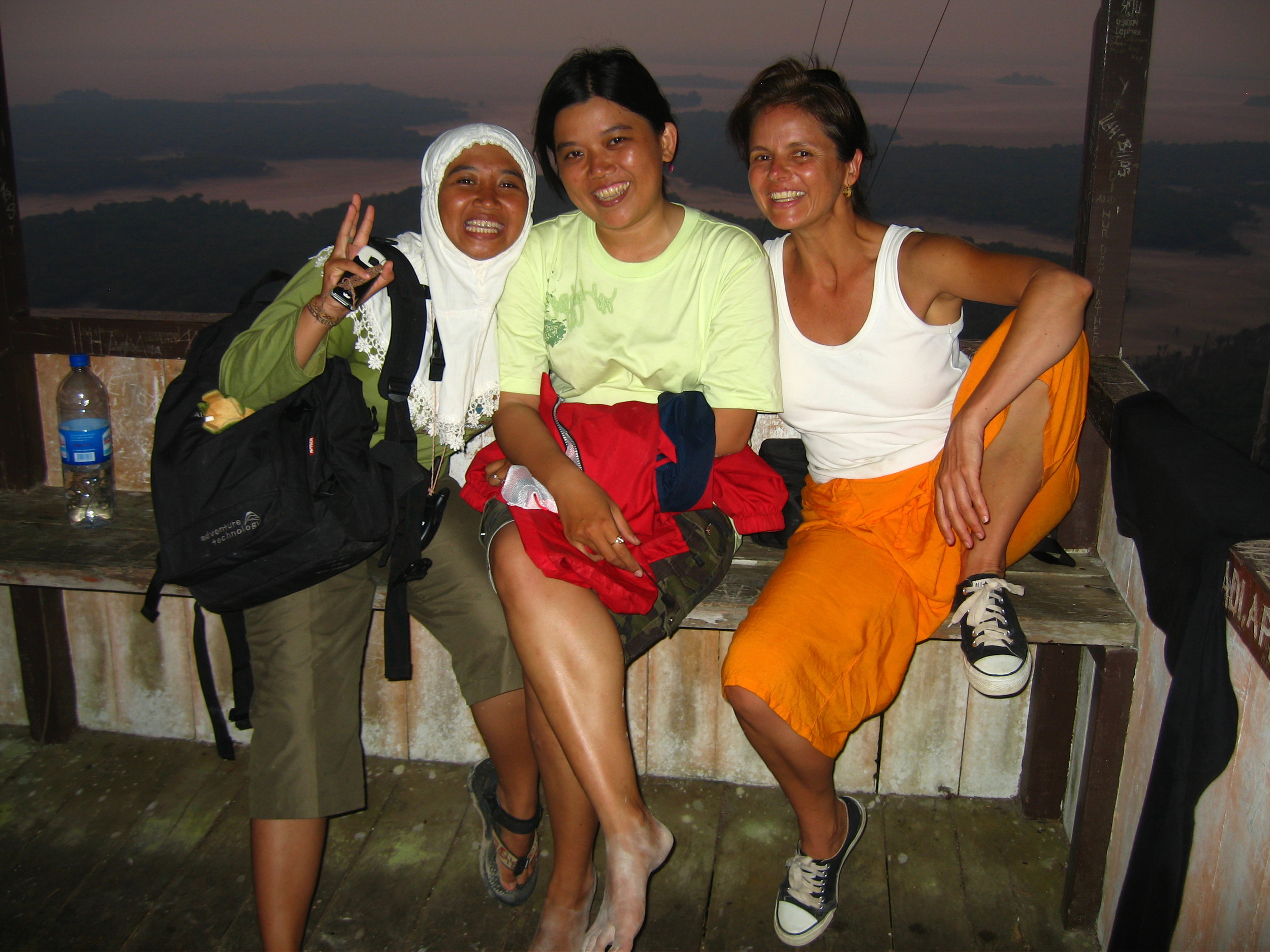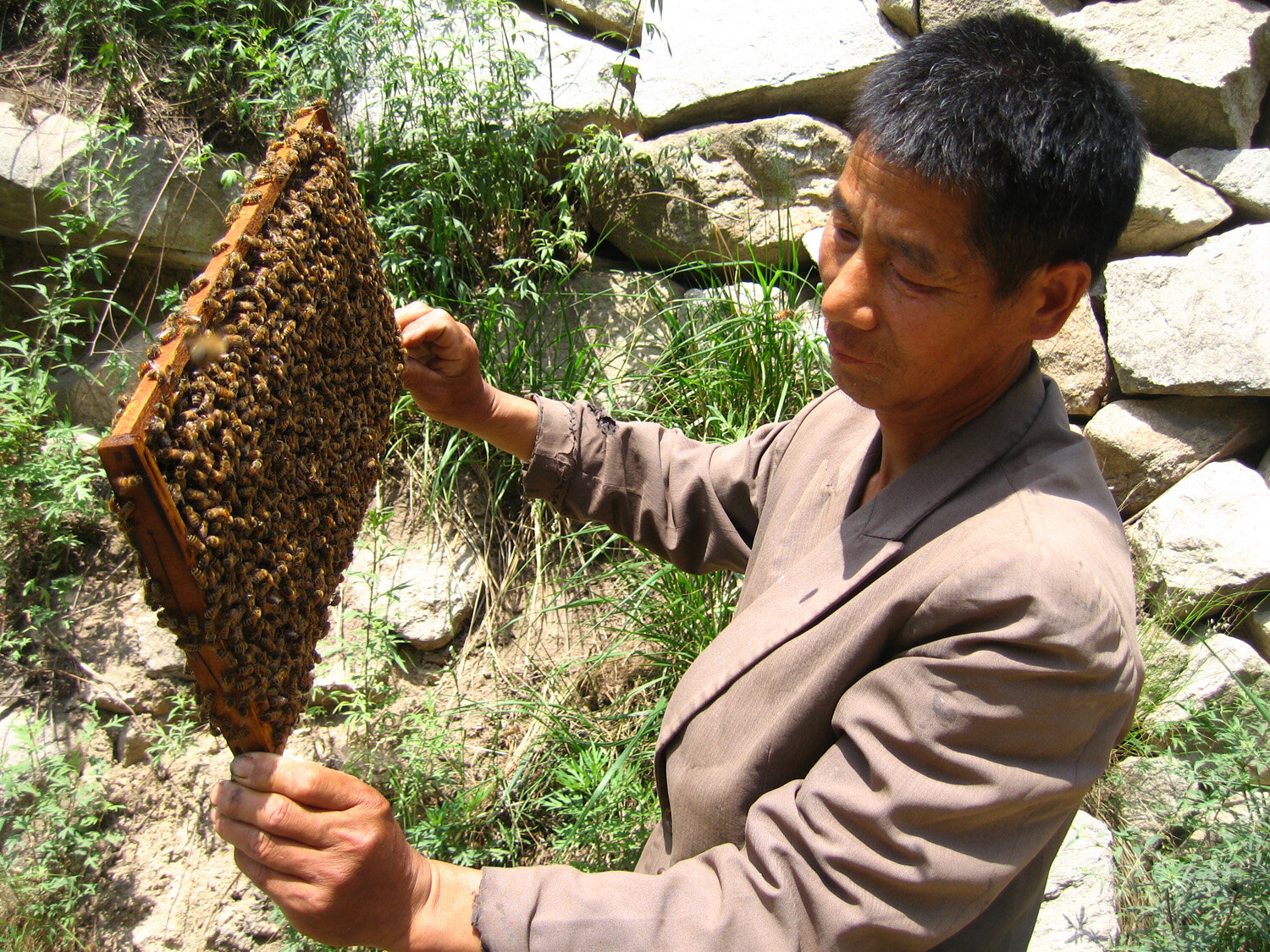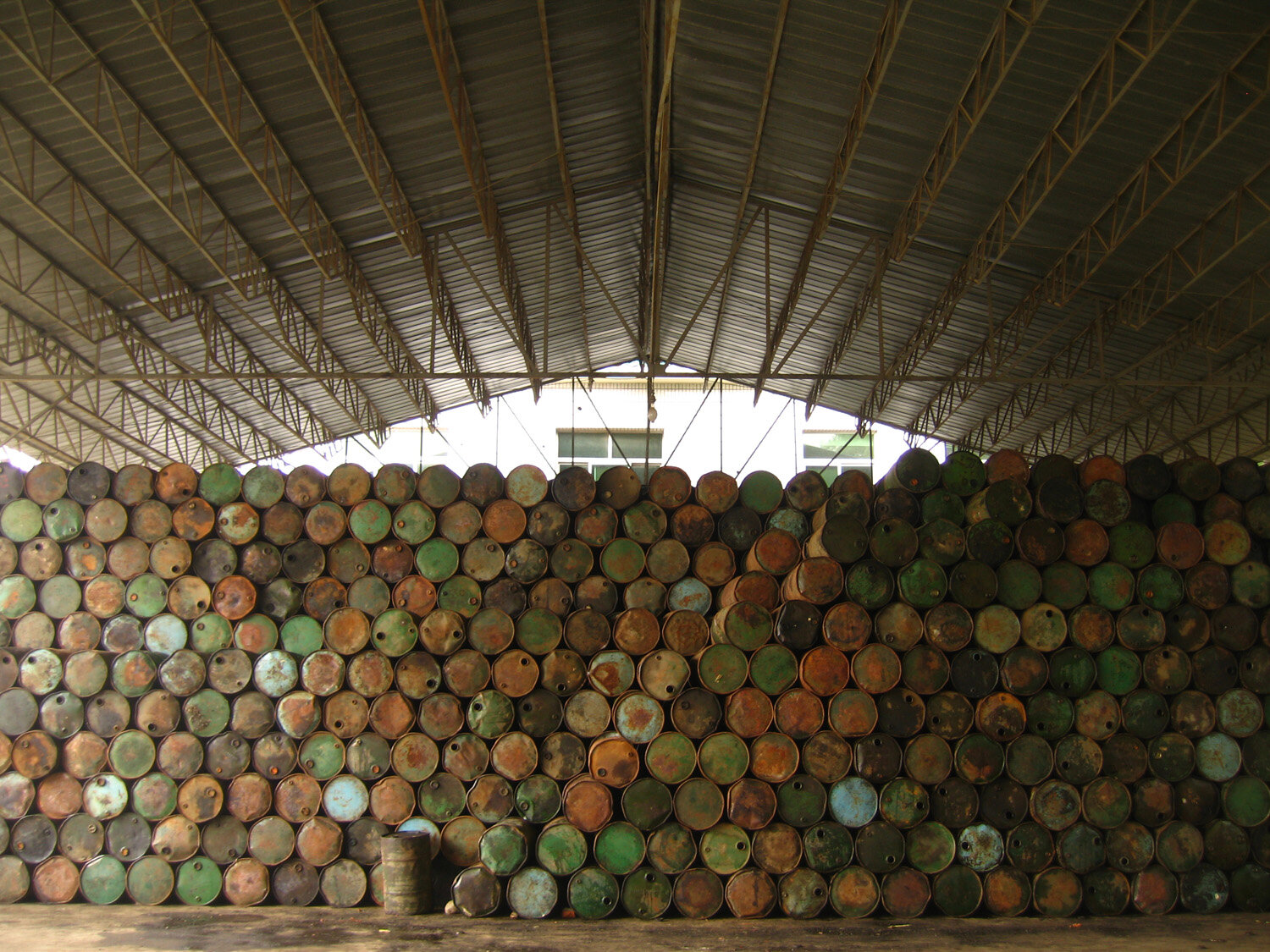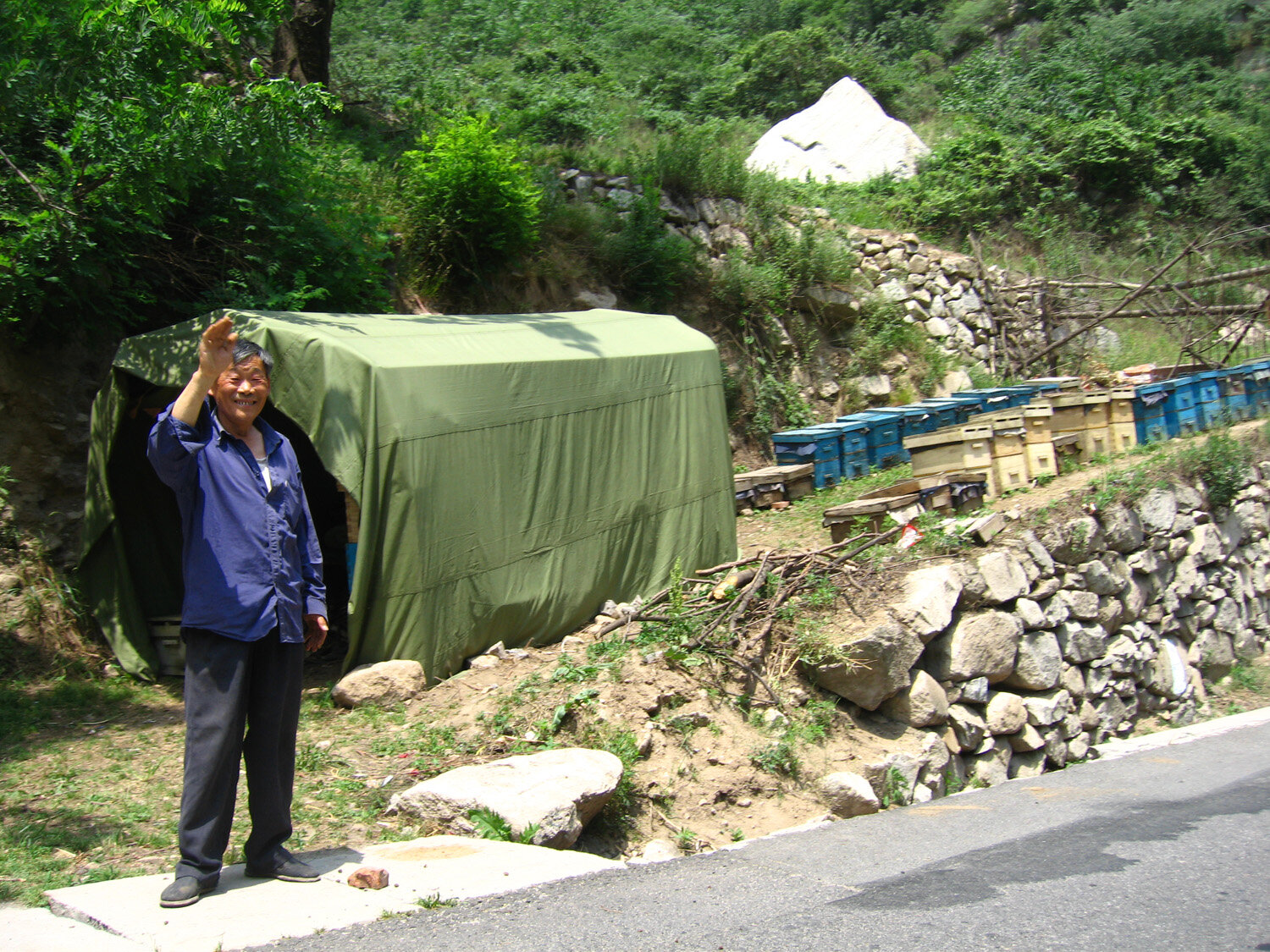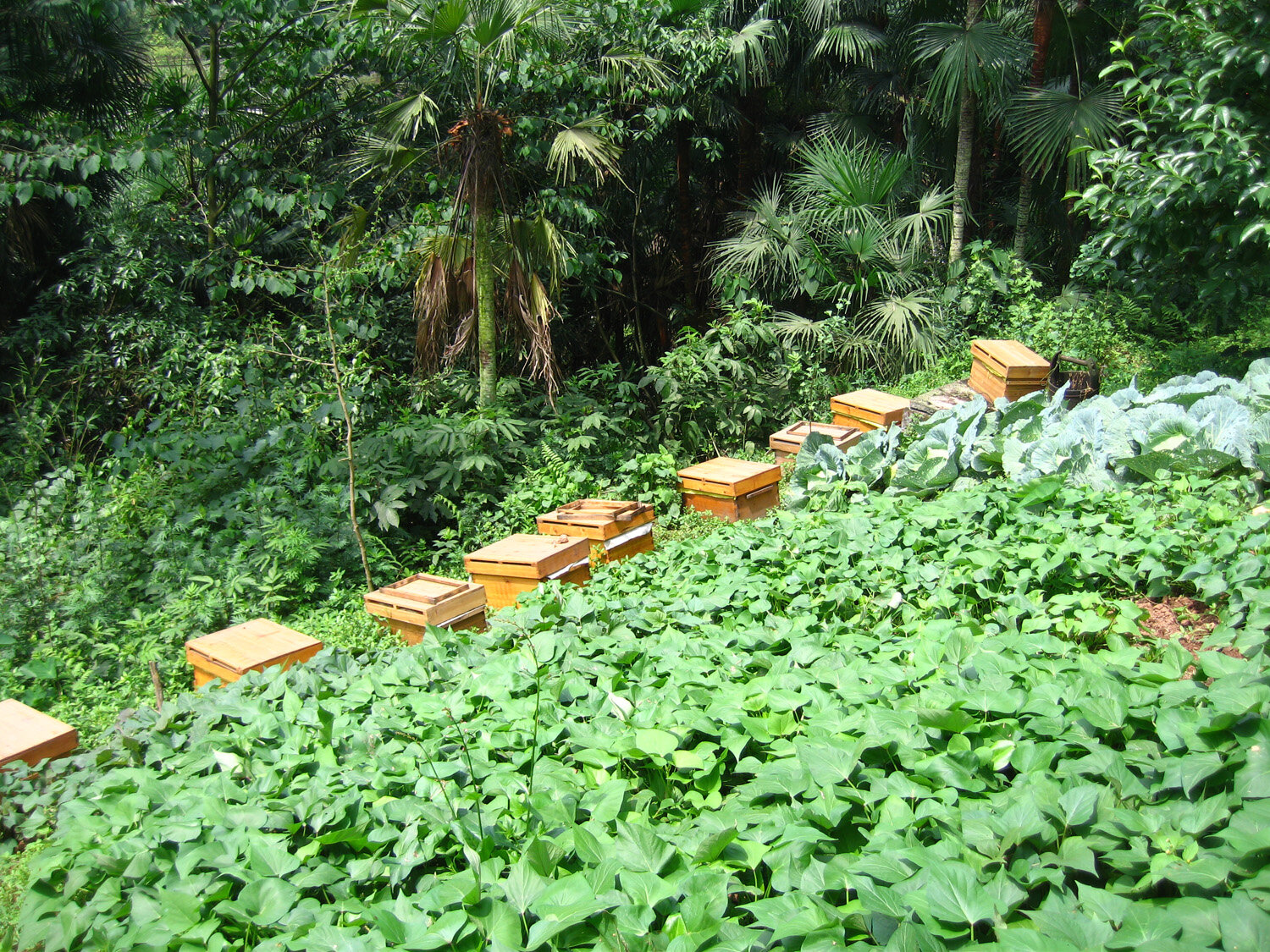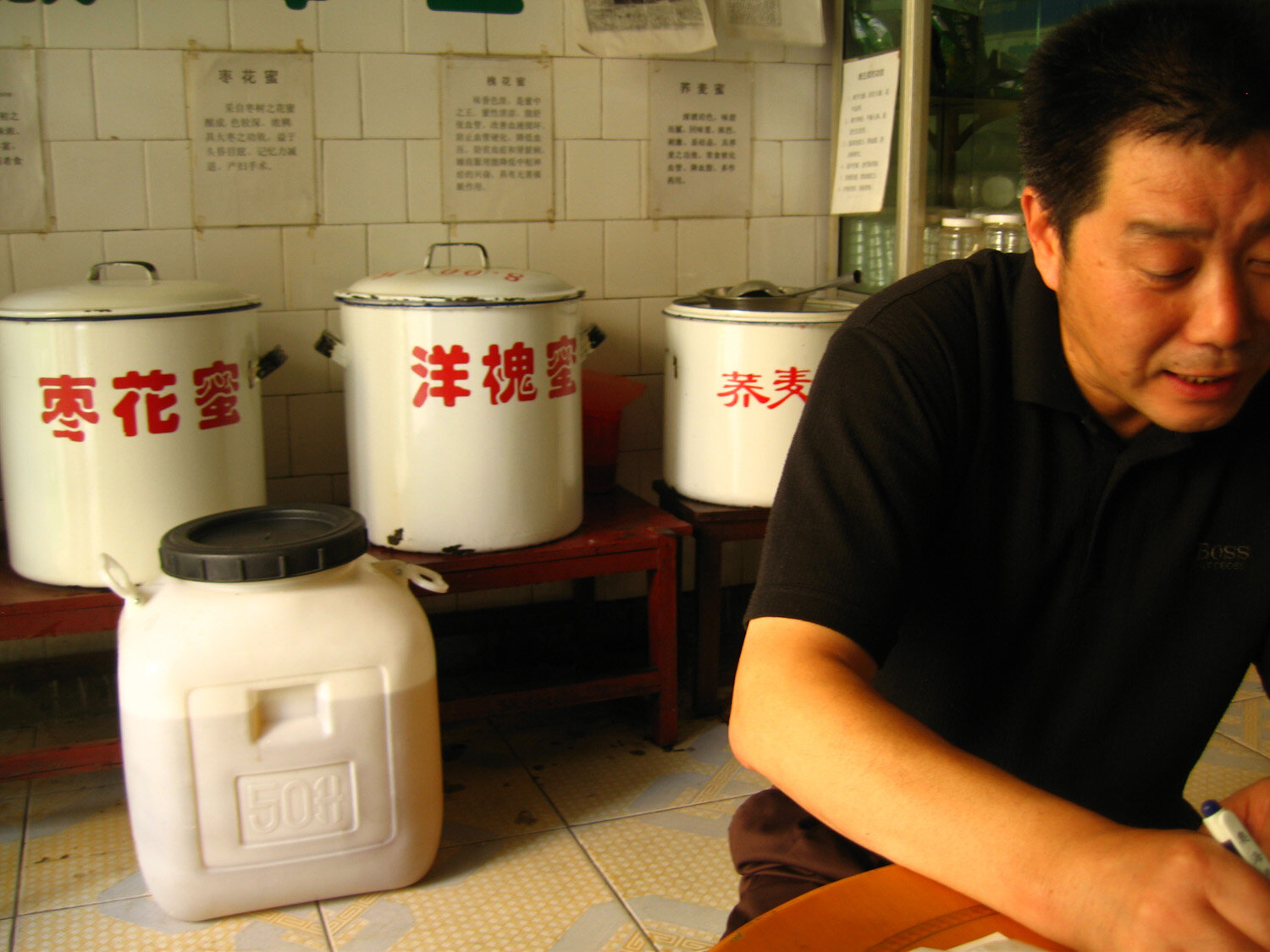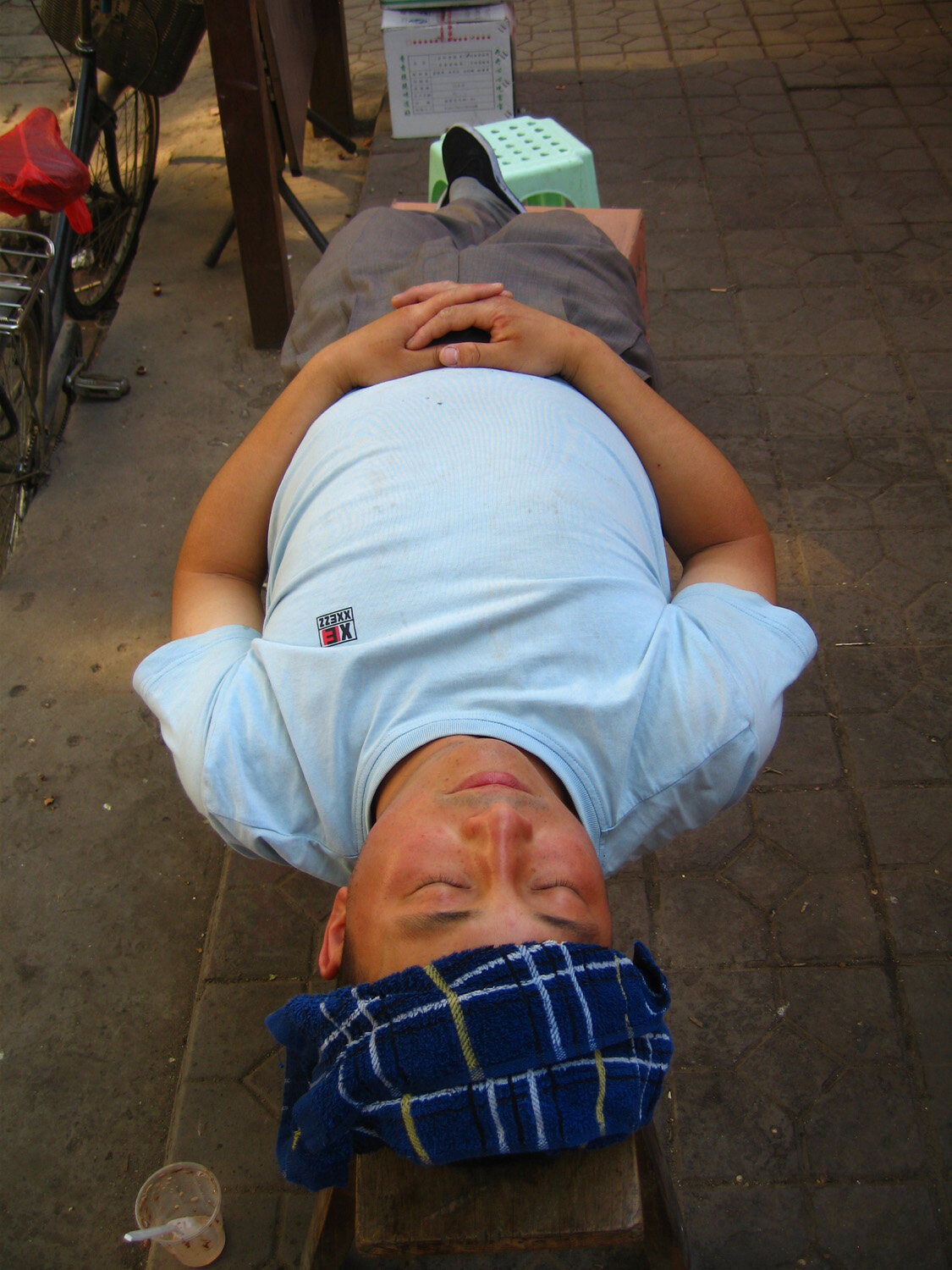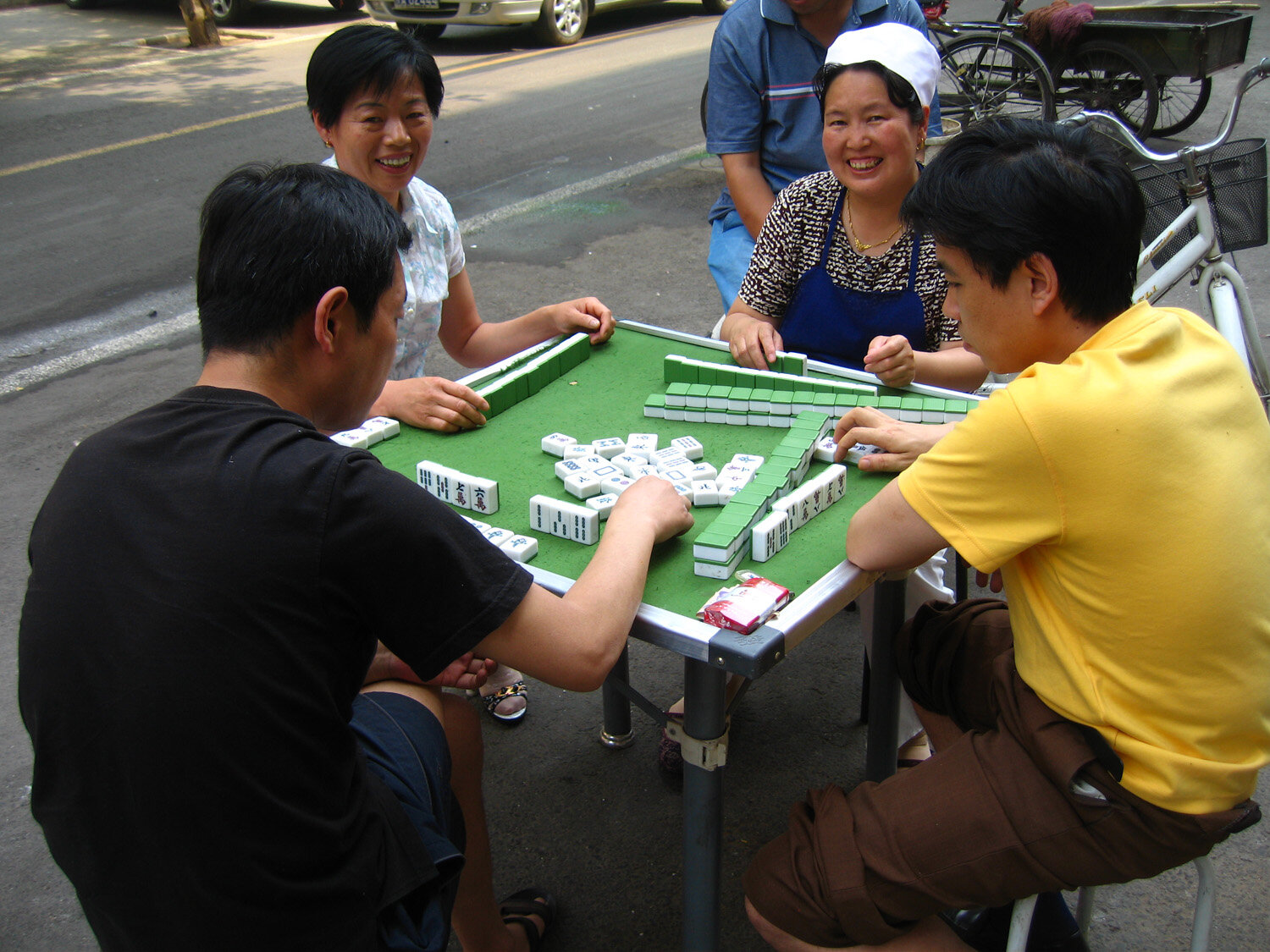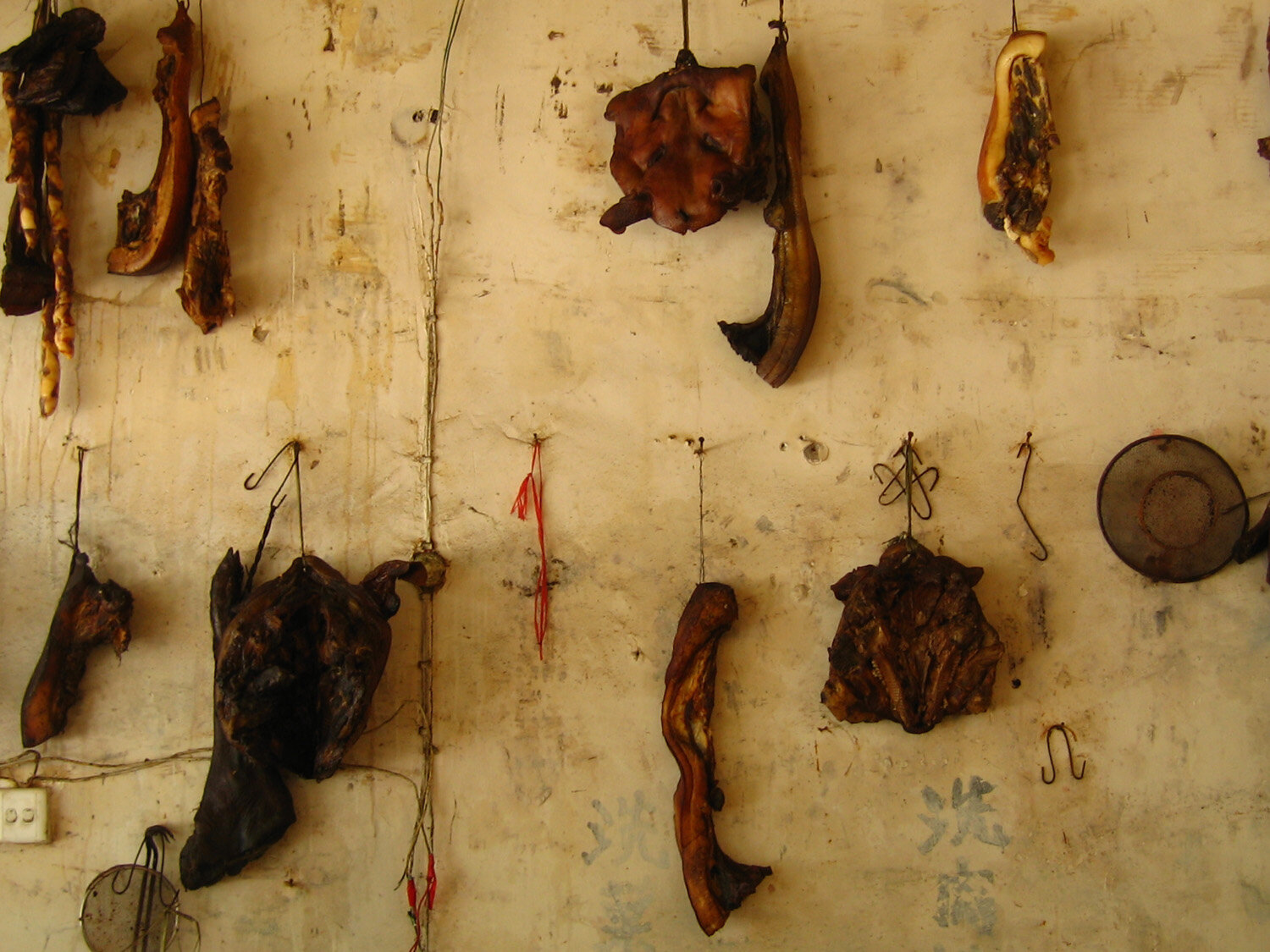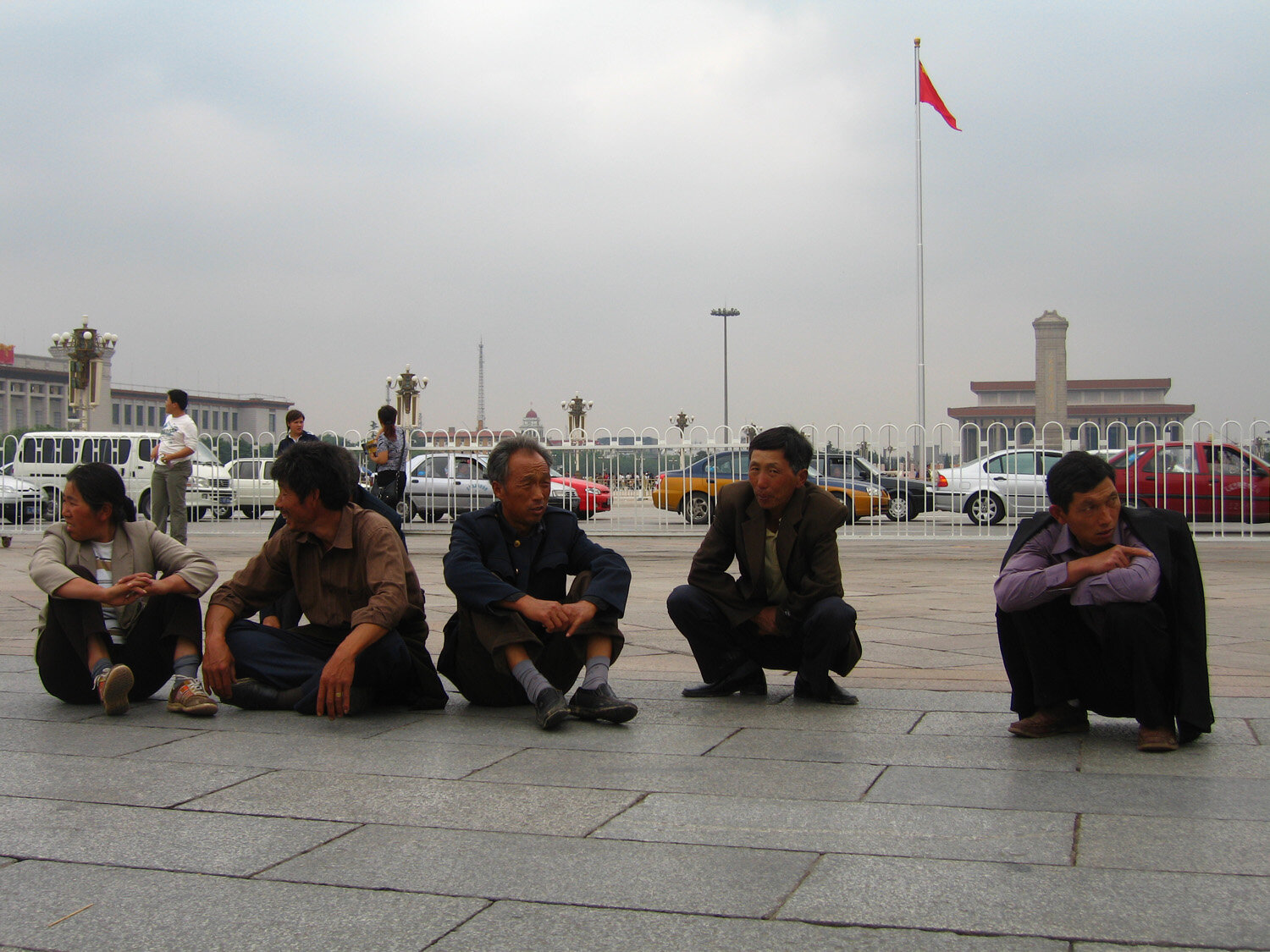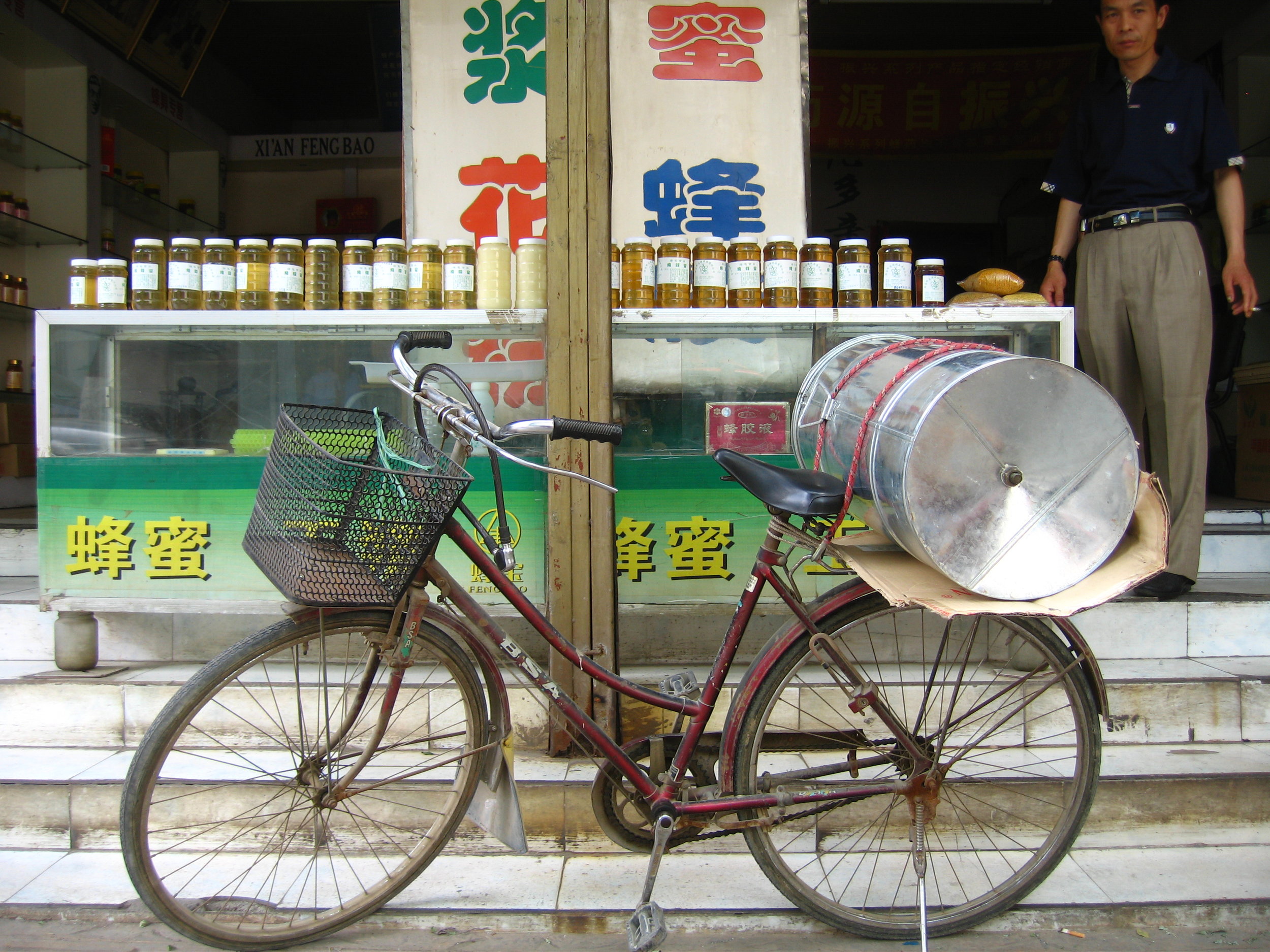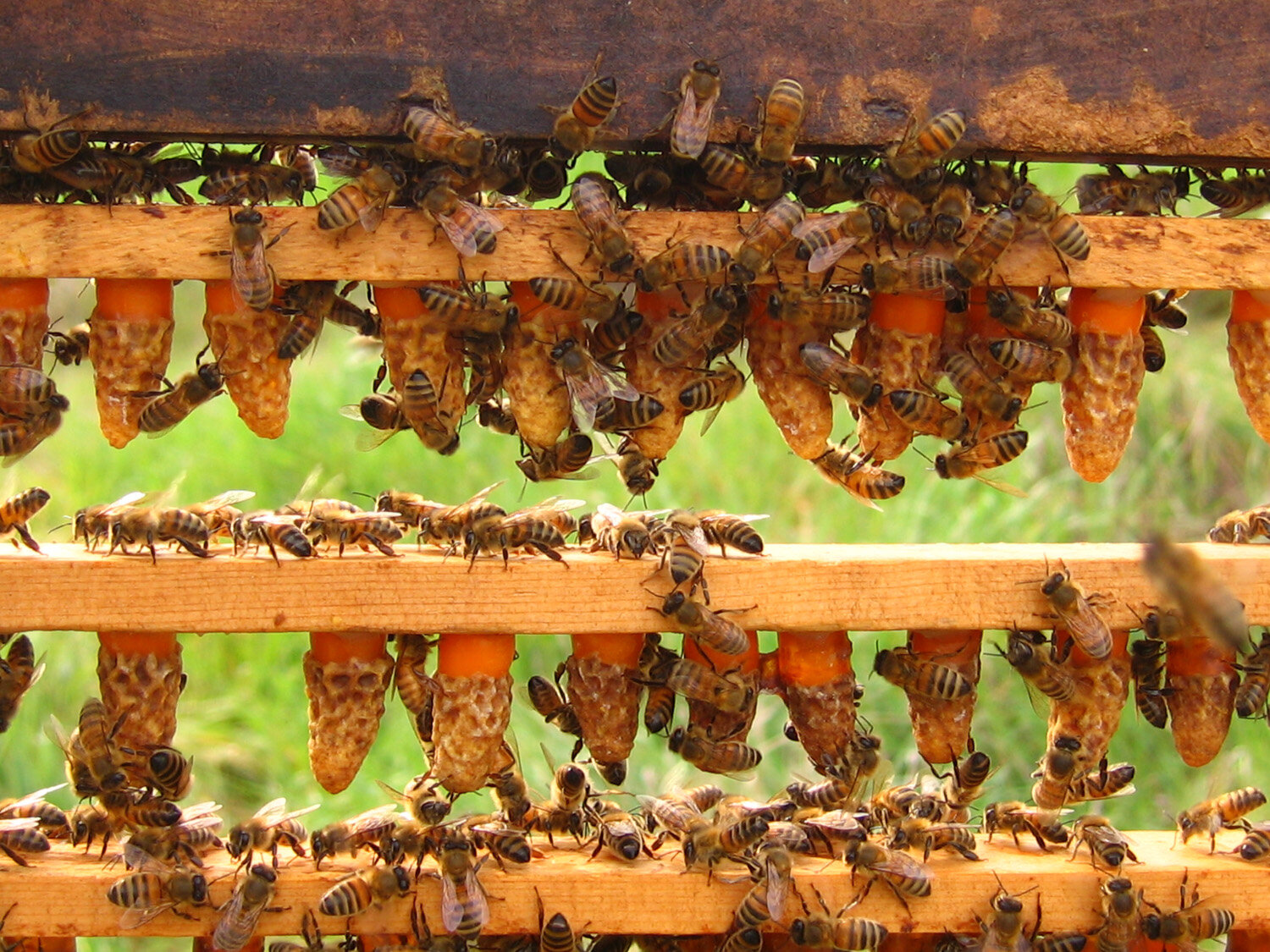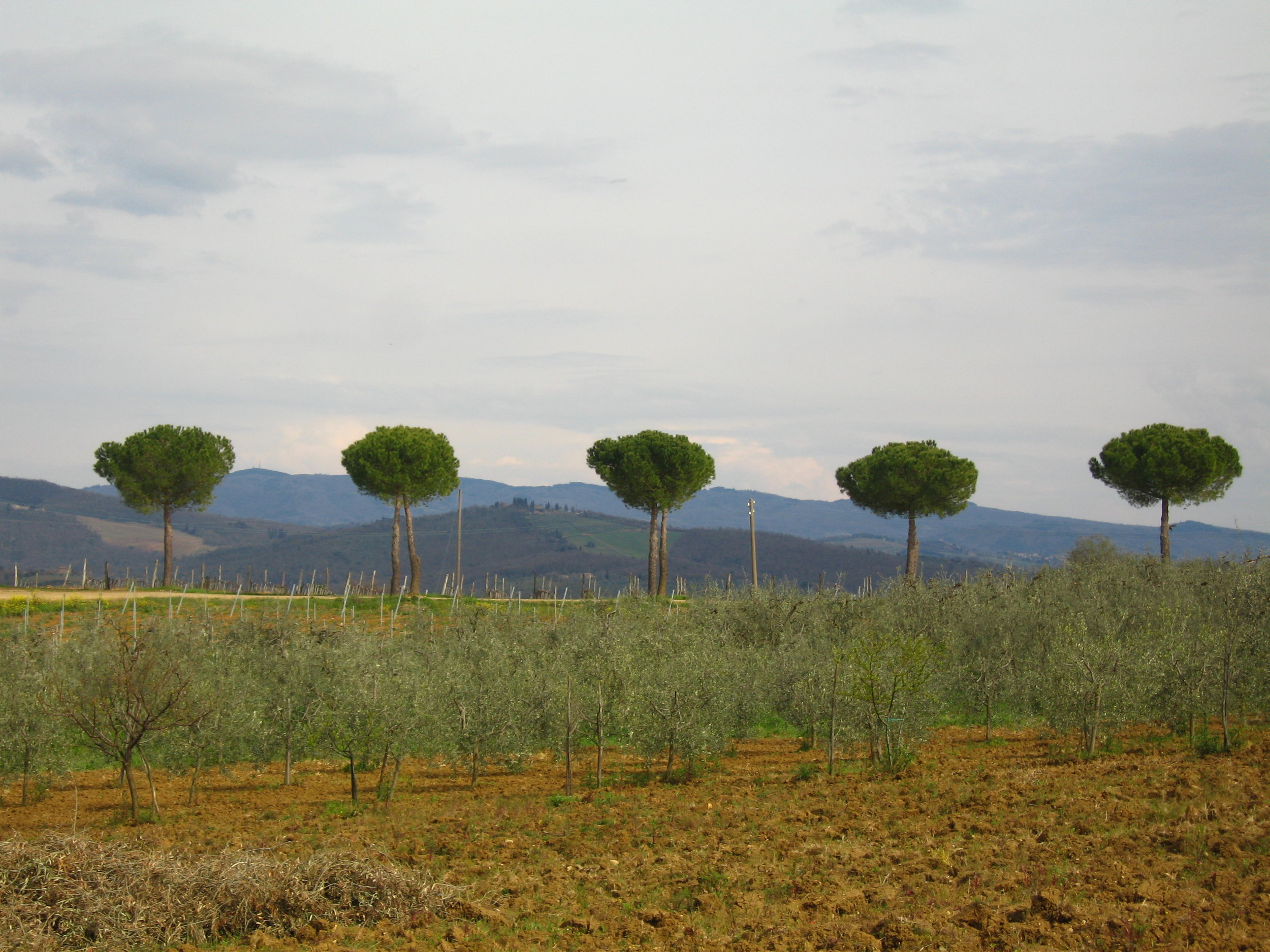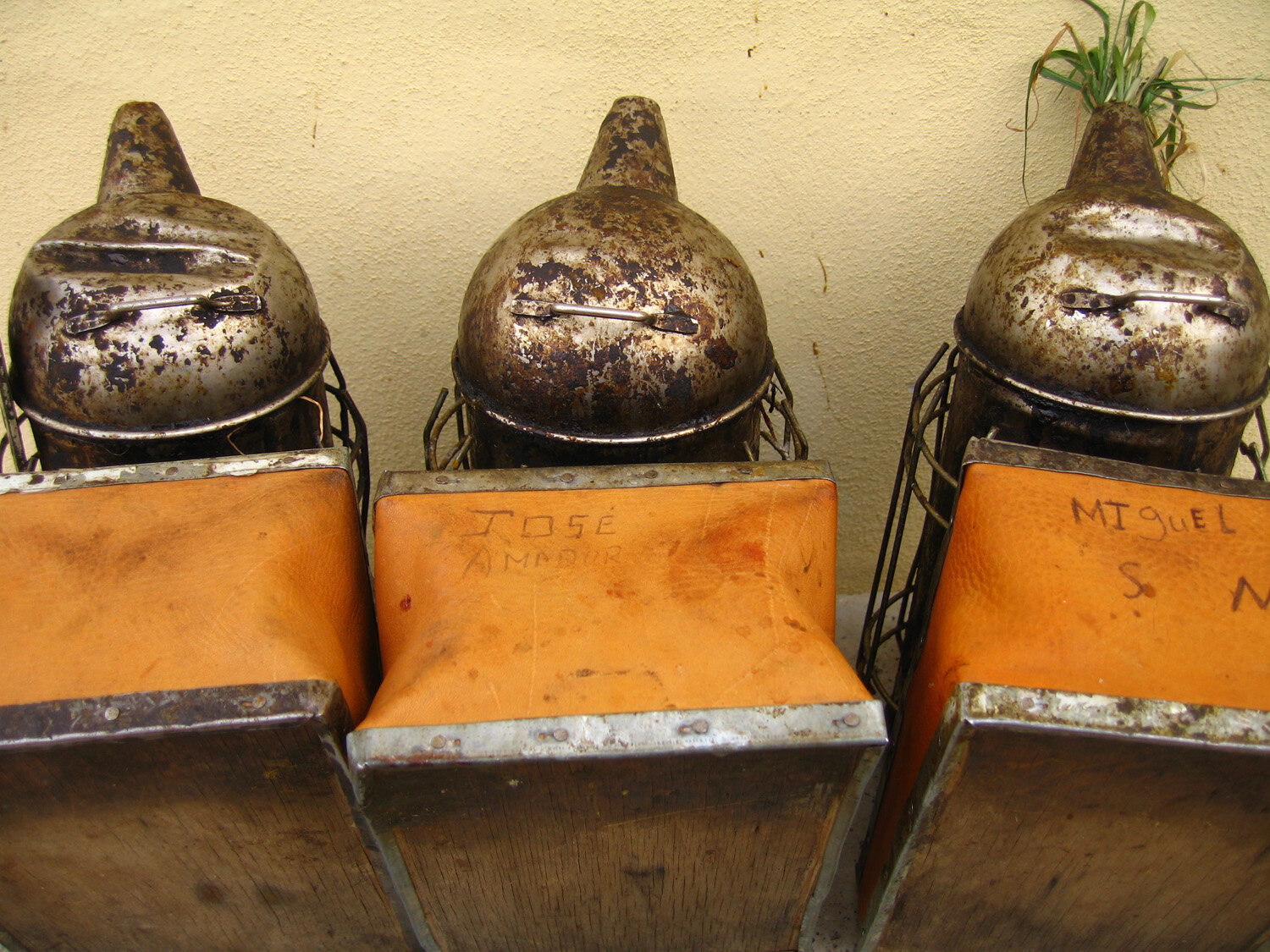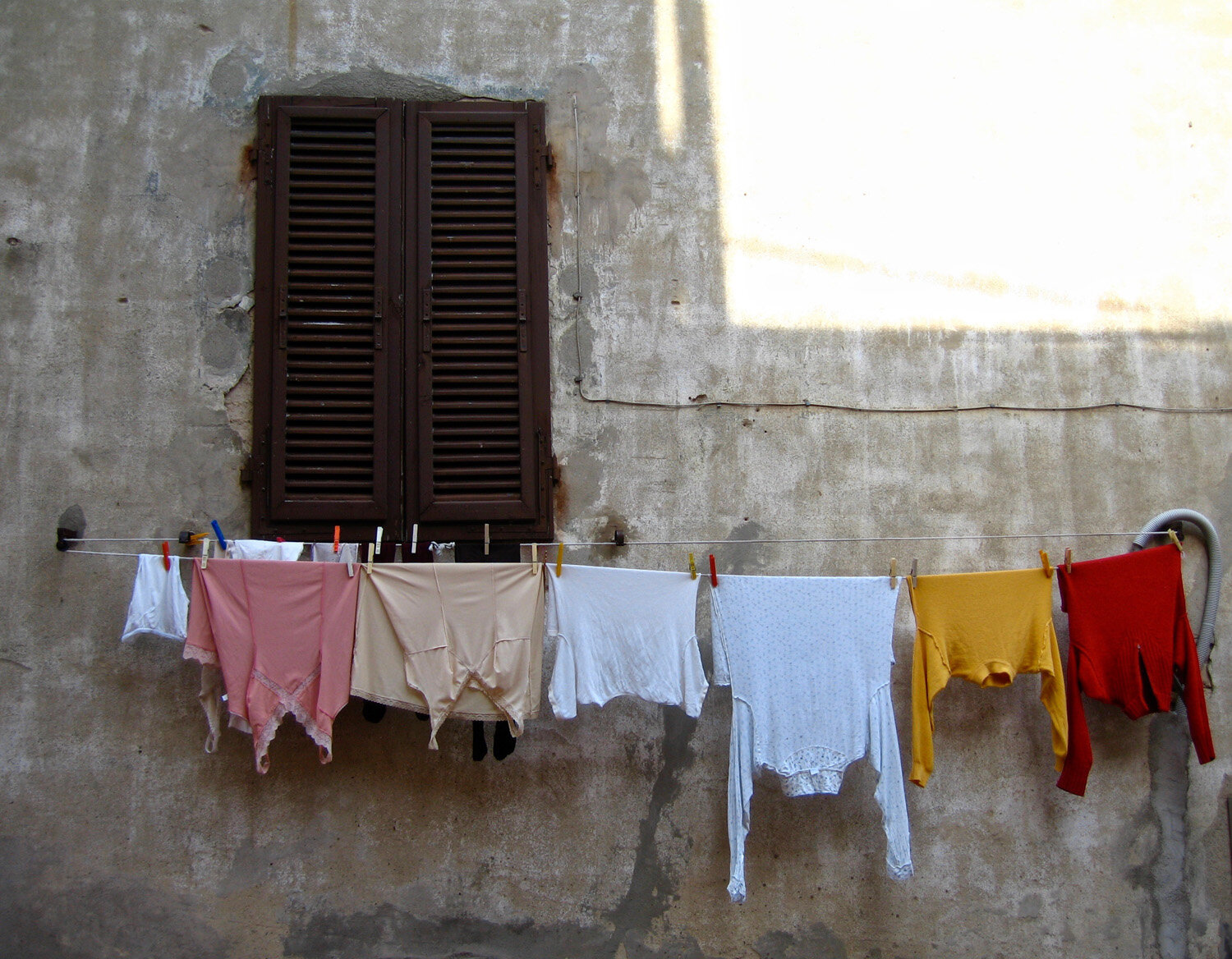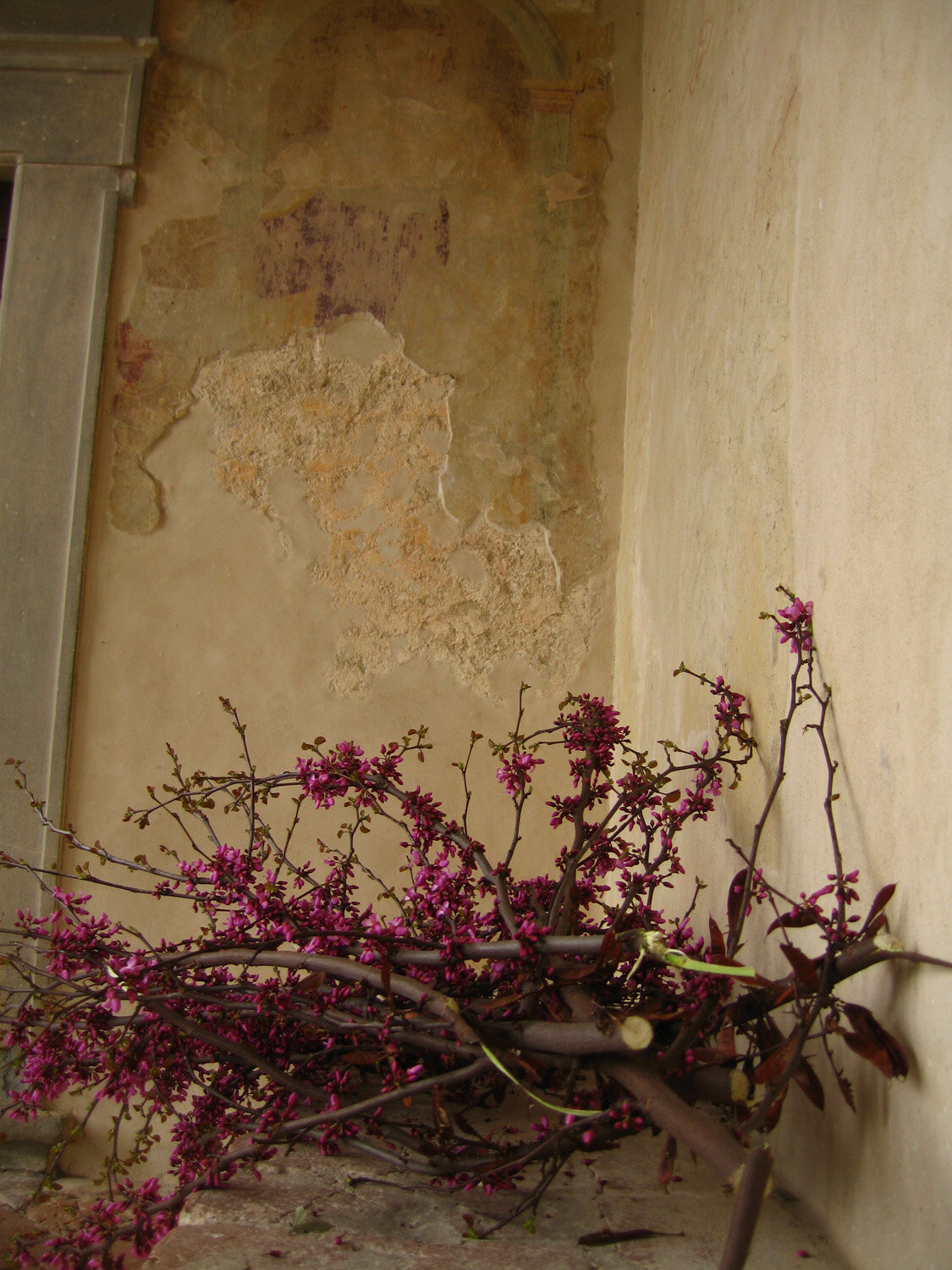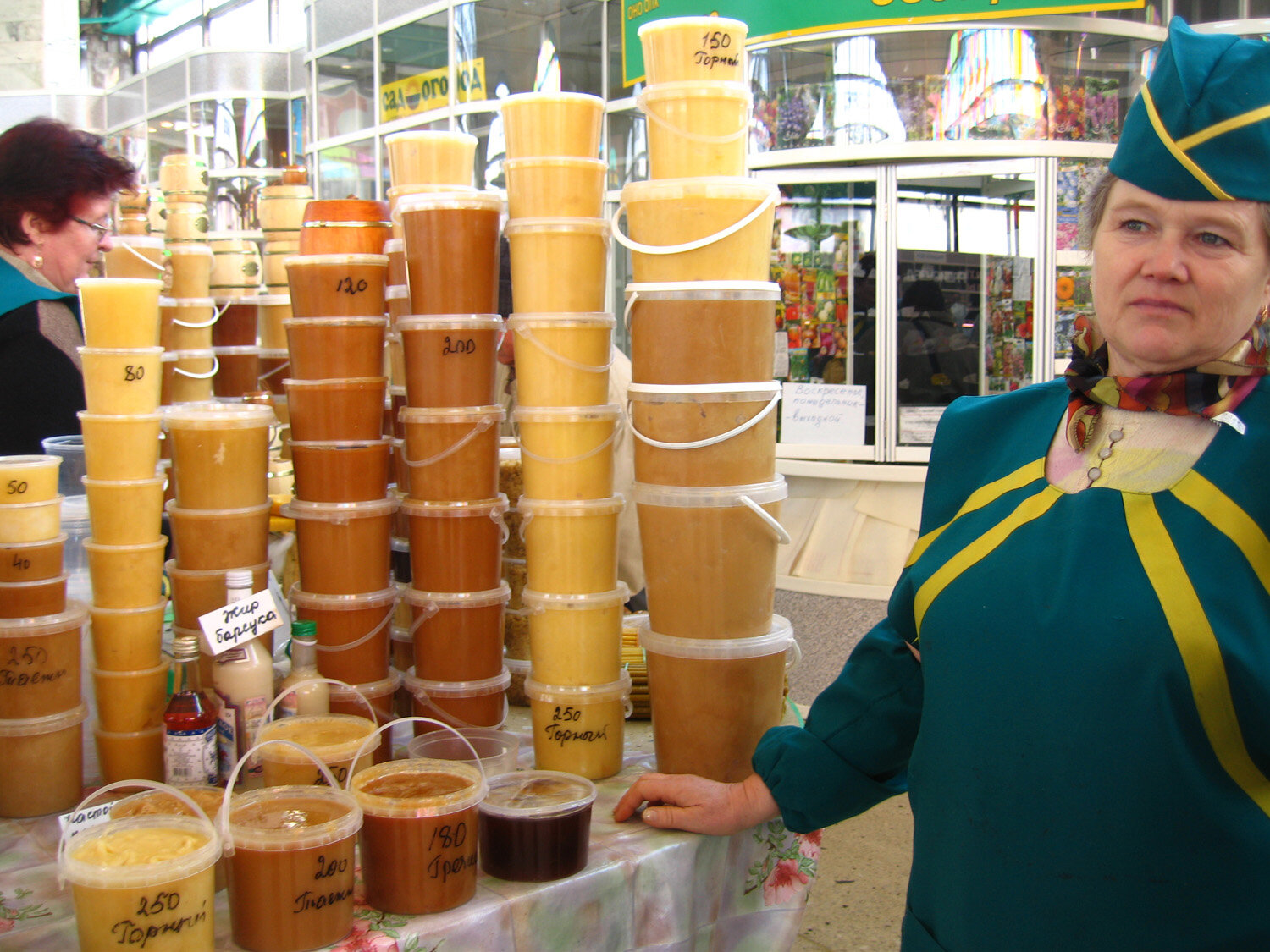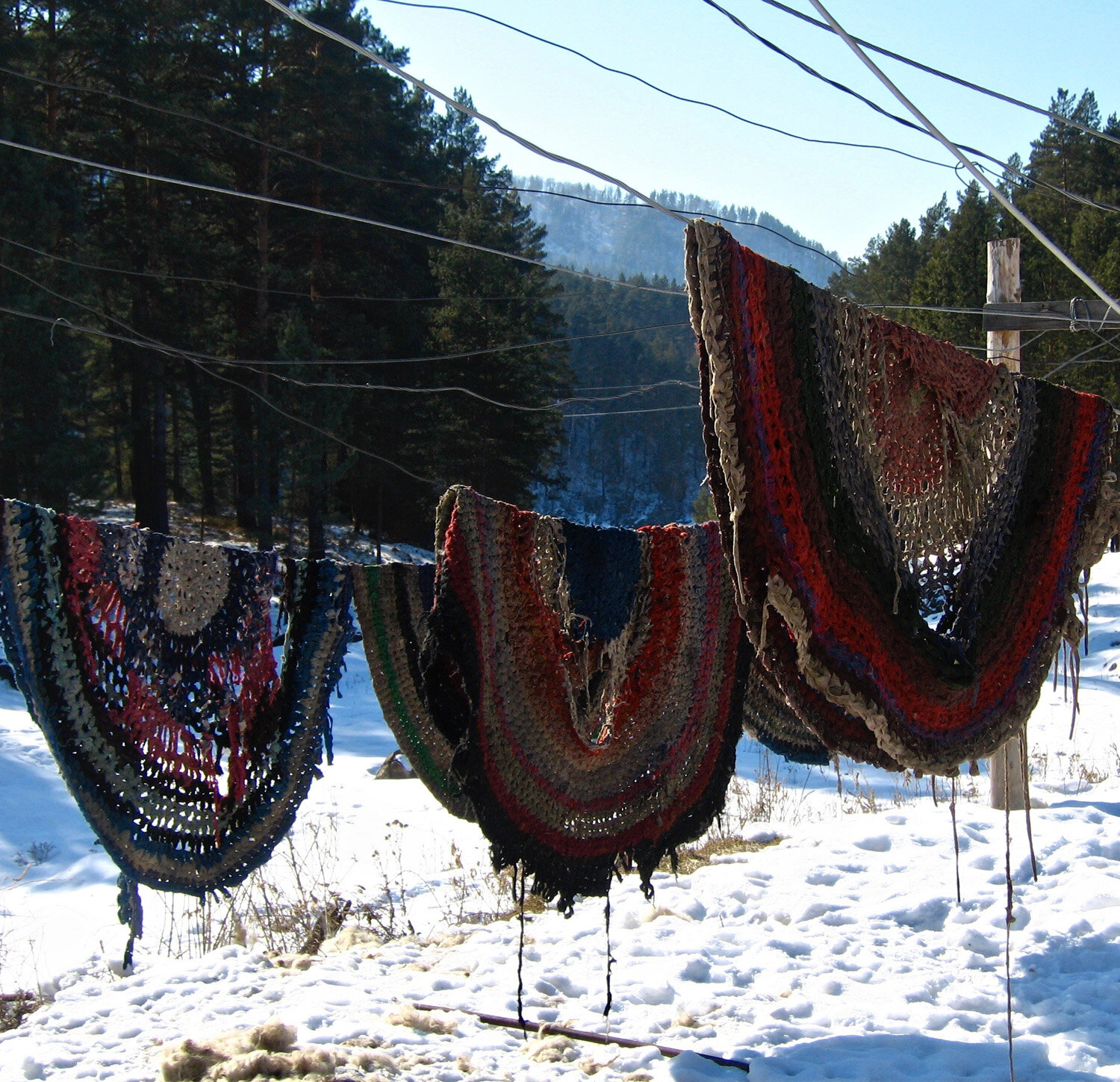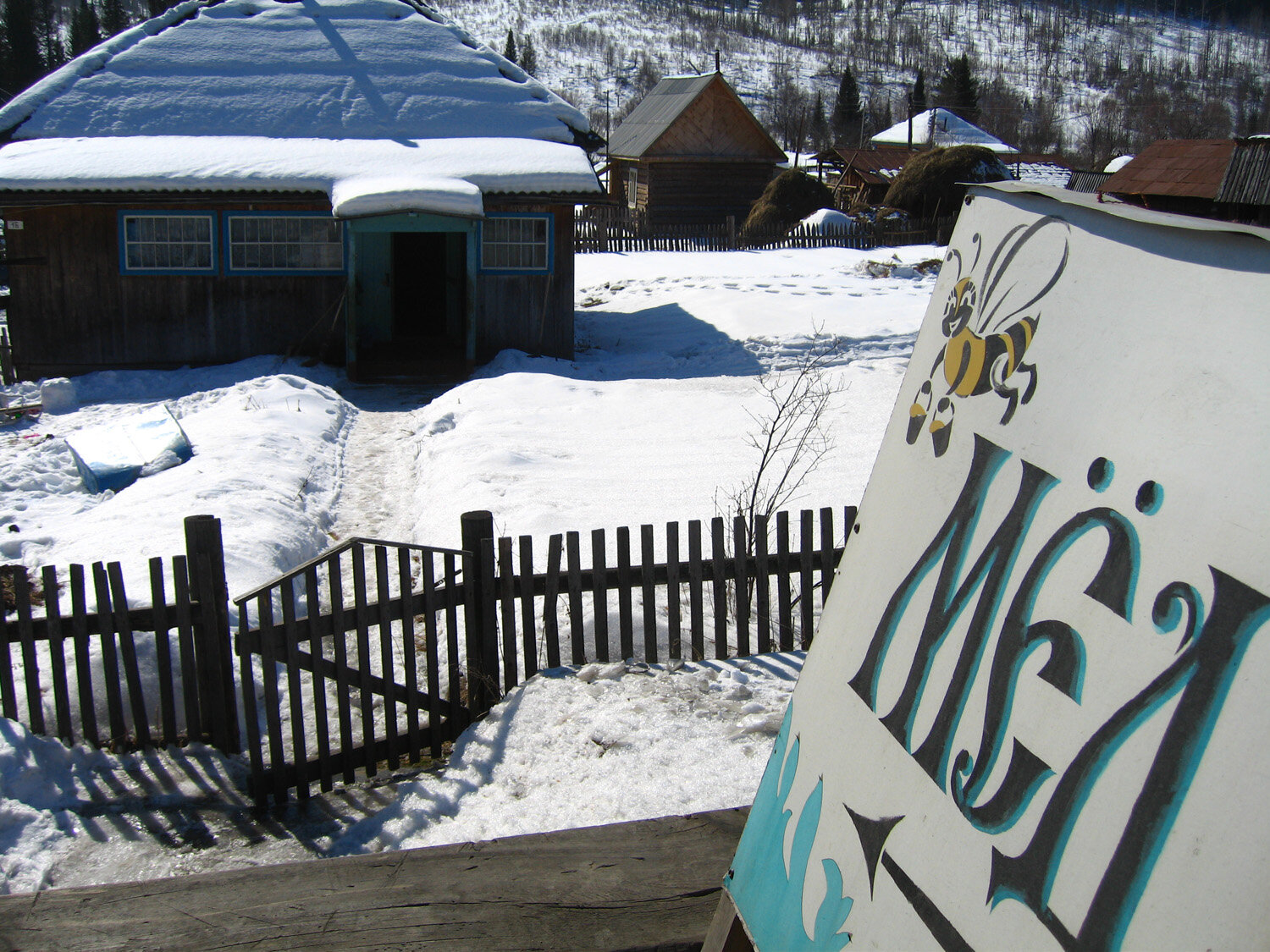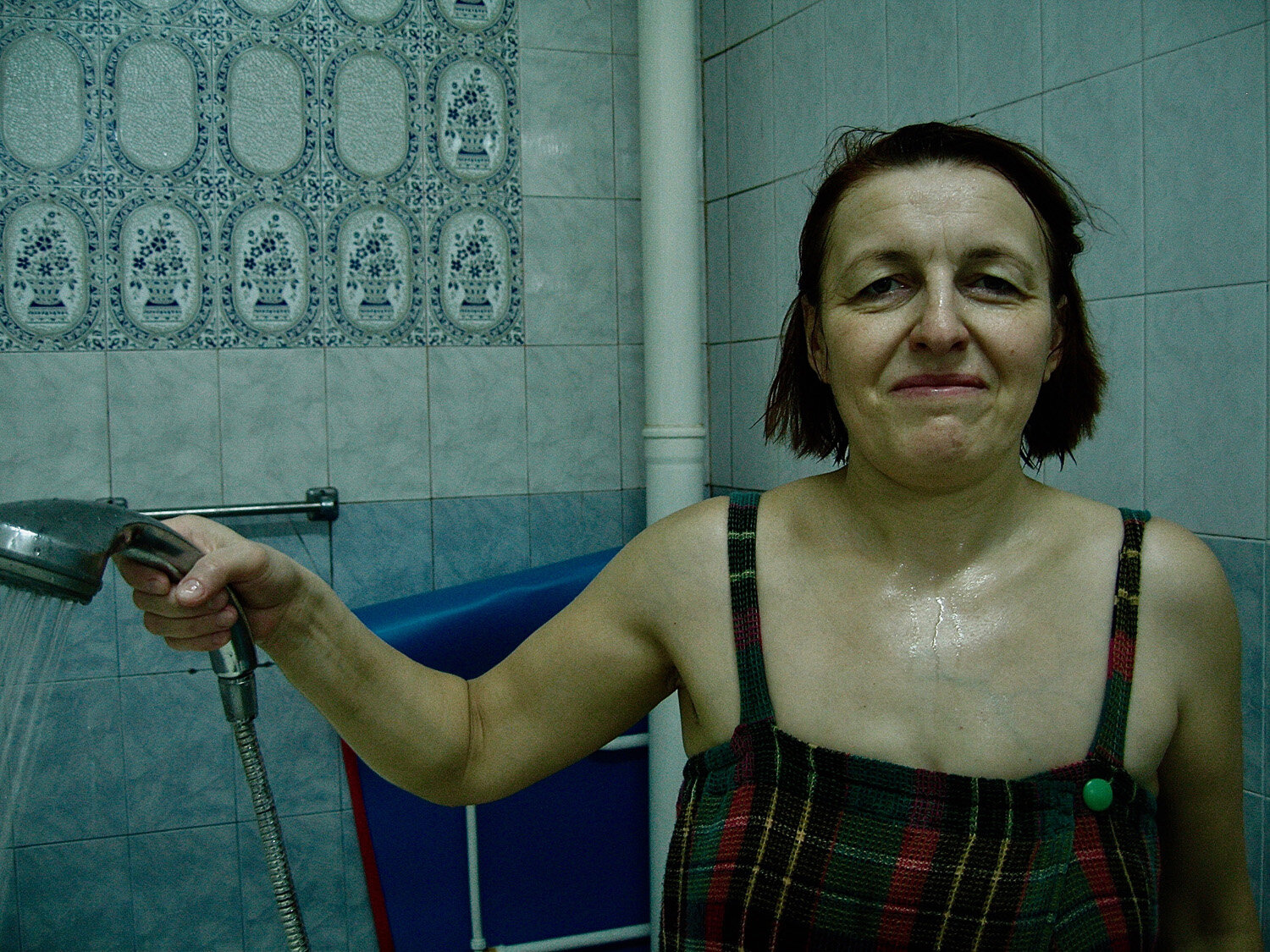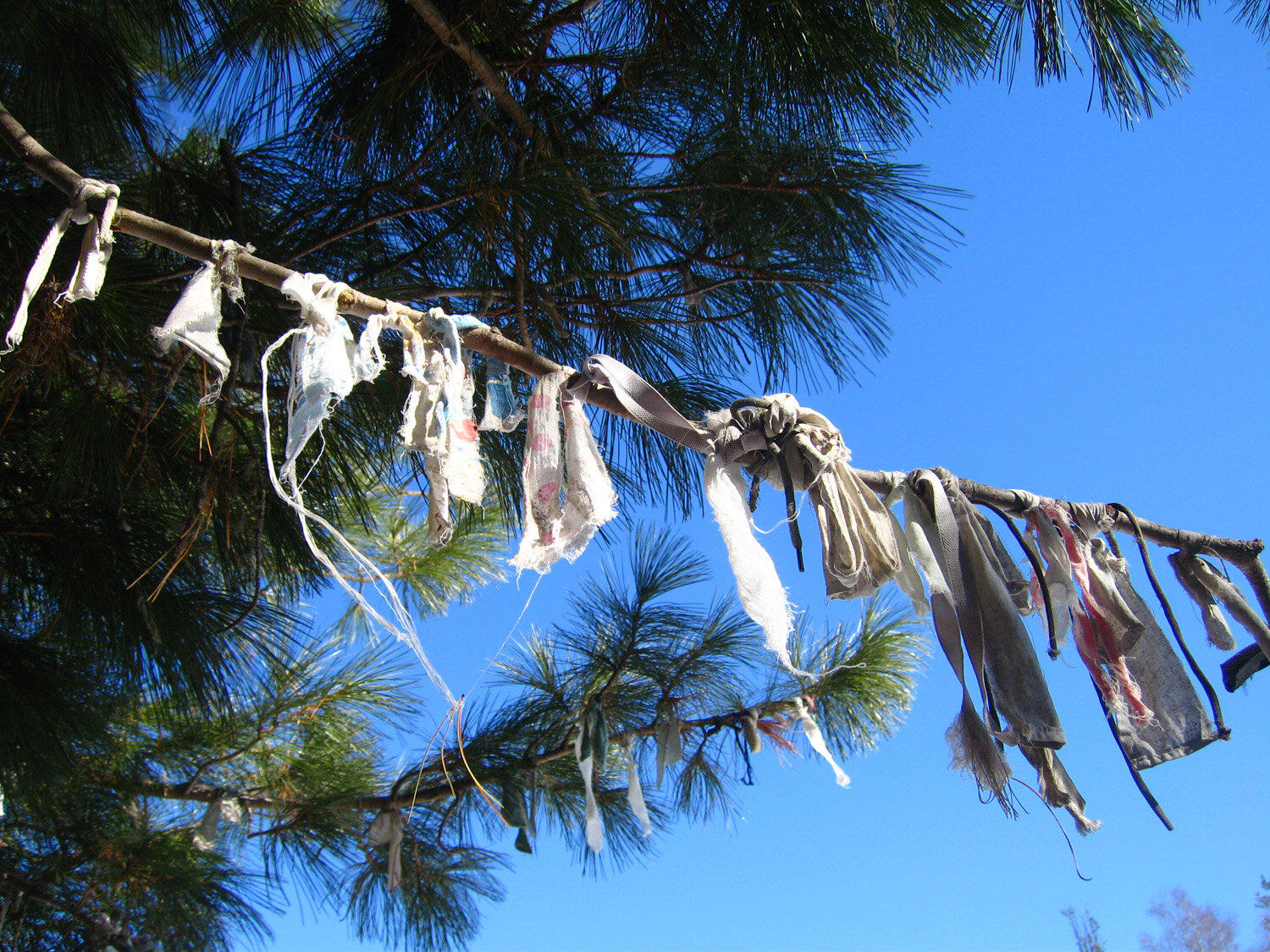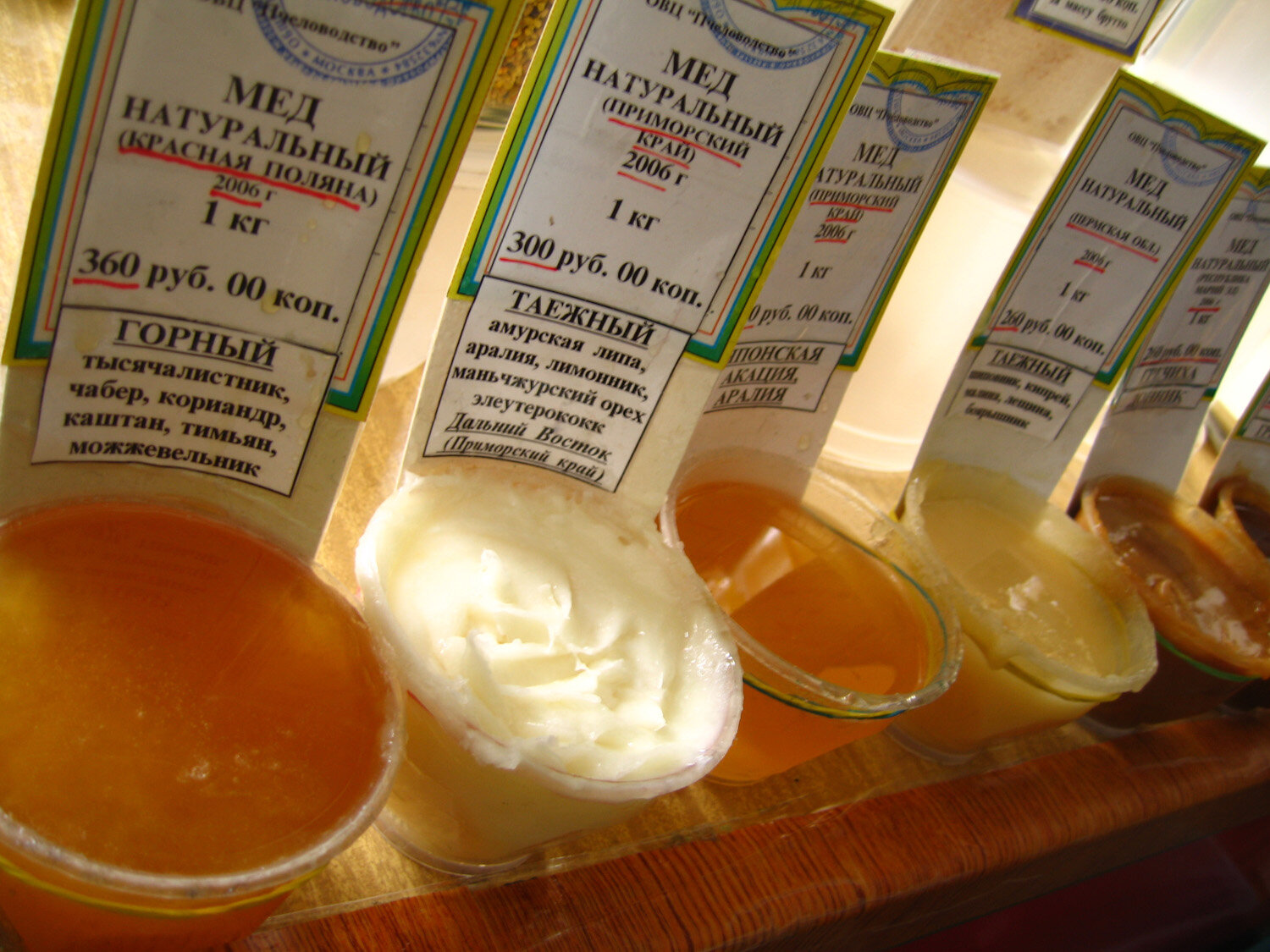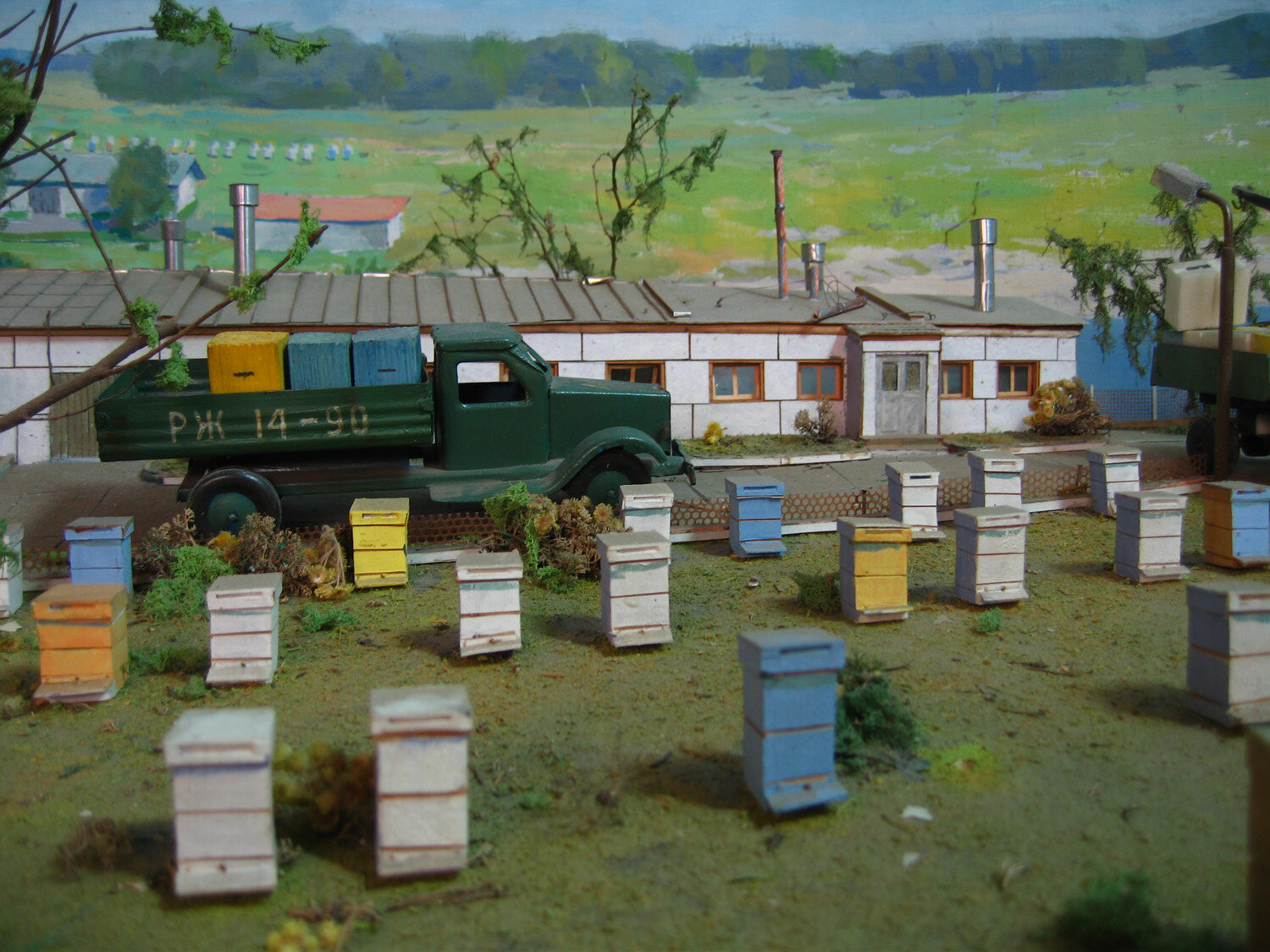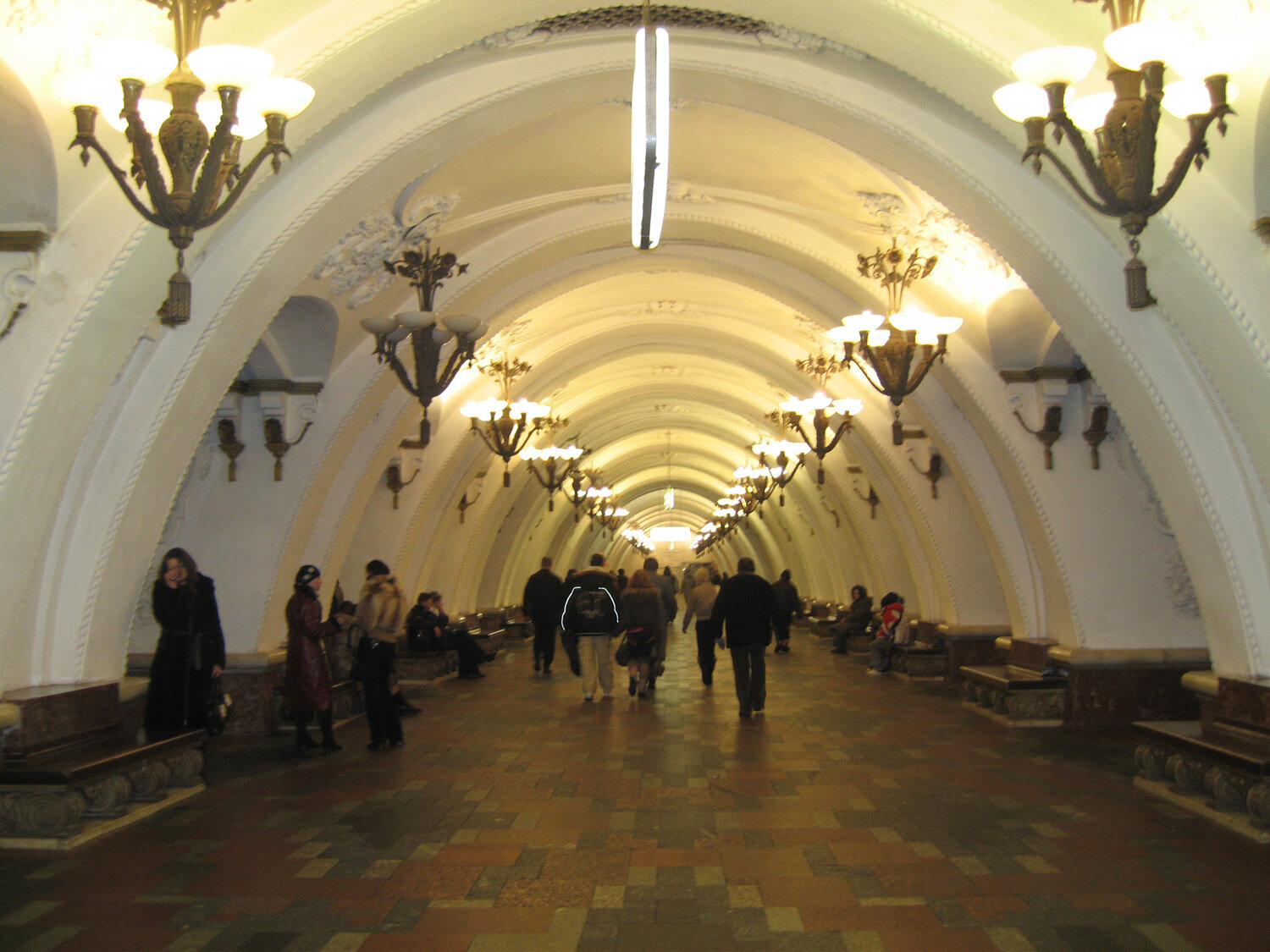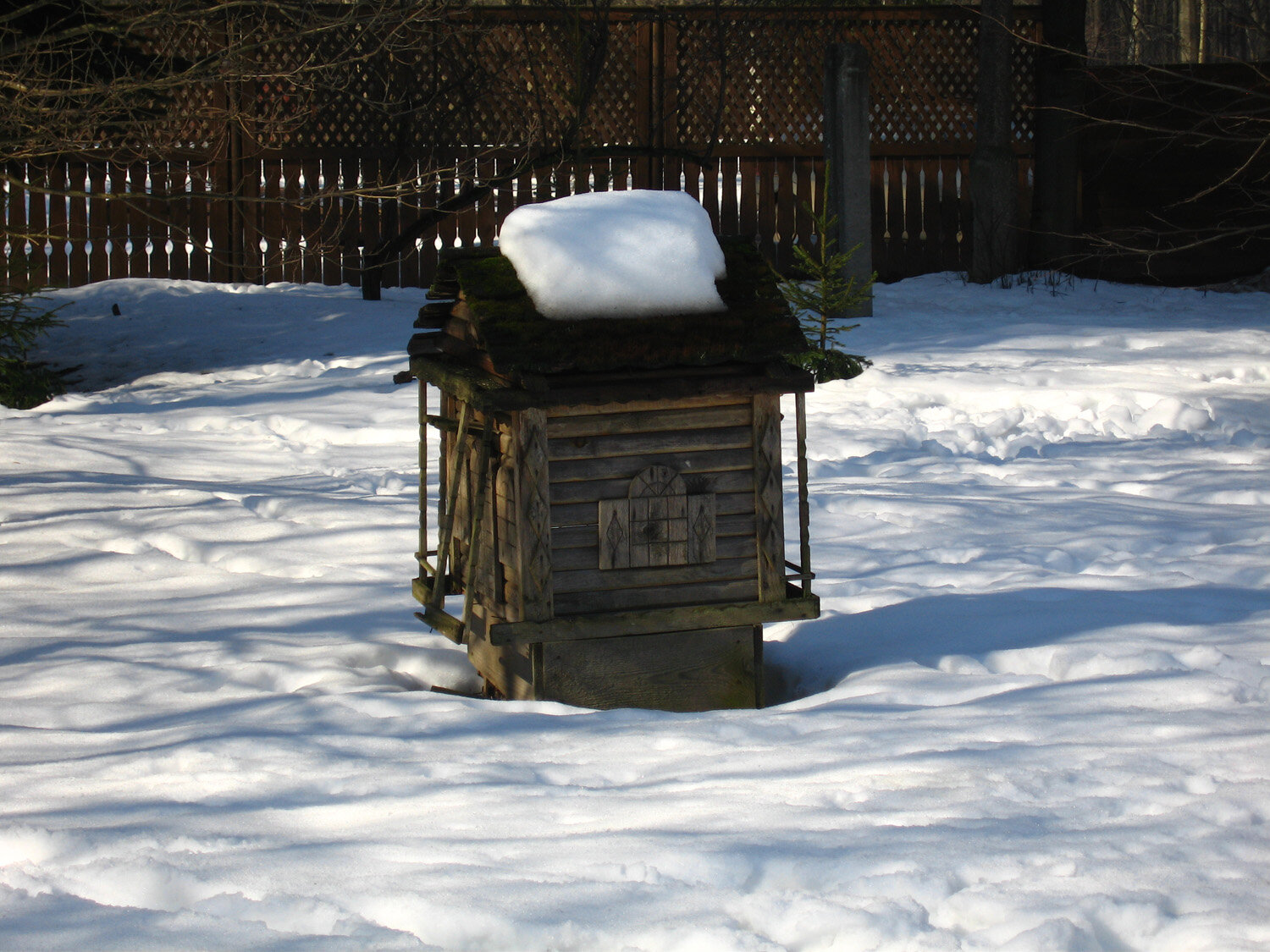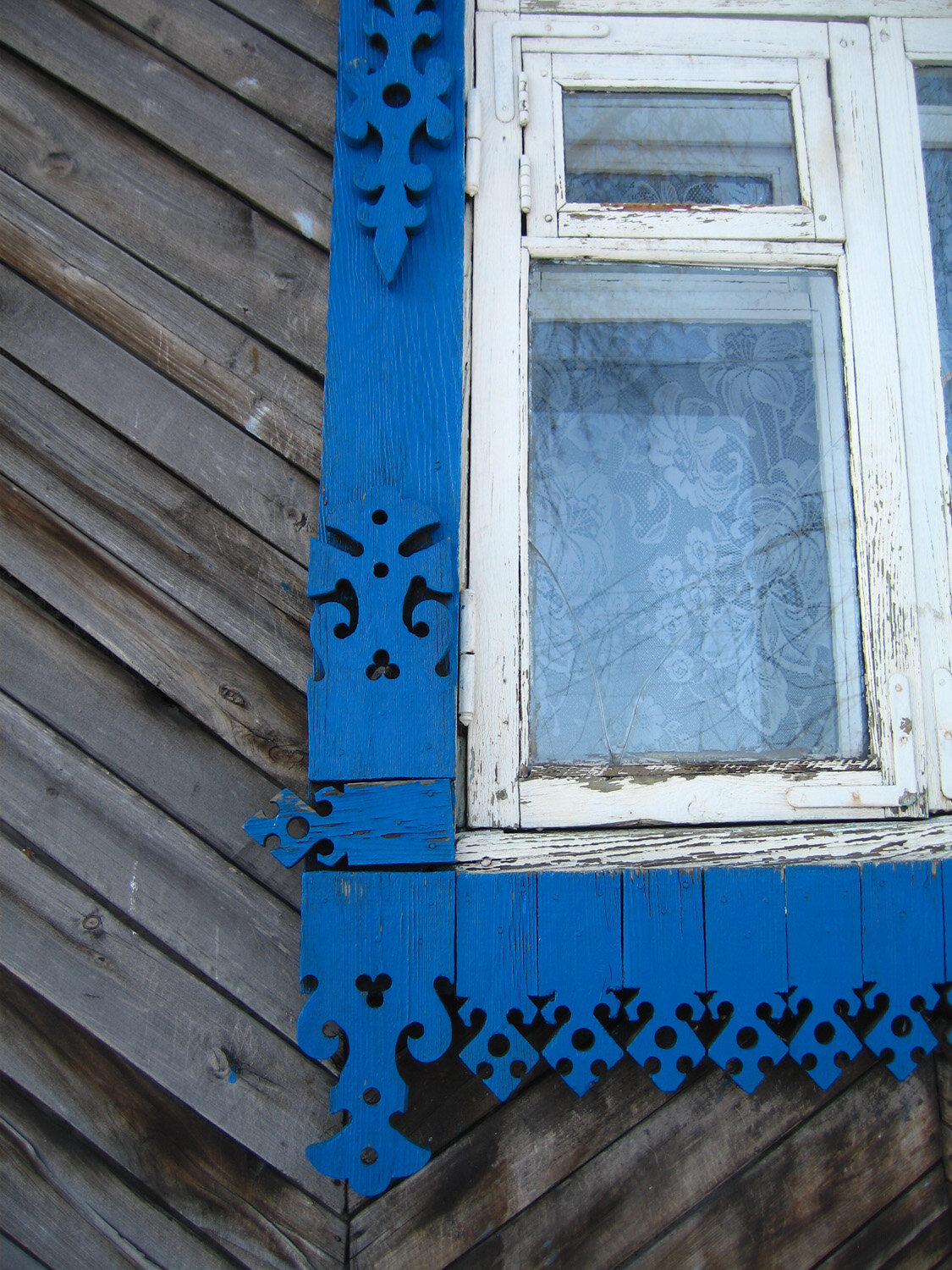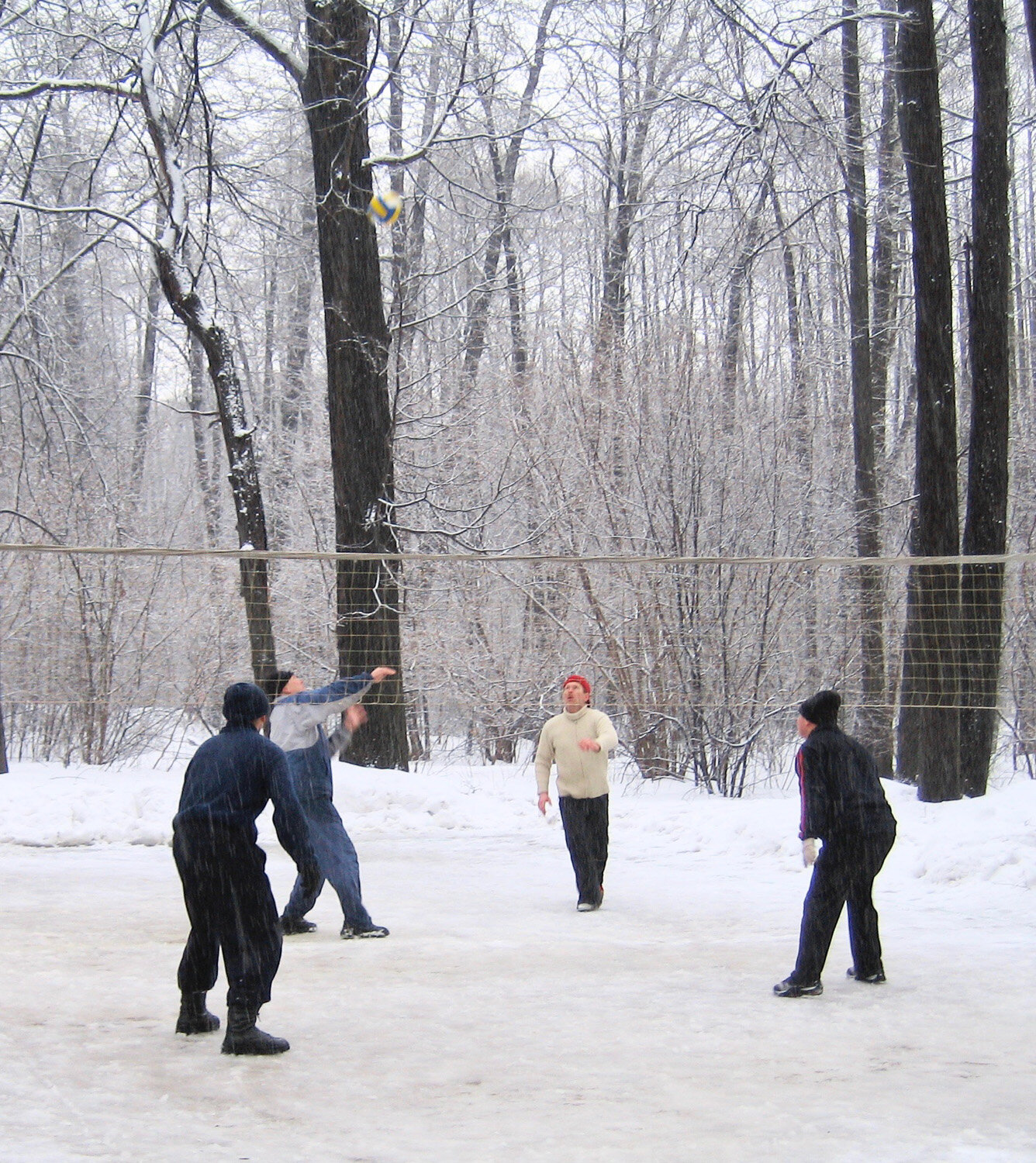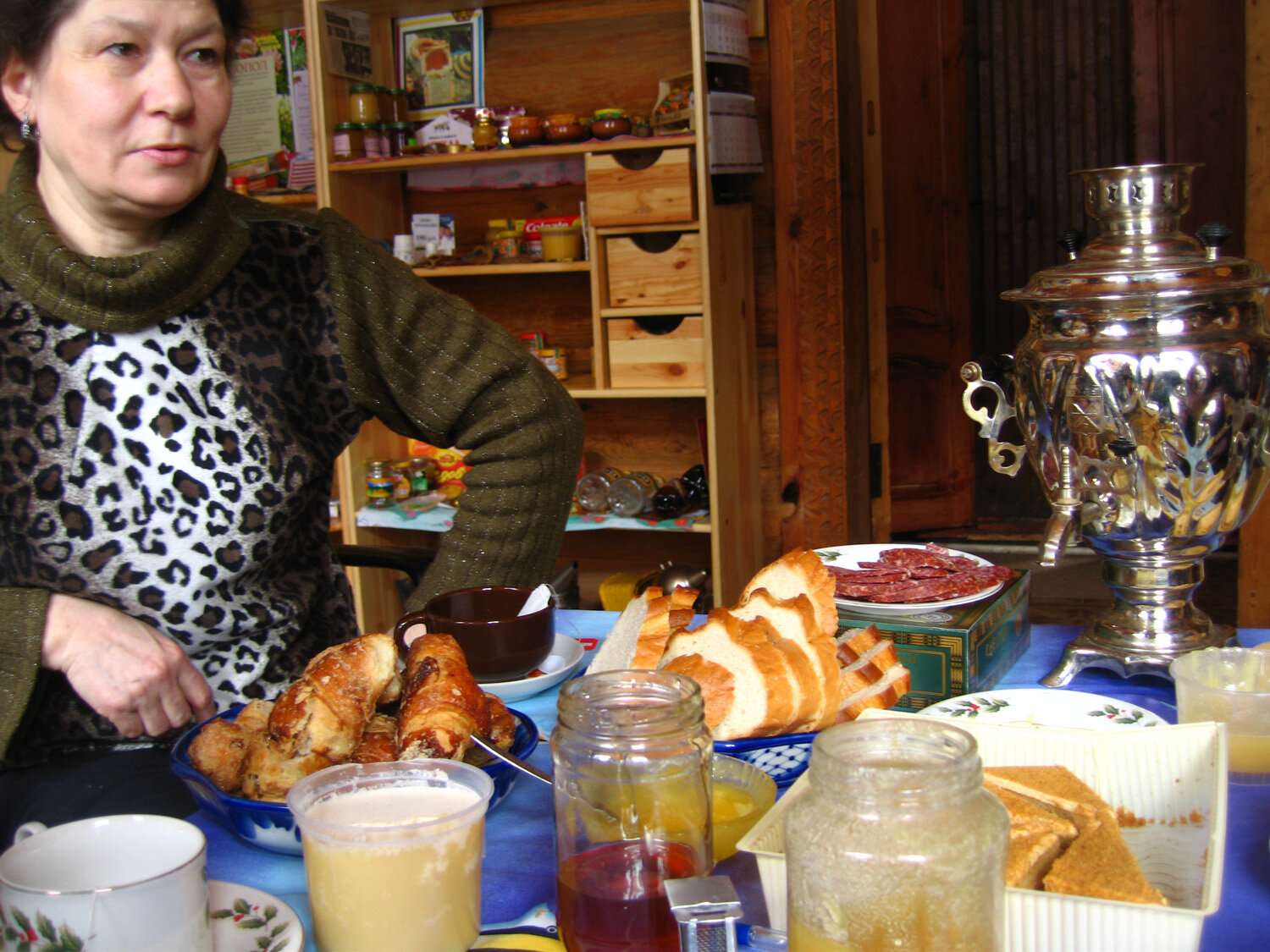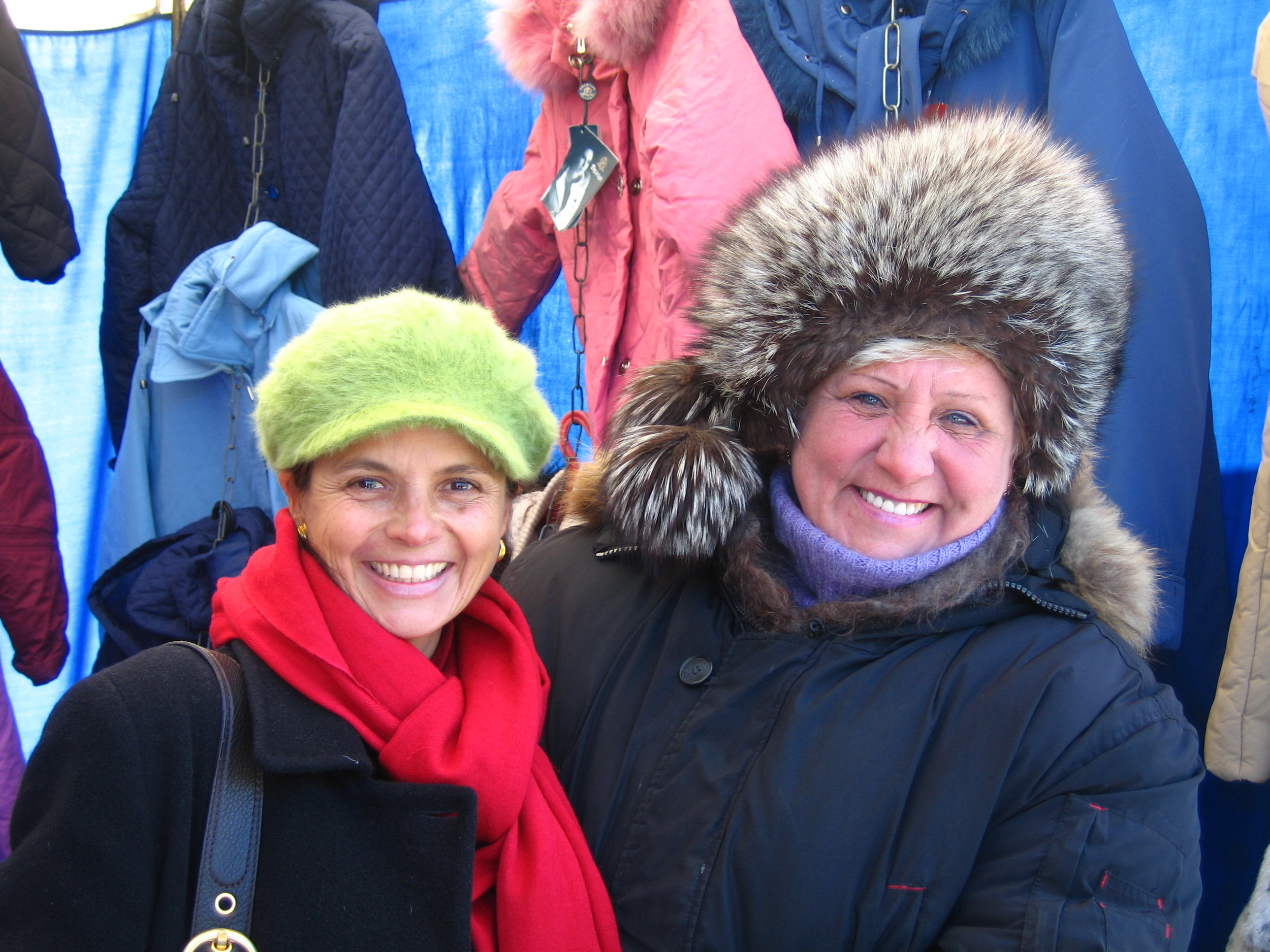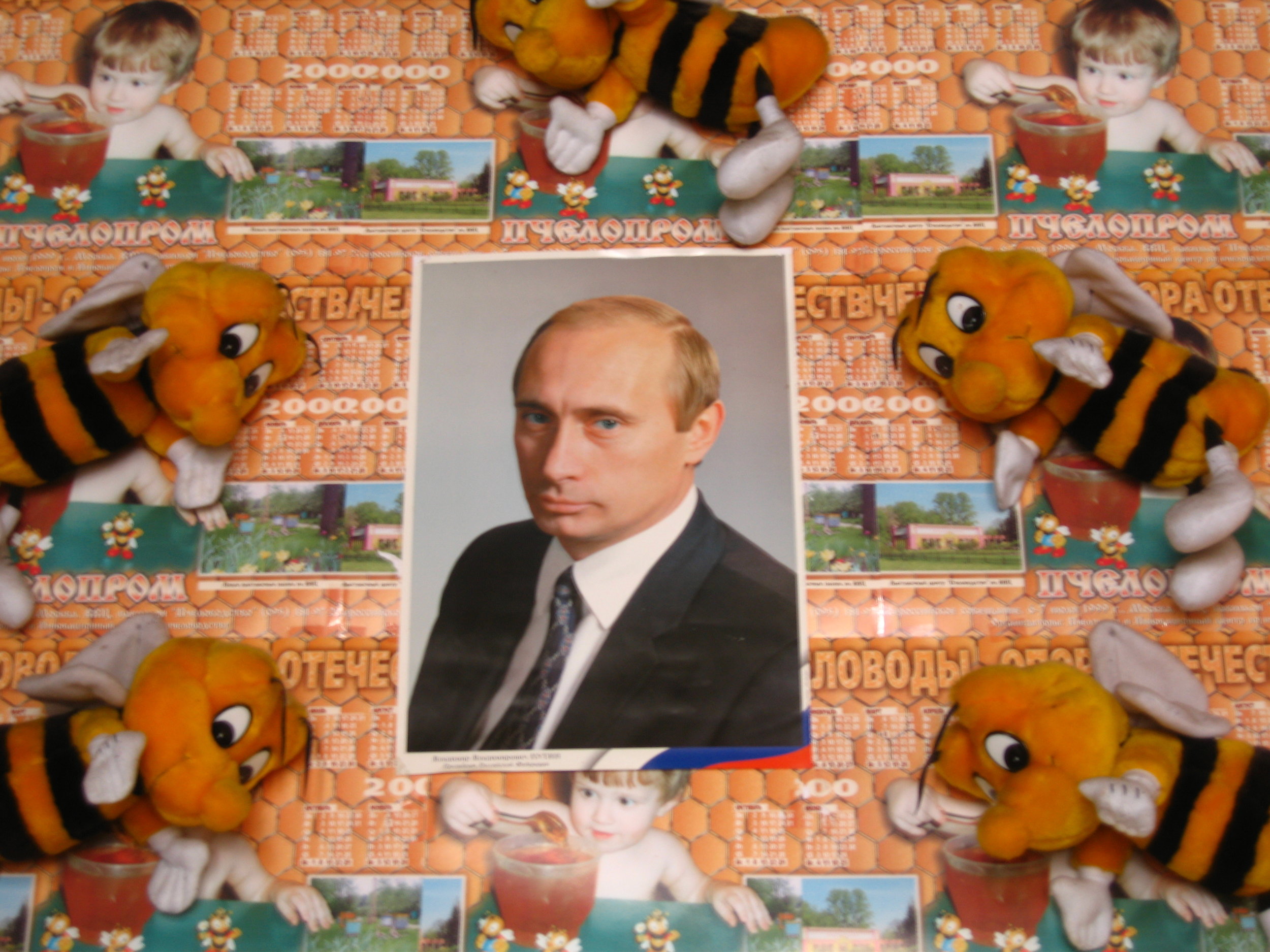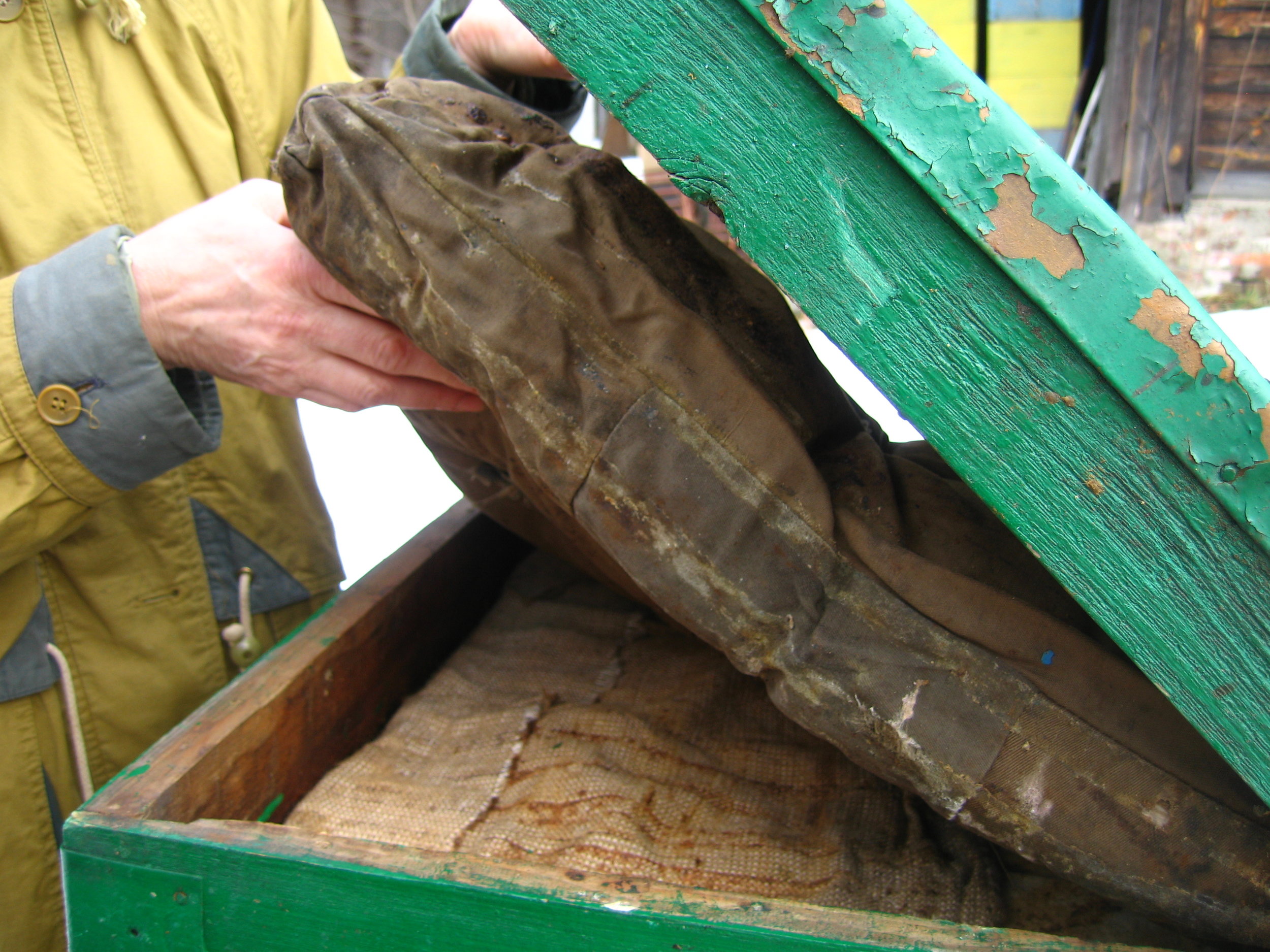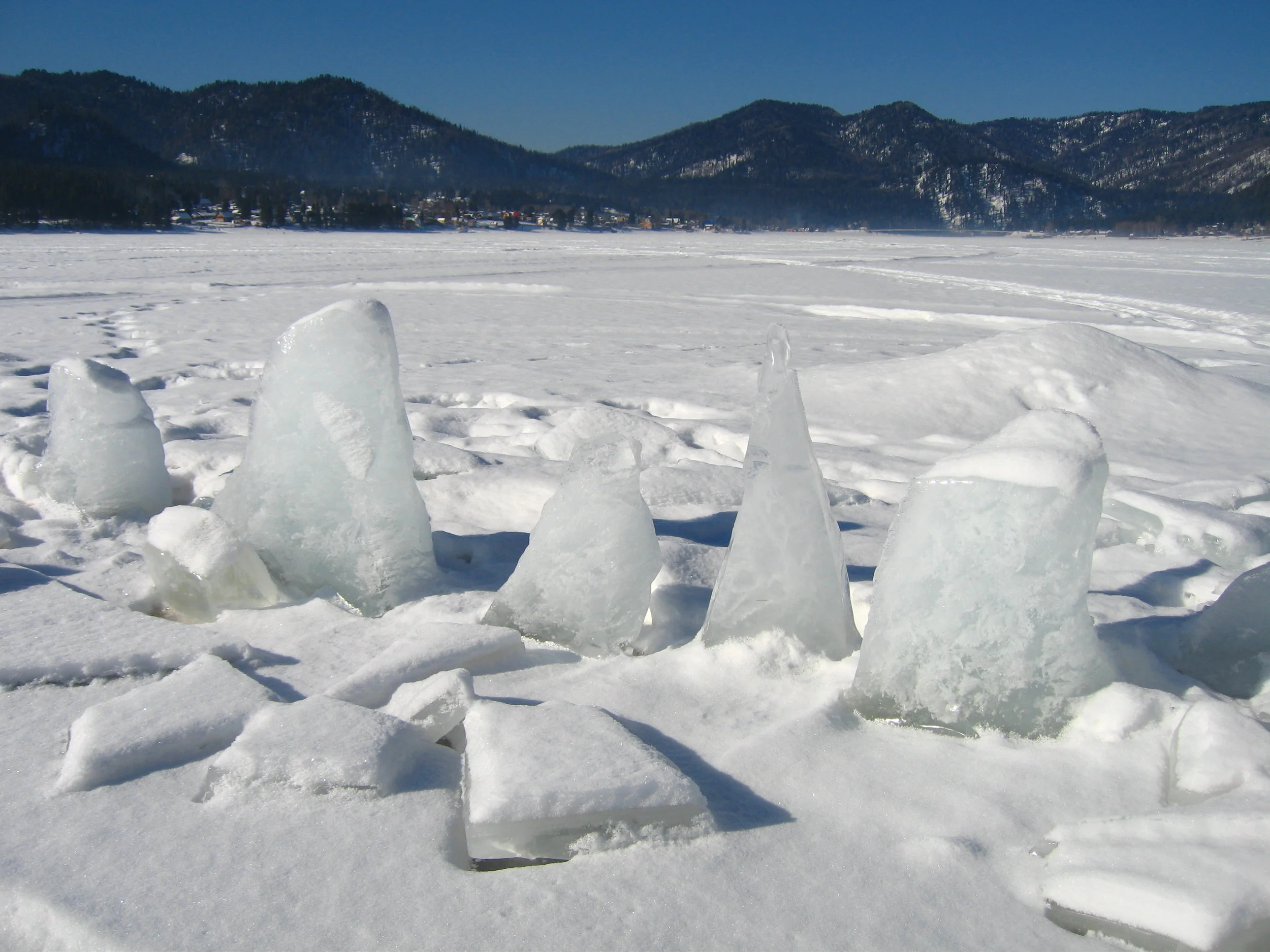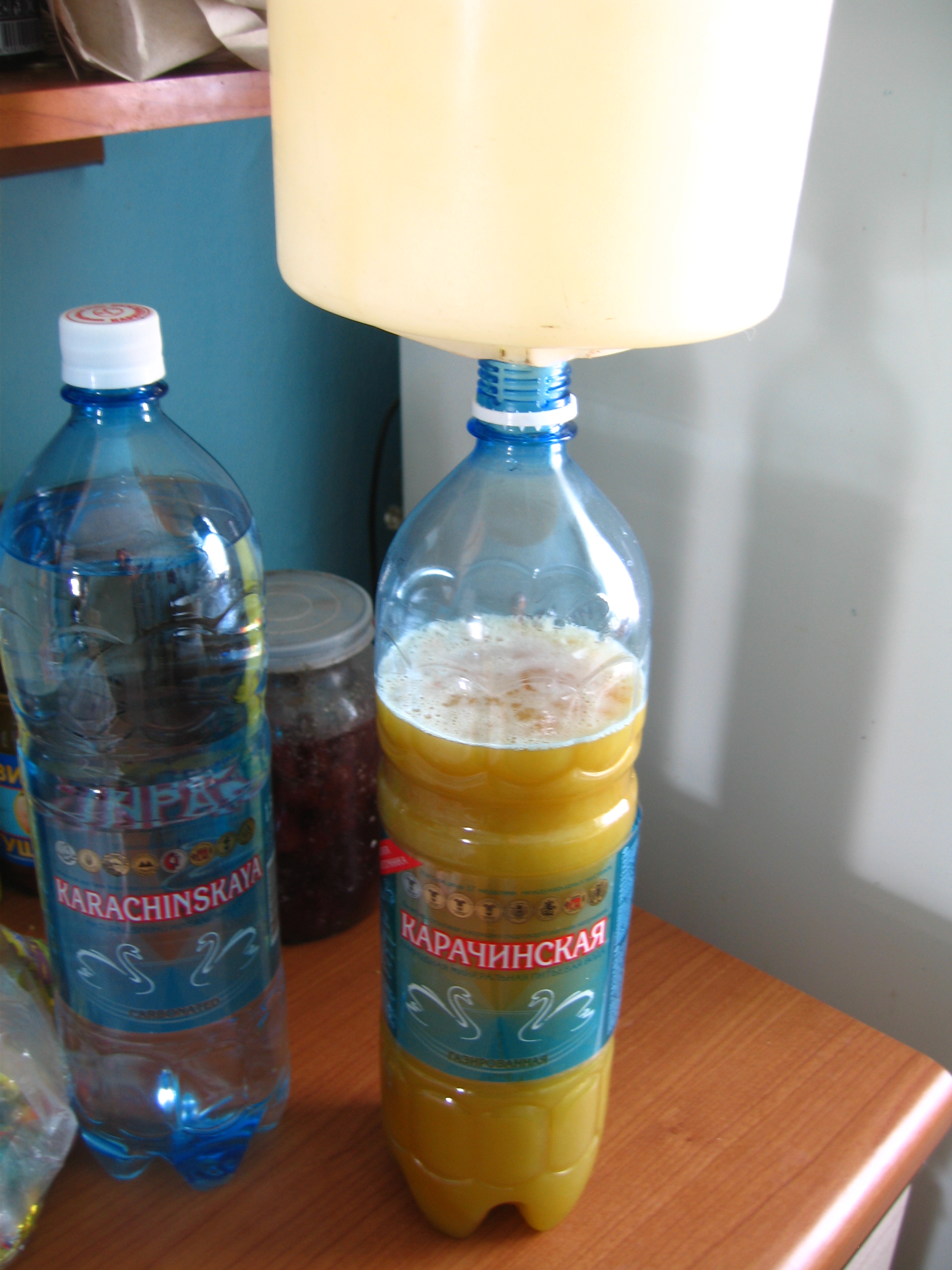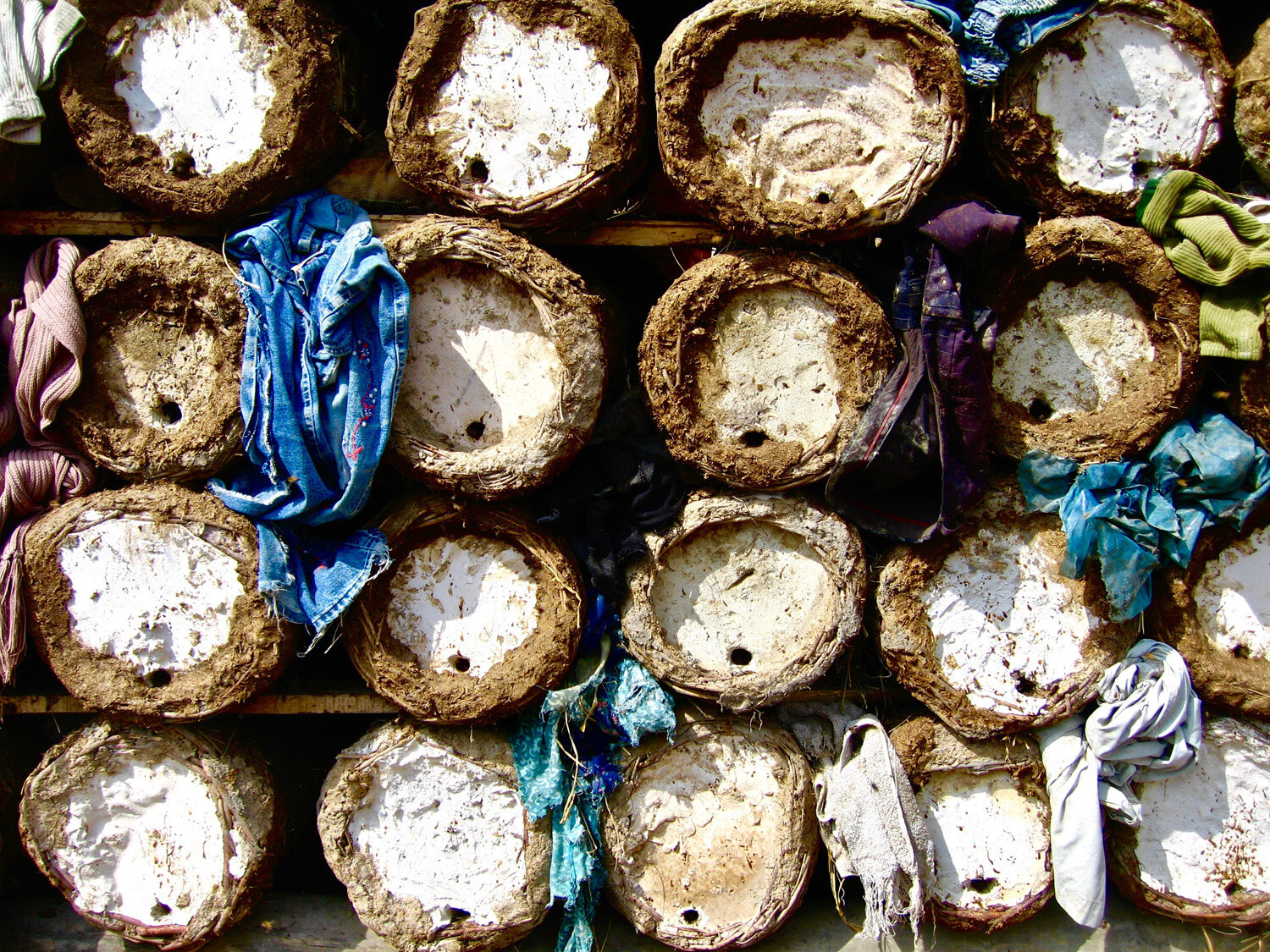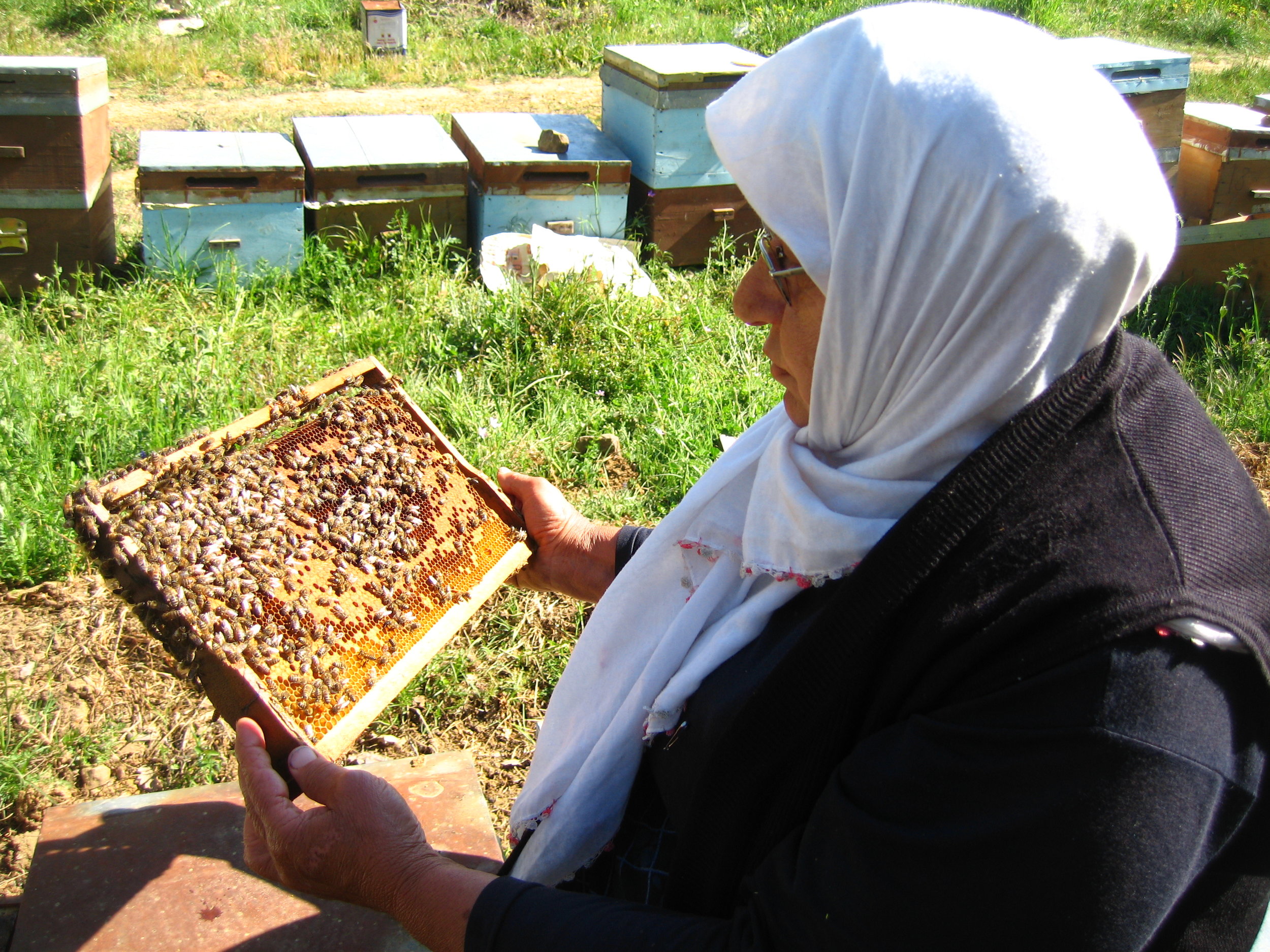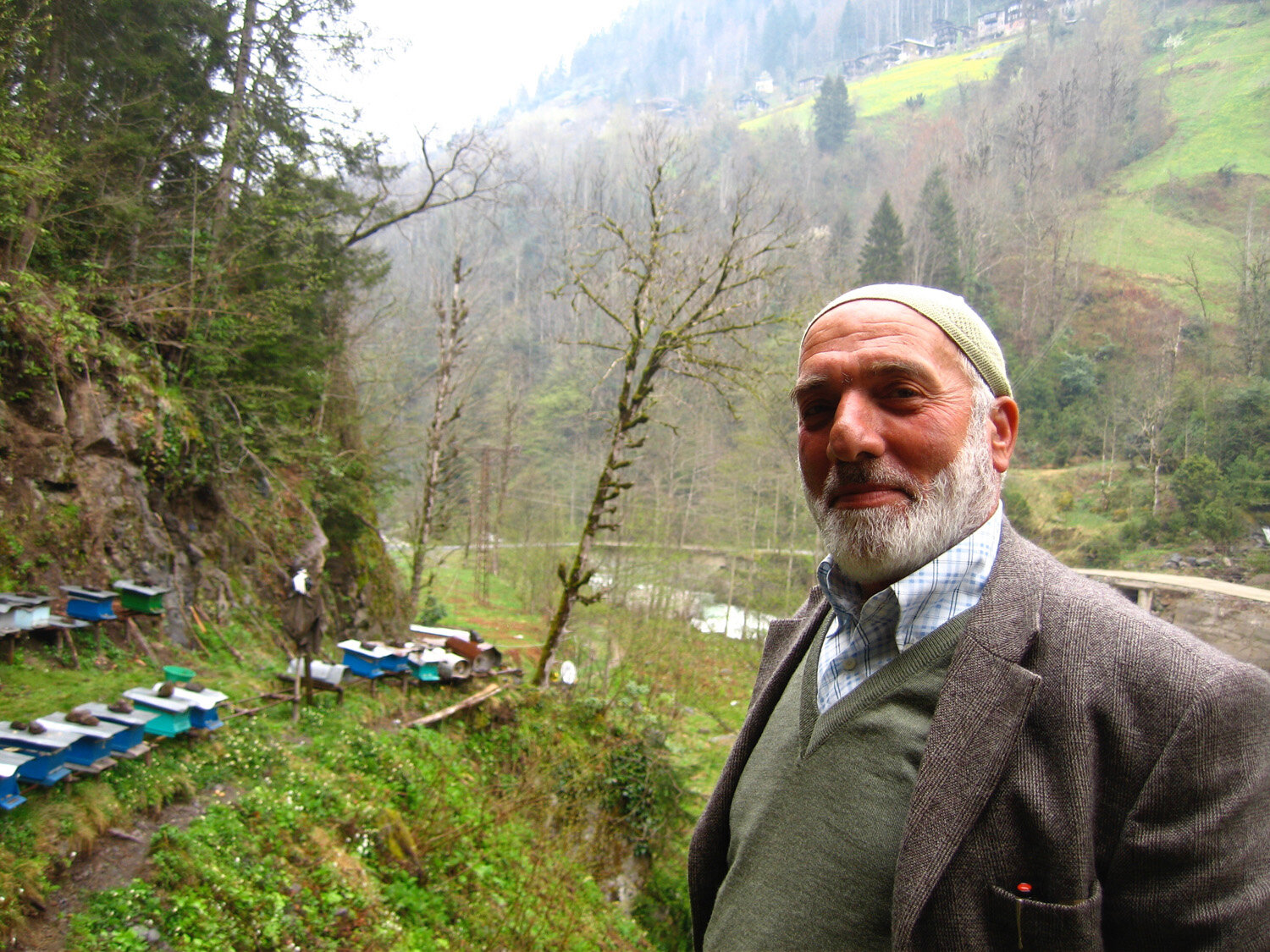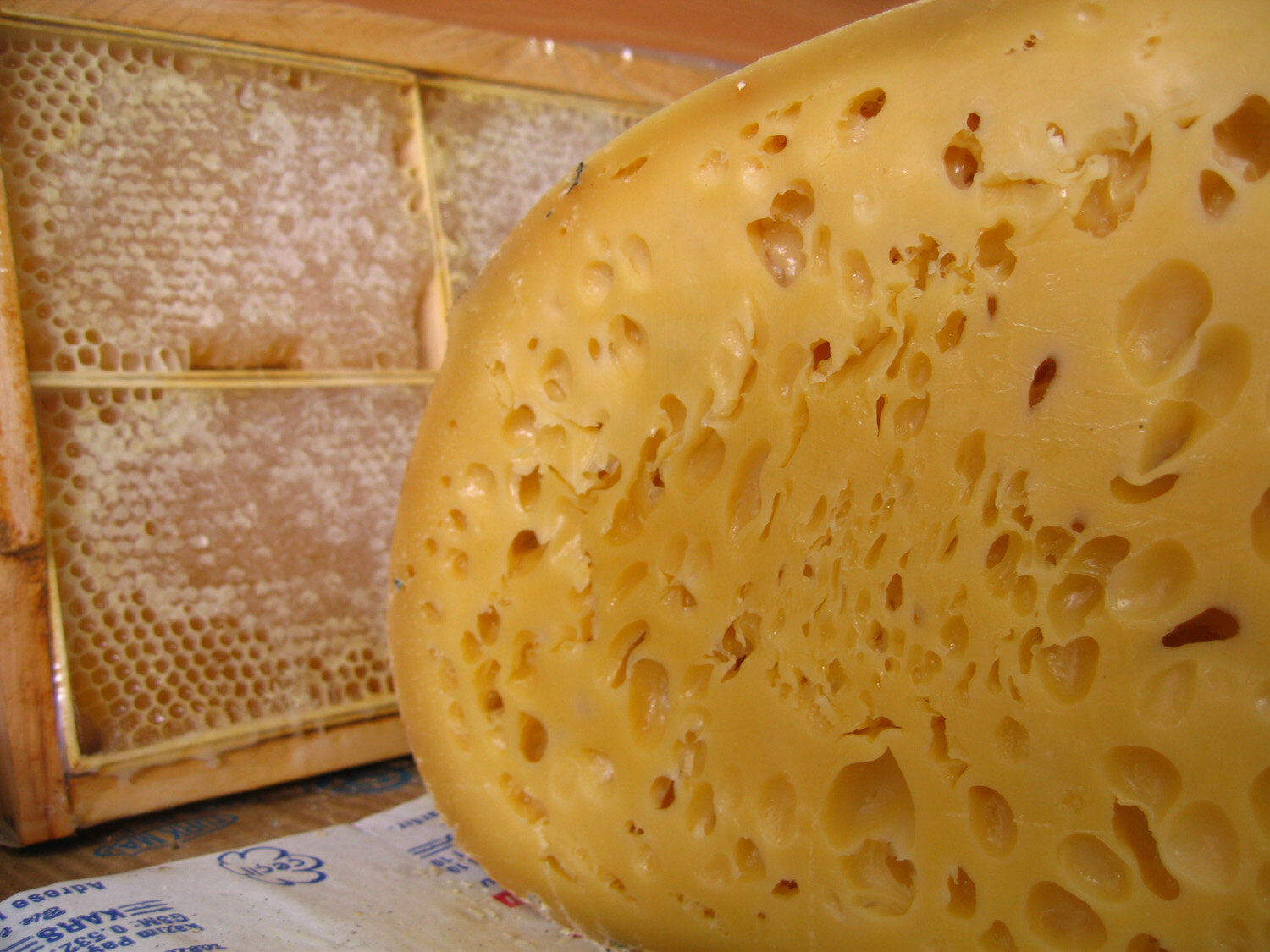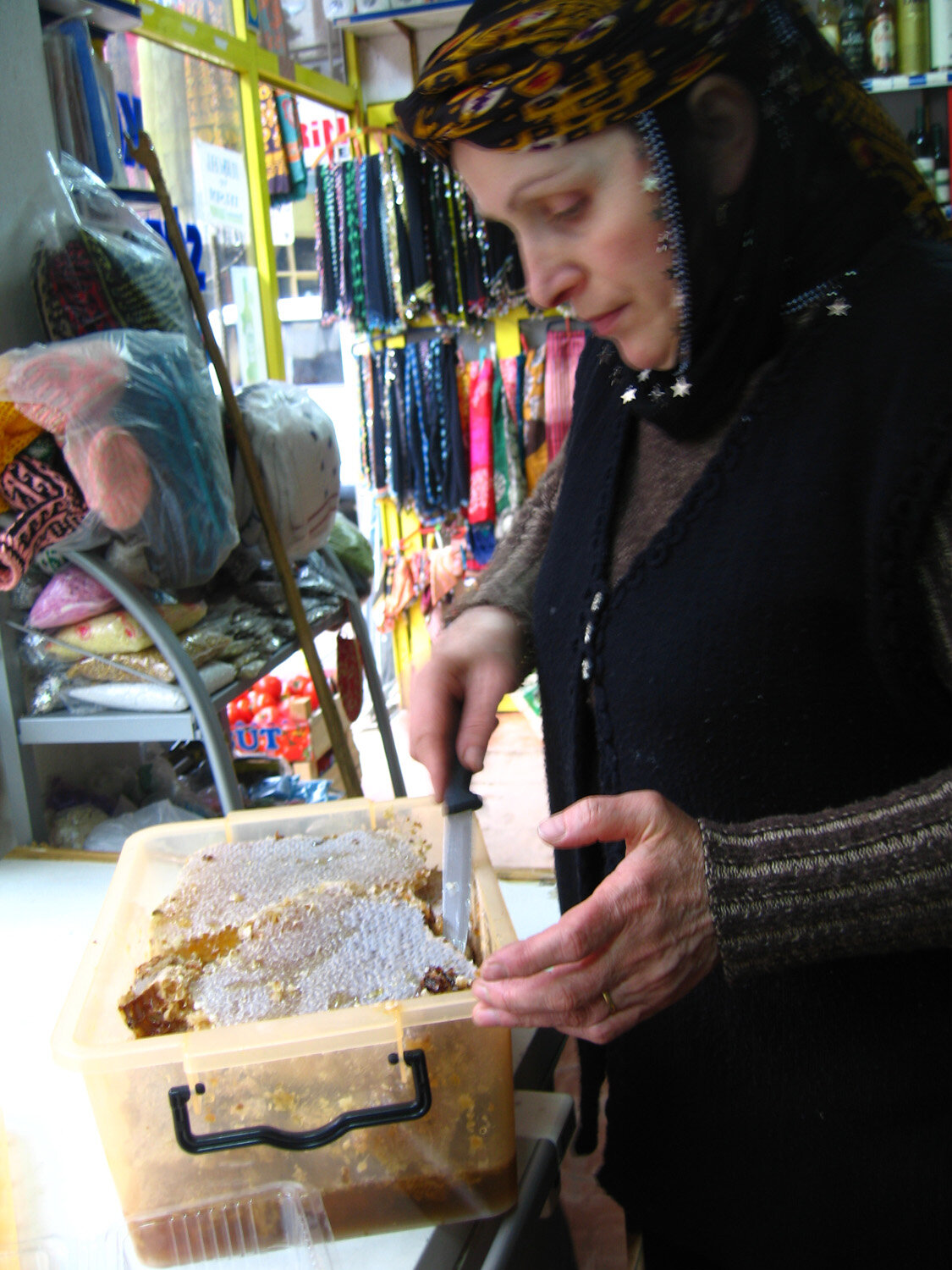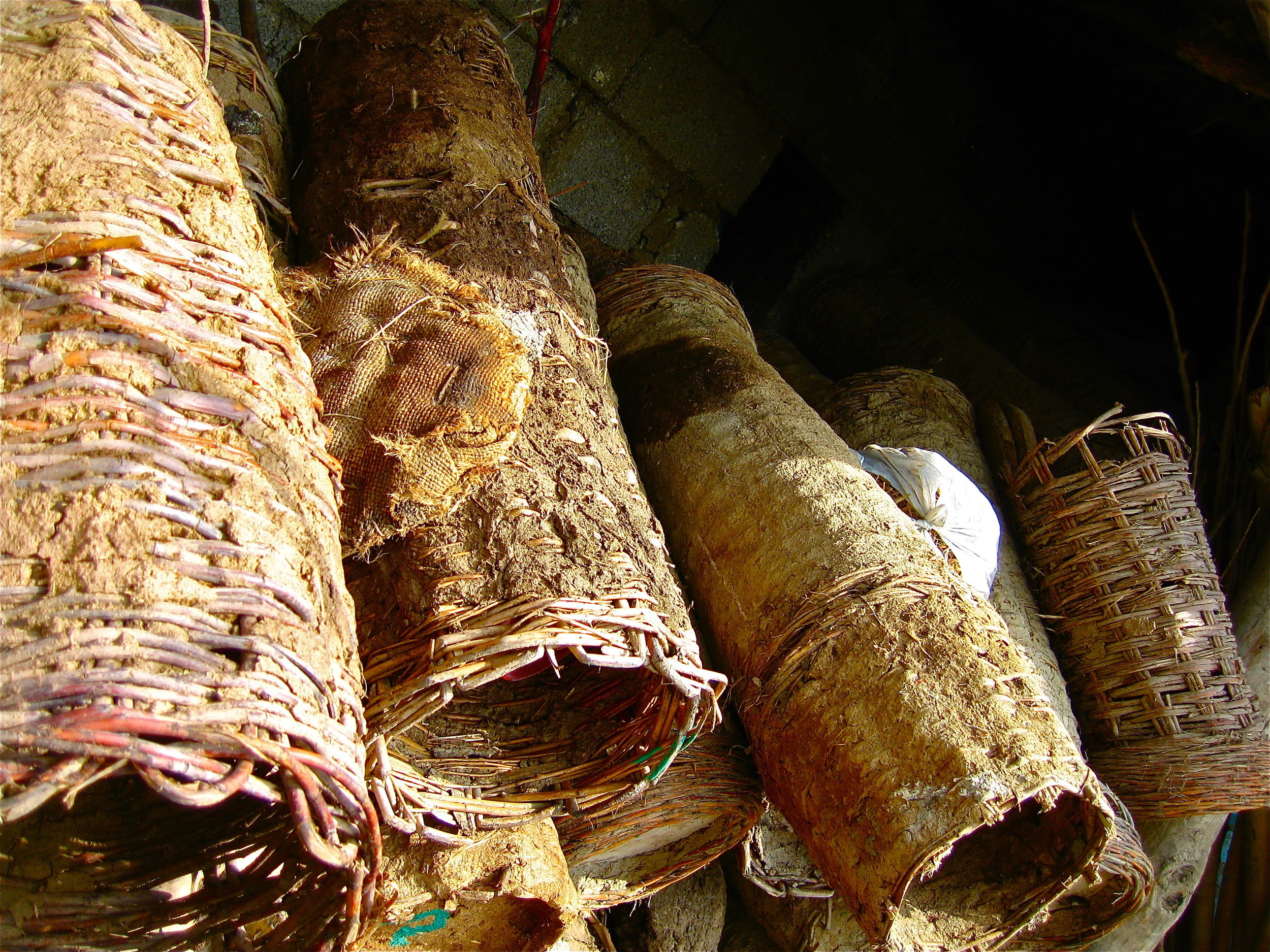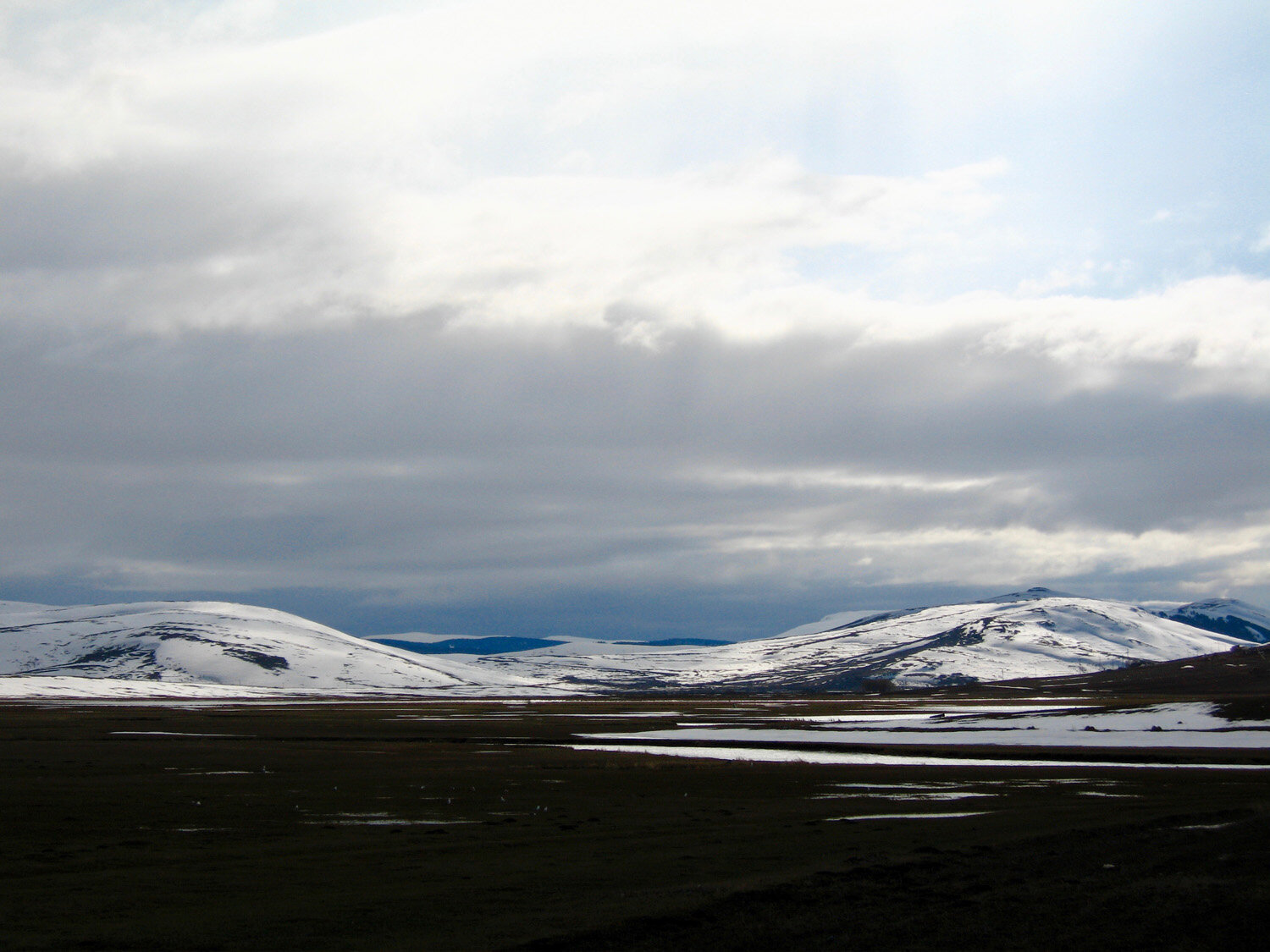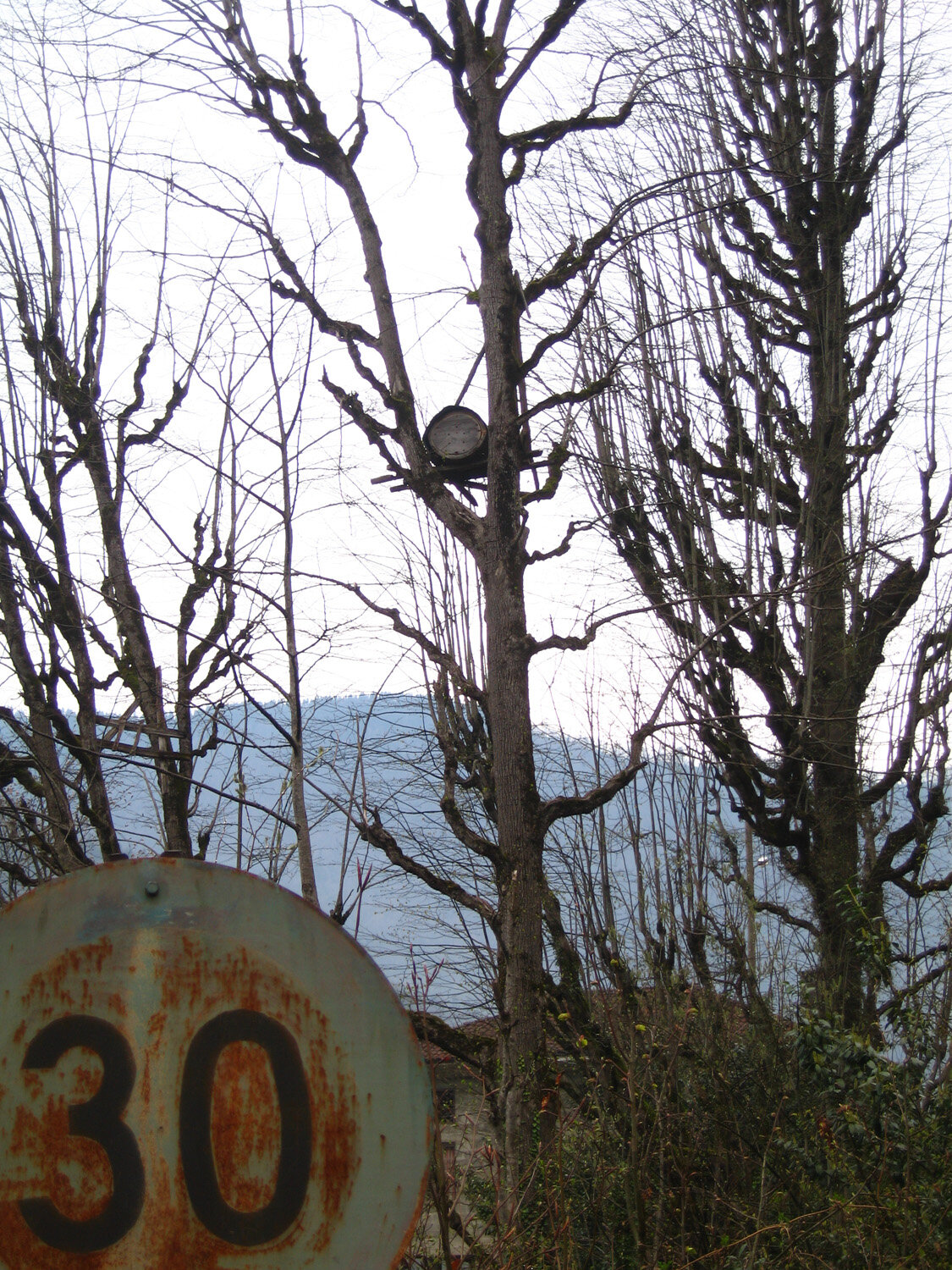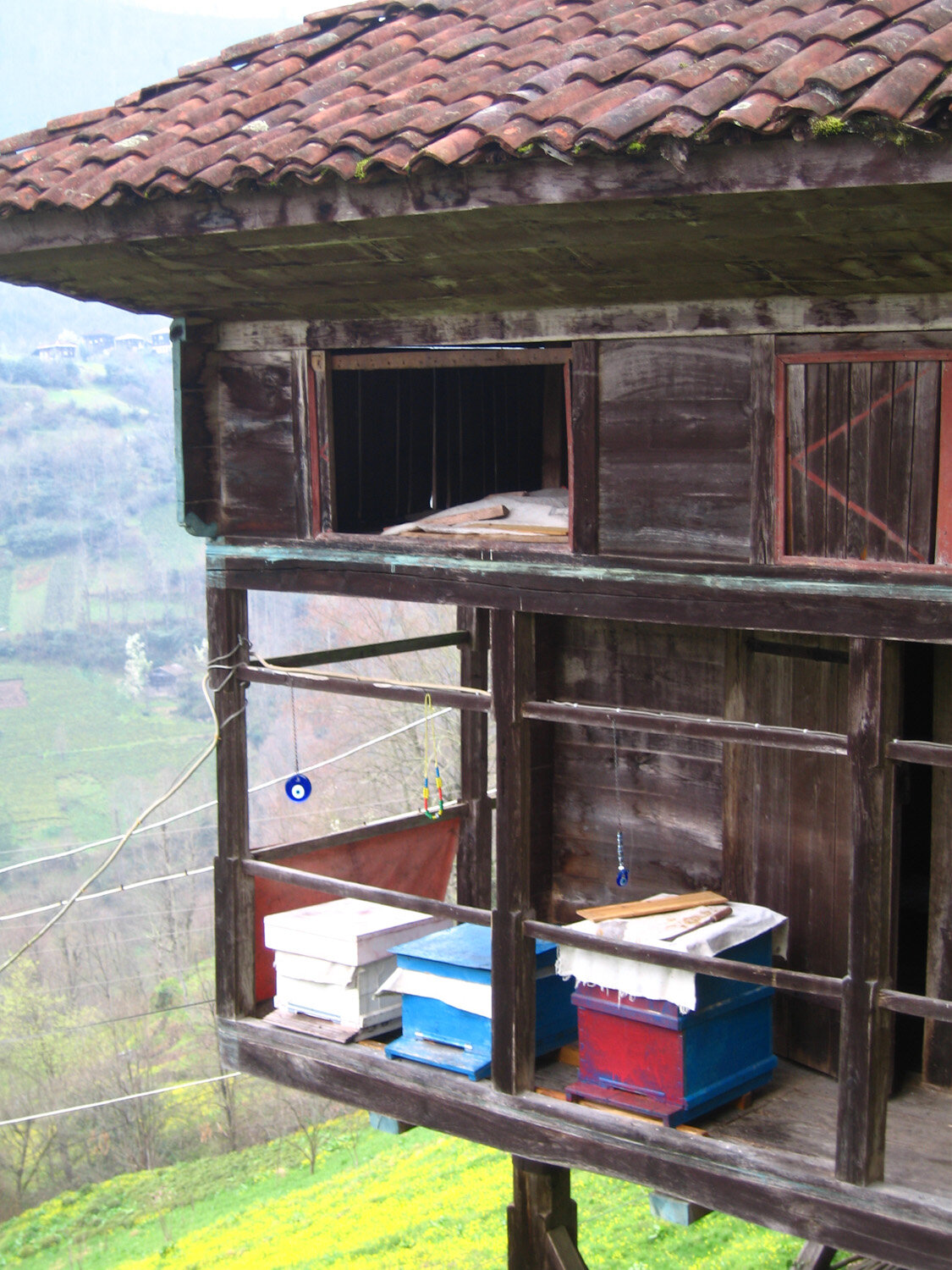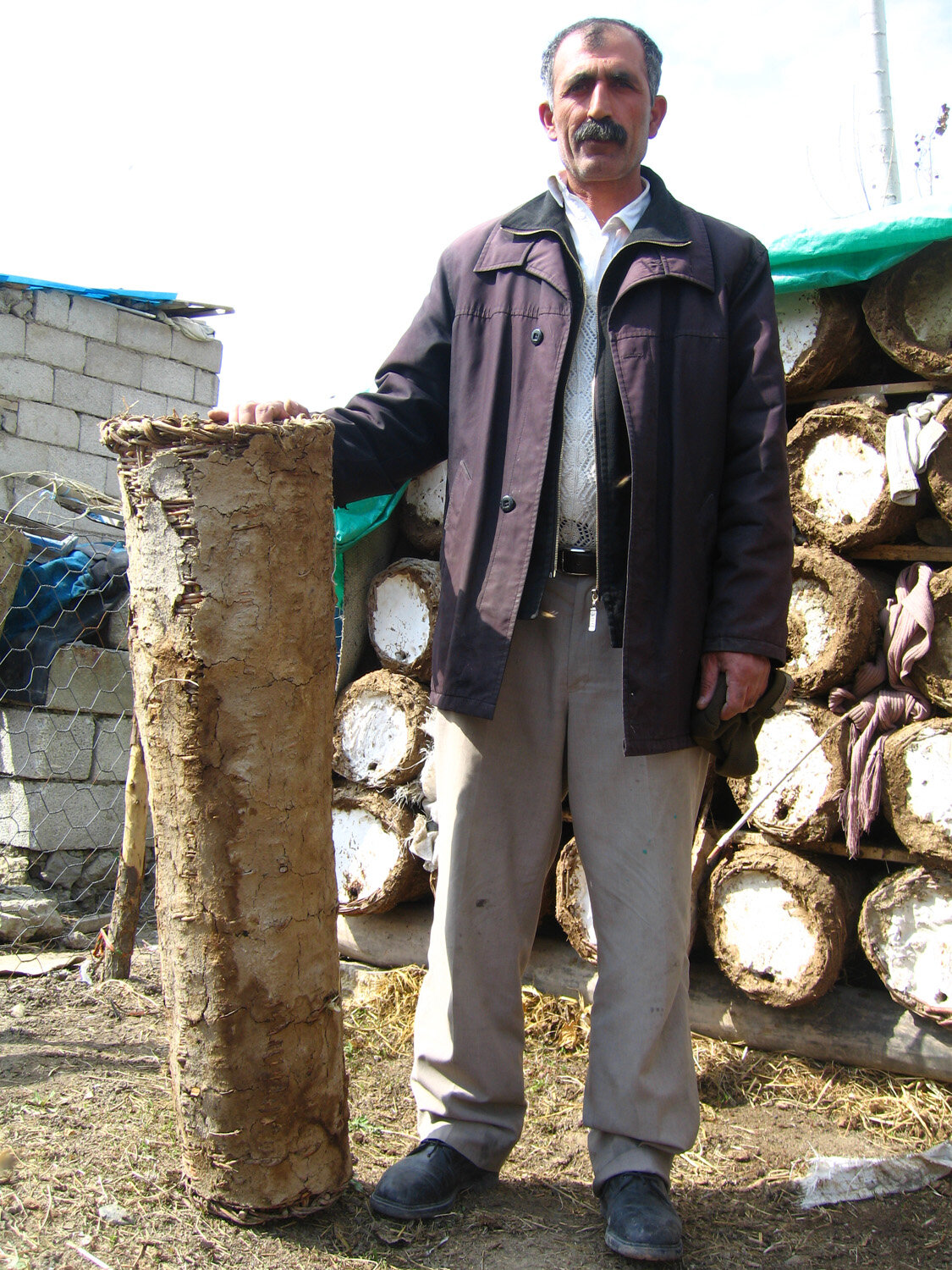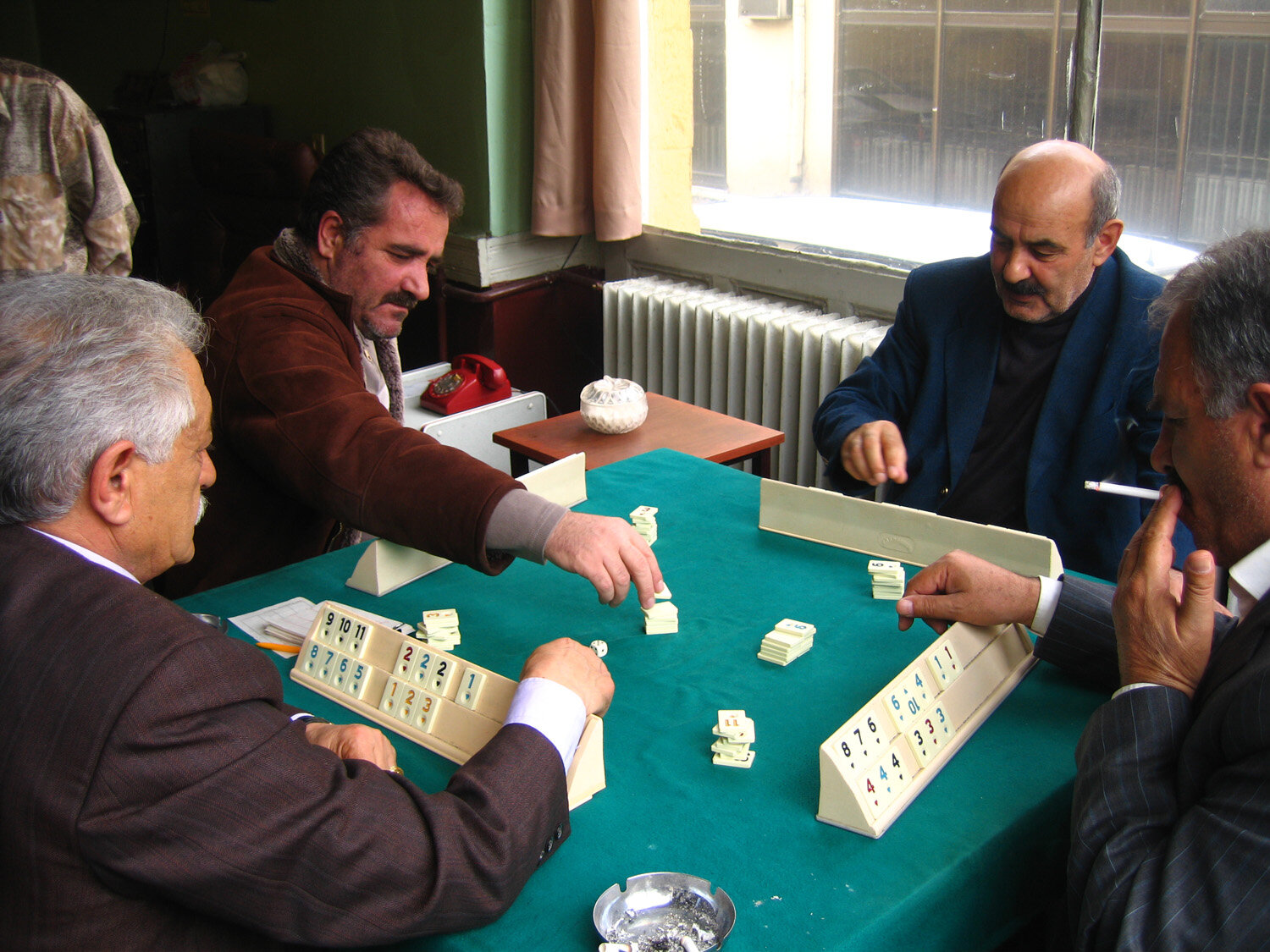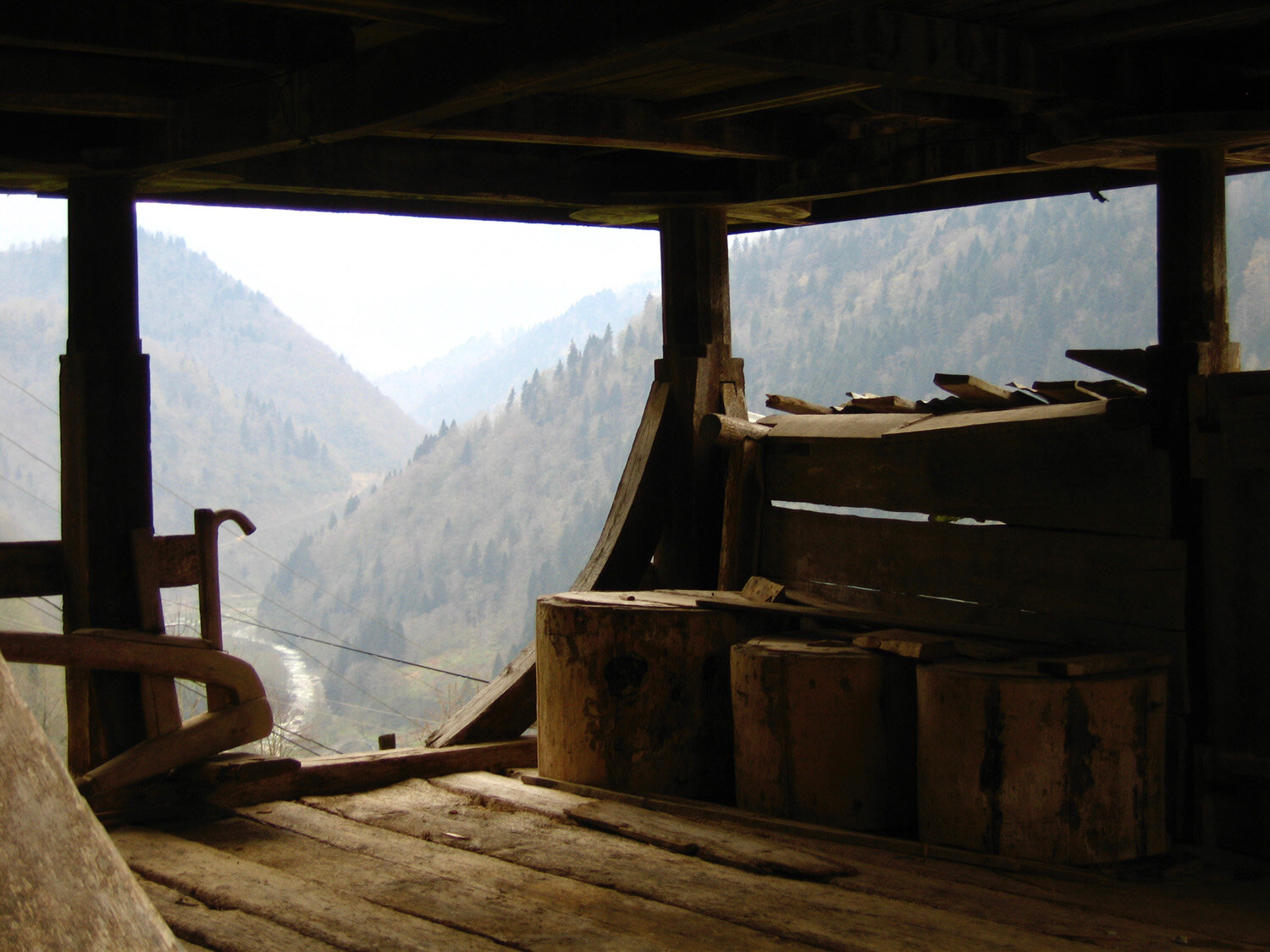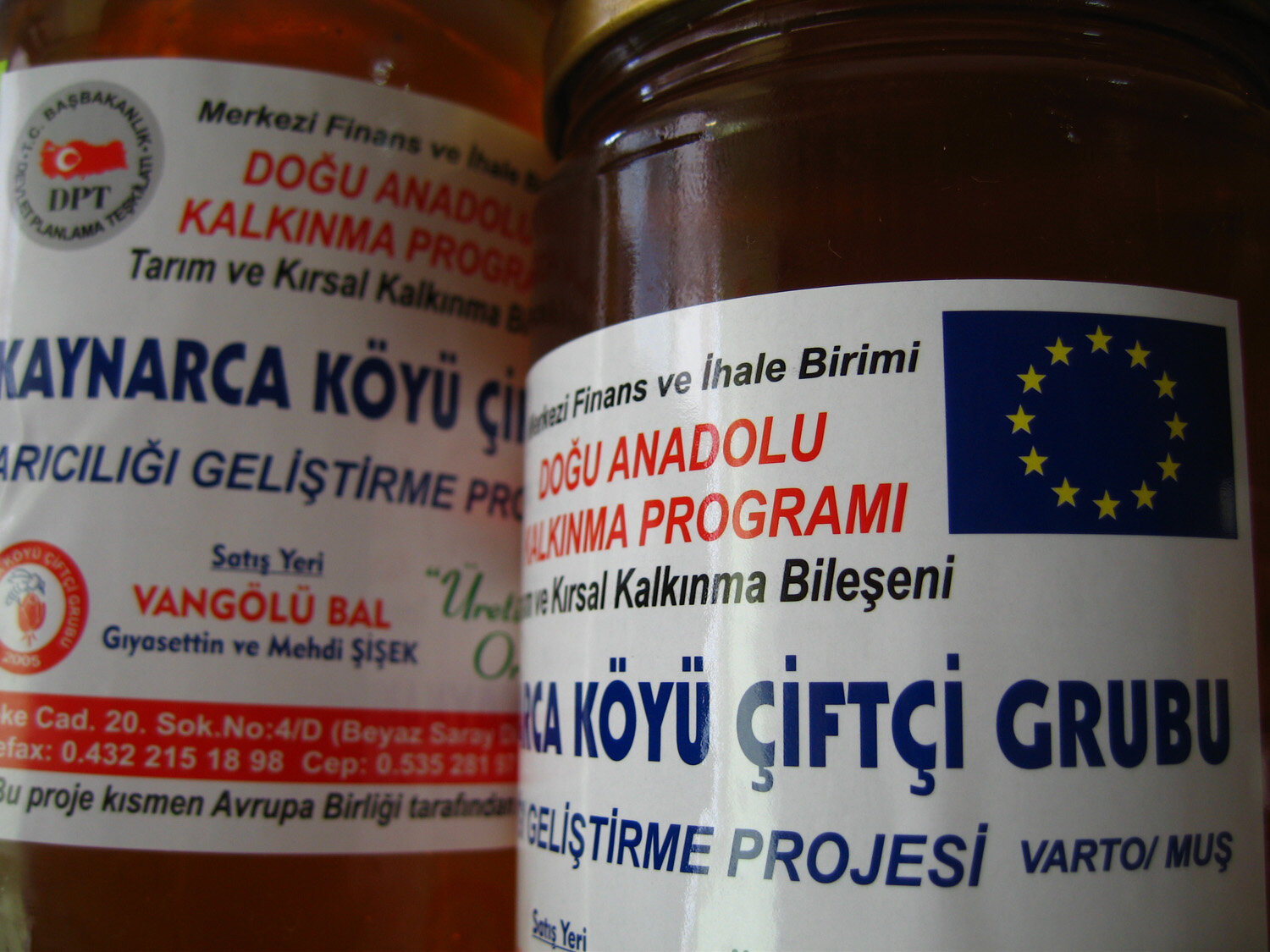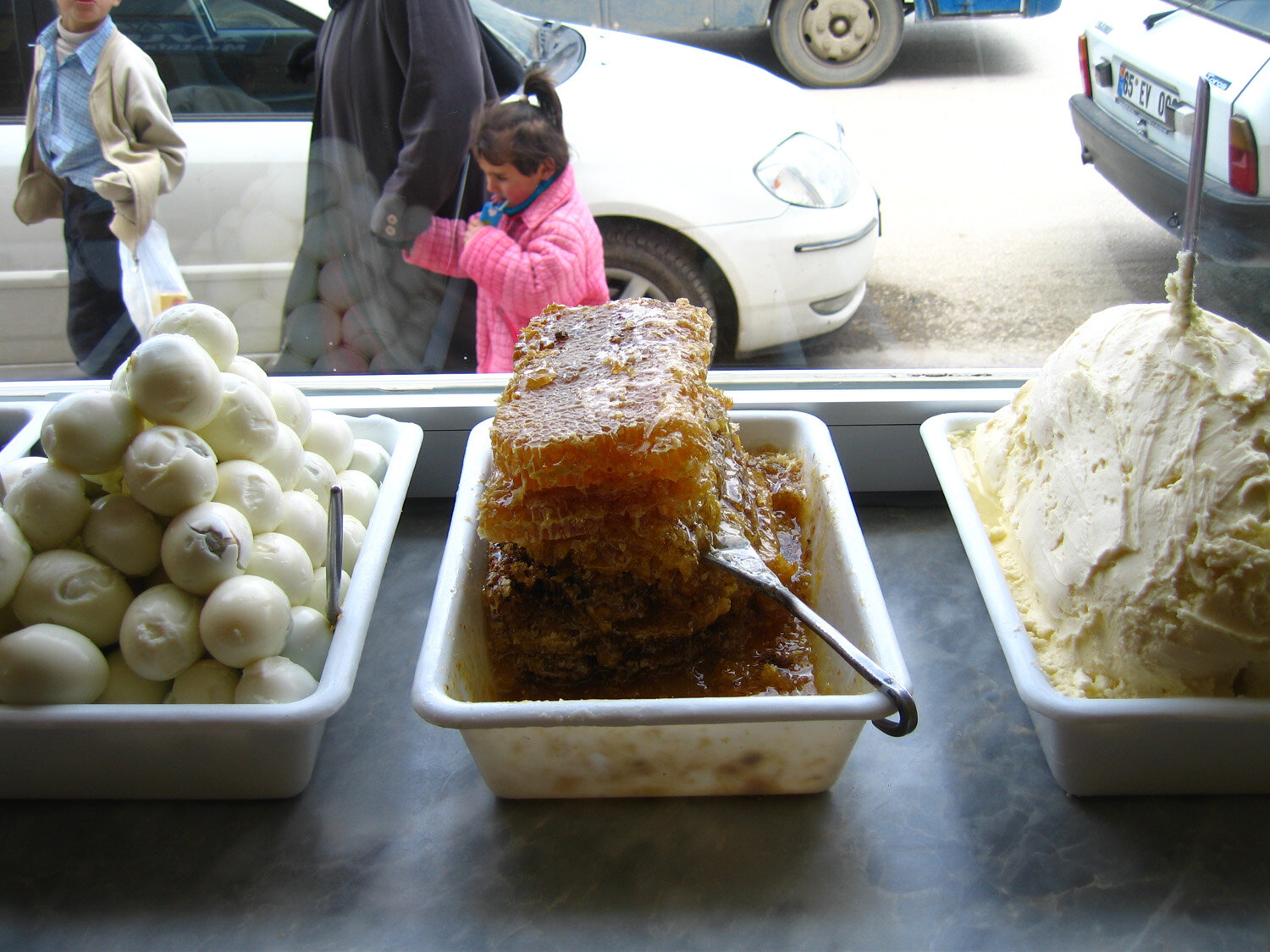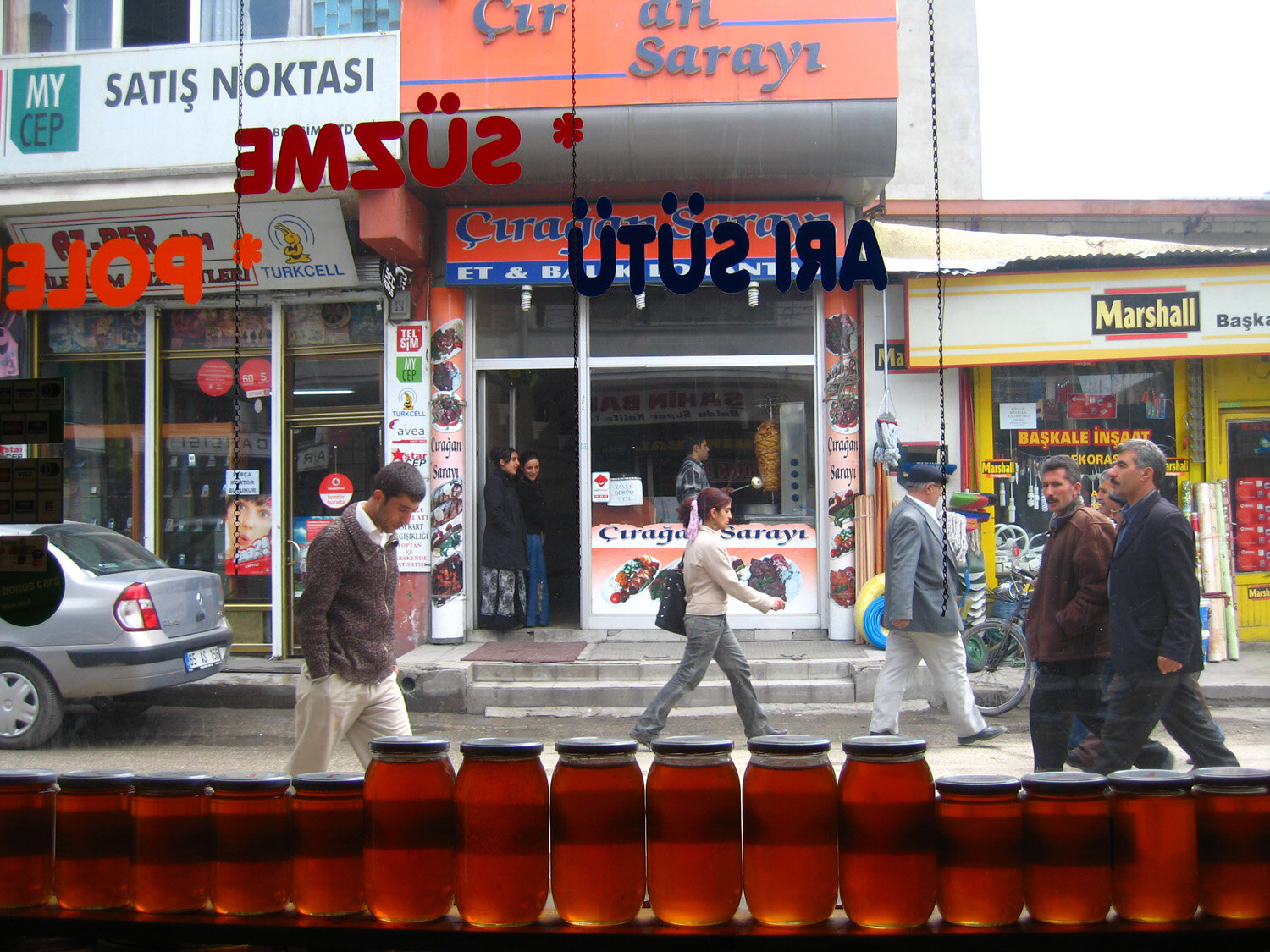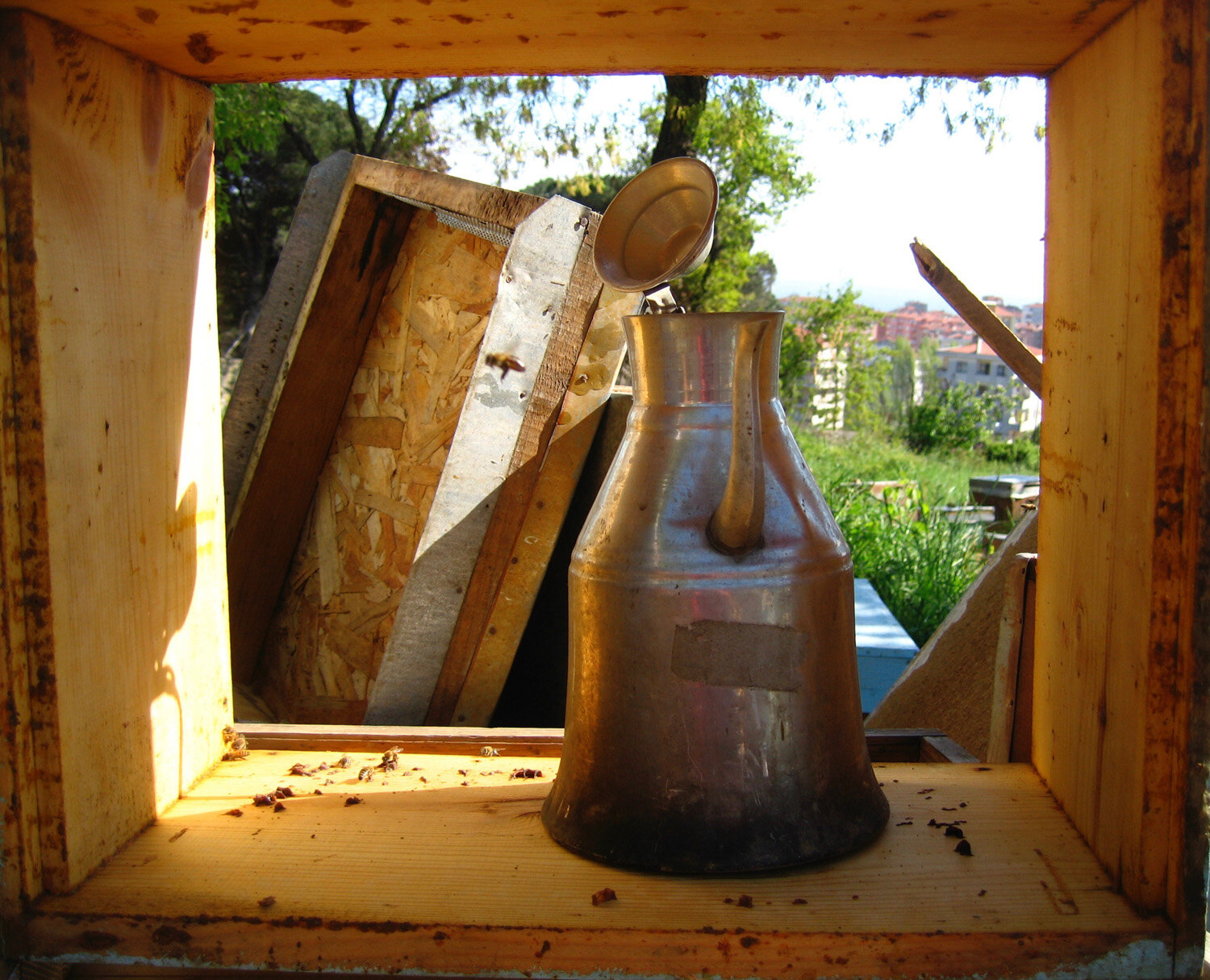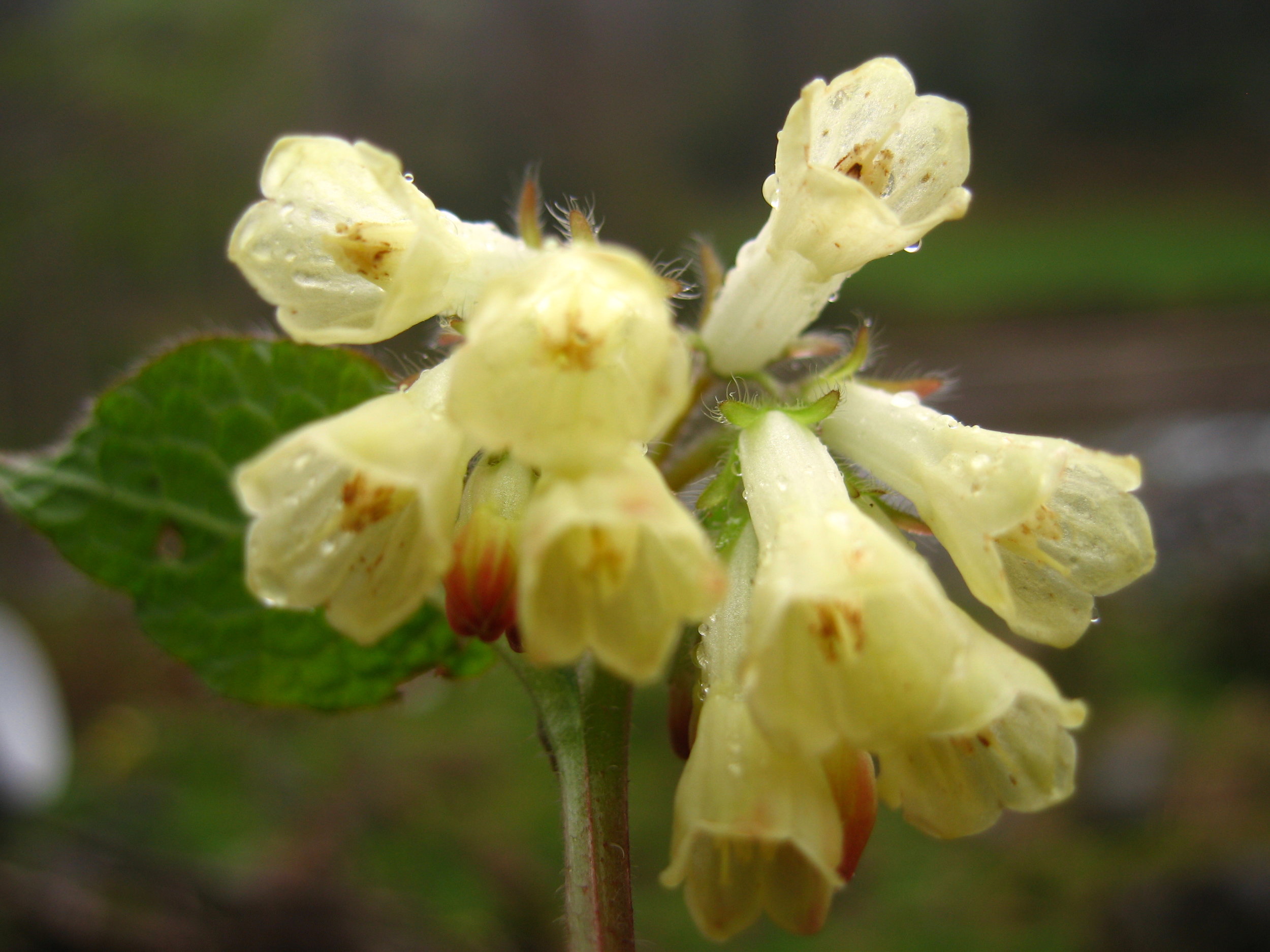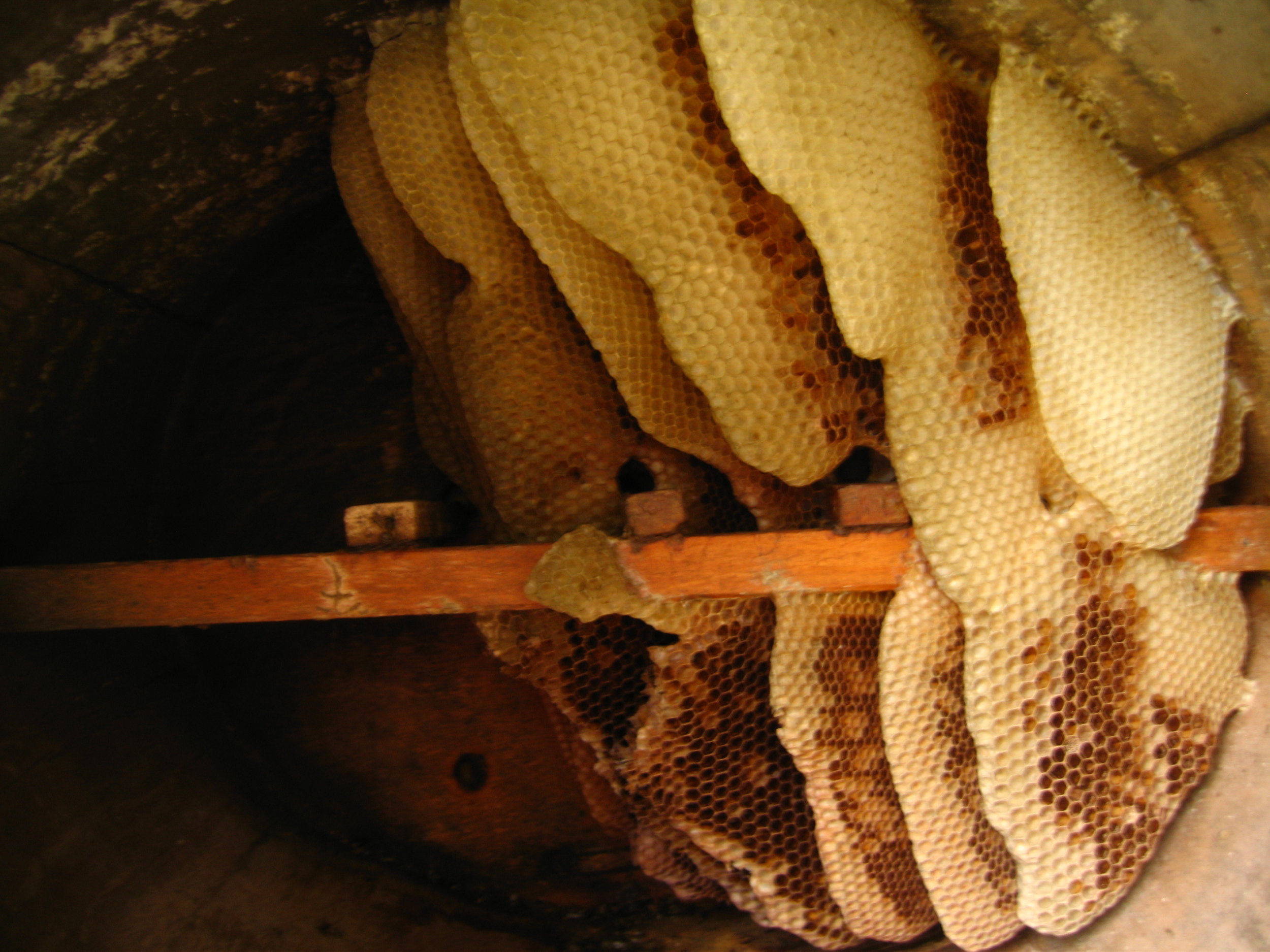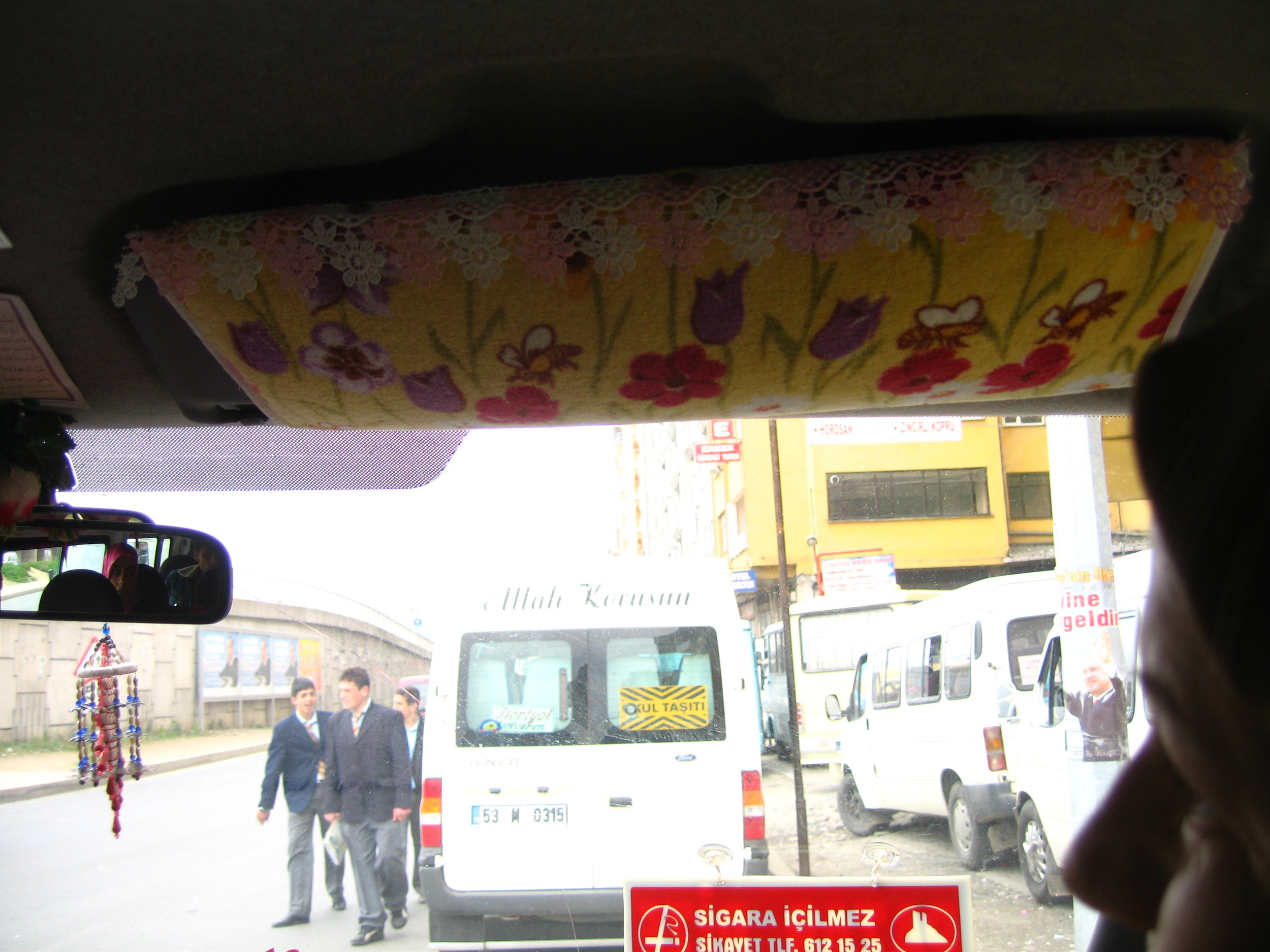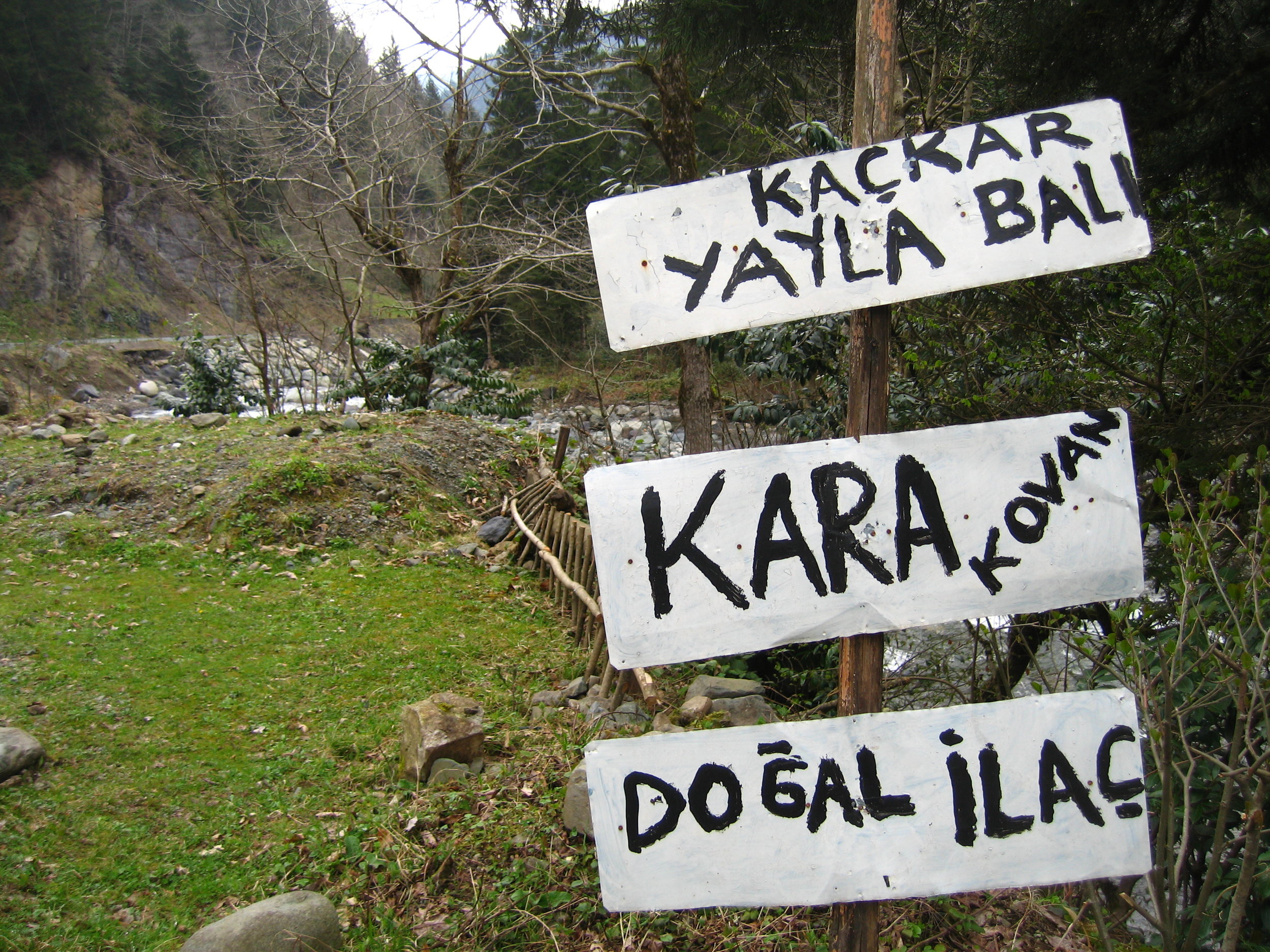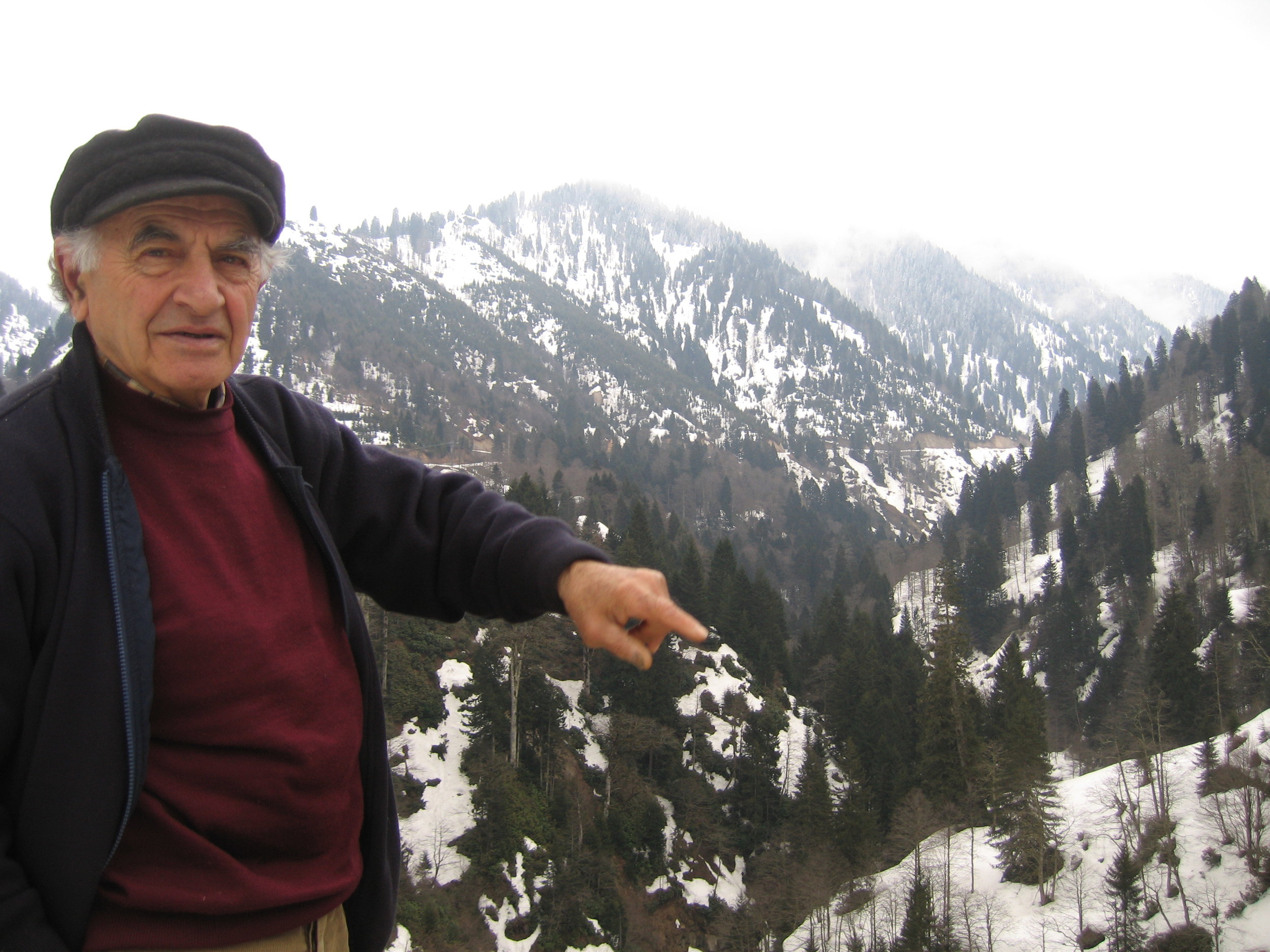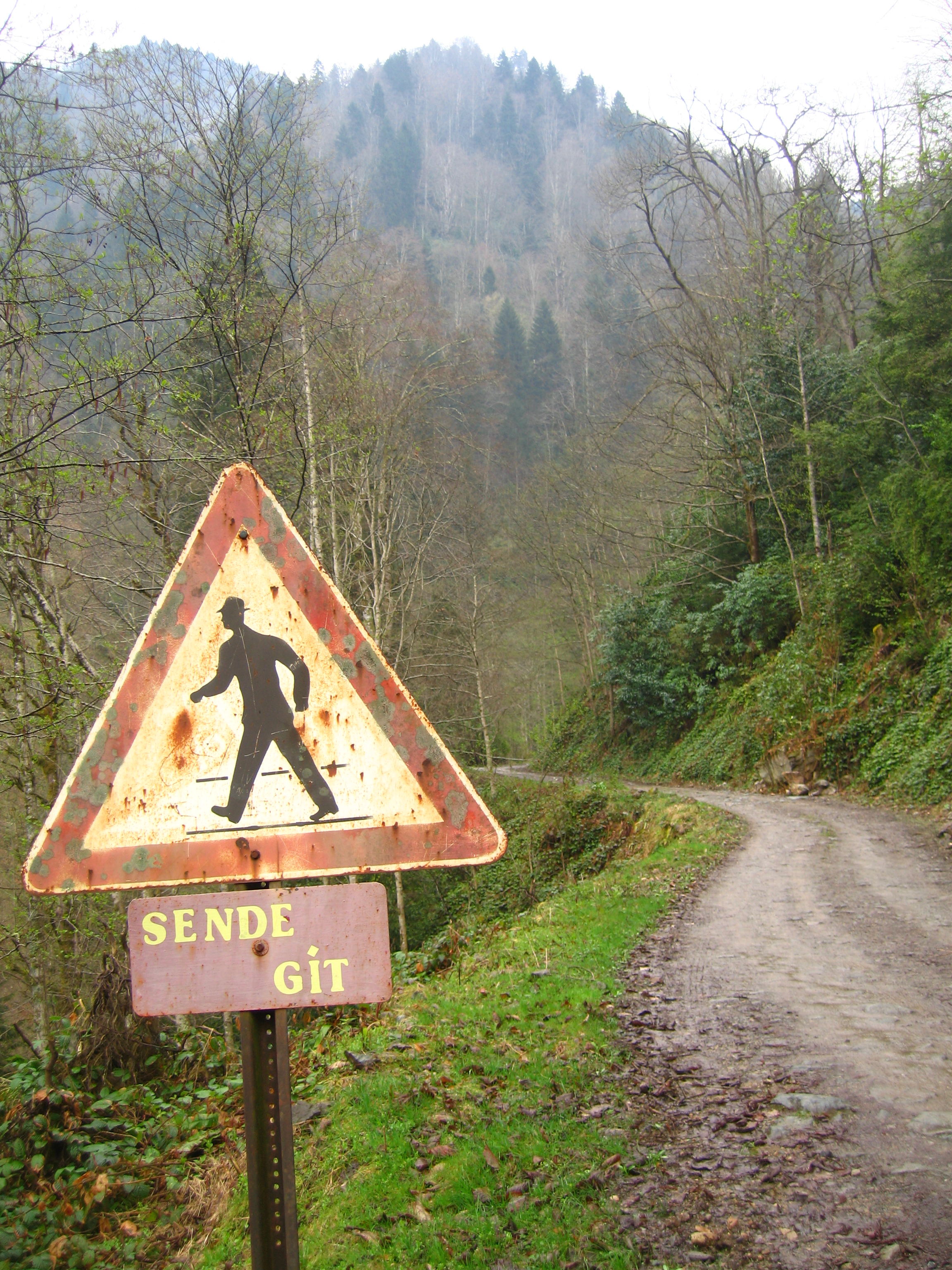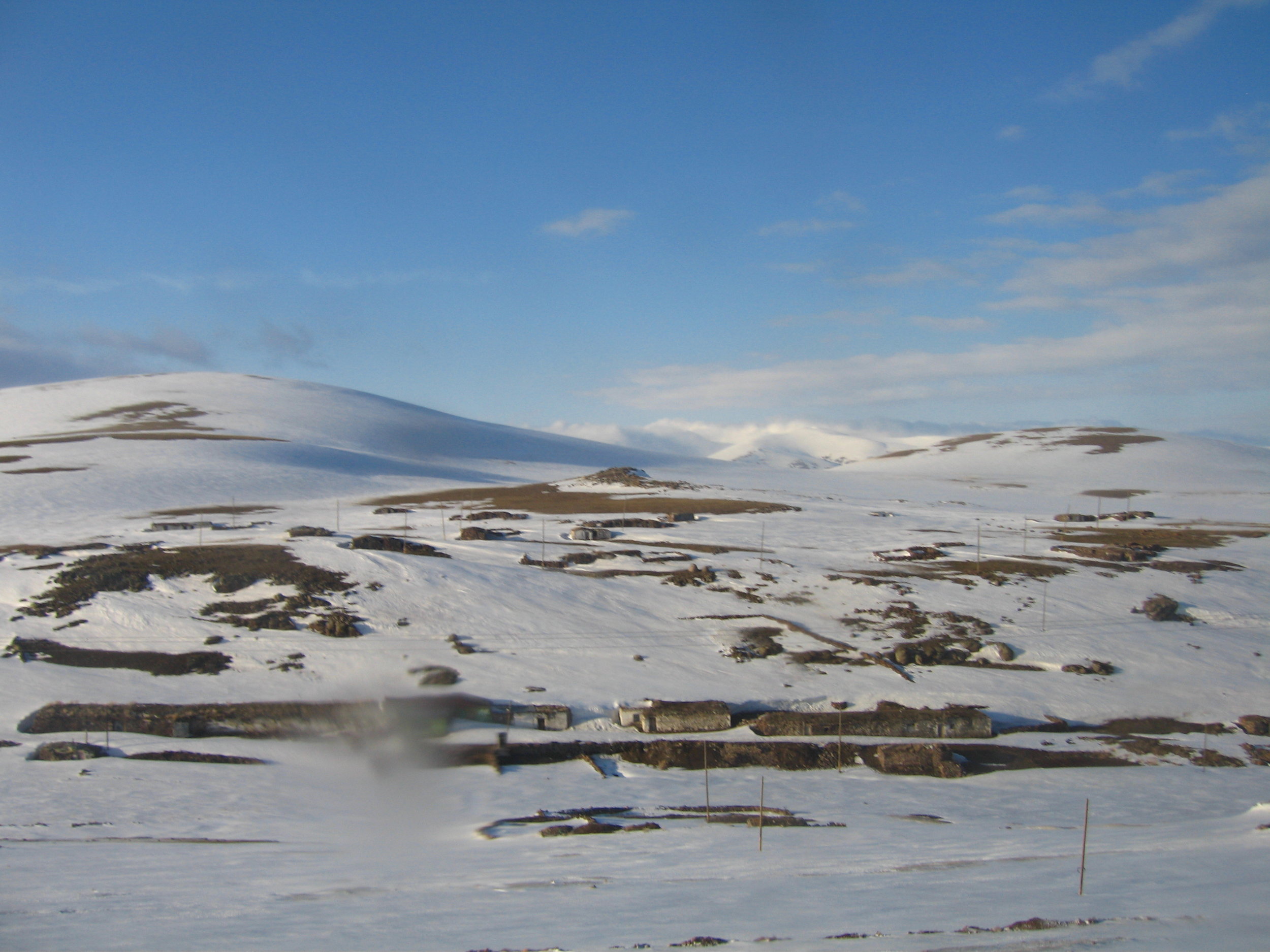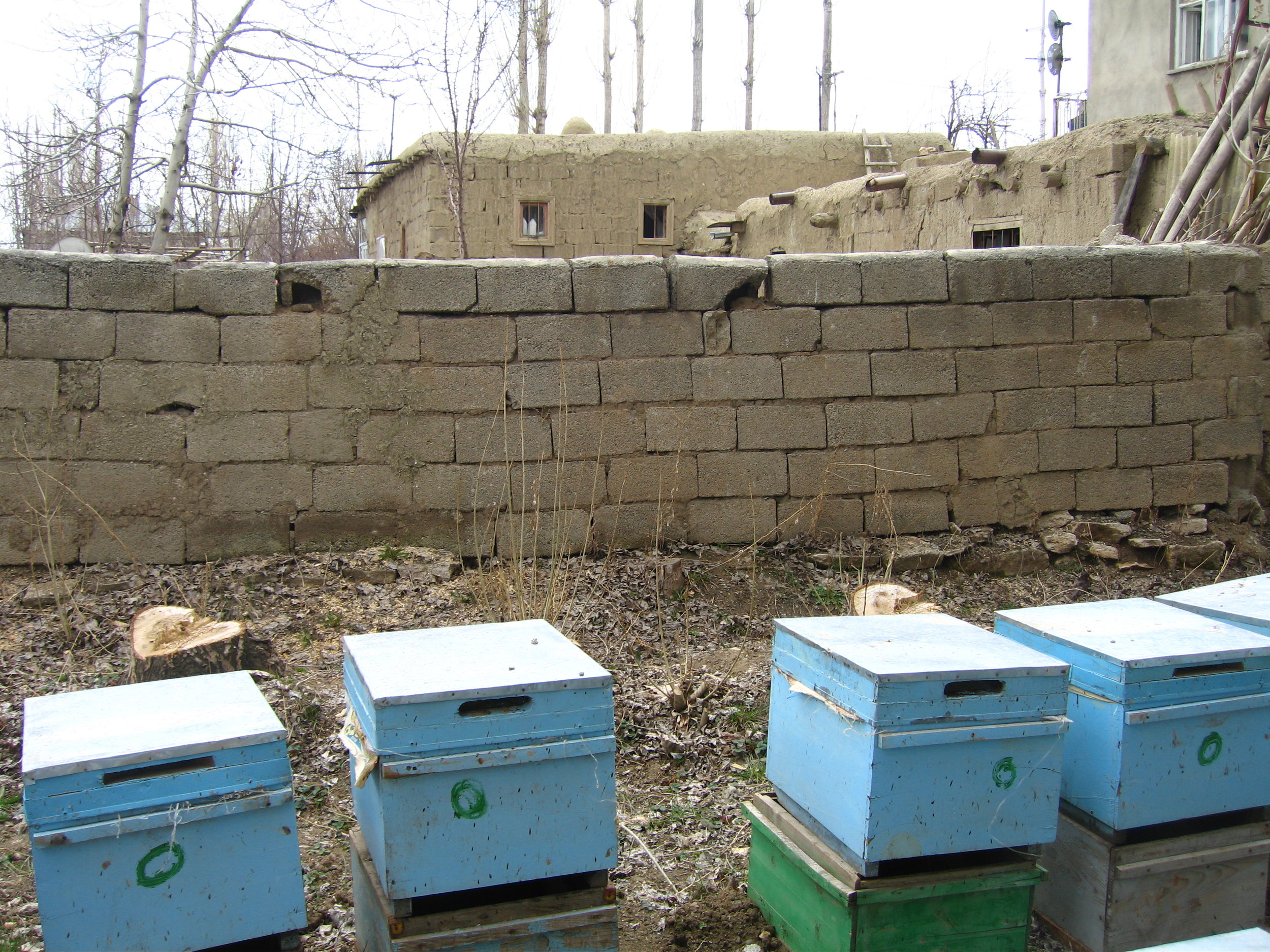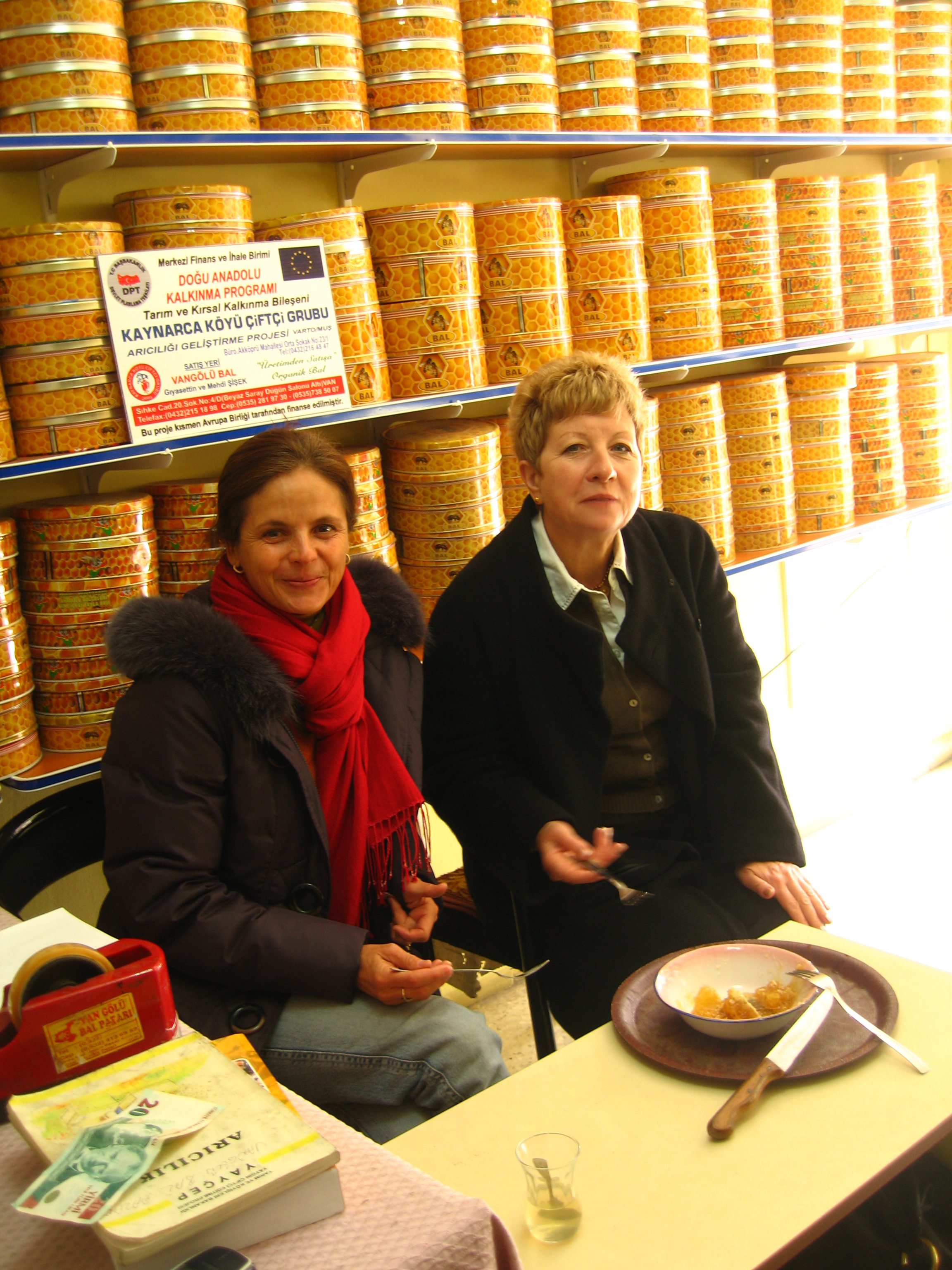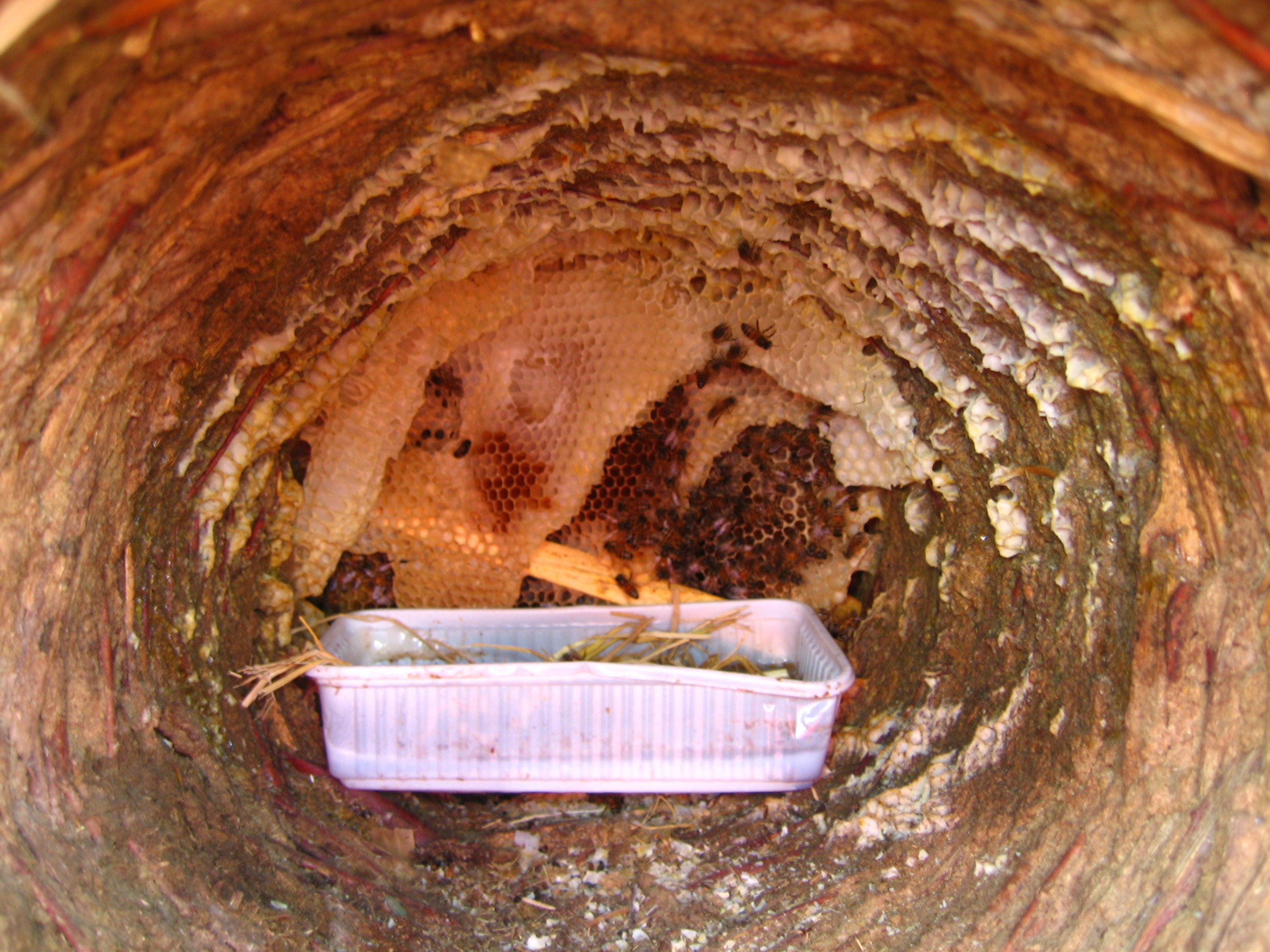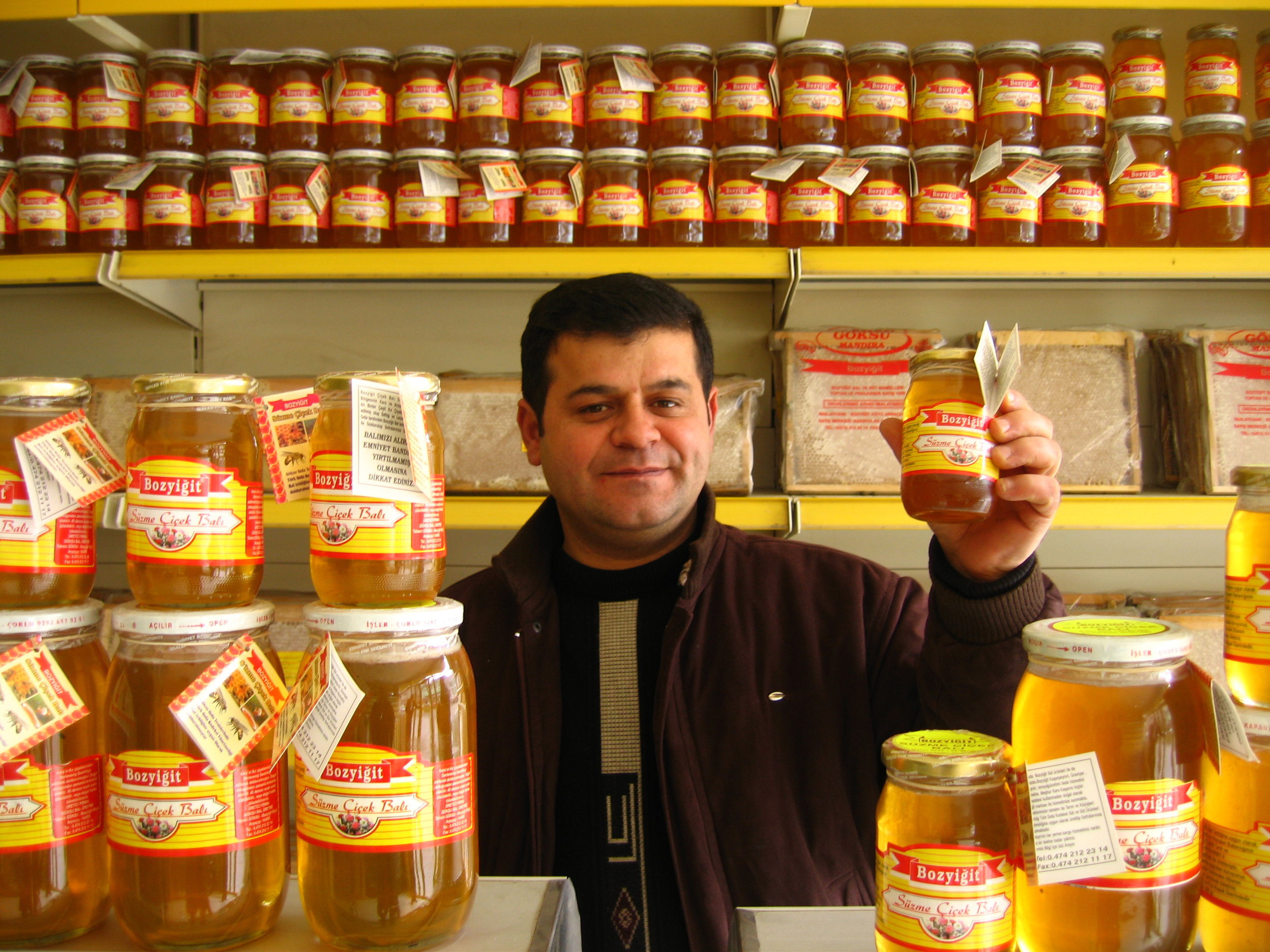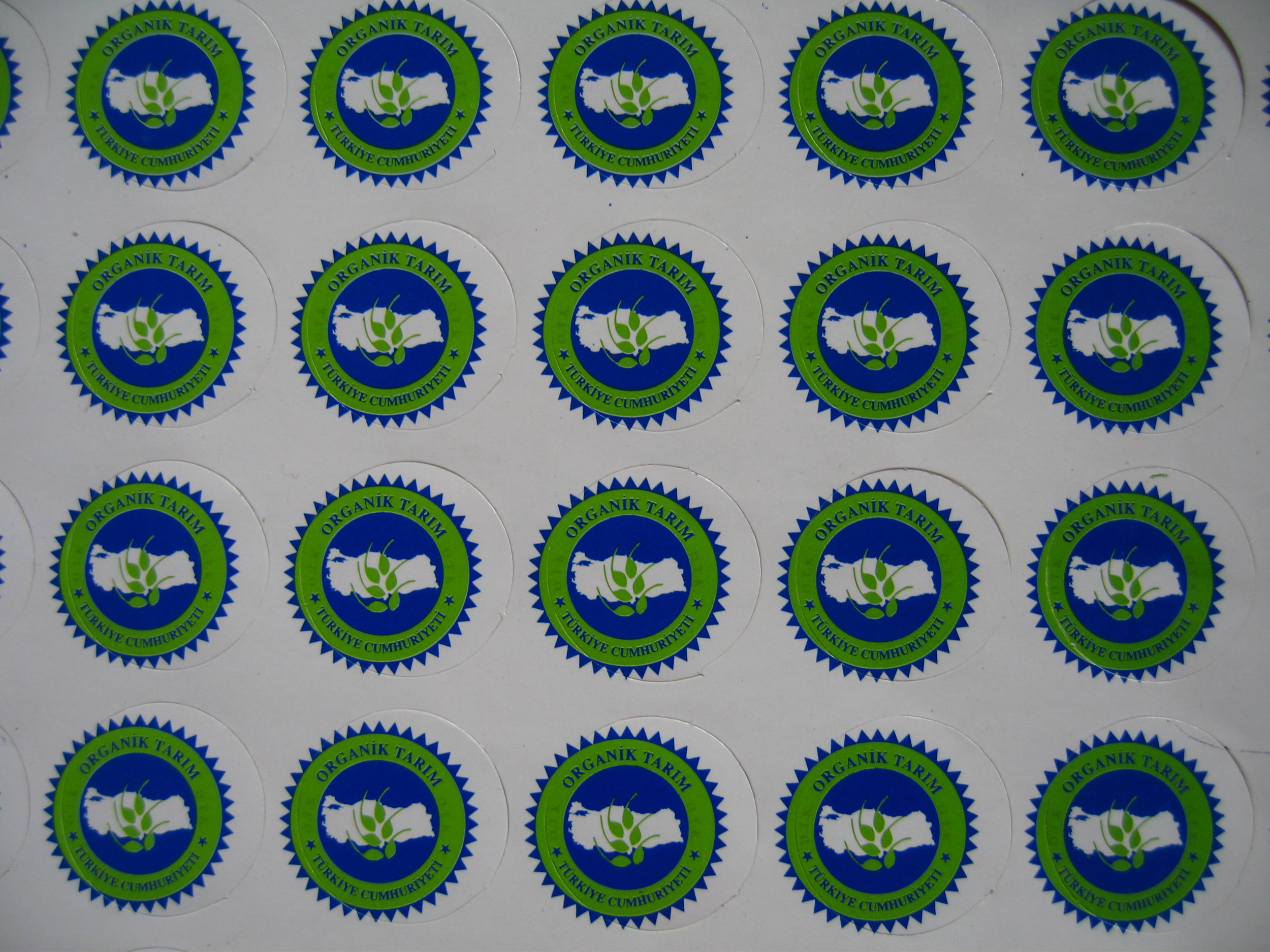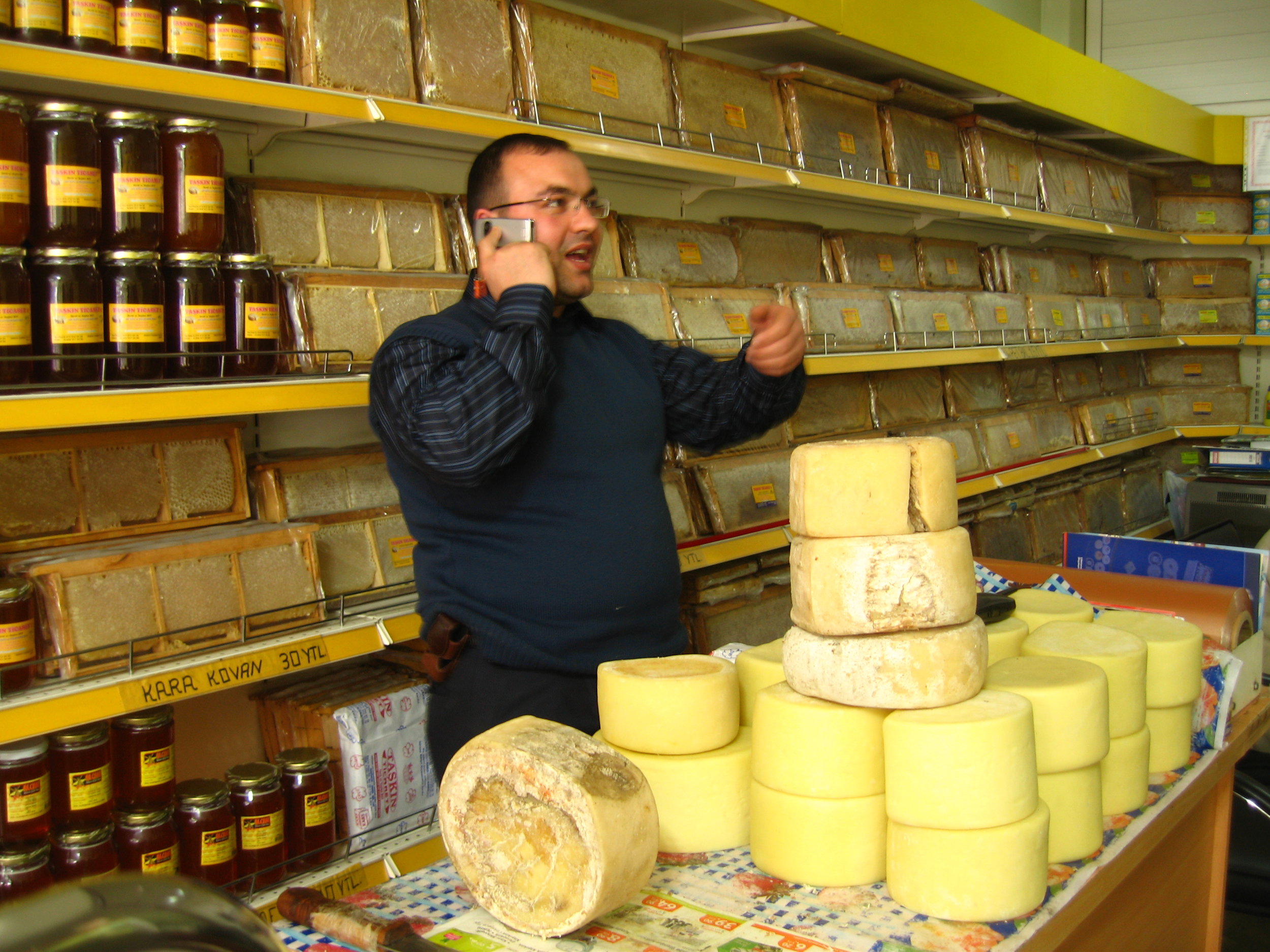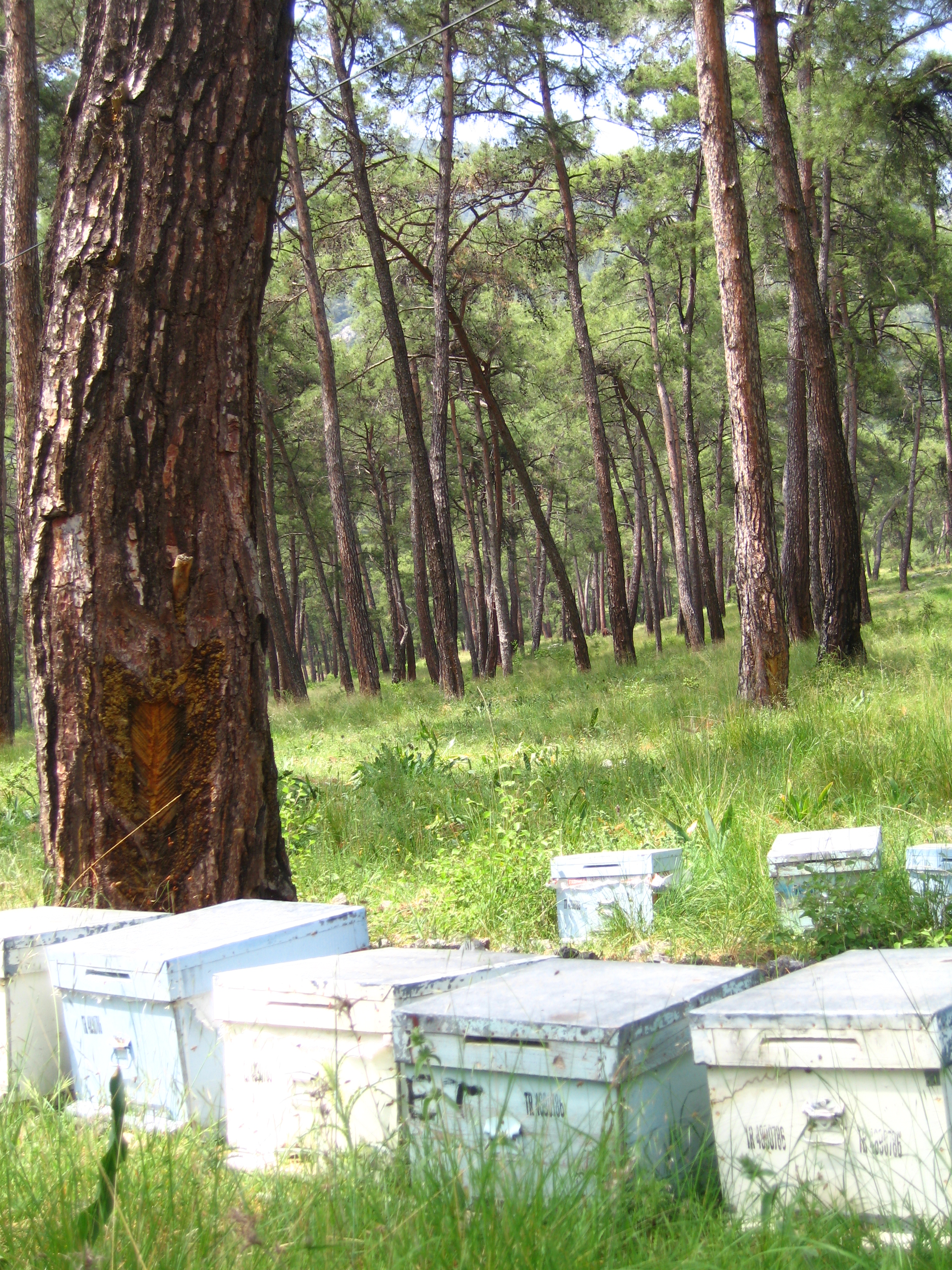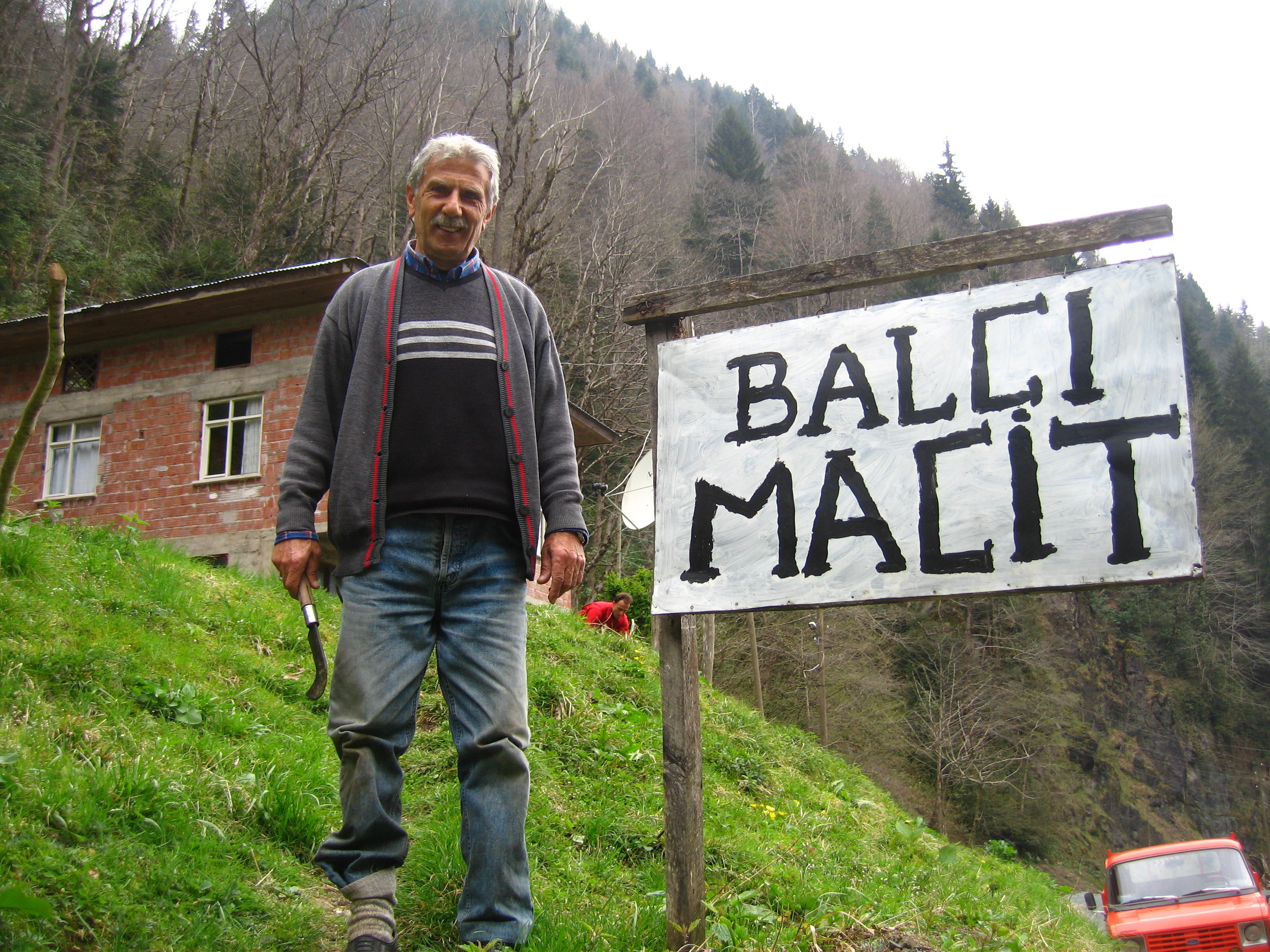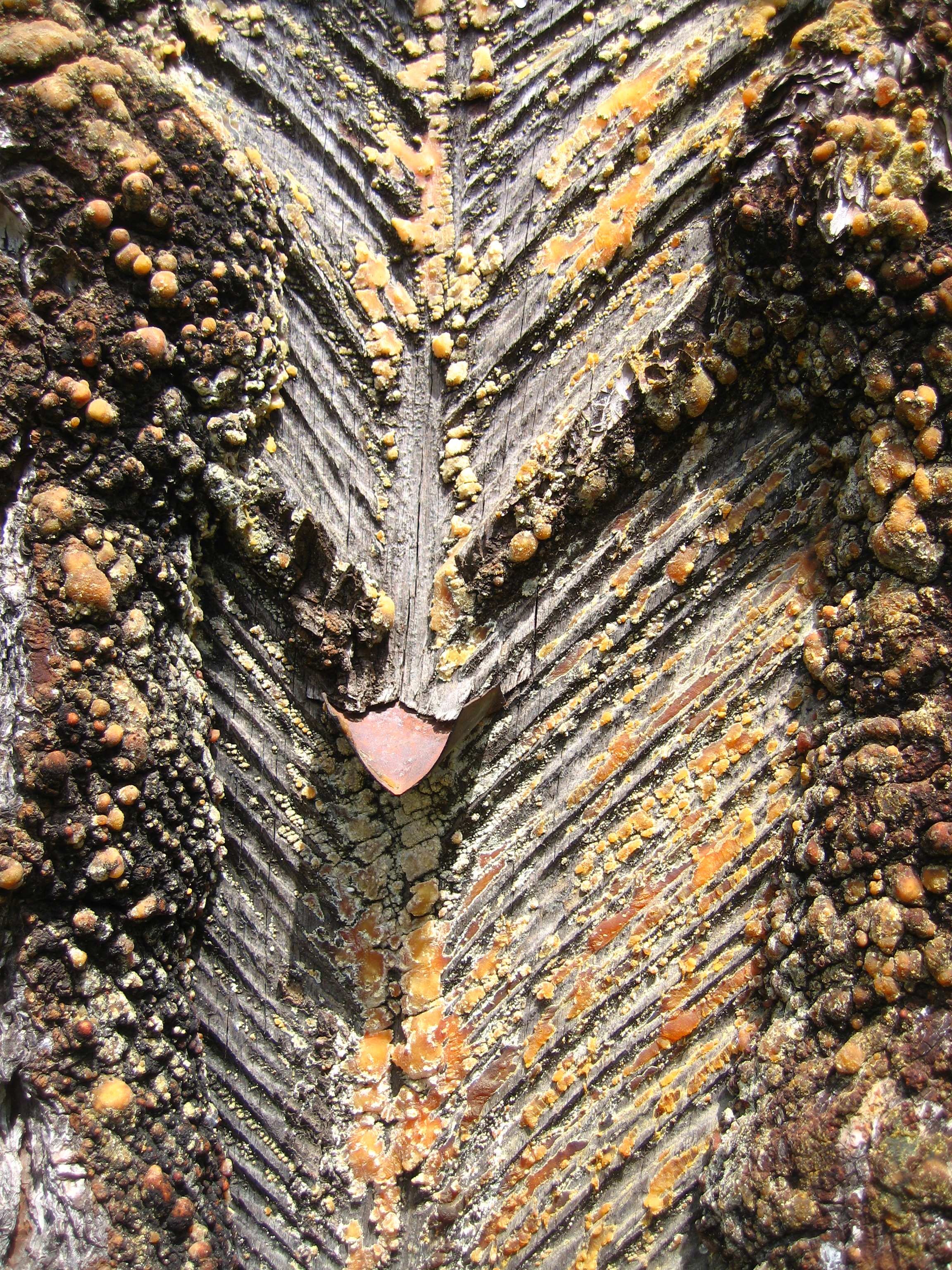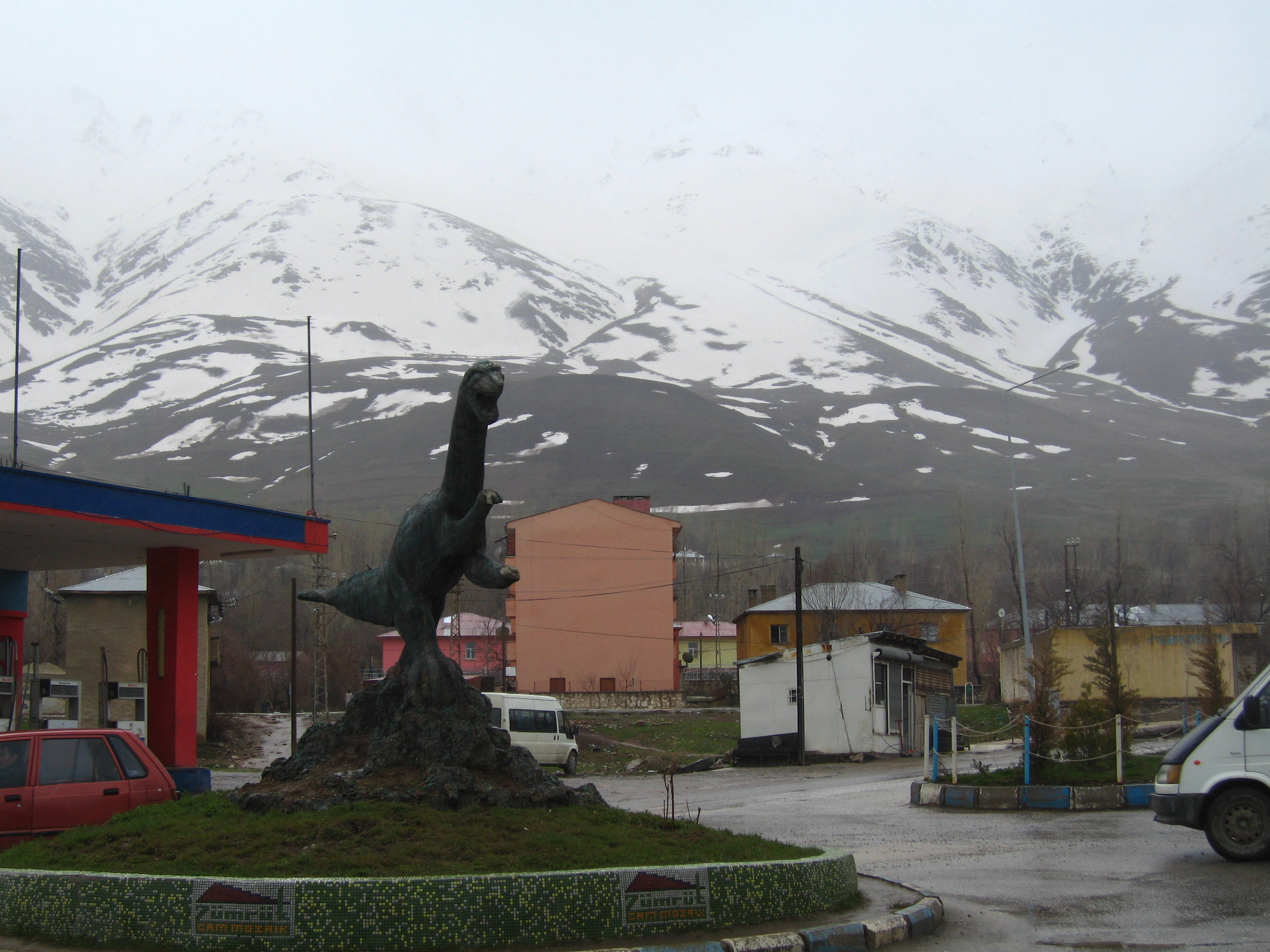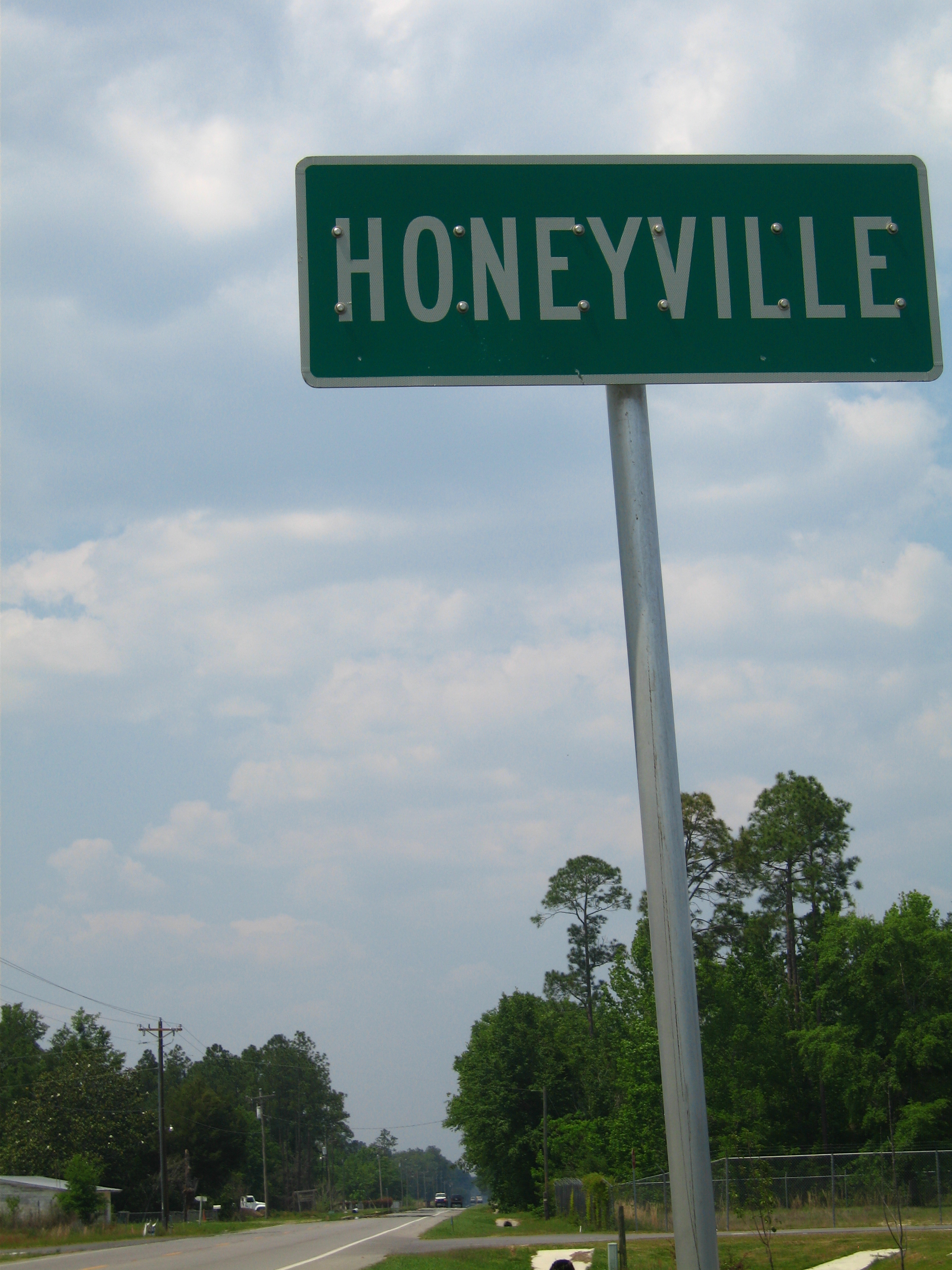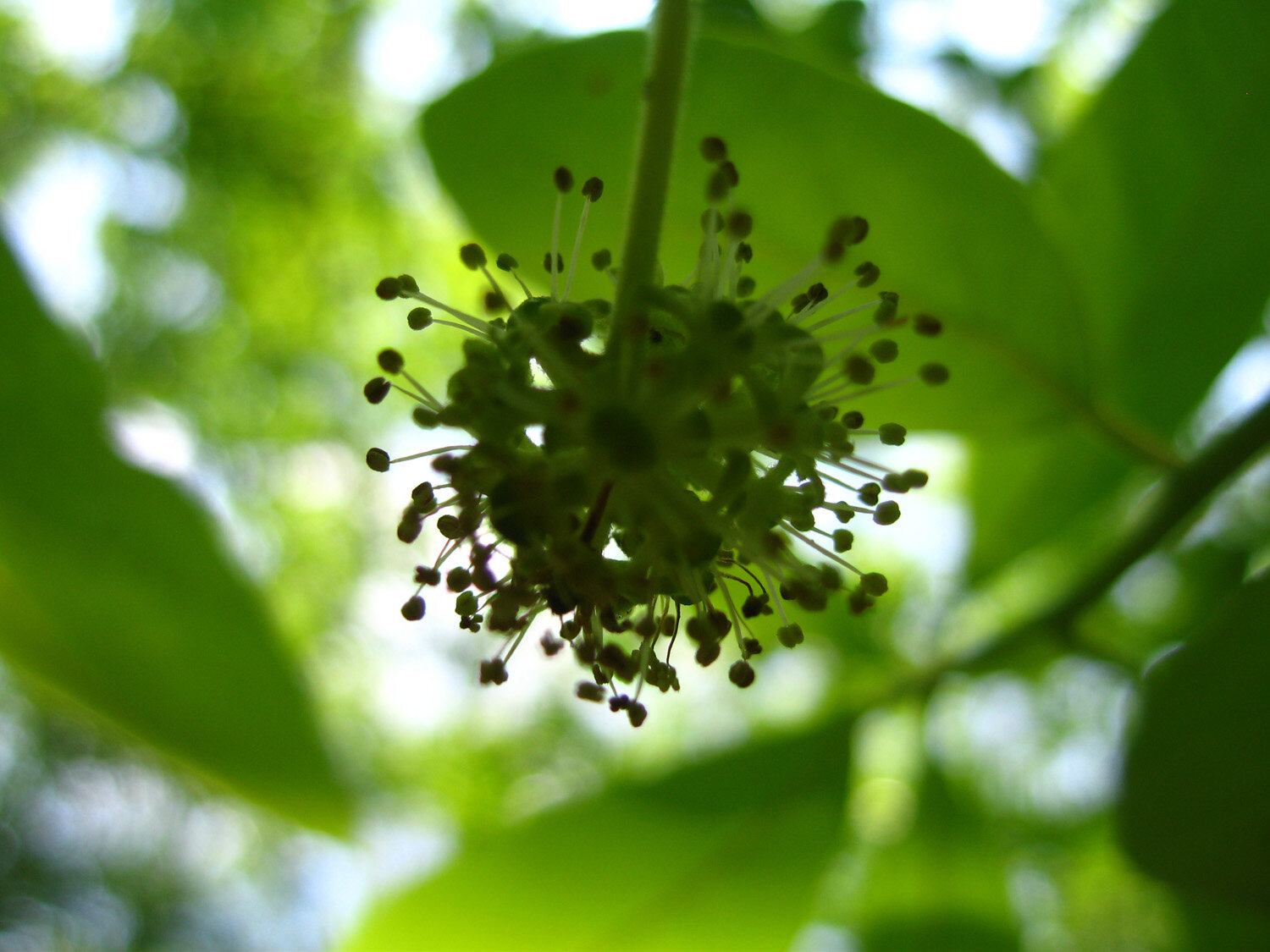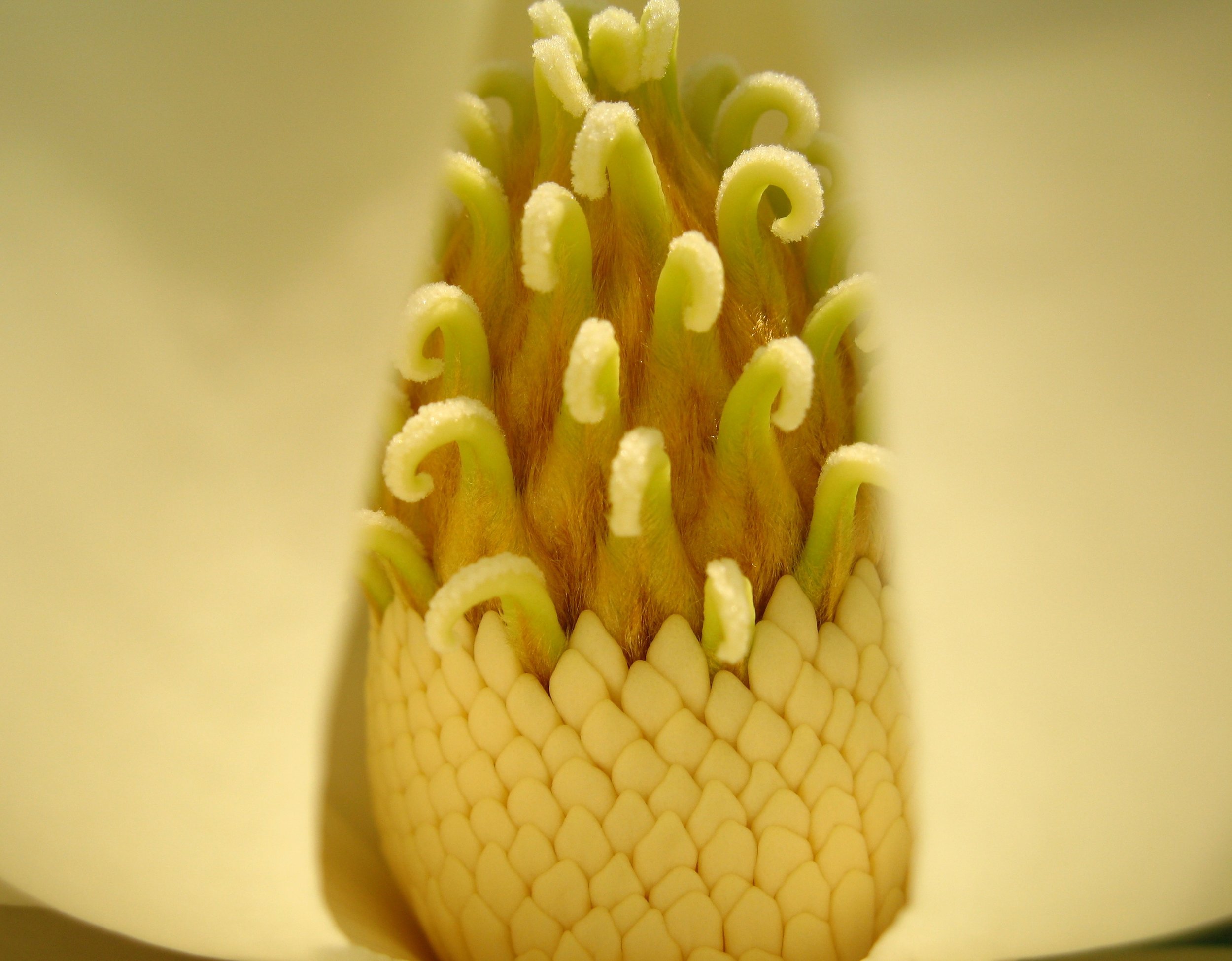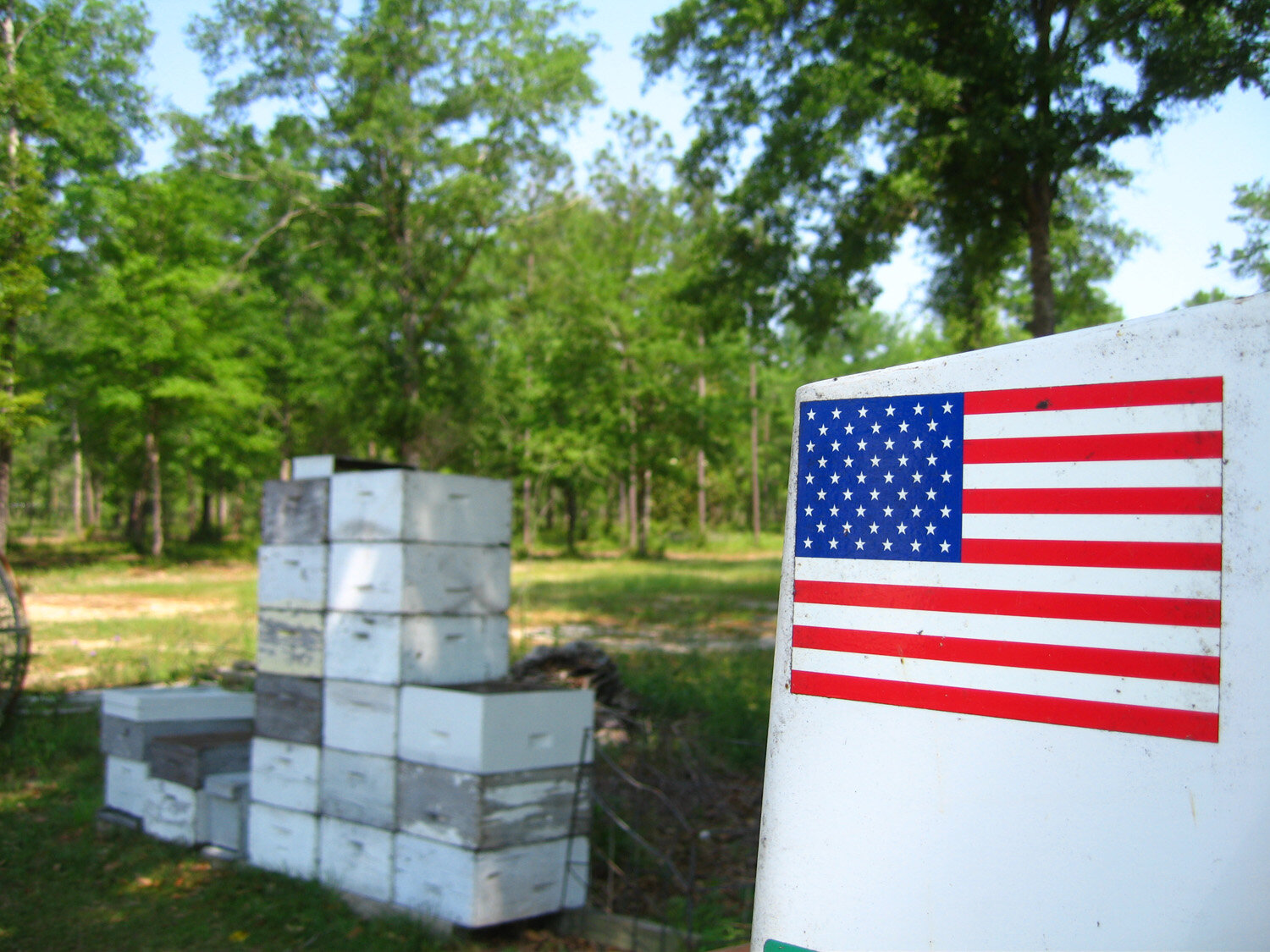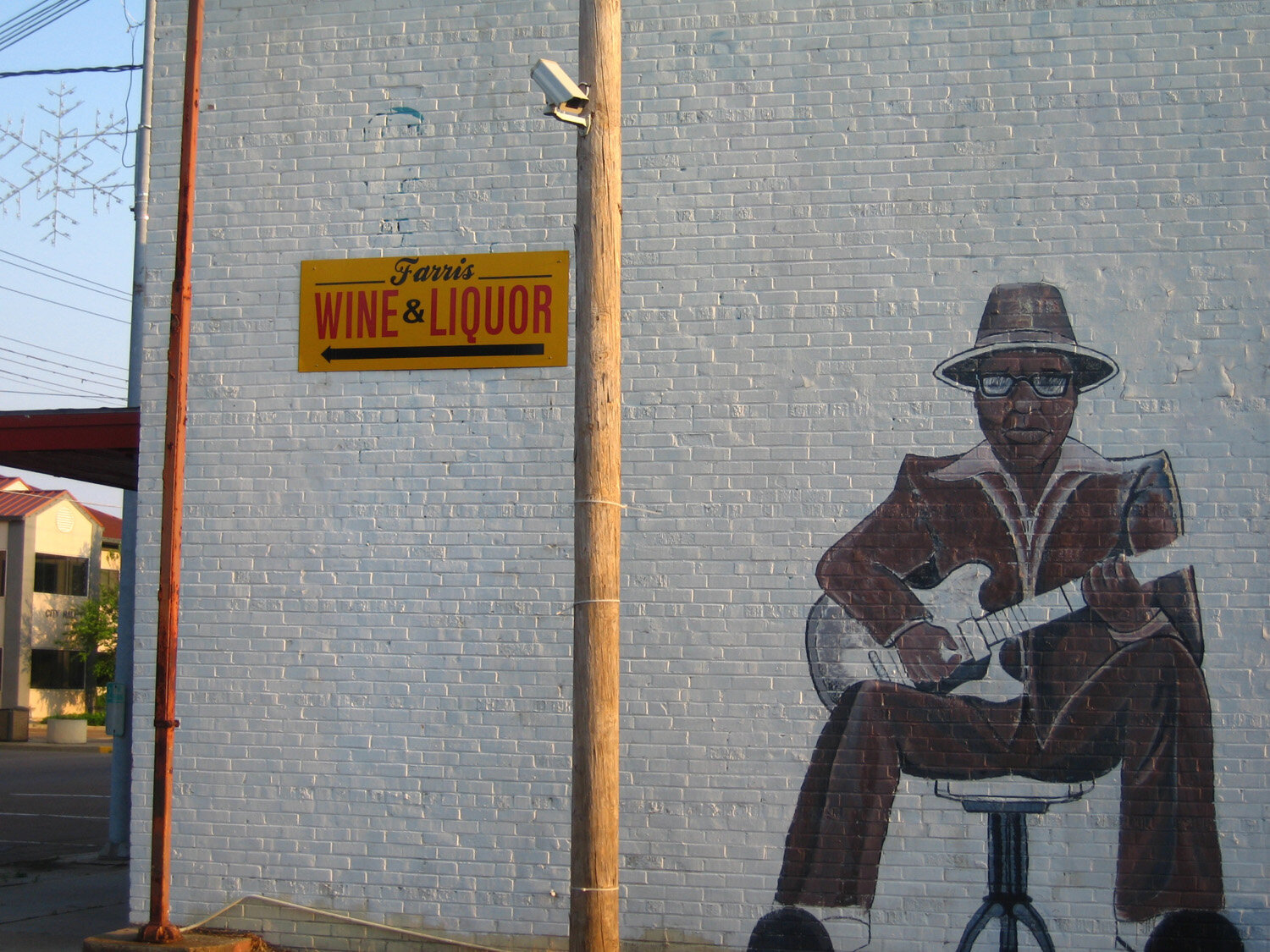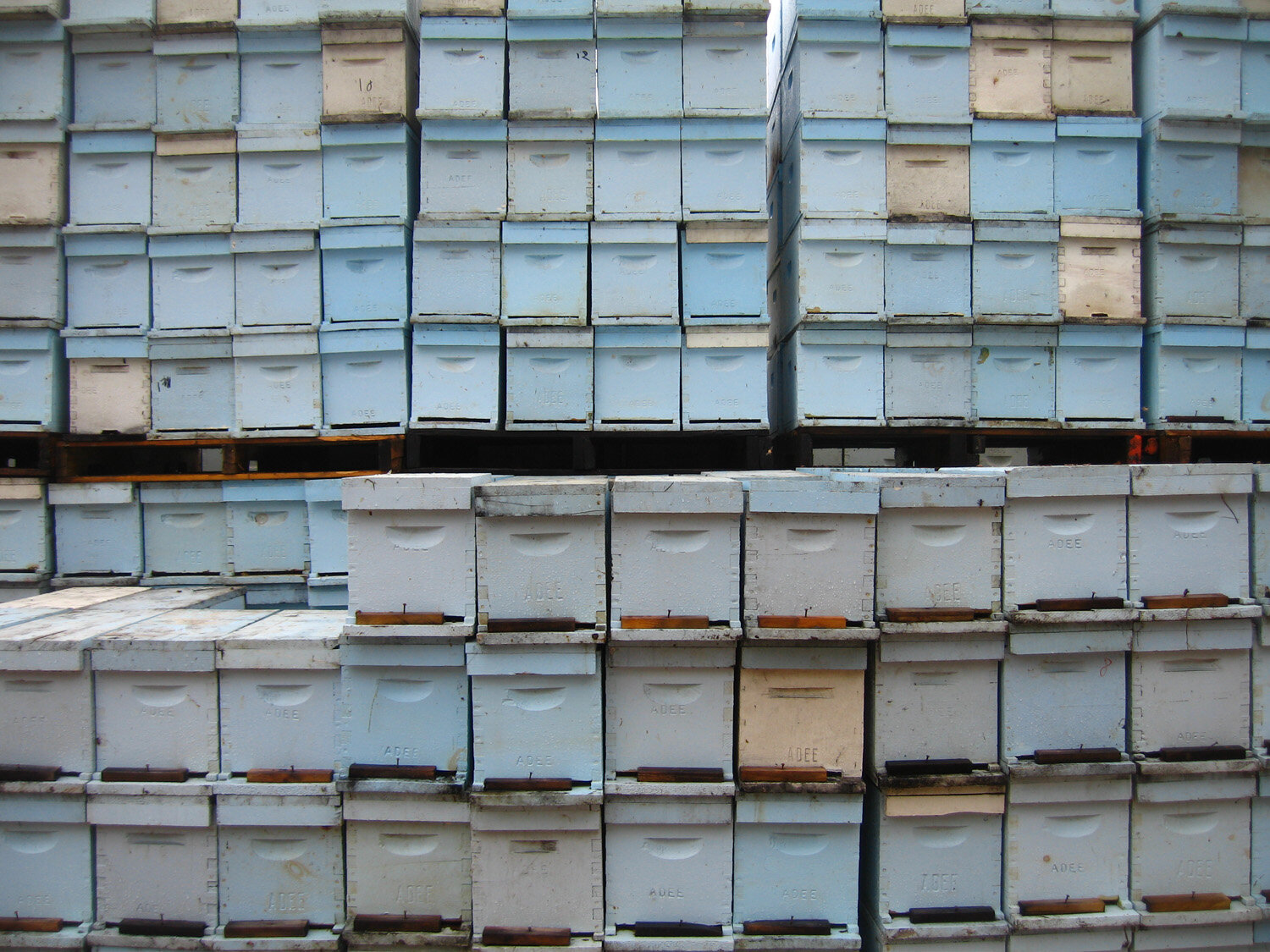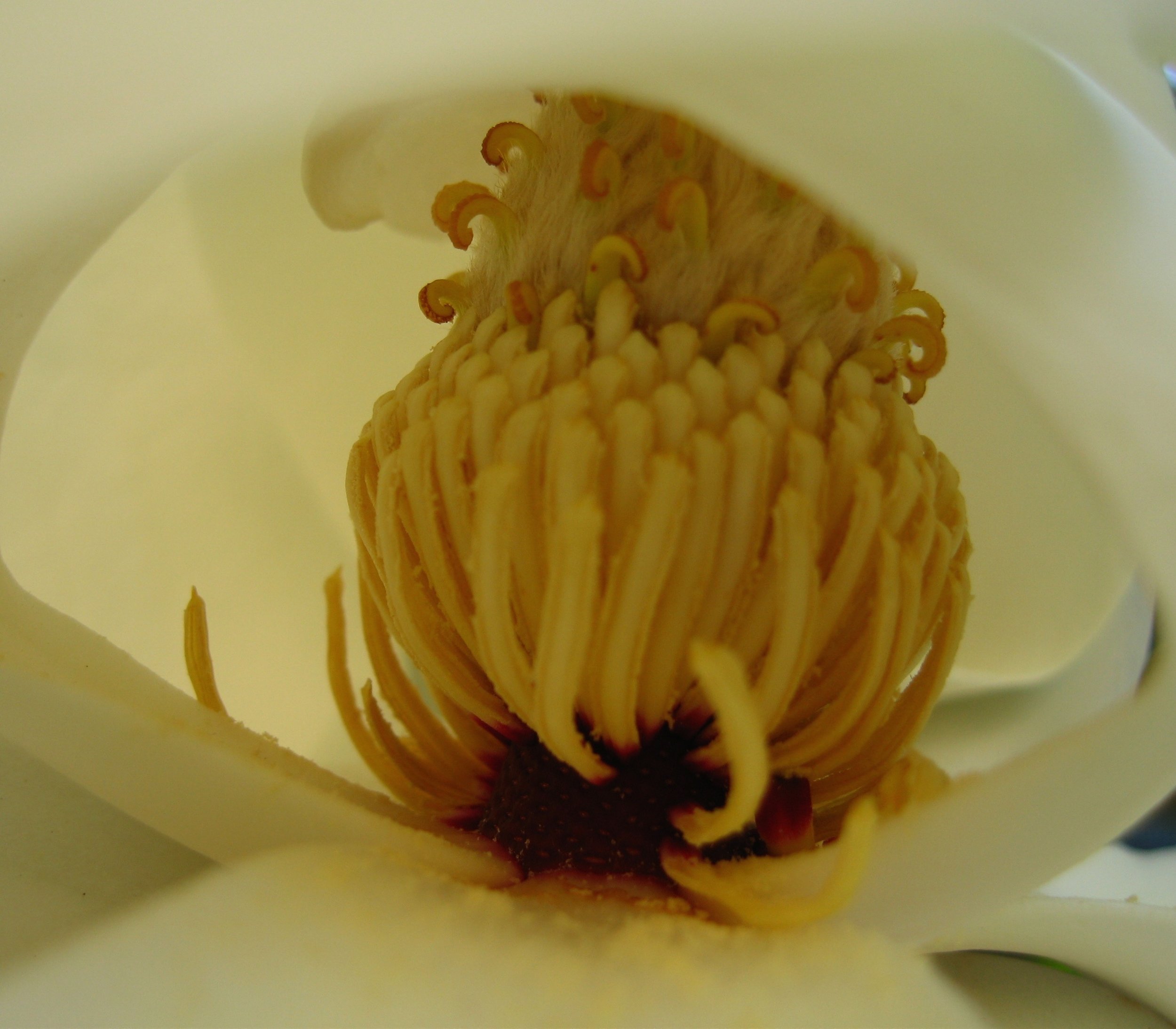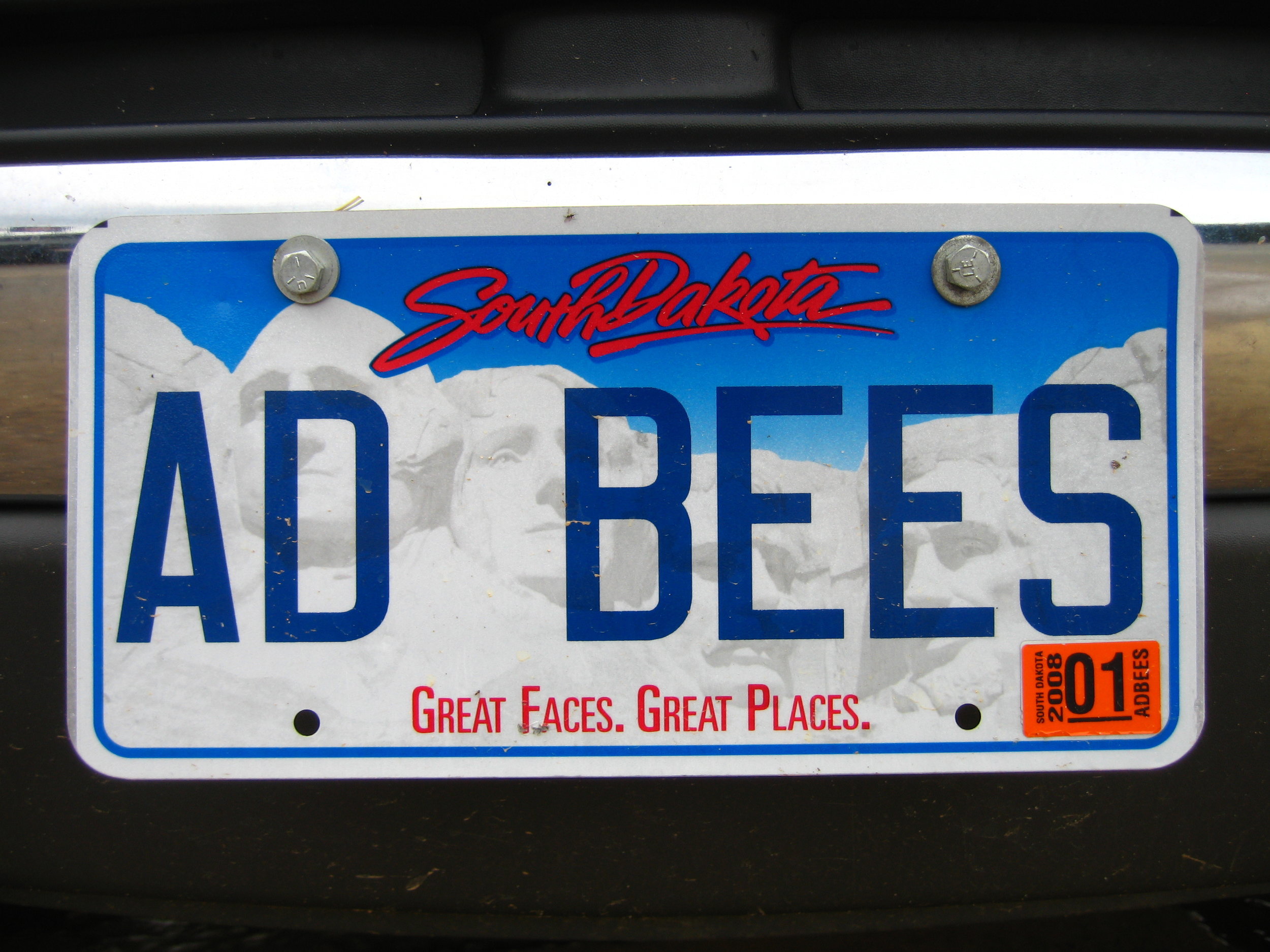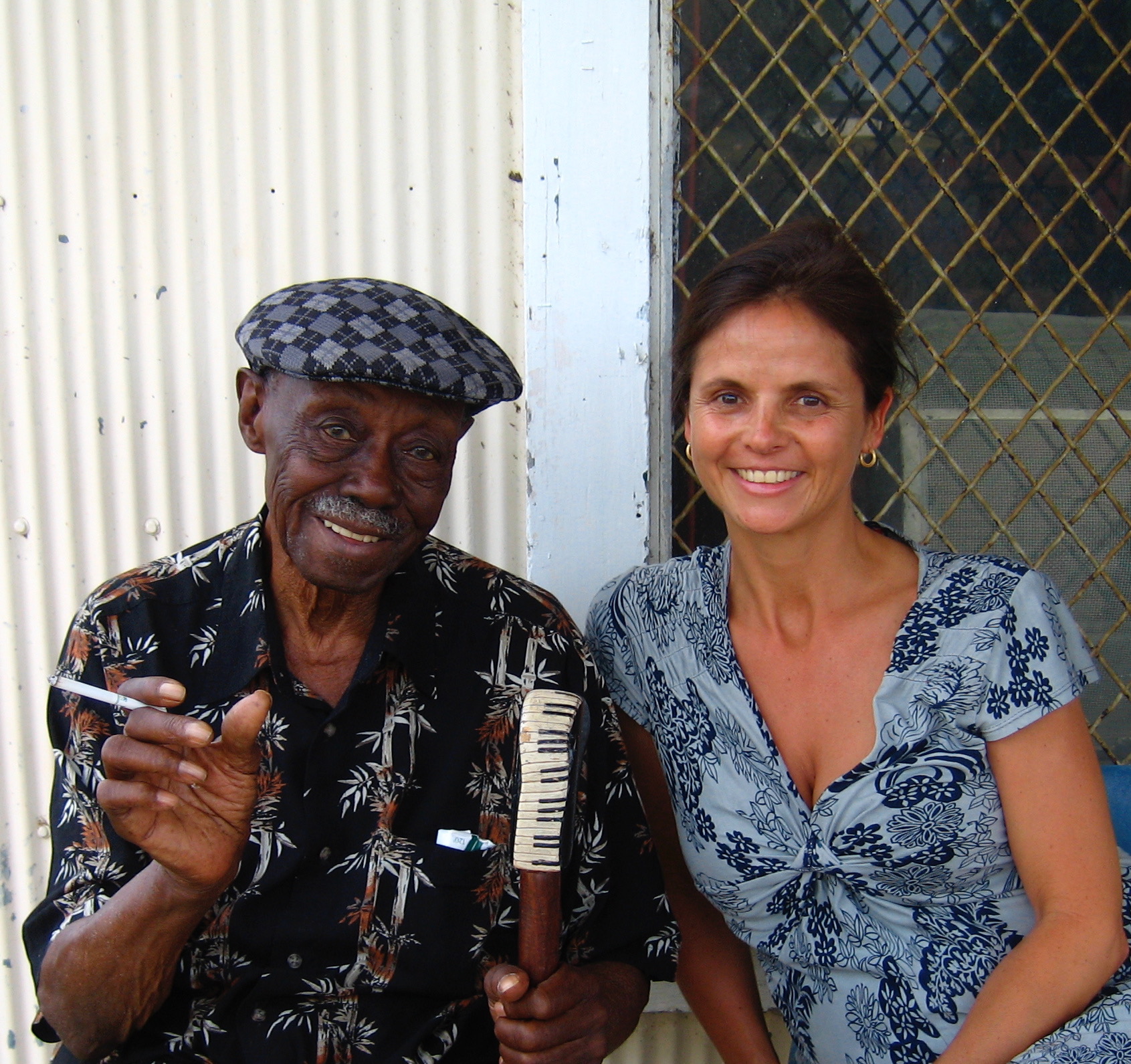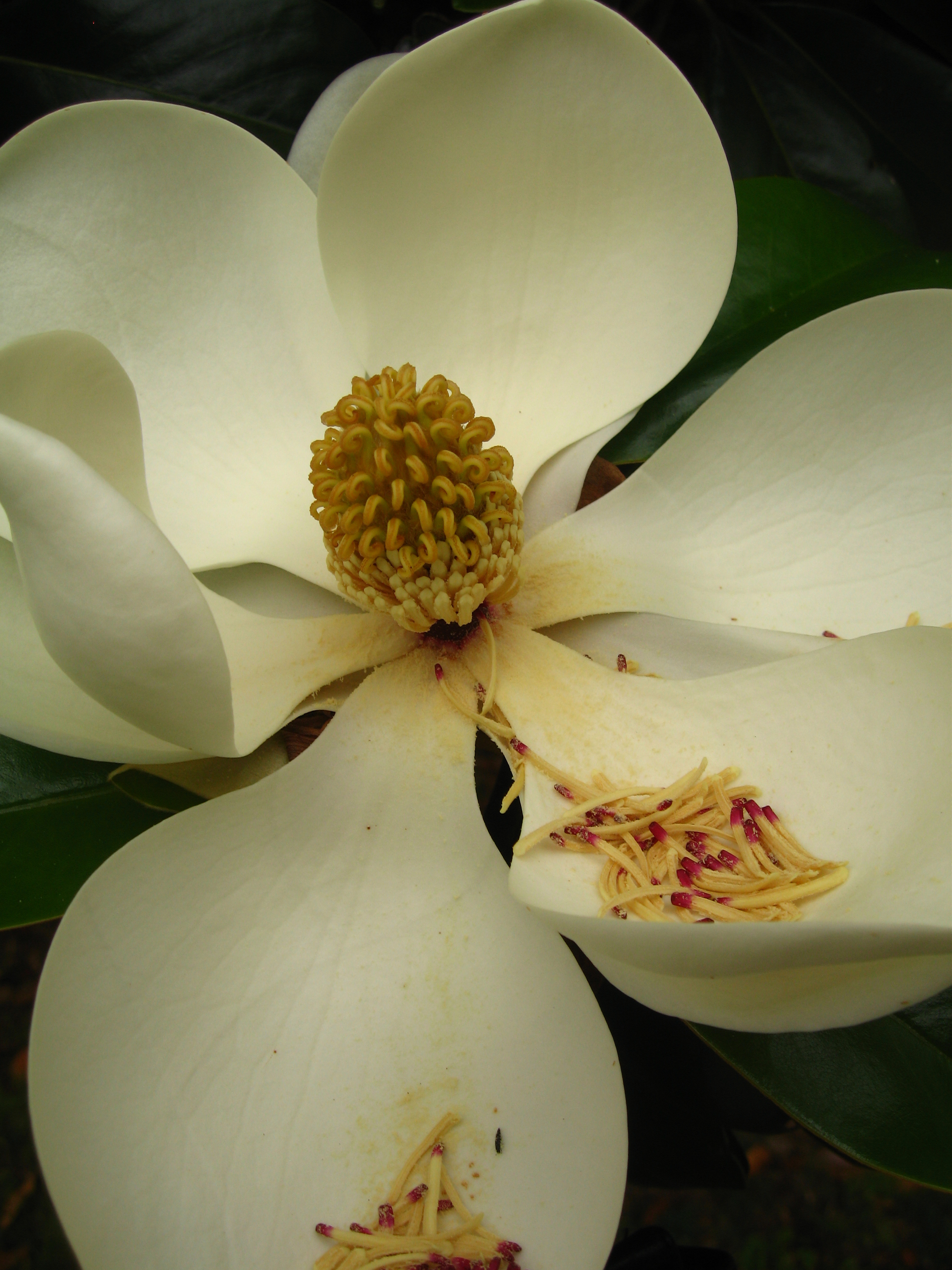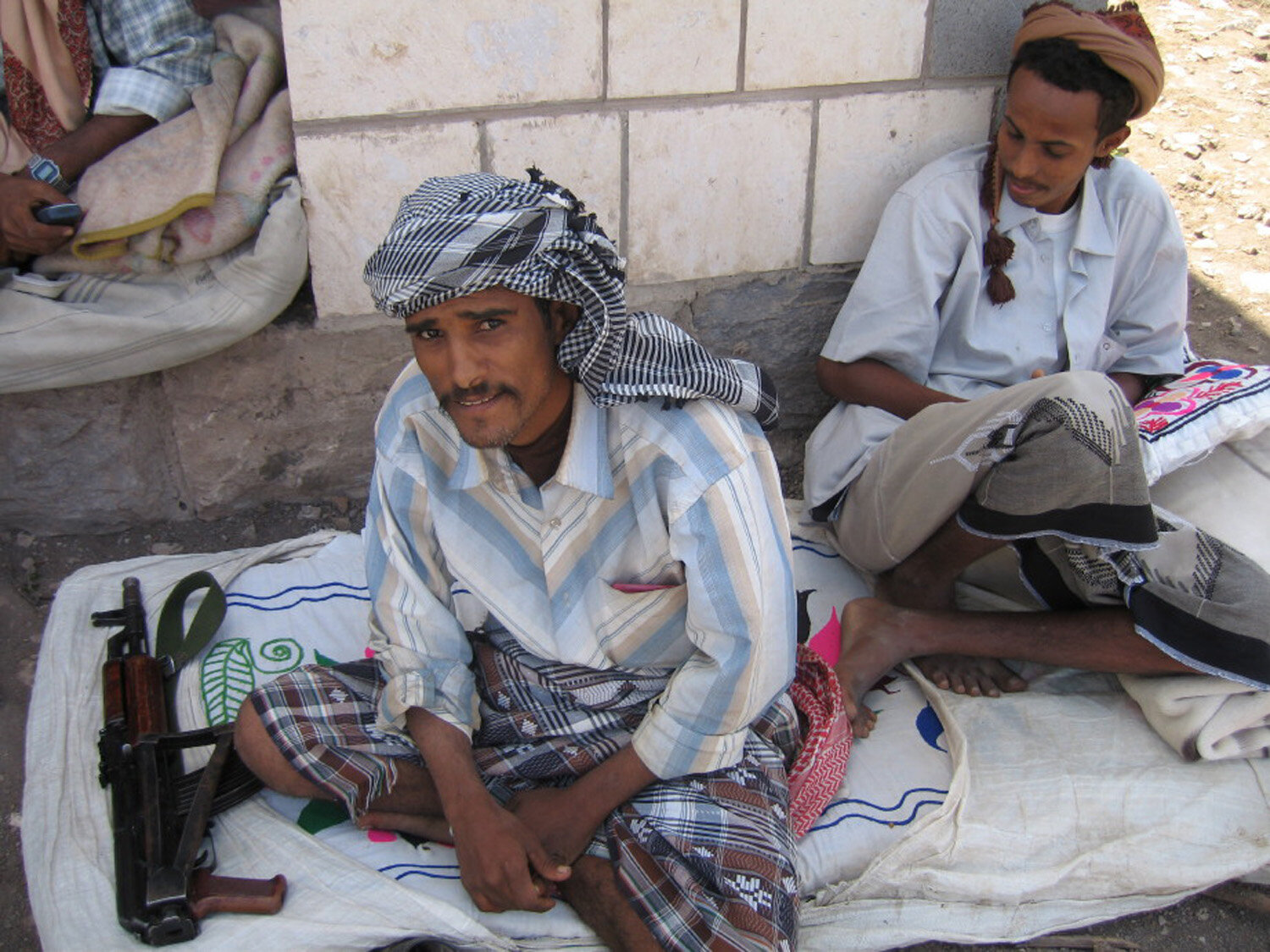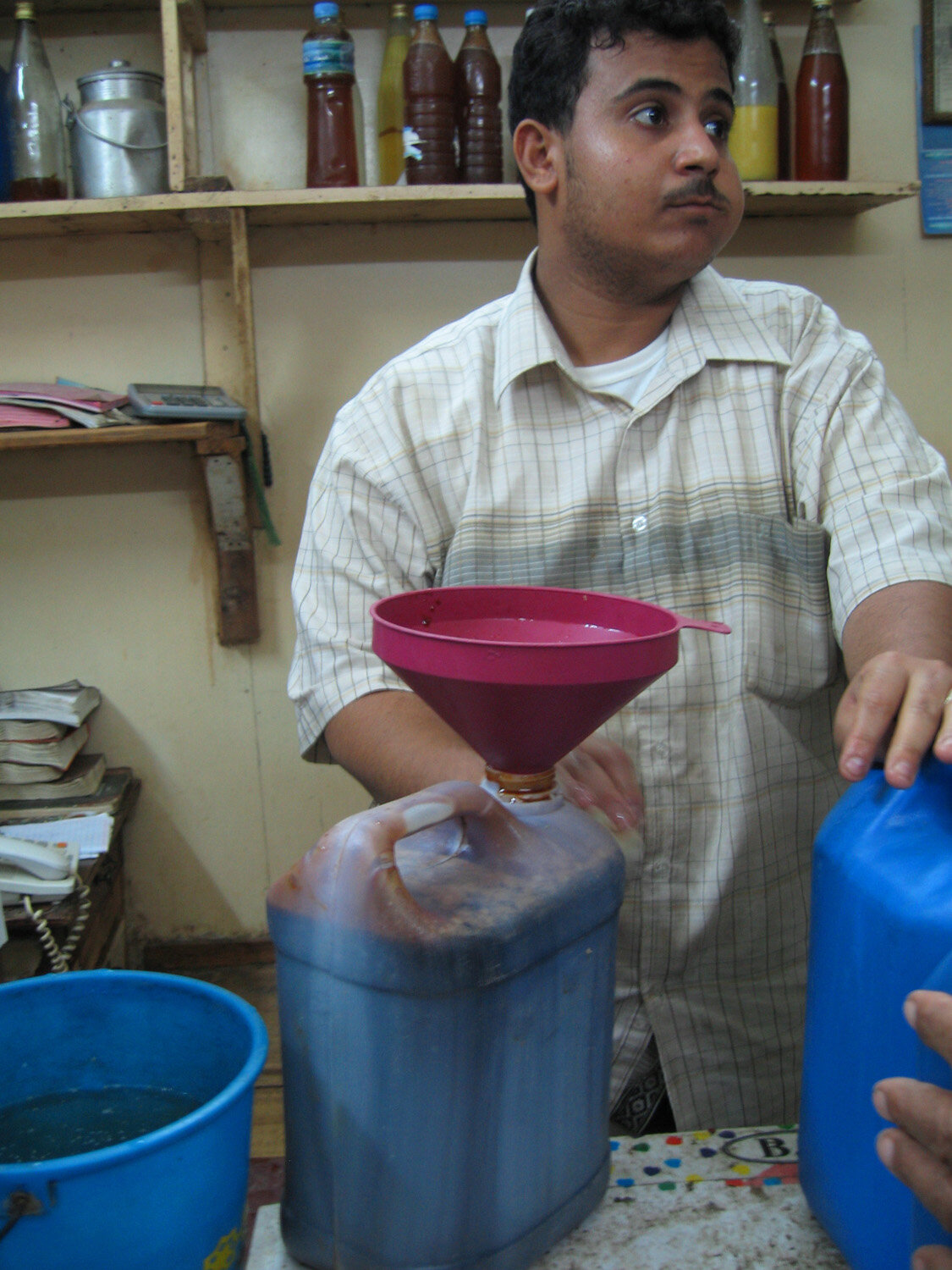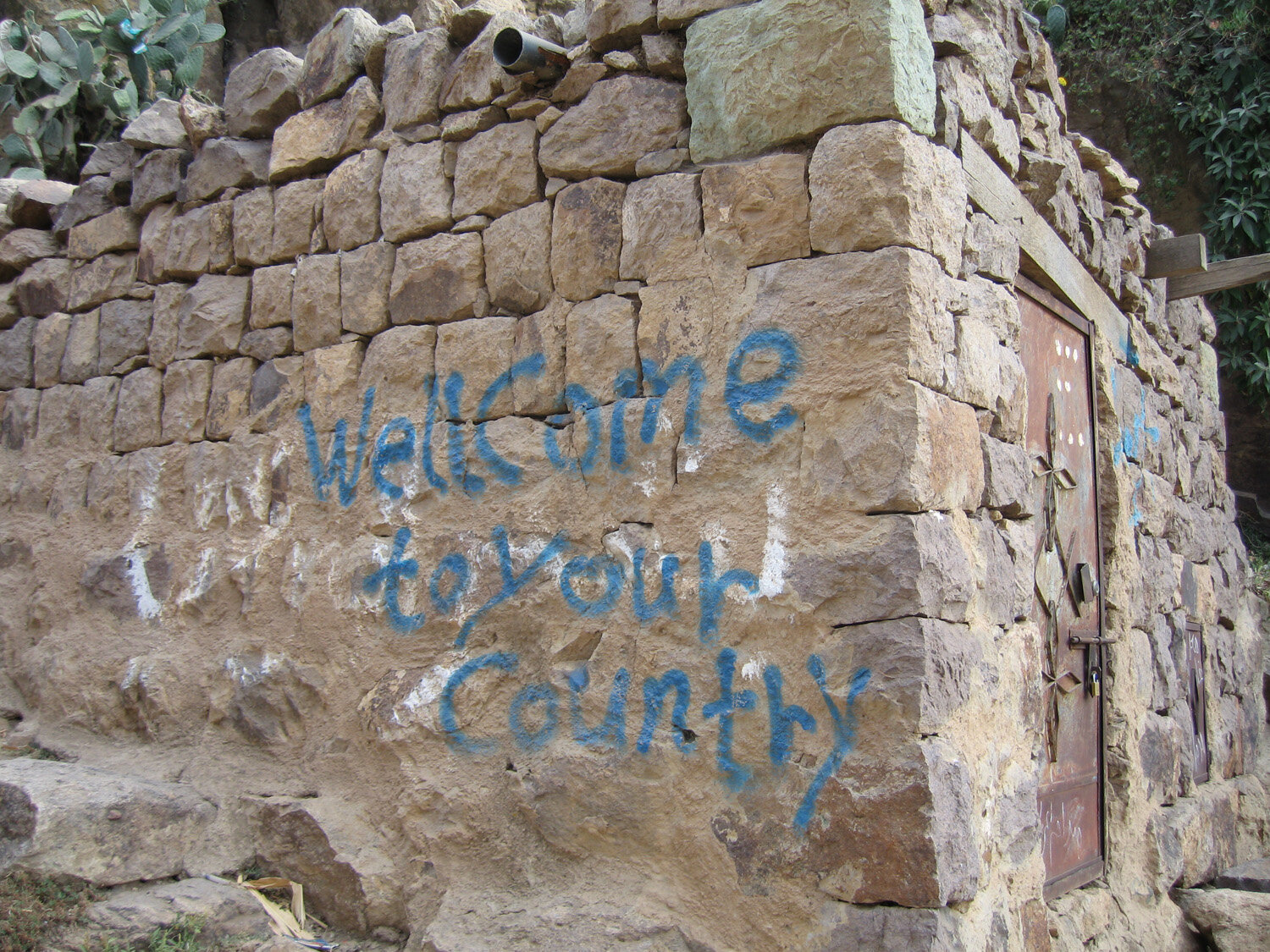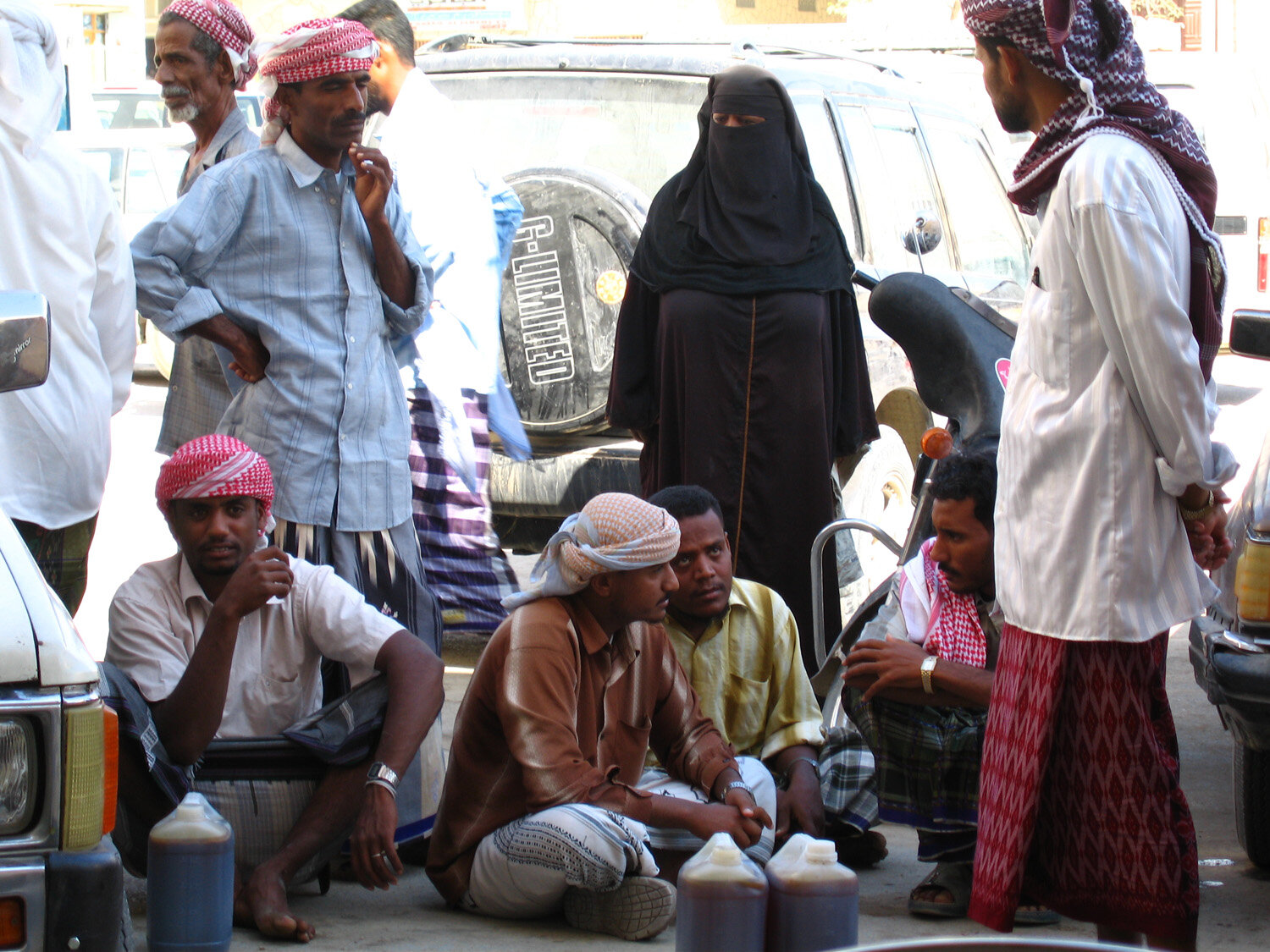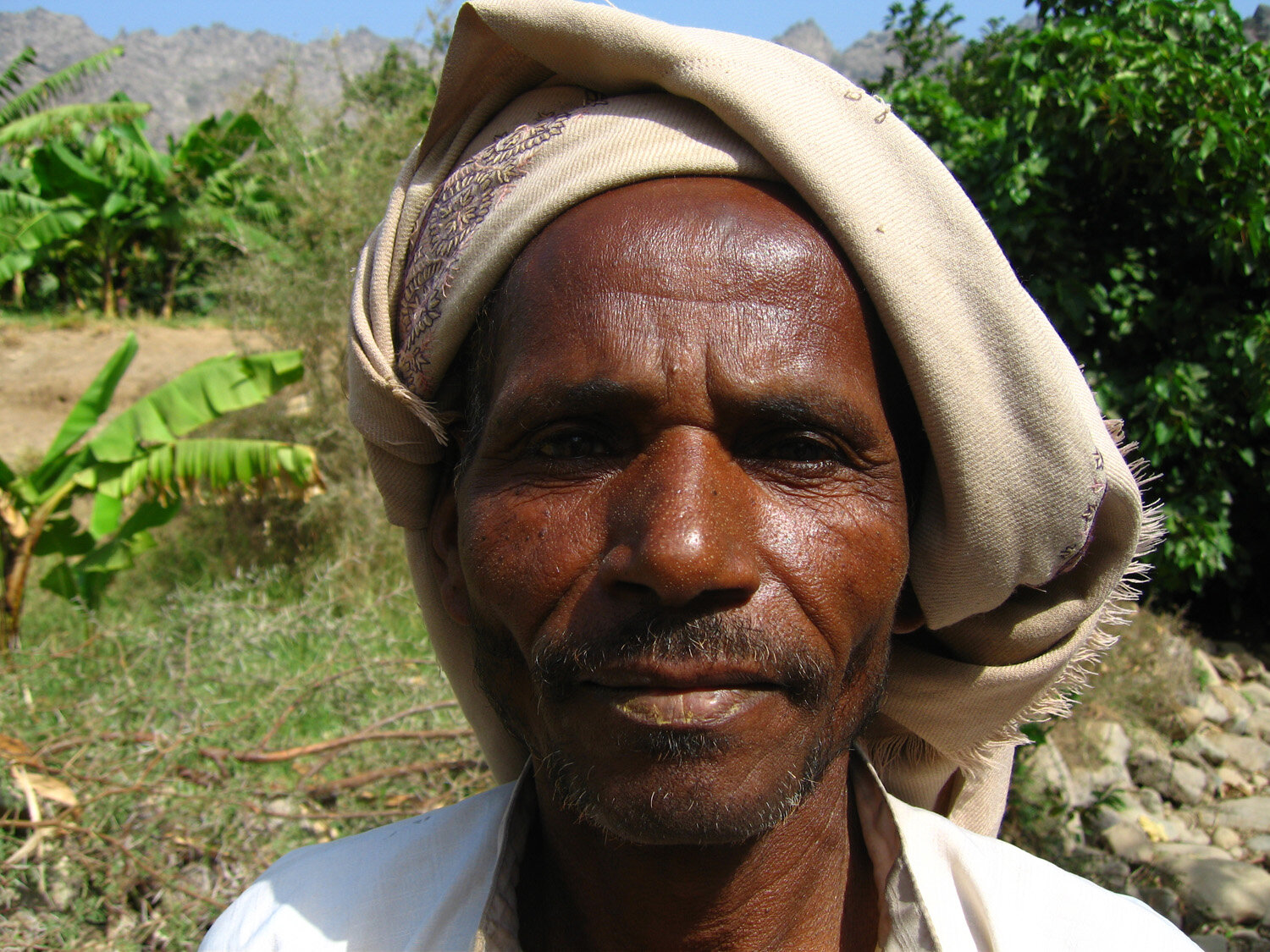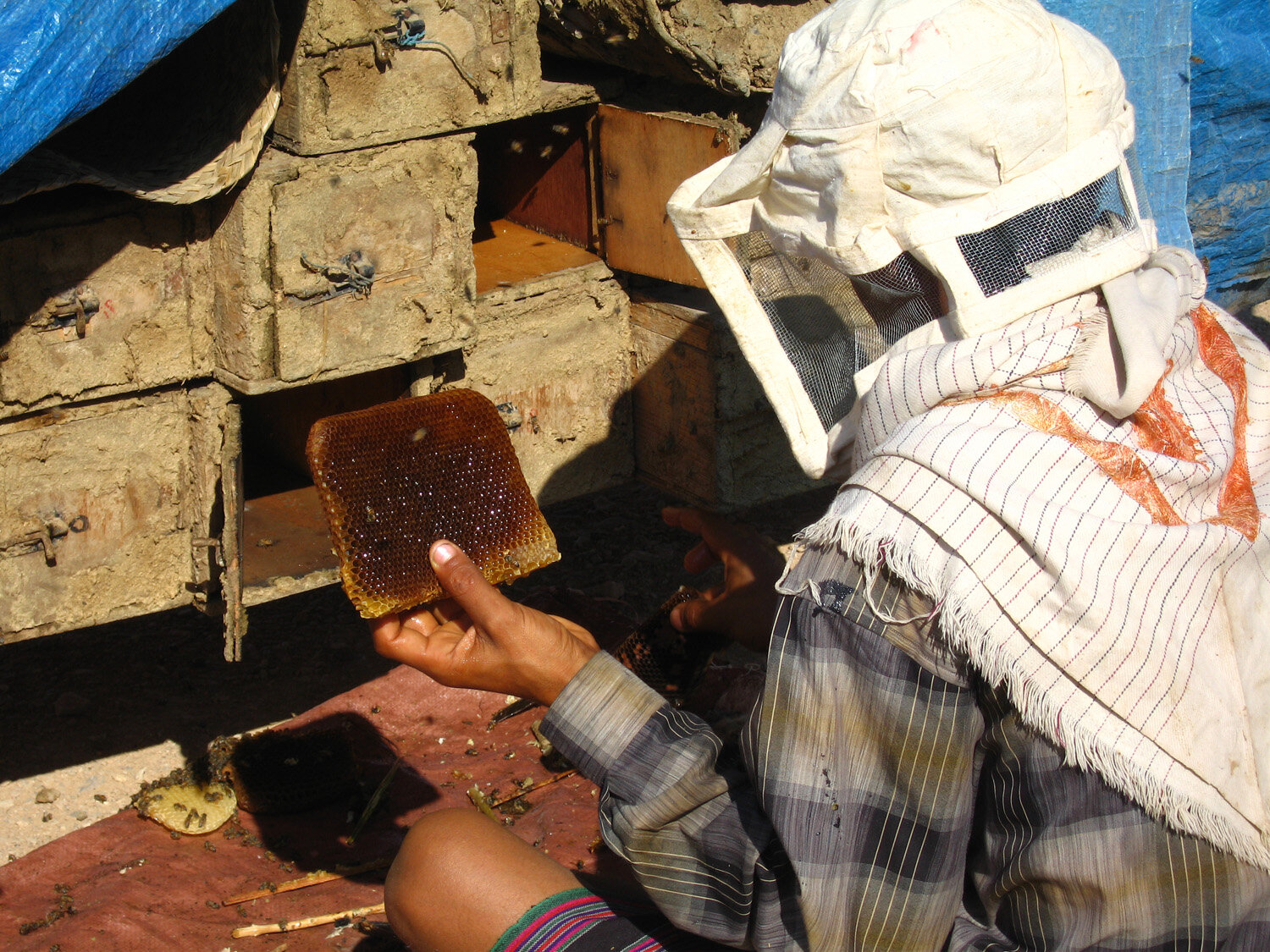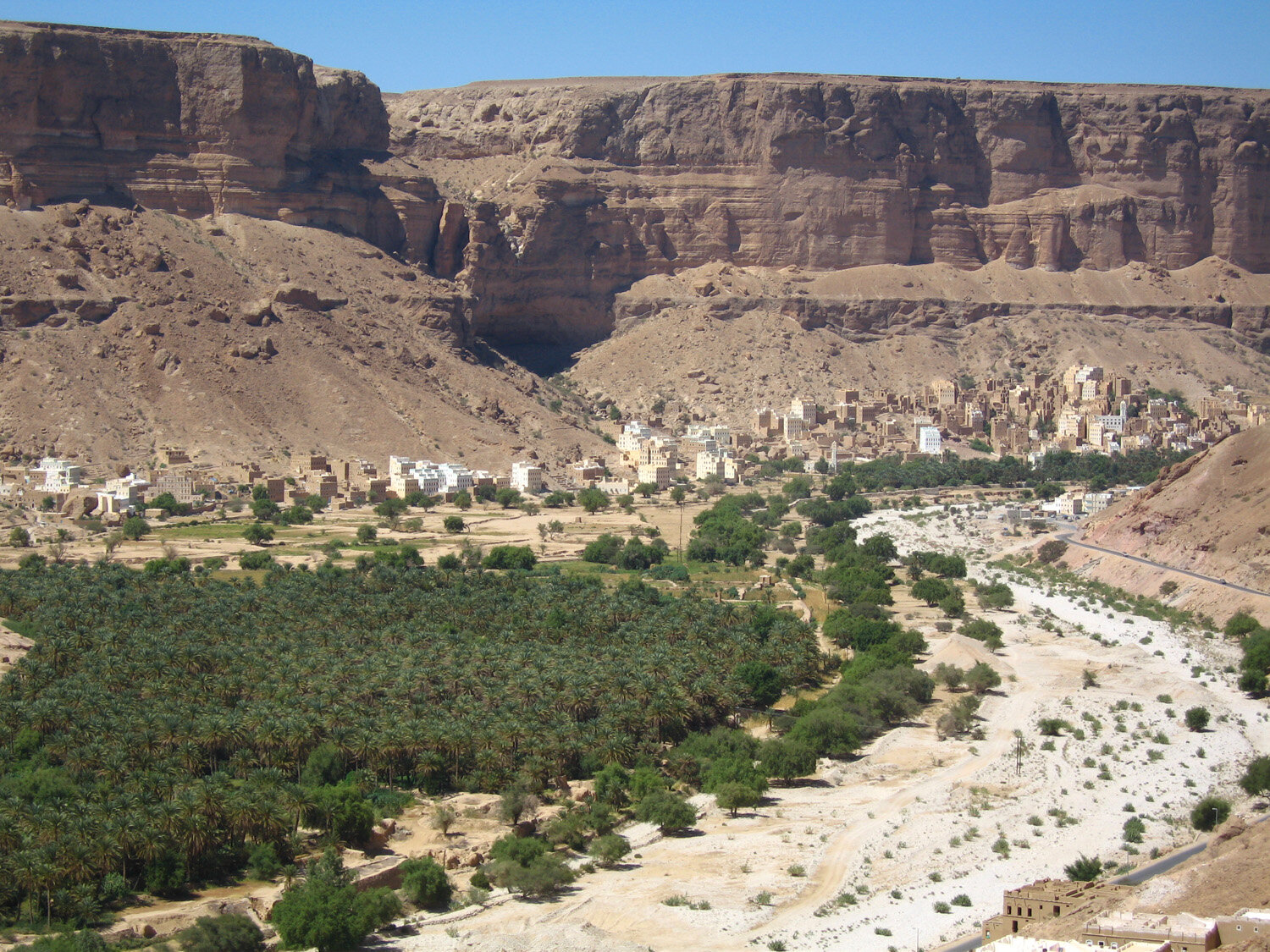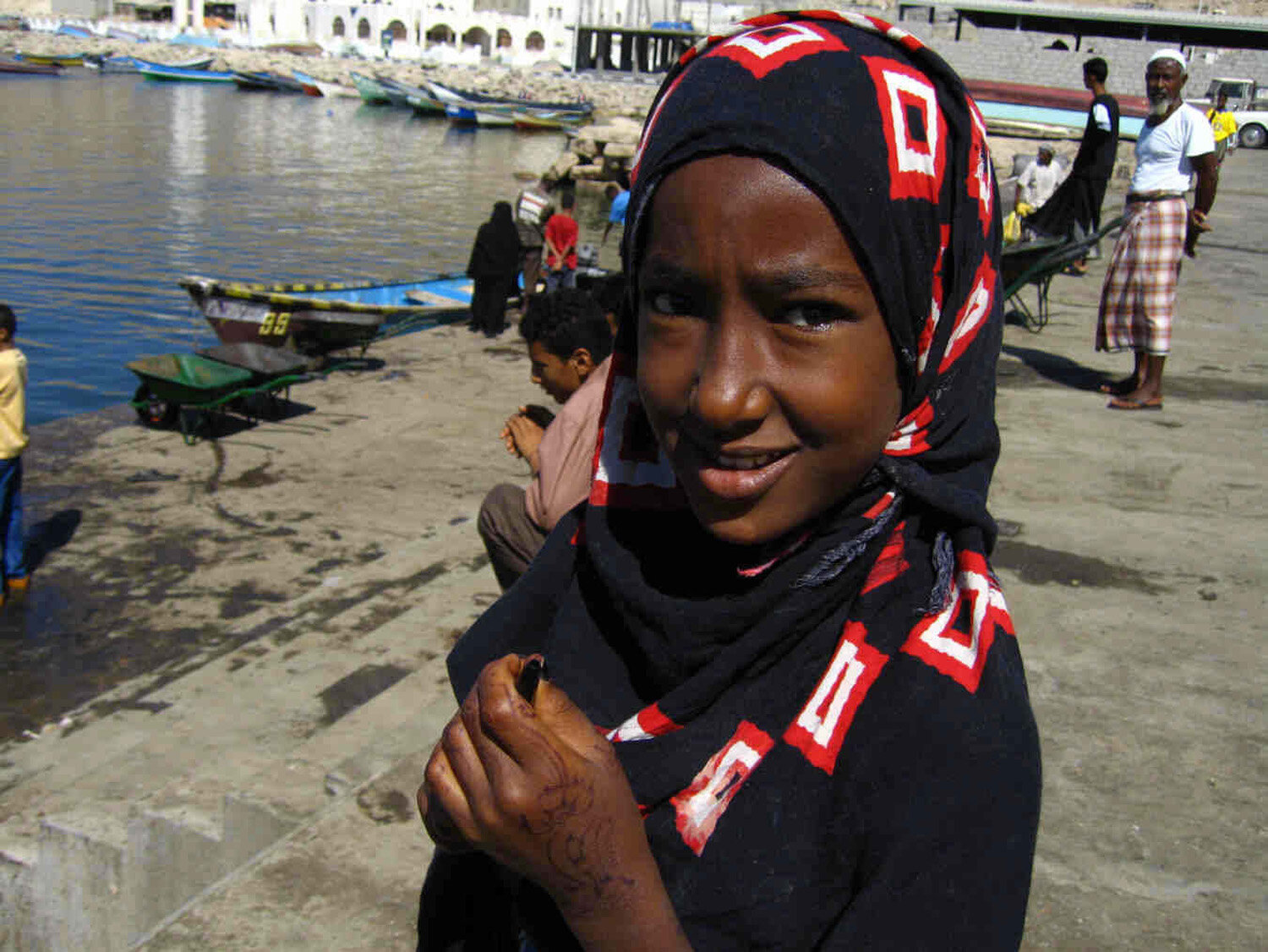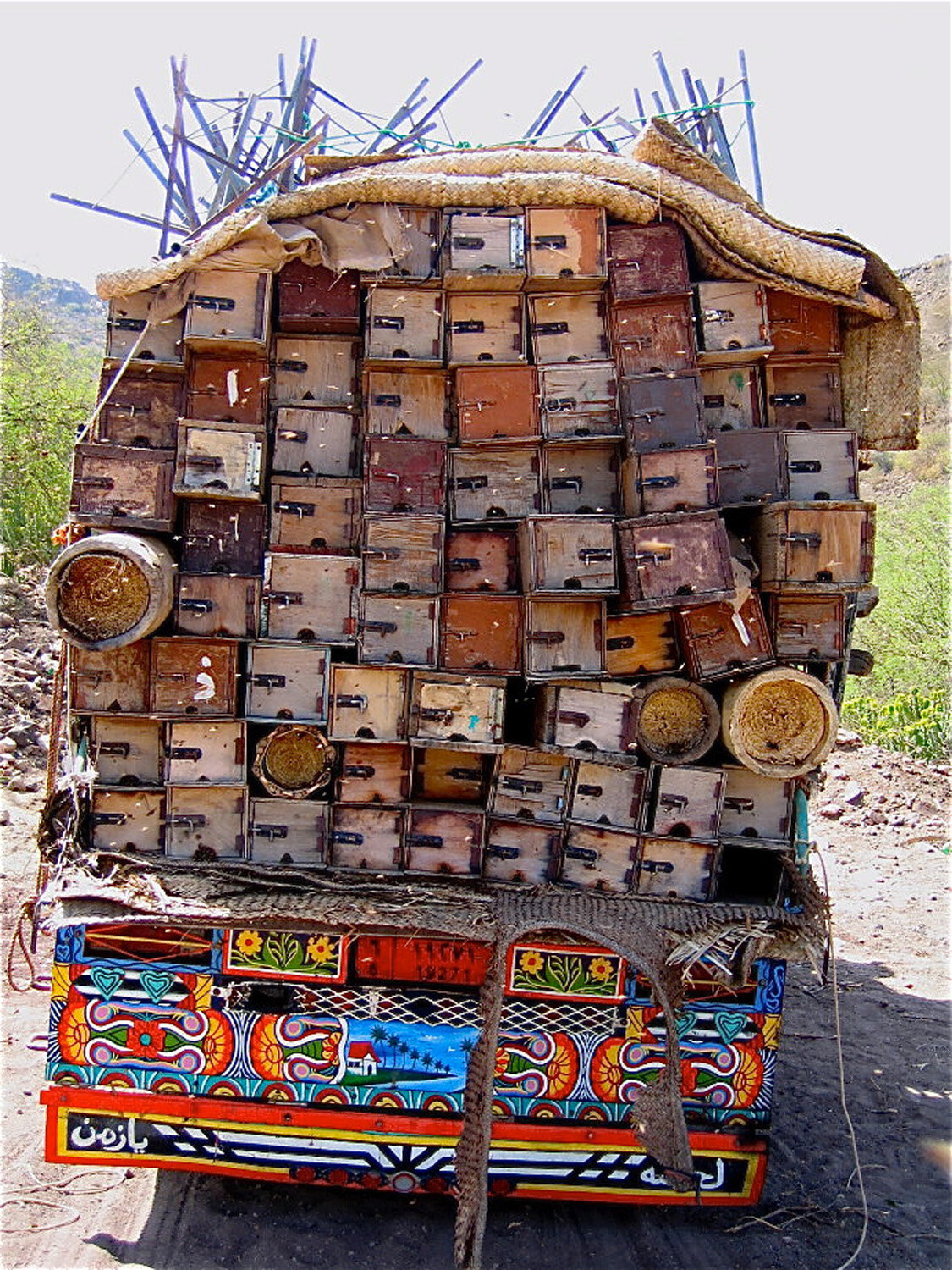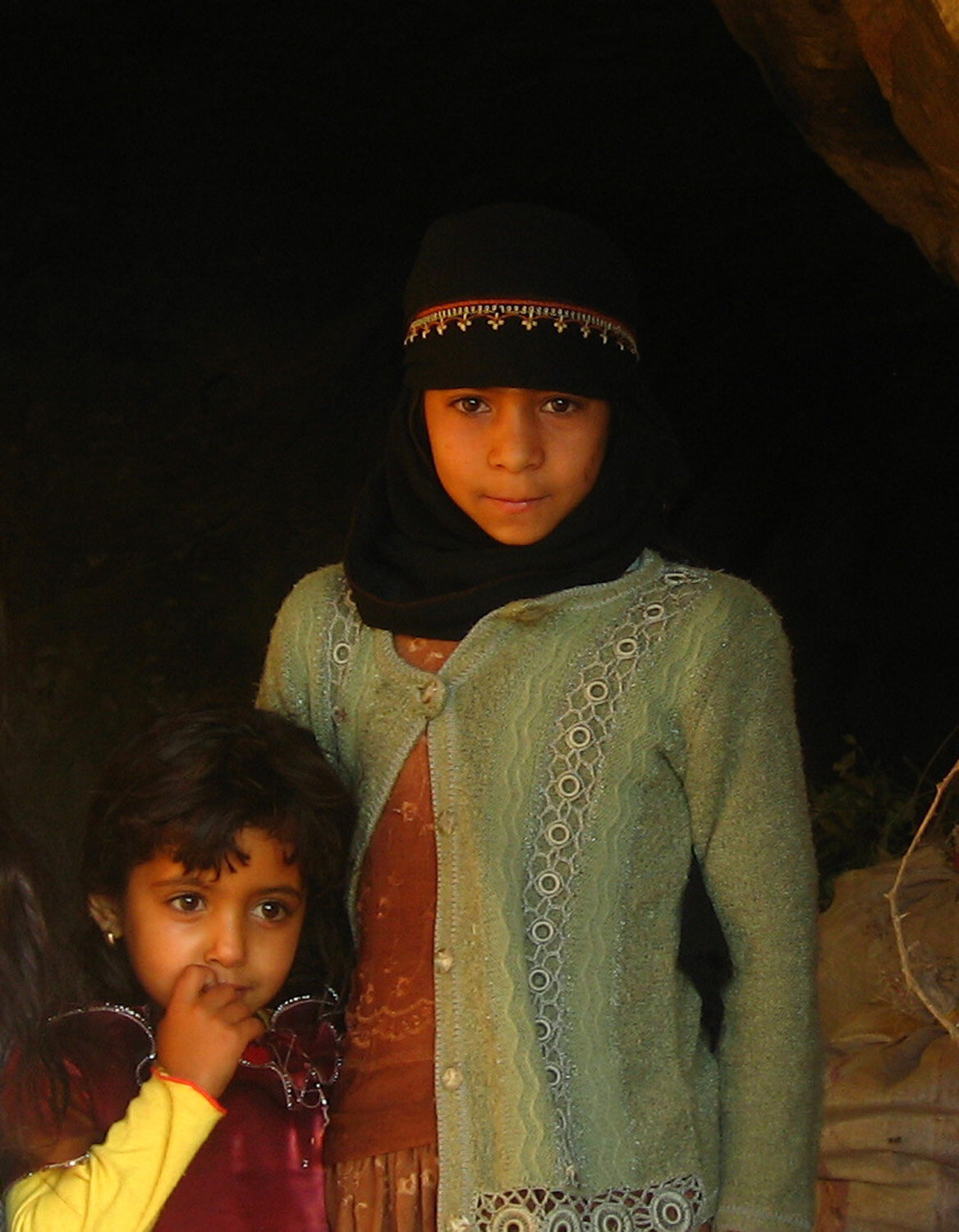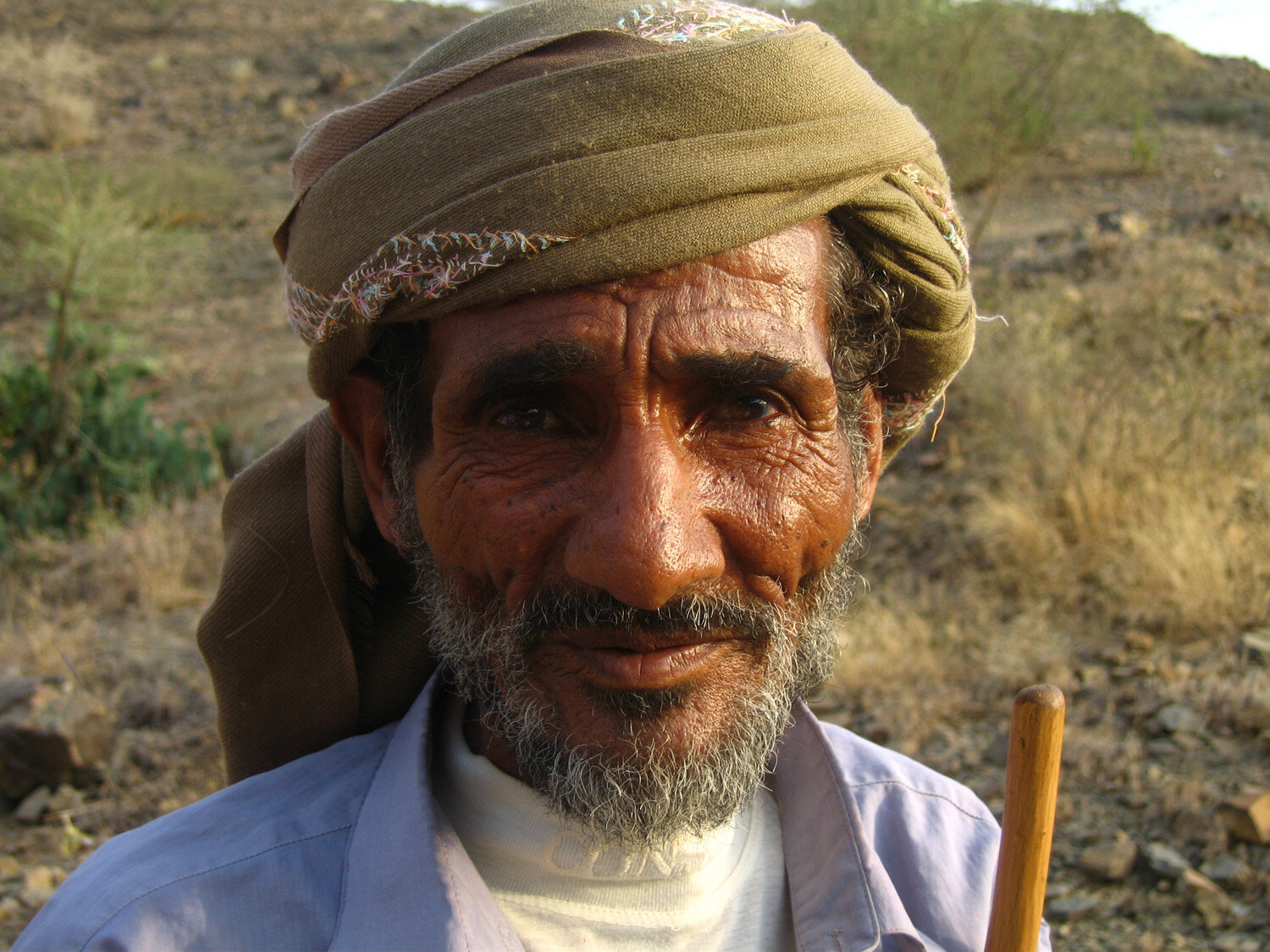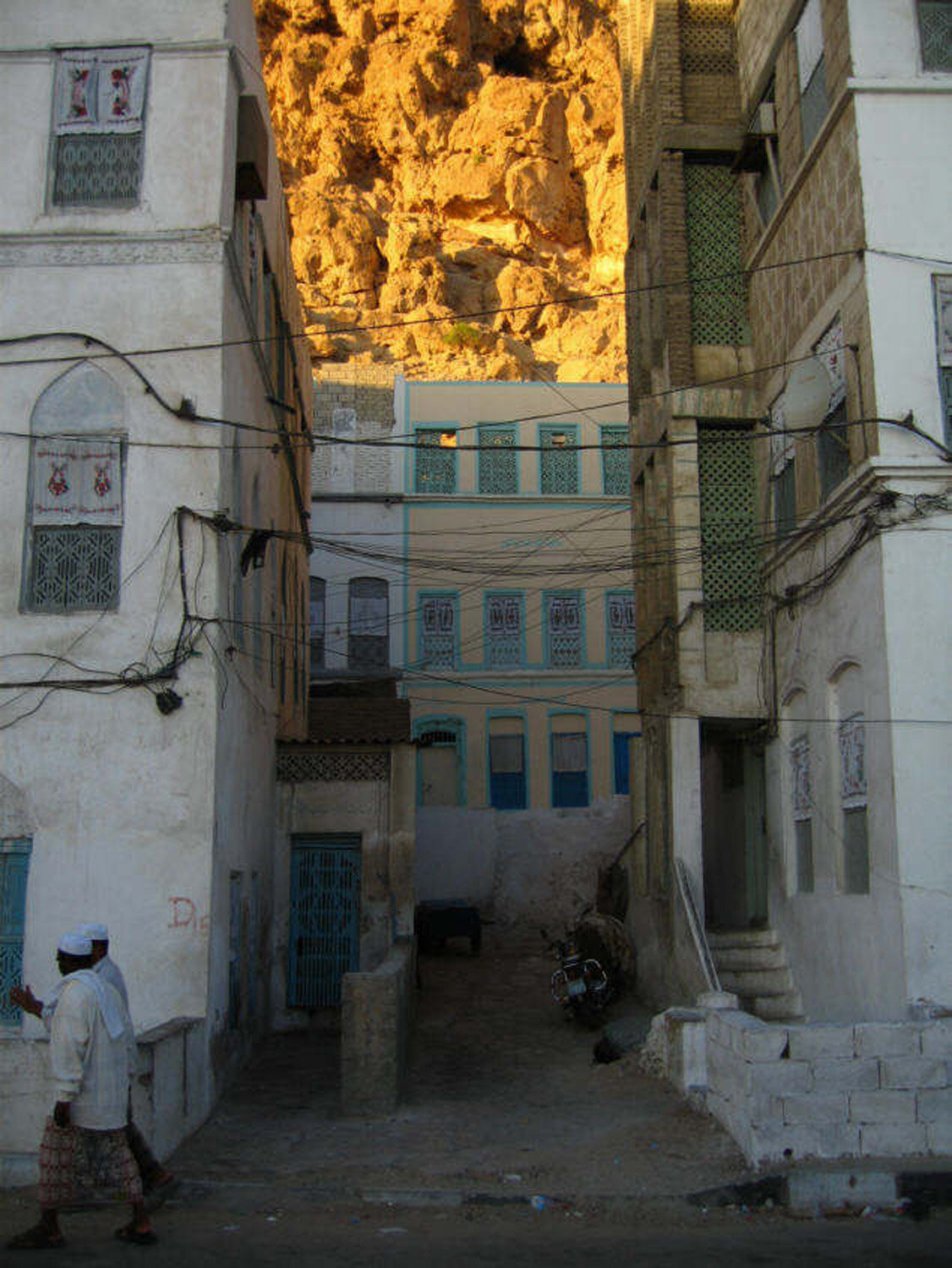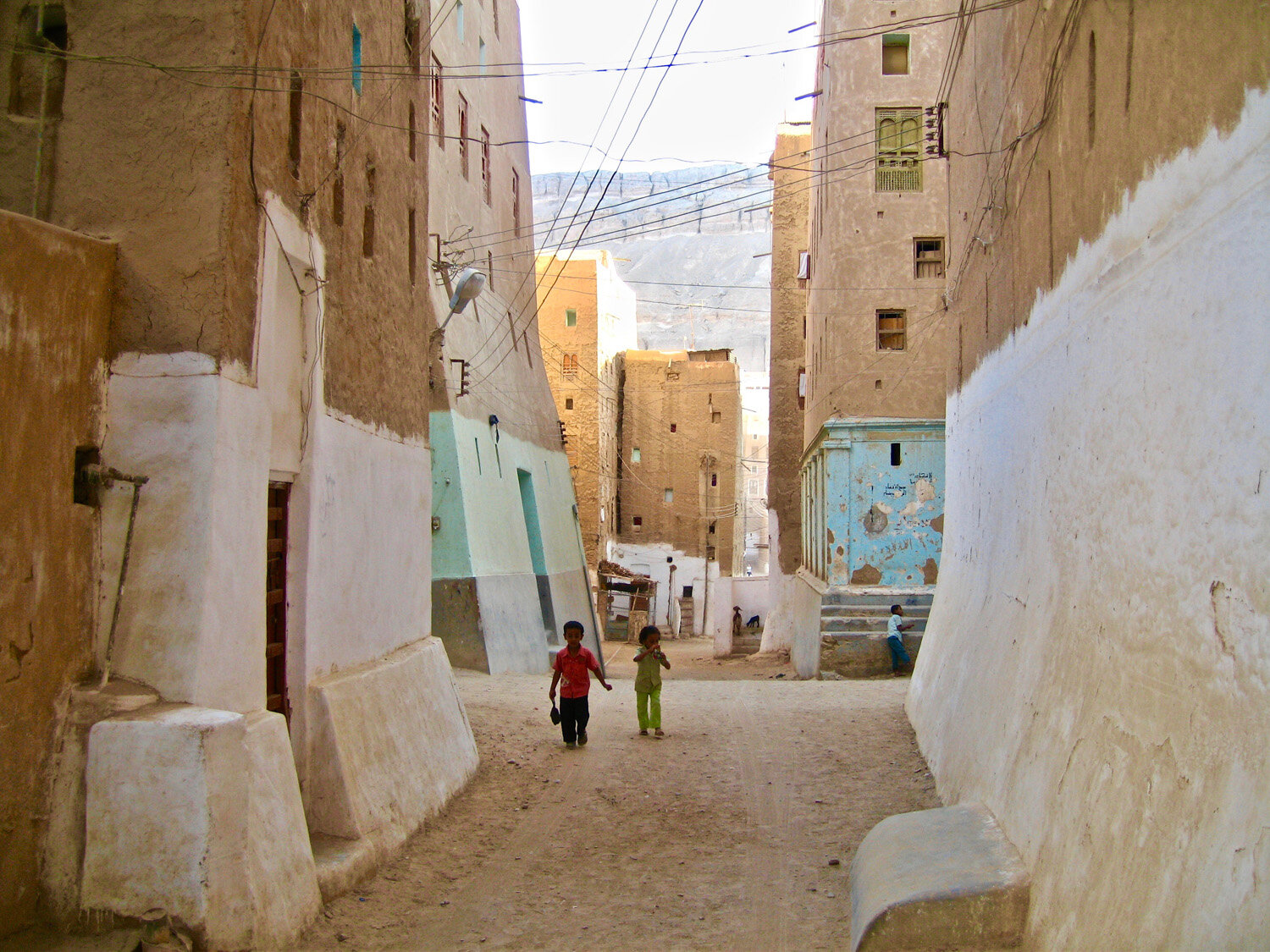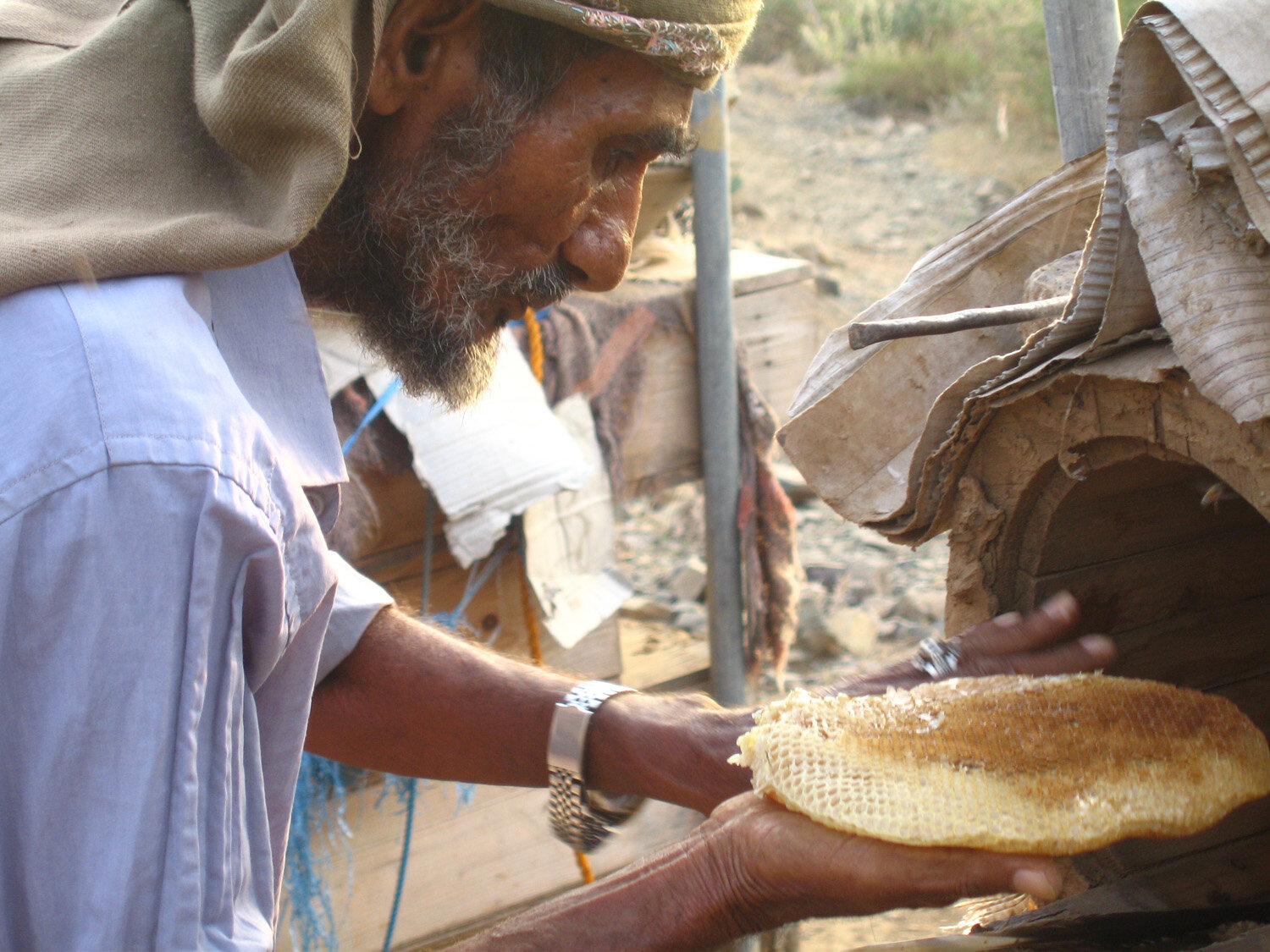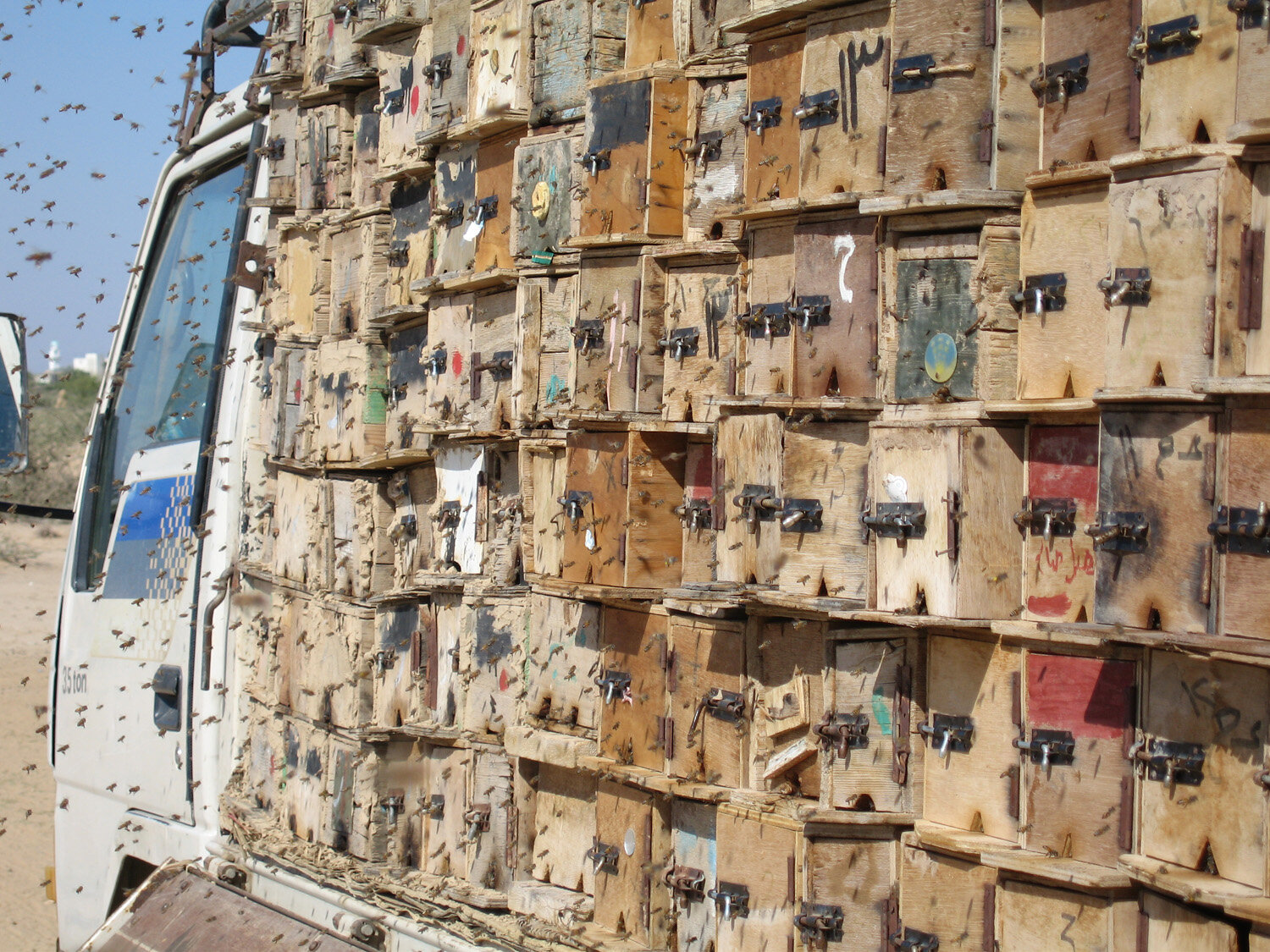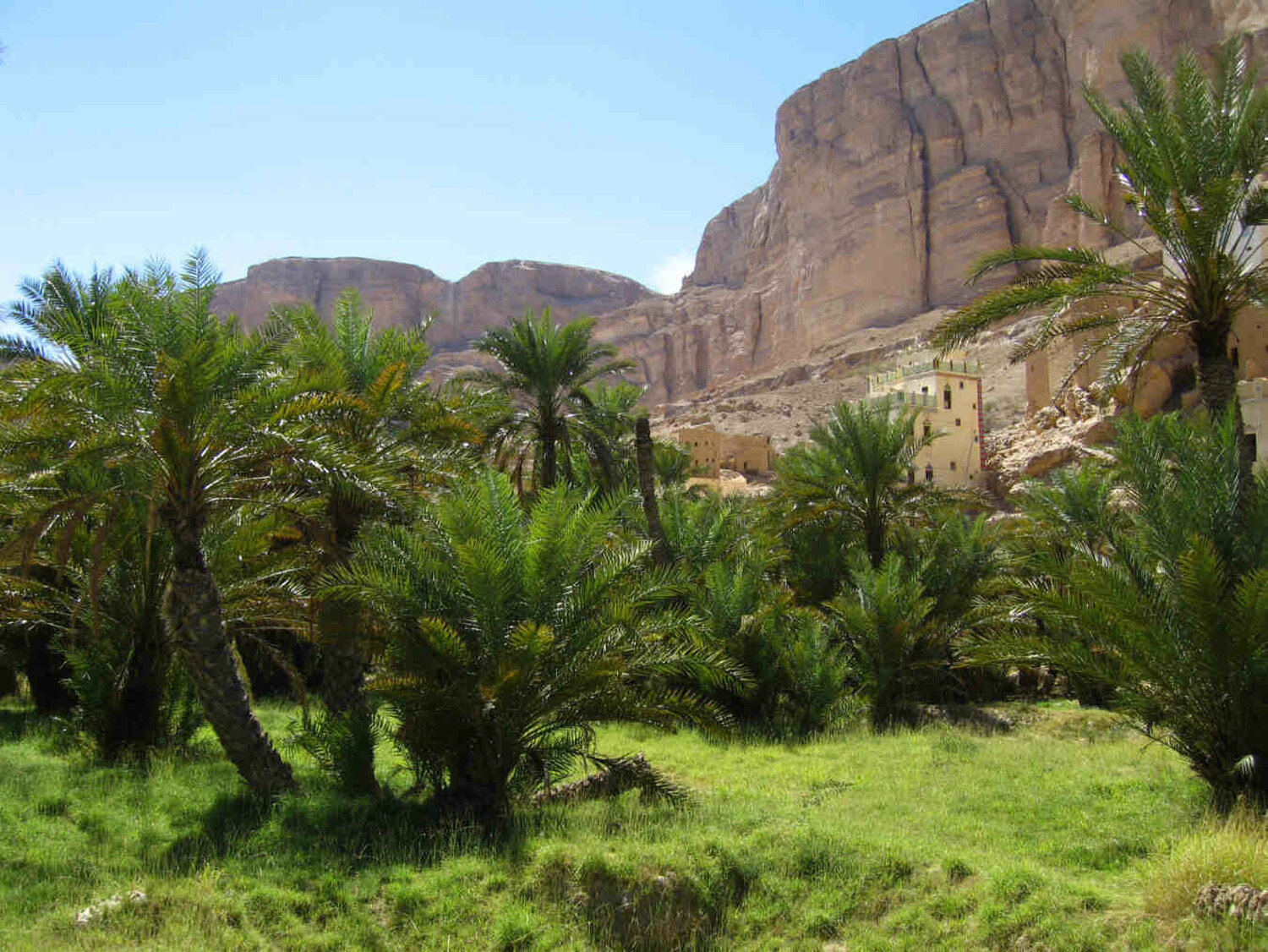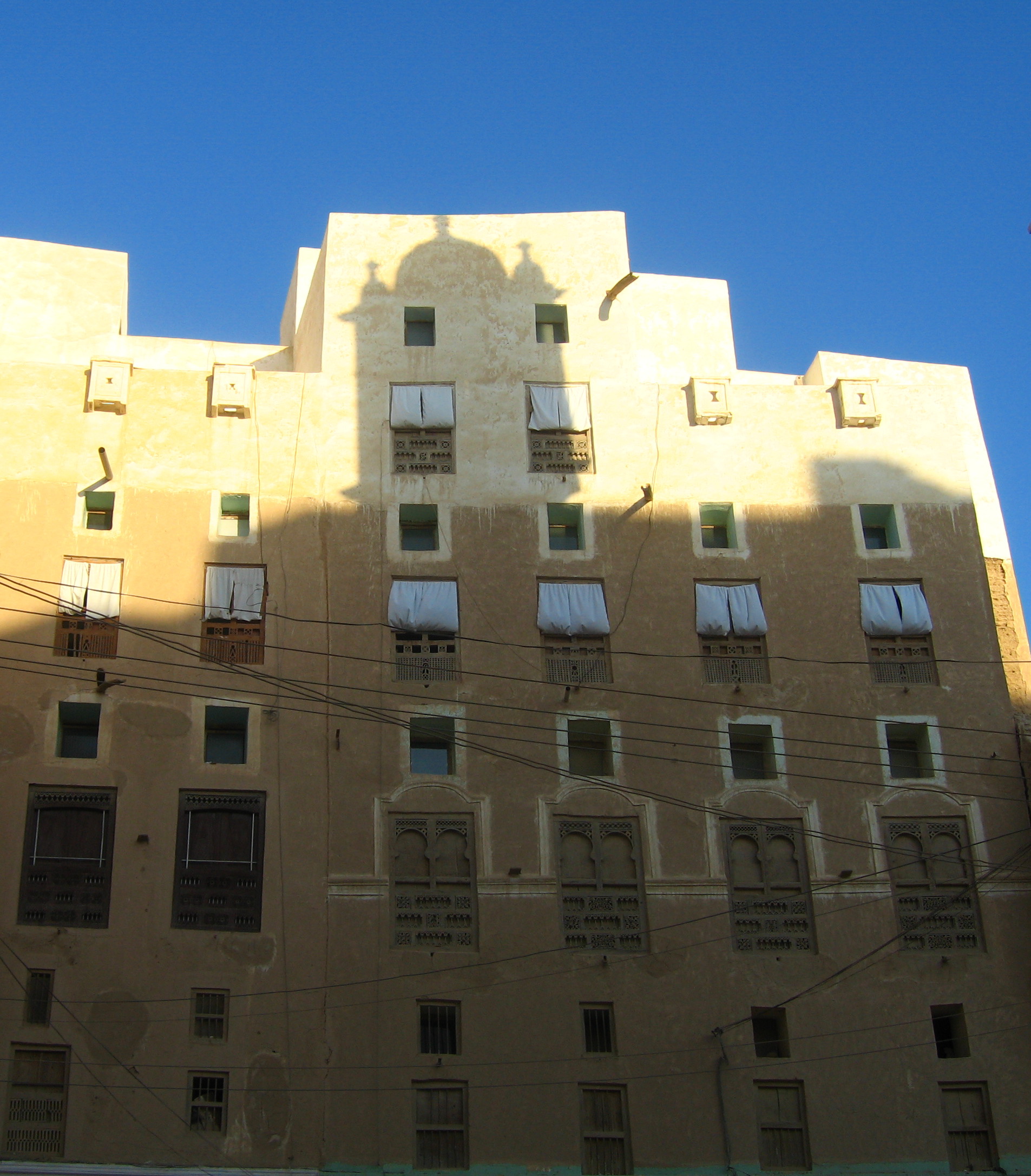

About
It’s been over ten years since The Honey Trail was first published as The Honey Spinner by Pier Nine in Australia. In 2010, St Martin’s Press in New York published the book, which gave it a much wider audience, and some wonderful reviews.
So much has changed since then (for me and the state of the world) but I still travel (loads!), I still sniff out fabulous honey wherever I go and bees are still very much a part of my life.
Thank you to everyone who has reached out to let me know how much you enjoyed reading the book. It really means a lot to hear from you.
If you’d like to go on a bit of a pictorial honey journey, scroll down to check out the gallery.




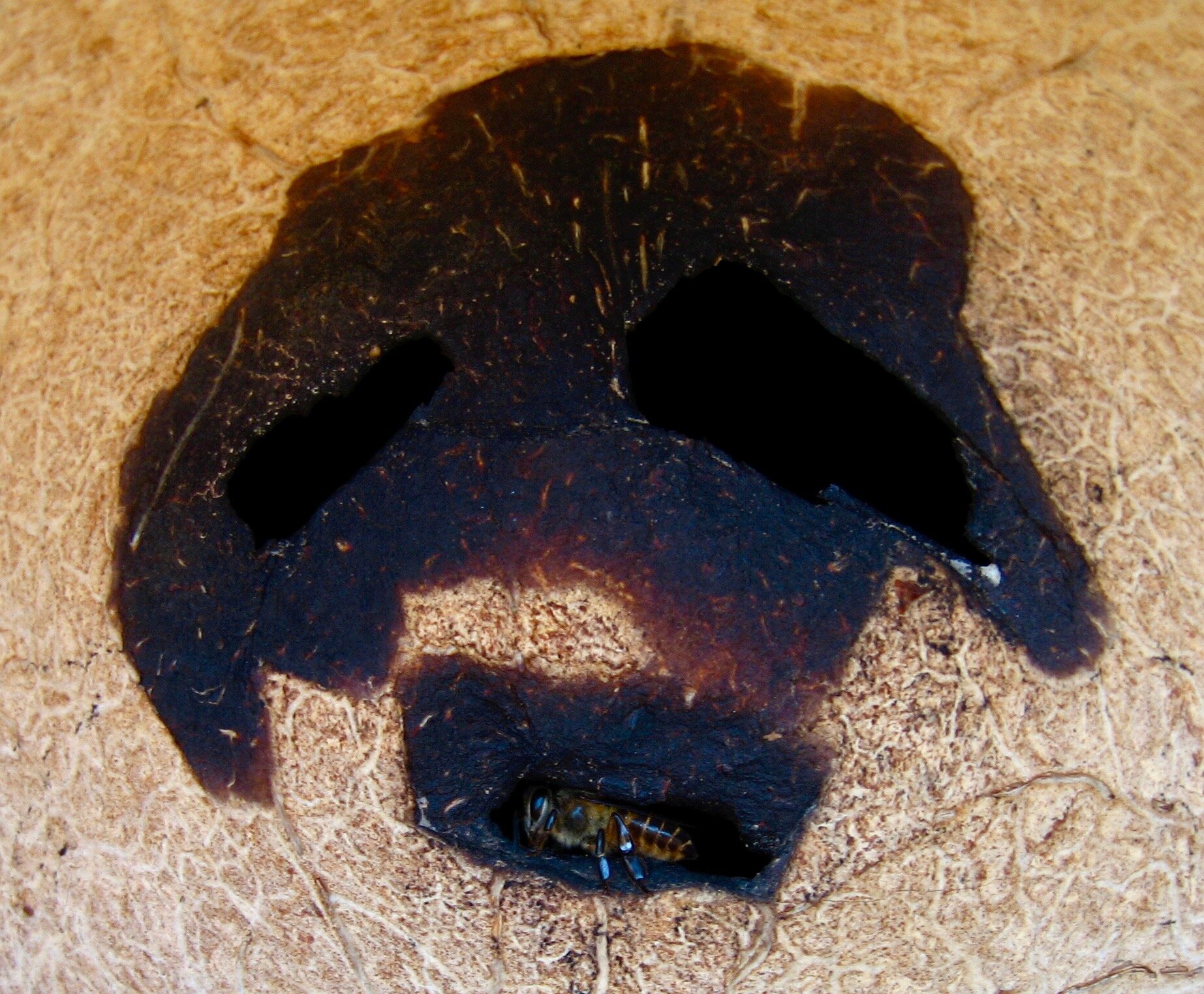
The book
Travel with me across Yemeni deserts and Borneo jungles, through the Mississippi Delta and Tasmania's rainforests, over frozen Siberian snowscapes and ancient Turkish villages on this global adventure in search of bees and honey. While overall it’s a travel narrative (and I’m very much in this adventure!) each chapter explores a different aspect of how bees, and honey, so universal in their presence and our relationship with them, are being impacted by globalisation and all that is the result of us, the human-in-the-world.
Australia – Big red country, big red tape
“When Australian Customs uncovered a Chinese honey smuggling scam in 2002, it was something of a coming of age for a country with a reputation for being clean, green, remote, and unreachable. One hundred and twenty shipping containers of bulk honey had been shipped to a Sydney address from China, via Singapore, and then reshipped to the United States as a product of Australia. The exercise was an attempt to avoid the heavy antidumping duties the United States has imposed on Chinese honey, and it is believed that the operation was worth millions. Two Sydney men were charged with breaching Customs and trade description laws, but their greed and deception was the least of it; the honey was alleged to have tested positive for chloramphenicol.”
Borneo – Of hives, fish and souls
“There may be forty honey collectors in Naga Leboyen but every member of this village— man, woman, child, infirm, unborn, still not thought of, once was but now is no longer of this earth— fishes. It’s an inescapable fact. Fishing is their livelihood, their source of food, their way of socialising. It’s their topic of conversation over the dinner table each night. It’s their cup of sugar to go visiting. A big dried fish in your school lunchbox will guarantee you friends for the day. And if you catch the big one, you get your name in song. Fishing is Naga Leboyen’s raison d’être. And although I may have just caught the tail end of a particularly small Small Honey Season, I happen to have arrived at the beginning of one of the best Big Fishing Seasons the park has seen in years.”
China – The honey dominators
“The little bee quivers in delight snuggled deep inside a freshly opened pink rose. From one flower to another she carries out the same ritual, landing delicately on each flower’s stamen, her body and wings trembling as she fills up on nectar and pollen in an unabashedly sluttish display of ecstasy. She has the whole rose bush to herself and is oblivious to the efforts of the sun, trying its hardest to stream through the smog of a Beijing sky. Even out here, in Xiangshan, Beijing’s Fragrant Hills, once home to monks, emperors, and a certain chairman and today a sprawling mountainous park for the people, the pollution is overwhelming.”
Italy – Tasting the honeyed divine
“The jar of melata biologica sits smug and satisfied on the bedside table. Just as it has been sitting ever since I placed it there last night. So far its attempts to get me to open it and guzzle huge quantities of its contents with the overflow dribbling down my chin in some sticky ravenous unladylike display have not worked. But it’s been tough. Only extreme discipline and a few strict parameters have helped me resist.”
Russia – The honey tricycle
“As I peer between the thick palings of the tall wooden fence it never occurs to me that I am looking at the very grounds where Mikhail Romanov, Peter the Great’s grandfather, and the first tsar of Russia, once kept his bees in the 1600s, or that the snow-covered mounds I can see dotted around the house are following a long tradition of beekeeping in Russia. Nor do I realise that the park I have been walking through since the morning had been the hunting domain of Russian royalty for over four hundred years. All I know is that I am hopelessly lost. The snow hasn’t stopped, it is almost dark, and the gatekeeper watching over the house’s locked gates seems to be very, very angry. “Nyet!” he yells through the window of his dimly lit cubicle before racing outside to shoo me away.”
Turkey – The sweet road to accession
“Where do you want to go in Turkey?” Fahriye Hamulu and I are poring over my map of Turkey as we soak up the gentle spring sun on the rooftop of the Hotel Alp. It is a rooftop with a view, of course, just like the million and one other rooftops that mingle about us in Sultanahmet, the old city of Istanbul. Over yonder the Bosphorus sparkles like some promised gateway, while harbour traffic— the heavily laden freighters and dwarf-like fishing craft, the tourist ferries and police patrol boats— weaves in and out of its blinding luminescence. Where do I want to go in this huge and ancient land? Everywhere! The map was a good idea; I can now get my bearings. But as Fahriye points out new locations and I look for those I already had in mind, I realise I have a problem.”
United States – Honey, where you been so long?
“But as I wander forlornly up and down the aisles of the Save- a-Lot supermarket I begin to despair. Endless rows of Dr Peppers and CocaCola; frozen hash browns and fried chicken; supersized packets of chips, cookies, grits, and flour pull rank over the limp selection of fruit and vegetables. In the breakfast pastries section I find some Little Debbie’s Honey Buns. On every packet, Little Debbie smiles her cutesy, down-home smile while inside the buns slump around in a way that only a sugar-glazed, fat-soaked sticky bun can. They are a far cry from the pert, tight buns you would expect someone like Little Debbie to have. And they are made with dried honey. What ever that is.”
Yemen – Hives, kalashnikovs, and the Koran
“Mohamed sees the men before I do. Resting in the shade of an overhanging rock, they are obscured from the road by a nest of sidr trees and rows of stacked boxlike hives placed expectantly nearby. “I think these men are angry we are here,” he murmurs as we drive up to their hideout. And yes, the shouting and grumbles that come forth from the large rock, for I still cannot see them, indicate that they aren’t too pleased about the disturbance. But when we come into full view and Mohamed jumps out of the car, working his charm in the way only Mohamed can, the men are soon all smiles. “Salaam alaikum,” he starts. “Kaif halak?” How are you? “Eid Mubarak!” The blessings of Eid upon you! “How is your family?” “How are your sons?” “We wish you Allah’s blessings.” And so on, as the customary greetings go in Arabia.”
© All text and images copyright Grace Pundyk 2019


